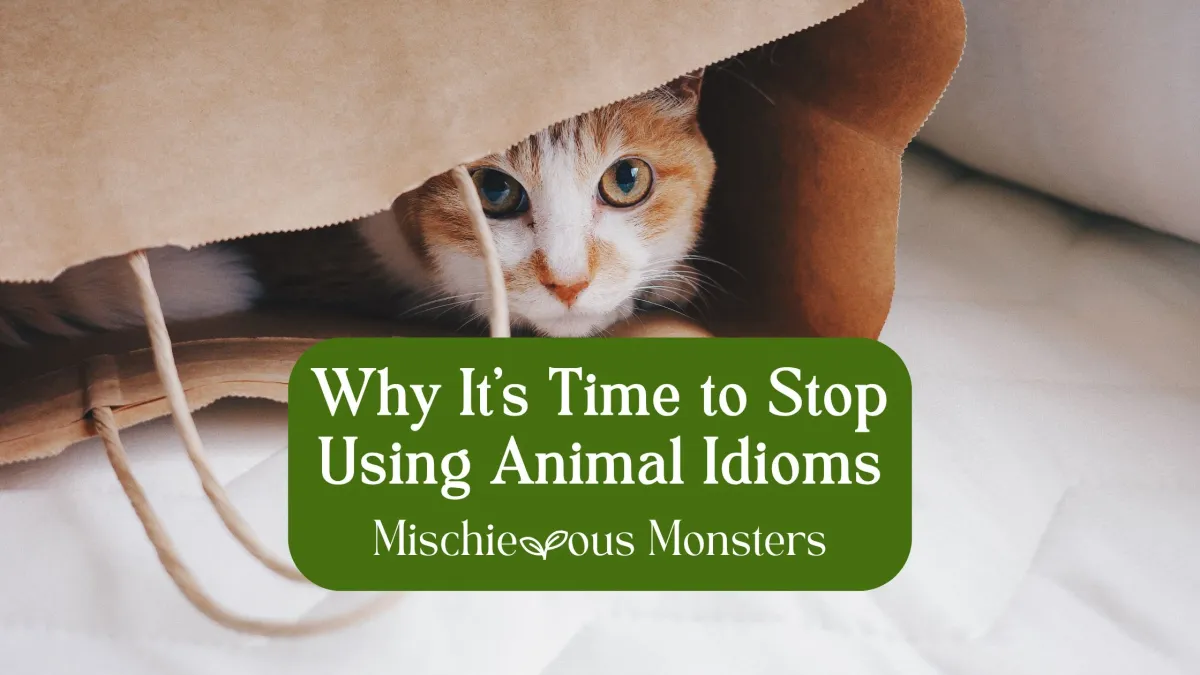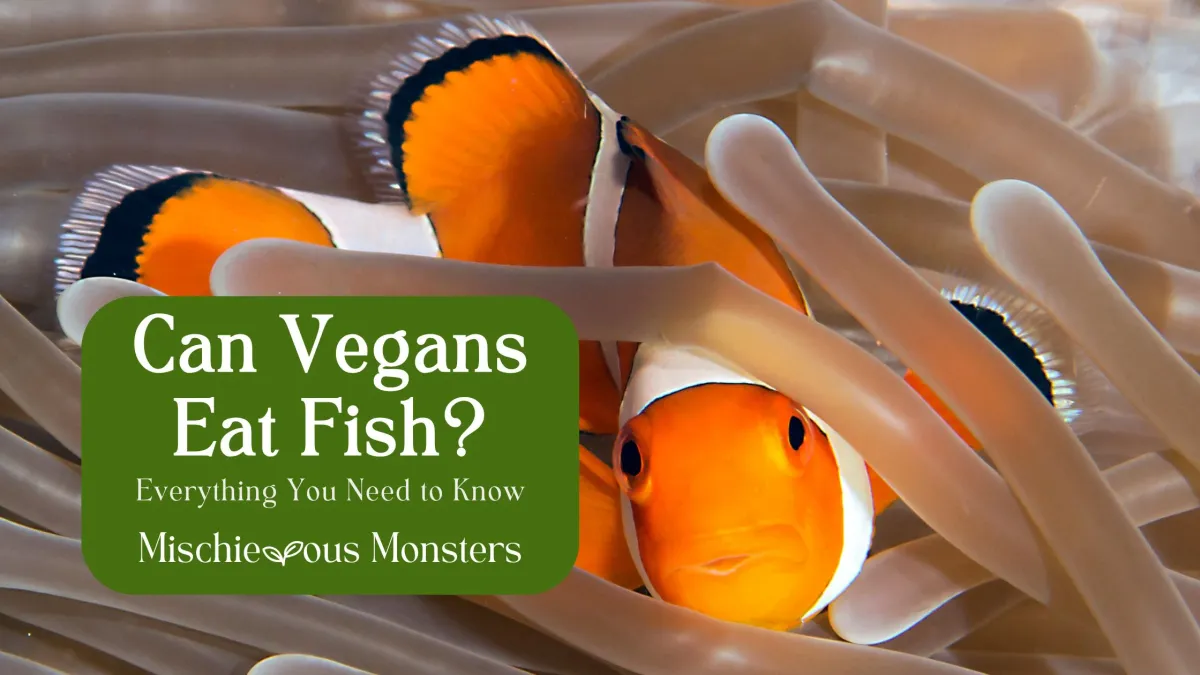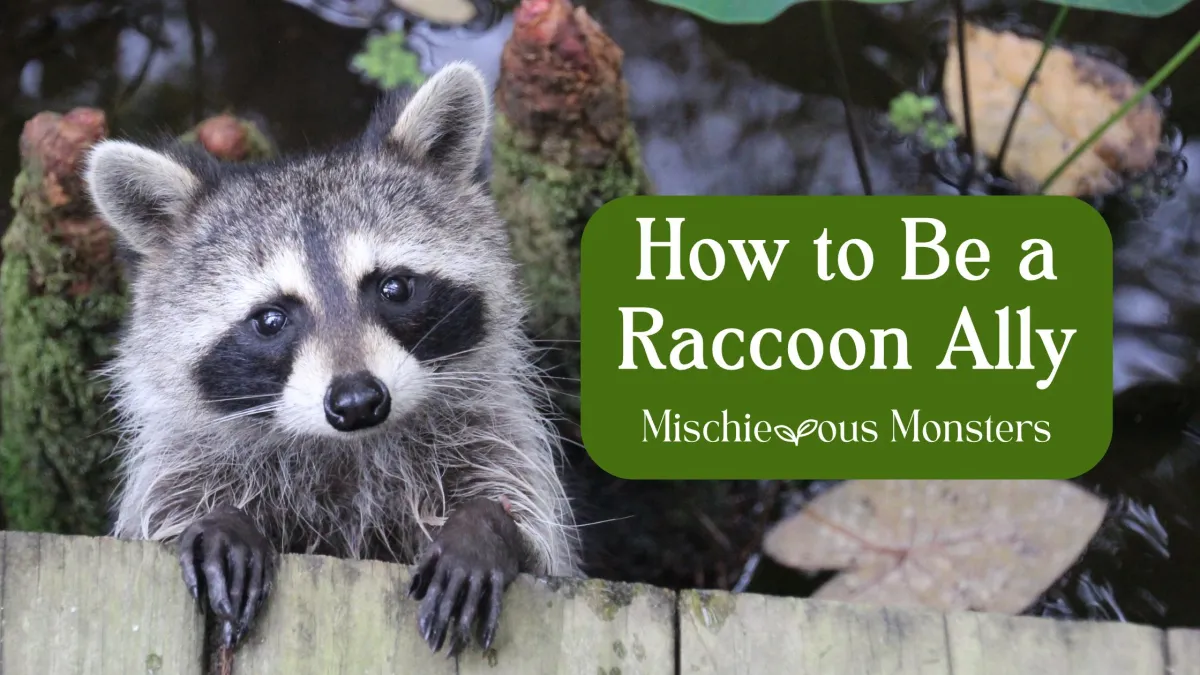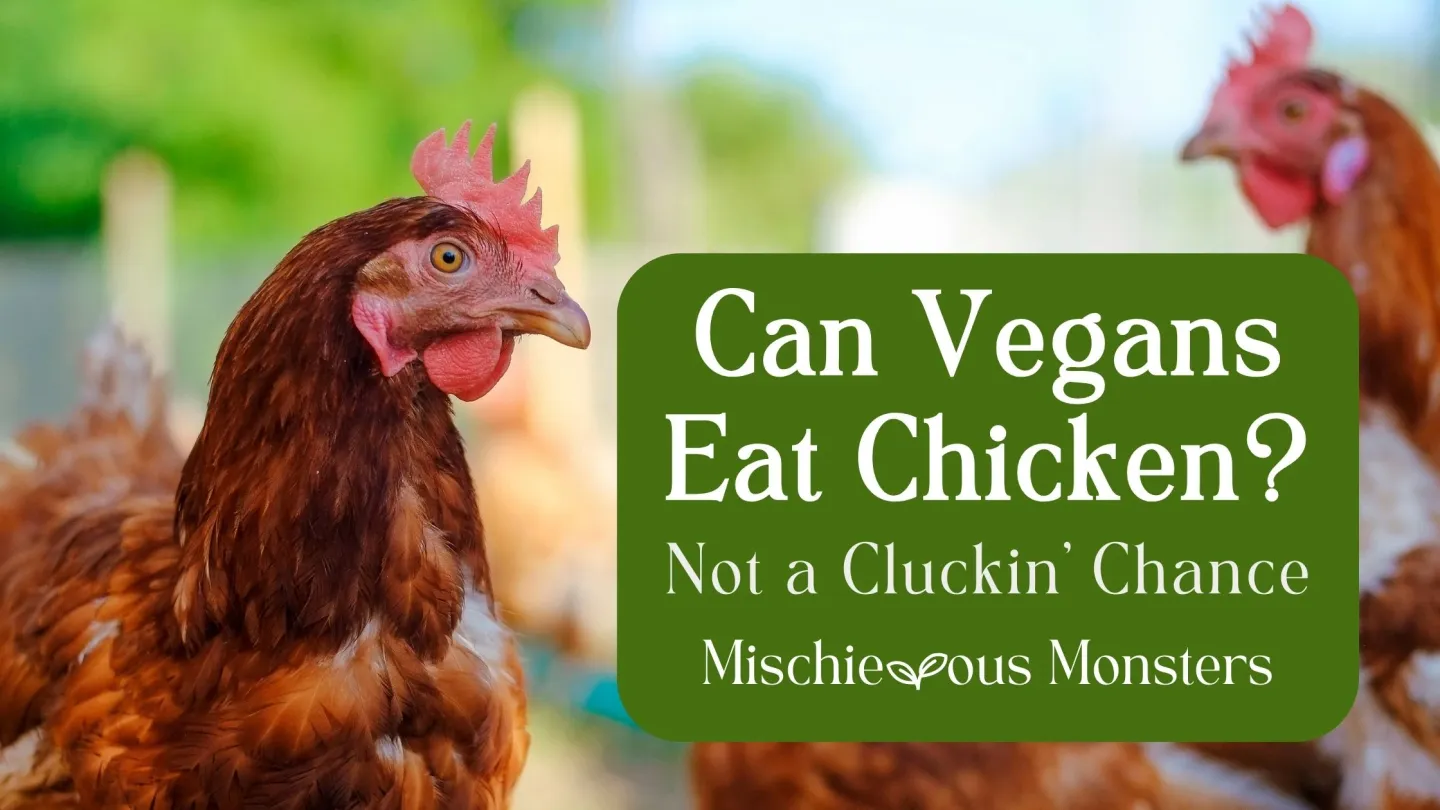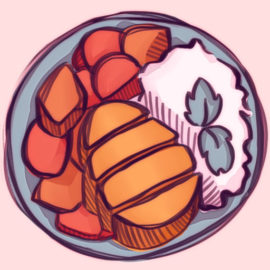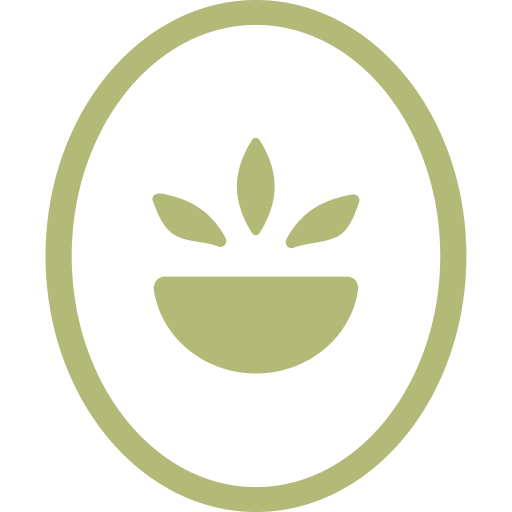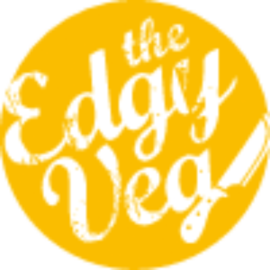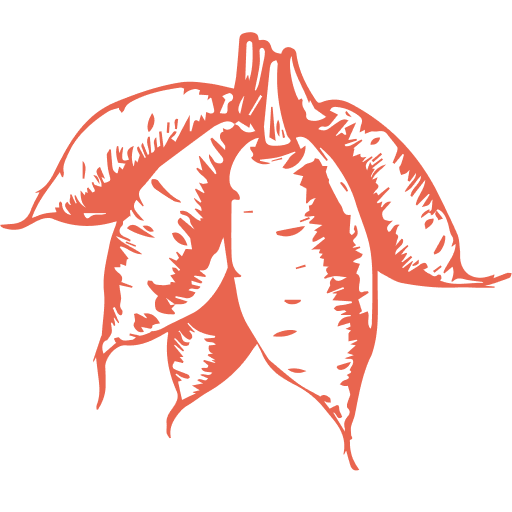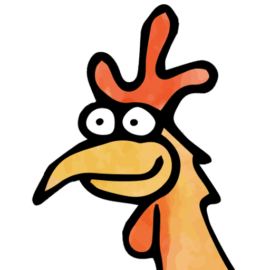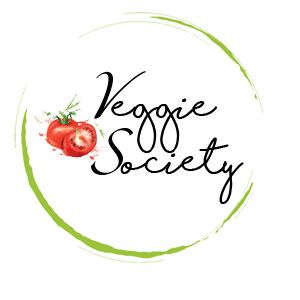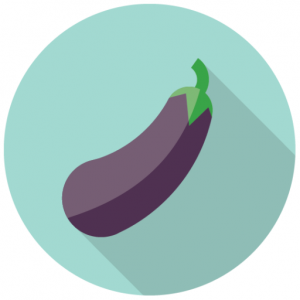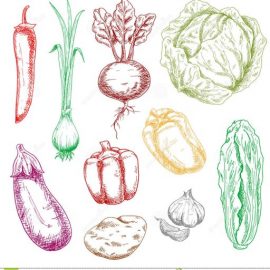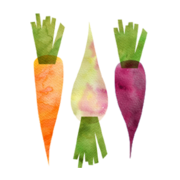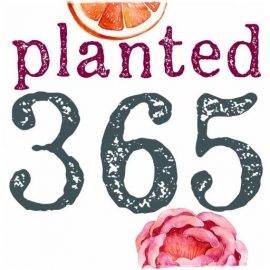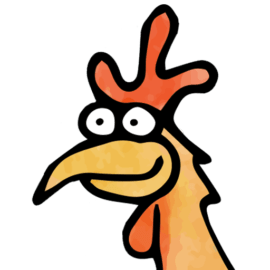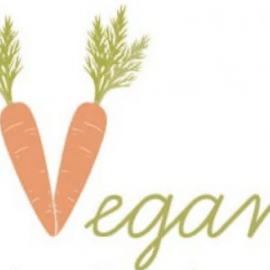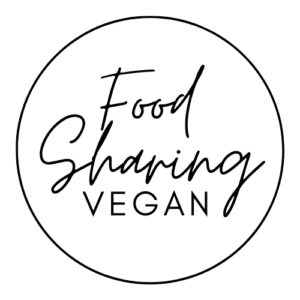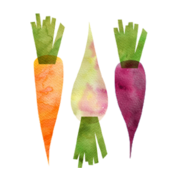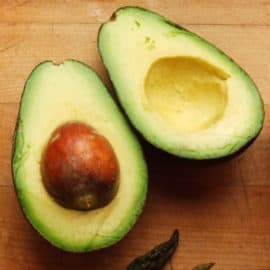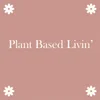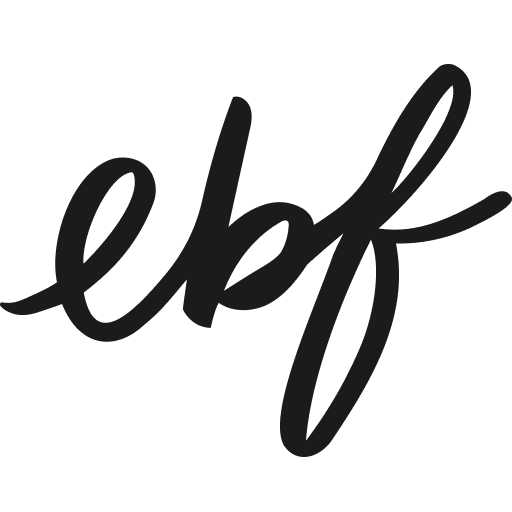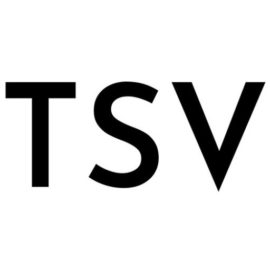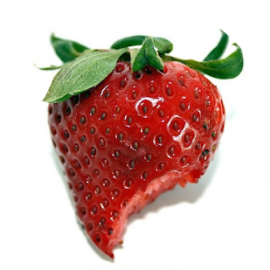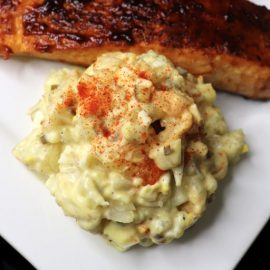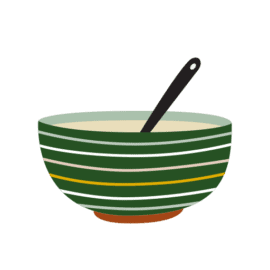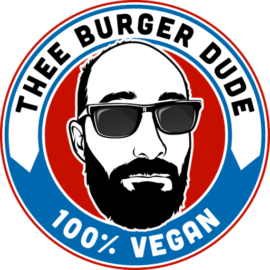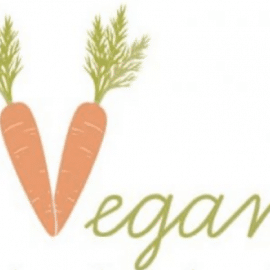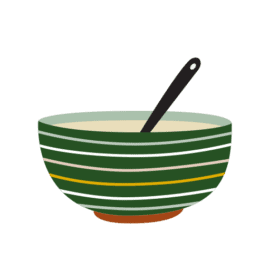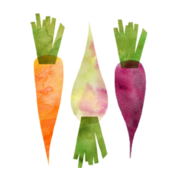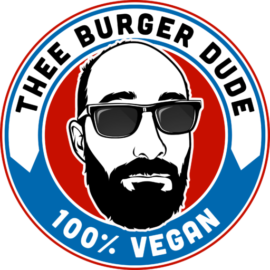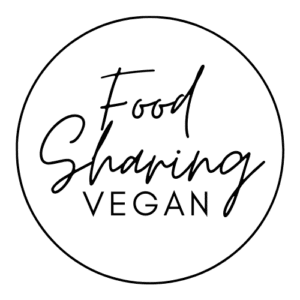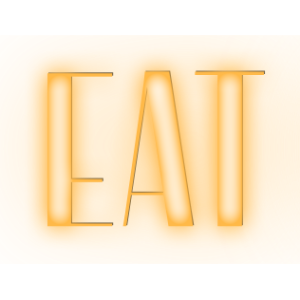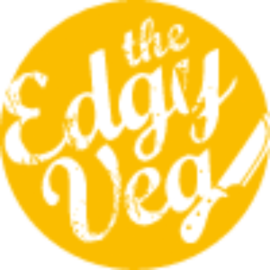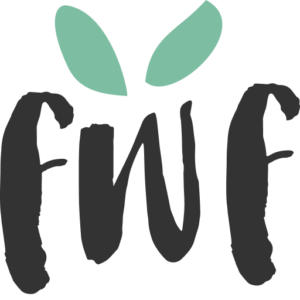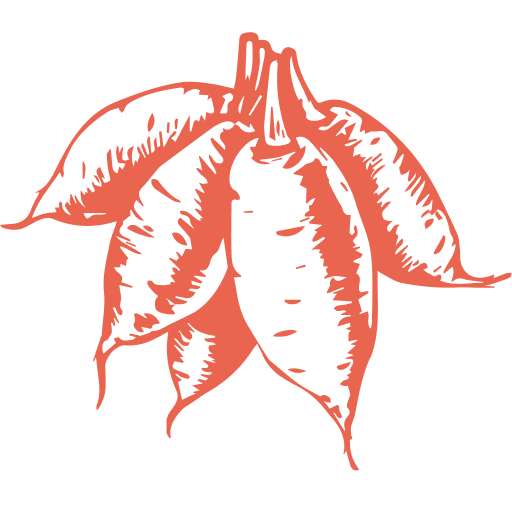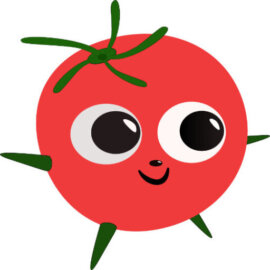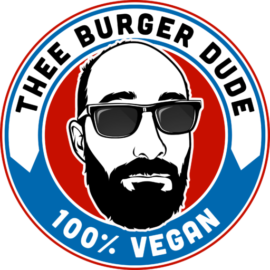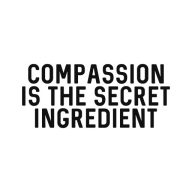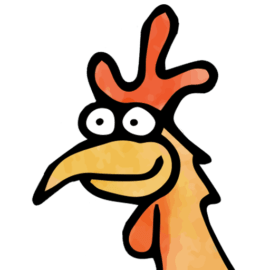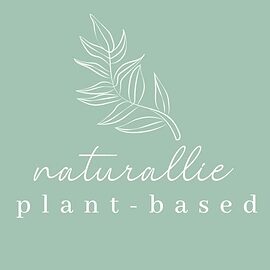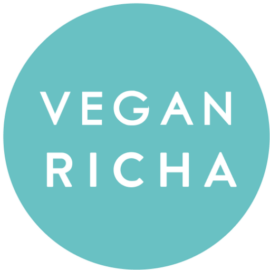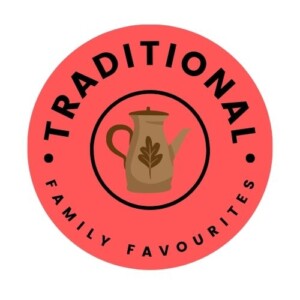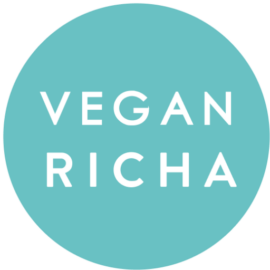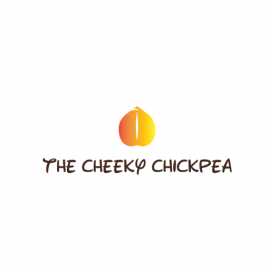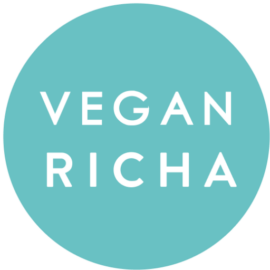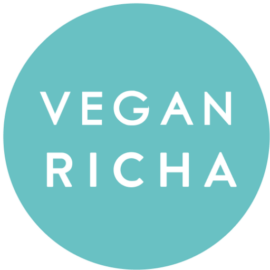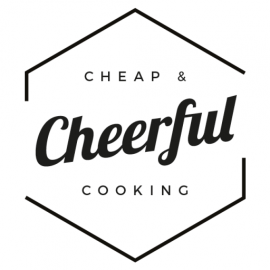
Welcome to VeganBusters
Since becoming vegan, I've encountered a lot of myths, from protein deficiencies to vegans solely consuming salad.
My goal is to explain some of these myths and show whether they are true or not with evidence, similar to MythBusters (2003-2018), except everything is related to veganism. Hopefully, I should have a vegan myth to bust at least once a month.
If you want them more often or have some suggestions for my next VeganBusters, please comment below. Enjoy!

Why Is This Vegan Eating Chicken?
My mom recently sent me this video about a vegan claiming to be vegan but still eats eggs and chicken.
My initial reaction is that this is not what most vegans think. Then, I realized people like this are one of the biggest reasons why non-vegans don't understand what veganism is.
Myth 1: Vegans Eat Eggs for Breakfast to Get Their Protein.
False: Vegans don't consume eggs because they come from chickens, and they get their protein elsewhere.
Plenty of Plant-Based Protein Sources
Think protein only comes from meat or eggs? Not quite! Beans, lentils, tofu, tempeh, seitan, quinoa, nuts, and seeds pack plenty of protein to keep you fueled and satisfied—all without animal products.
Protein Needs Are Often Overestimated
Most people think they need way more protein than they actually do. In reality, a balanced plant-based diet can easily meet (and often exceed) daily protein requirements, no eggs or steak necessary.
Complete Proteins Can Be Achieved
You don't need to stress about eating "complete" proteins at every meal. By mixing grains and legumes—like the classic rice and beans combo—you'll naturally get all the essential amino acids your body needs.
Health and Ethics Considerations
Plant proteins don't just nourish your body—they come with extra perks. Unlike animal-based protein, they're free from cholesterol and lower in saturated fat, all while sidestepping the ethical concerns tied to eggs and meat.
Myth 2: The Key Is to Buy Organic Eggs Because the Chickens Were Fed a Vegan Diet.
False: Organic or vegan-fed eggs still don't make them vegan.
Even if the hens are fed a vegan diet, eggs are still an animal product and involve exploitation. Female chickens are selectively bred to produce eggs, often face early slaughter when their laying declines, and are confined in ways that prevent natural behaviors.
Eating "organic" or "vegan-fed" eggs doesn't change the fact that a living being is being used for human consumption.
Egg Alternatives
Who says eggs are essential? Plant-powered swaps can do it all—whether you're cooking breakfast or baking treats. Start your morning with a tofu scramble or chickpea omelet packed with veggies and protein. For baking, flax or chia "eggs" hold batters together, while aquafaba (the liquid from canned chickpeas) whips into fluffy meringues, macarons, or even mousse. With so many options, you'll wonder why eggs ever seemed irreplaceable.
Pete & Gerry's Hens Aren't Fed a Vegan Diet
Since this individual was kind enough to provide their "vegan" egg brand, I decided to look up what hens eat to produce organic eggs. Google autogenerated a decent answer from Pete & Gerry's organic egg article.
"Organic laying hens feast on a 100% organic diet made up of grains like corn and soybeans, along with tasty seeds and insects – all free from synthetic pesticides, herbicides, and GMOs. That means healthier hens and potentially healthier eggs for you."
Myth 3: Since Chicken Is Classified as a Bird or Poultry, Vegans Can Eat Them.
False: Chicken is an animal, not just a "bird."
Classifying chickens as “birds” doesn't make them any less sentient or living. Chickens are animals. They feel pain, form social bonds, and have complex behaviors.
Veganism isn't about taxonomy; it's about compassion and avoiding the use of sentient beings for food, clothing, or entertainment. Eating chickens, regardless of category, conflicts with the core principles of a vegan lifestyle.
Chicken Alternatives
You don't need chicken to enjoy hearty, flavorful meals. Plant-based swaps bring the same satisfaction without the cruelty. Try crispy cauliflower wings tossed in buffalo sauce, savory seitan strips for stir-fries, or soy curls that soak up marinades like magic. Jackfruit also makes a perfect shredded chicken stand-in for tacos, sandwiches, or curries. With the right spices and textures, you won't miss the bird.
Myth 4: Taking the Time to Make Sure Organic Chicken Is Fed a Vegan Diet Makes Them Vegan.
False: Vegan-fed chickens aren't vegan.
Feeding chickens a vegan diet doesn't change the fact that they are still animals exploited for human consumption. Veganism is about avoiding the use of sentient beings entirely, not just what they eat. Even "organic" or "vegan-fed" chickens are raised for eggs or meat under systems that restrict natural behaviors and ultimately lead to slaughter.
Plant-Based Alternatives
Going plant-based doesn't mean giving up your favorite comfort foods—it just means swapping them for kinder, healthier versions.
- Tofu scrambles bring the same fluffy texture as scrambled eggs while soaking up any seasoning you love.
- Chickpea omelets are hearty, protein-packed, and perfect for breakfast or brunch.
- Plant-based nuggets that are made from soy, wheat protein, or even vegetables deliver the same crispy bite and savory flavor without the guilt.
These swaps aren't just delicious. They're proof that you can enjoy all the taste and protein you crave while leaving animals off the plate.

Wait, Can Vegans Eat Chicken?
If you're new to veganism (or just curious), you might wonder: "Can vegans eat chicken?" The short answer? Nope—vegans don't eat any animal flesh, feathers, or secret chicken nuggets hiding in a salad.
But don't worry. This isn't all bad news. Because while vegans say no to chicken, they say a big YES to crispy, juicy, and downright delicious plant-based chicken alternatives.
From golden tofu nuggets to seitan "tenders" that fool even the biggest carnivores, the vegan kitchen is brimming with cluck-free options. So if you're craving comfort food or looking to satisfy your chicken wing nostalgia, you don't need to sacrifice flavor. You need to swap the bird for a plant-powered upgrade.
Keep reading as we bust myths, share cluck-free facts, and show you how plant-powered chicken swaps can rule your plate (and the planet).

Why People Ask This Question
It's no surprise that chicken confuses the vegan conversation. Words like "plant-based," "humane," and "free-range" float around in ads and labels, making it seem like chicken might fit somewhere in the middle.
Add in the idea that chicken is "healthier" than red meat, and suddenly people start wondering if vegans give it a pass. Let's clear up the cluck once and for all.
Vegan vs Vegetarian vs Plant-Based
All three lifestyles share a love for plants, and that's where the similarities end! Whether it's for health, the planet, or animals, each approach leans heavily on fruits, veggies, grains, and legumes.
But how exactly do they differ? Keep reading to untangle the distinctions and see which style fits your veganventure best!
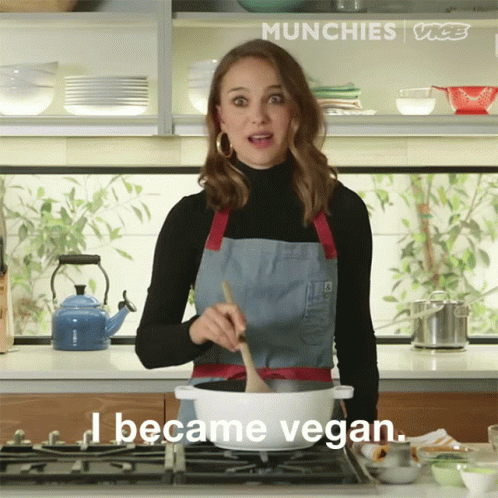
Vegans Only Eat Plants
No meat, no dairy, no eggs—just plants, all the way.
Being vegan means avoiding all animal products: meat, dairy, eggs, honey, and even hidden animal-derived ingredients like gelatin or whey. The focus is on plants: vegetables, fruits, grains, legumes, nuts, and seeds.
But veganism isn't just about food. It often extends into lifestyle choices, such as avoiding leather, wool, or cosmetics tested on animals. At its core, veganism is about minimizing harm to animals while embracing the abundance of plant-based options.

Vegetarians Don't Eat Animals
No meat on the plate, but dairy and eggs may stay.
Vegetarians avoid meat, poultry, and fish, but many still consume animal byproducts like dairy, eggs, or honey. There are subcategories too:
- Lacto-vegetarians eat dairy but avoid eggs.
- Ovo-vegetarians eat eggs but not dairy.
- Lacto-ovo vegetarians eat both dairy and eggs.
This lifestyle often appeals to people who want to reduce their impact on animals but aren't ready (or don't want) to cut out all animal-derived foods.

Plant-Based Is Pretty Flexible
Mostly plants, but not necessarily 100%.
The term "plant-based" is more about emphasis than exclusion. A plant-based diet focuses primarily on plants but doesn't necessarily eliminate all animal products.
For example, my former dental hygienist mentioned she was plant-based. Her definition is that she eats 100% during the workweek and eats some animal products on the weekend.
Unlike veganism, which has ethical roots, "plant-based" is often framed in terms of health and wellness. Think of it as a spectrum. Any step toward eating more plants counts as plant-based, and any effort towards eating more plants is better than nothing.

When Food Marketing Terms Get Confusing
Food labels are designed to sound positive, but many are vague, misleading, or even contradictory, especially when it comes to animal products.
Words like "humane," "free-range," and "organic" may seem reassuring, but they often mask the realities of farming and can create confusion in vegan conversations. Here's why these terms deserve a closer look—and what to say instead.

Humane
Implied kindness in farming; often used to soften the reality of animal exploitation.
Often used by animal product industries to imply "kindness" in farming. For vegans, this is misleading, since exploiting or killing animals isn't actually humane. Using it in vegan marketing can confuse readers or even feel like you're endorsing humane-washing, aka a marketing tactic that uses words like "humane" to make animal exploitation seem kinder than it is.
What to say instead: Compassionate, cruelty-free, kind, animal-free.

Free-Range or Cage-Free
Suggests freedom, but animals are often still overcrowded, confined, and slaughtered young.
These terms suggest animals live better lives, but standards are often minimal. "Free-range" poultry, for example, may still be overcrowded, confined indoors most of the time, and sent to slaughter young. In vegan messaging, using these terms risks reinforcing the idea that "better" animal products are acceptable.
What to say instead: Plant-based, freedom-filled, fresh, or simply vegan.
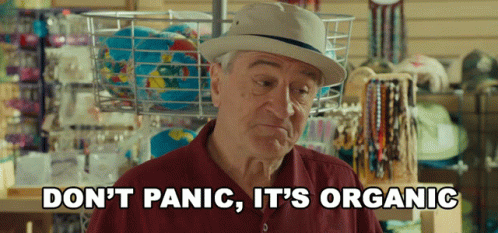
Organic
Valid for plants, but in animal products it means organic feed and fewer drugs, cruelty-free.
While it's a legitimate certification for plants, in animal products, it doesn't mean cruelty-free, only that animals were fed organic feed and not given certain drugs.
For vegan food, "organic" can be valuable to highlight for health or sustainability reasons, but it should be clear you're talking about plants, not animal products.
What to say instead: Seasonal, fresh, garden-grown, nutrient-packed, natural.
Myth 5: Chicken Is a Healthier, More Sustainable Alternative to Beef.
False: Chicken may seem "better" than beef, but it still harms animals, the environment, and your health.
While chicken has a lower carbon footprint per pound than beef and is often marketed as "lean protein," the reality is far messier.

Animal Impact
Because chickens are much smaller than cows or pigs, producing the same amount of meat requires many more individual animals. For example, replacing one cow with chicken meat might involve the lives of dozens of chickens. This means that even if someone switches from beef to chicken thinking it's "kinder," the total number of animals raised, confined, and slaughtered actually increases.
On top of sheer numbers, the conditions in which chickens are raised amplify their suffering. Crowded, industrial farms prevent natural behaviors, cause stress, and often lead to injury and disease. So, while the scale per animal is smaller, the cumulative suffering is enormous—making chicken far from a compassionate choice.

Health Impact
Chicken is often marketed as a healthier alternative to beef, but it still carries serious health risks. Pathogens commonly associated with chicken include E. coli, Listeria, and Clostridium perfringens—all of which can cause foodborne illness ranging from mild digestive upset to severe complications. Improper handling or cross-contamination in the kitchen increases the risk even further.
Routine antibiotic use in poultry farming adds another concern, contributing to antibiotic-resistant bacteria, a growing public health threat. Some studies also link high poultry consumption to certain cancers, further questioning its "healthier" reputation.
In contrast, plant-based proteins like beans, lentils, tofu, and tempeh provide protein, iron, fiber, and other nutrients without these risks. They are naturally free from pathogens, hormones, and antibiotic residues, making them a safer and cleaner choice for long-term health.
Bottom line: Swapping beef for chicken may reduce saturated fat, but it does not eliminate the health hazards. Plant proteins are the truly safer and healthier alternative.

Environmental Impact
Chicken is often marketed as a more sustainable alternative to beef, but the environmental costs remain significant. Raising billions of chickens each year requires massive amounts of land, water, and feed crops, much of which is grown using industrial agriculture methods that contribute to deforestation and habitat loss.
Chicken farms also generate pollution: runoff from feedlots and manure can contaminate rivers and groundwater with nitrogen, phosphorus, and harmful bacteria, damaging ecosystems and creating "dead zones" in waterways.
While chicken production generally emits fewer greenhouse gases per pound than beef, scaling up poultry farming to meet global demand still contributes significantly to climate change. The cumulative effects of resource use, pollution, and emissions show that chicken farming is far from harmless.
In other words, "less bad than beef" isn't the same as truly sustainable or good. Choosing plant-based proteins dramatically reduces land and water use, pollution, and greenhouse gas emissions, making it the genuinely eco-friendly option.
The Verdict
Chicken isn't the kinder, healthier, or greener choice it's hyped up to be. The real solution? Go plant-based—better for you, for animals, and for the planet.

The Vegan Stance on Chicken
Veganism avoids all animal products and exploitation. Chicken, like other meat, doesn't fit—ethically, environmentally, or health-wise. Don't stop now. See how plants beat chicken in ethics, environment, and health.

Veganism and Chickens
Veganism is more than a diet—it's a lifestyle and ethical commitment that seeks to avoid all forms of animal exploitation and animal-derived products wherever possible. This means avoiding meat, dairy, eggs, and other ingredients that come from animals, as well as rejecting industries and practices that profit from animal suffering.
When it comes to chicken, this principle is especially clear. Chickens are sentient beings capable of feeling pain, fear, and distress, yet they are raised and killed on a massive scale purely for human consumption. Every piece of chicken meat, whether conventionally farmed, "free-range," or "organic," represents an animal whose life was taken to satisfy dietary preference rather than necessity.
Even products derived from chickens, such as eggs or gelatin, fall under the vegan prohibition on animal exploitation. Eggs, while seemingly harmless, are produced under intensive farming conditions, and male chicks are often killed shortly after hatching. Gelatin, made from chicken or other animal parts, is another example of a product derived from animal exploitation.
Choosing a vegan lifestyle, then, is a conscious decision to reject both chicken as meat and all chicken-derived products, aligning your actions with compassion, sustainability, and respect for animal life.

Ethical Reasons
Chickens are not just "farm animals"—they are sentient beings, meaning they have the capacity to feel pain, fear, and distress. They experience emotions, form social bonds, and have preferences and personalities, just like many other animals. Recognizing their sentience makes it clear that their treatment on factory farms raises serious ethical concerns.
Intensive farming conditions amplify this suffering. Chickens are often confined in overcrowded sheds, with barely enough room to move. They are bred to grow unnaturally fast, which can cause crippling leg deformities, heart problems, and other health issues. The vast majority are slaughtered at just a few weeks old, having lived short, stressful, and unnatural lives.
Even labels like "free-range," "cage-free," or "organic" can be misleading. While they may suggest better conditions, these marketing terms rarely provide the meaningful freedom or enrichment that chickens would naturally need. No farmed chicken experiences a fully natural life, free to engage in normal behaviors like foraging, dust-bathing, or socializing in a safe environment.
From an ethical standpoint, consuming chicken—or any animal product—directly supports a system that prioritizes profit over the welfare and lives of sentient beings. Choosing plant-based alternatives is the way to align actions with compassion and respect for life.

Environmental Reasons
Chicken farming may seem "lighter" on the planet compared to beef, but it still has significant environmental costs. Raising billions of chickens each year requires enormous amounts of land, water, and feed. Crops grown to feed chickens—like soy and corn—often drive deforestation, displacing wildlife and reducing biodiversity.
The industry also contributes heavily to water pollution. Chicken waste, runoff from feedlots, and processing byproducts can contaminate rivers and groundwater with nitrogen, phosphorus, and harmful bacteria, creating dead zones and harming aquatic ecosystems.
In addition, chicken farming produces greenhouse gas emissions. While lower per pound than beef, emissions still come from energy-intensive feed production, manure management, and processing facilities. When scaled up to meet global demand, chicken production still has a substantial carbon footprint, contributing to climate change.
Even when compared to red meat, the cumulative ecological impact of intensive chicken farming—resource consumption, pollution, and land use—is significant. Choosing plant-based proteins dramatically reduces these environmental pressures, requiring far less land and water while producing fewer emissions, making it a far more sustainable choice.

Health Reasons
While chicken is often marketed as a "healthy" protein, it carries several health risks that are frequently overlooked. One major concern is pathogens like Salmonella and Campylobacter, which can cause serious foodborne illnesses. Even properly cooked chicken can sometimes be contaminated during processing or handling, posing a risk to consumers.
Another significant issue is the overuse of antibiotics in poultry farming. Chickens are routinely given antibiotics to prevent disease in crowded conditions and to promote rapid growth. This widespread use contributes to antibiotic resistance, a global health threat that makes infections harder to treat in both humans and animals.
From a nutritional perspective, plant-based proteins offer all the benefits of chicken without these risks. Foods like lentils, beans, tofu, tempeh, and nuts provide protein, iron, fiber, and other essential nutrients in a form that is naturally free from pathogens and antibiotic exposure. Switching to plant-based sources also supports long-term health, reducing the risk of heart disease, certain cancers, and other chronic conditions linked to excessive animal protein consumption.

Bottom Line
Chicken may seem like a "lighter" or "less harmful" choice, but from a vegan perspective, it's still part of the system of animal exploitation, environmental strain, and potential health risks. Choosing plant-based proteins is the option that aligns fully with vegan ethics, sustainability, and well-being.

150 Vegan Chicken Alternative Recipes
Chickens are often thought of as simple food sources, but they are intelligent, social, and full of personality. These feathered beings can remember and recognize up to 100 individual faces, including both other chickens and humans. They have complex social hierarchies, communicate with a wide range of vocalizations, and even display behaviors that suggest problem-solving and curiosity.
Chickens also form bonds with one another, showing empathy and cooperation. They can experience joy, frustration, and distress, proving that they are sentient individuals, not just meat on a plate.
Did you know that chickens can plan for the future, play games, and even dream during sleep? They're smarter than you might think!
This reminder underscores why they deserve respect and compassion, rather than being reduced to nuggets, drumsticks, or marketing claims. Choosing plant-based alternatives allows us to honor their individuality and avoid contributing to their suffering.
Read on to learn more about five plant-based alternatives to 30 popular chicken dishes.
- Roast Chick'n
- Fried Chick'n
- Chick'n Wings
- Chick'n Nuggets
- Chick'n Strips
- Chick'n Tenders
- Chick'n Patty
- BBQ Pulled Chick'n
- Chick'n Pot Pie
- Chick'n and Dumplings
- Chick'n Noodle Soup
- Chick'n Caesar Salad
- Chick'n Cobb Salad
- Chick'n Alfredo Pasta
- Chick'n Marsala
- Grilled Chick'n
- Chick'n Piccata
- Chick'n Cordon Bleu
- Chick'n Parmesan
- Chick'n and Waffles
- Chick'n Enchiladas
- Chick'n Quesadillas
- Chick'n Fajitas
- Honey Chick'n
- Butter Chick'n
- Chick'n Tikka Masala
- Chick'n Curry
- Chick'n Vindaloo
- Chick'n Biryani
- Chick'n Korma
1. 5 Vegan Roast Chicken Alternatives
Roast chicken is a classic comfort food—seasoned and slow-cooked until golden and juicy. But you don't need poultry to enjoy the same cozy flavors.
To veganize it, try using hearty stand-ins like cauliflower, seitan, tofu, or even whole roasted cabbage. Marinate with herbs like rosemary, thyme, garlic, and lemon for that traditional "Sunday roast" taste, then bake until crisp on the outside and tender inside. Pair with roasted veggies and gravy for the full effect.
Ready to dig in? Explore vegan roast "chicken" recipes today and bring the comfort without the cruelty!
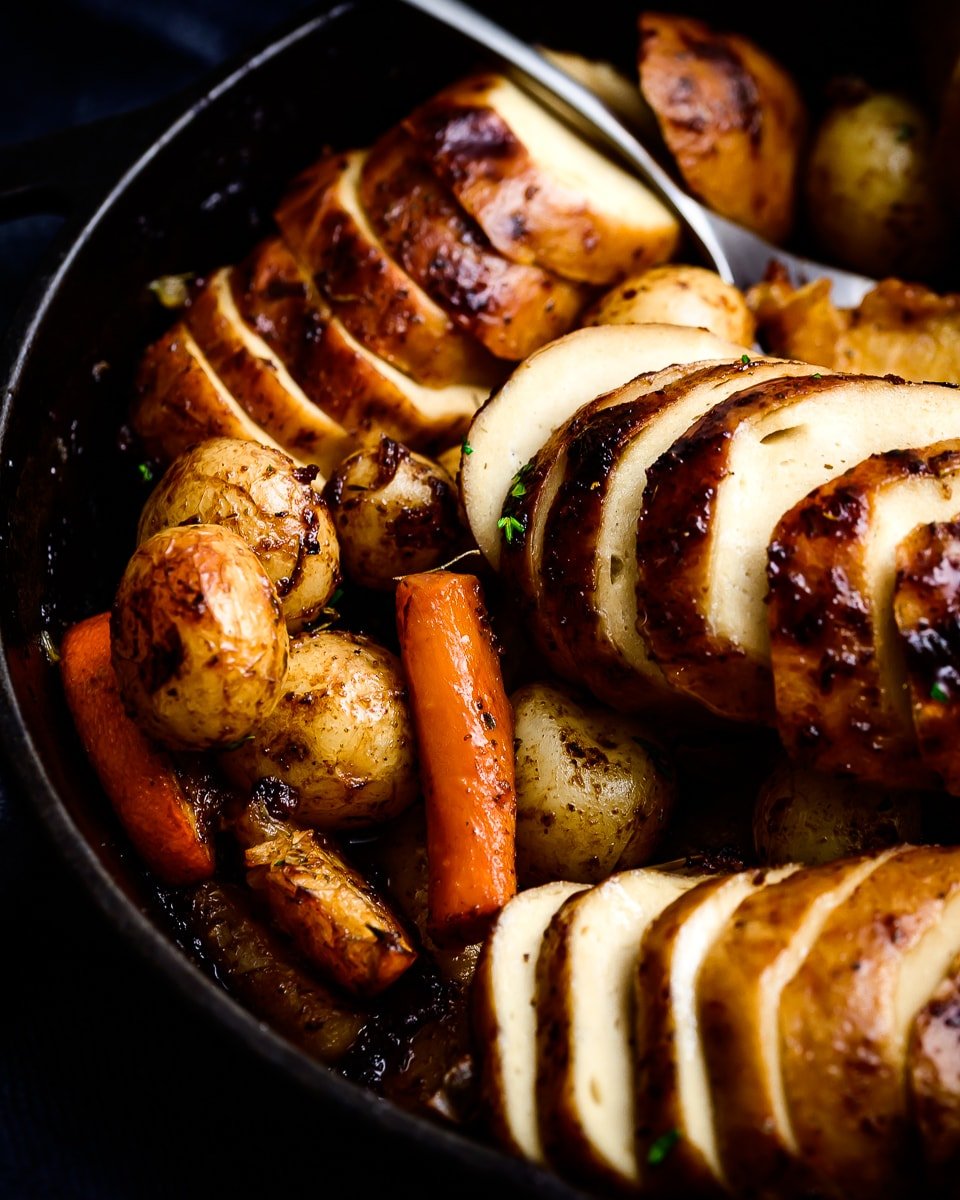
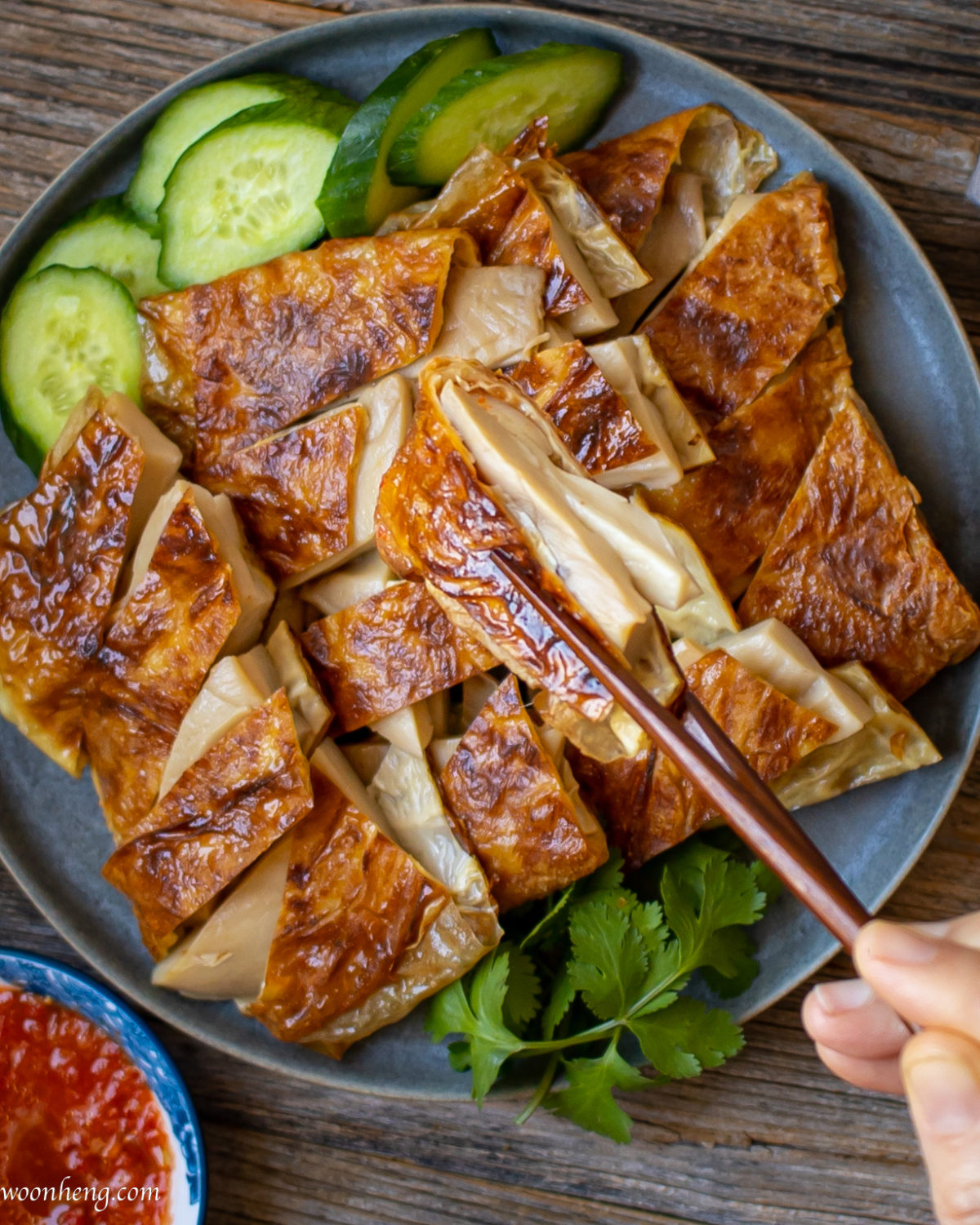
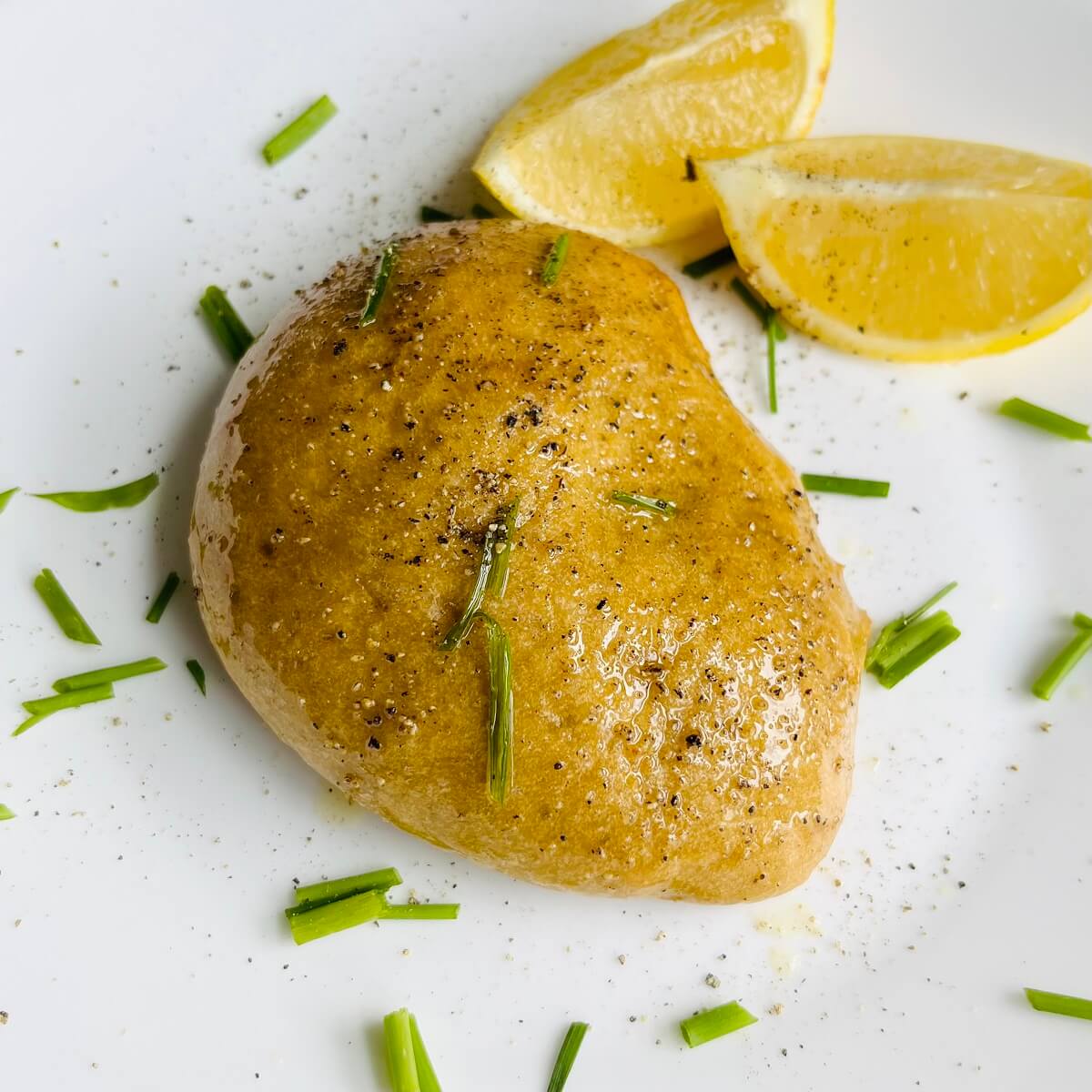
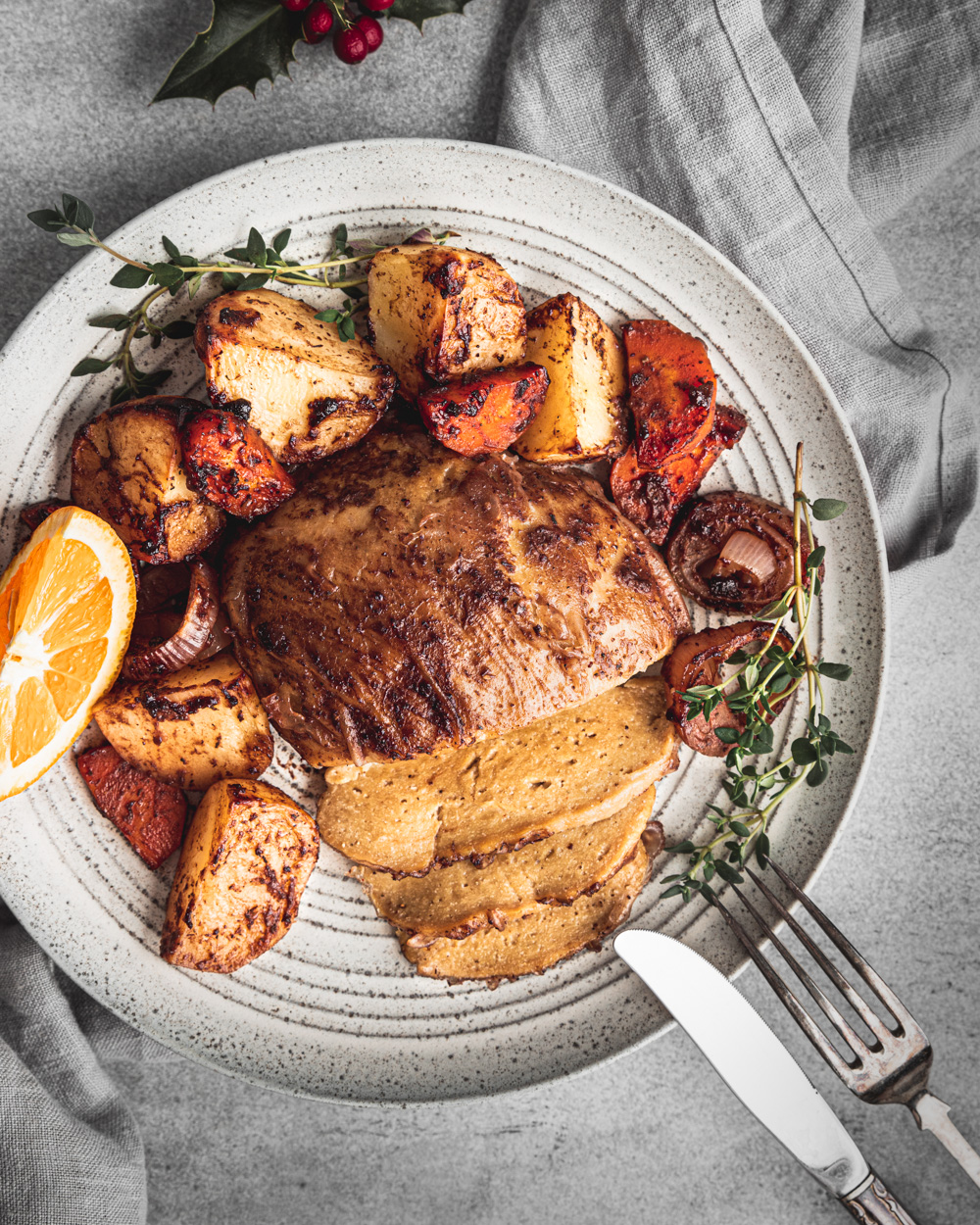
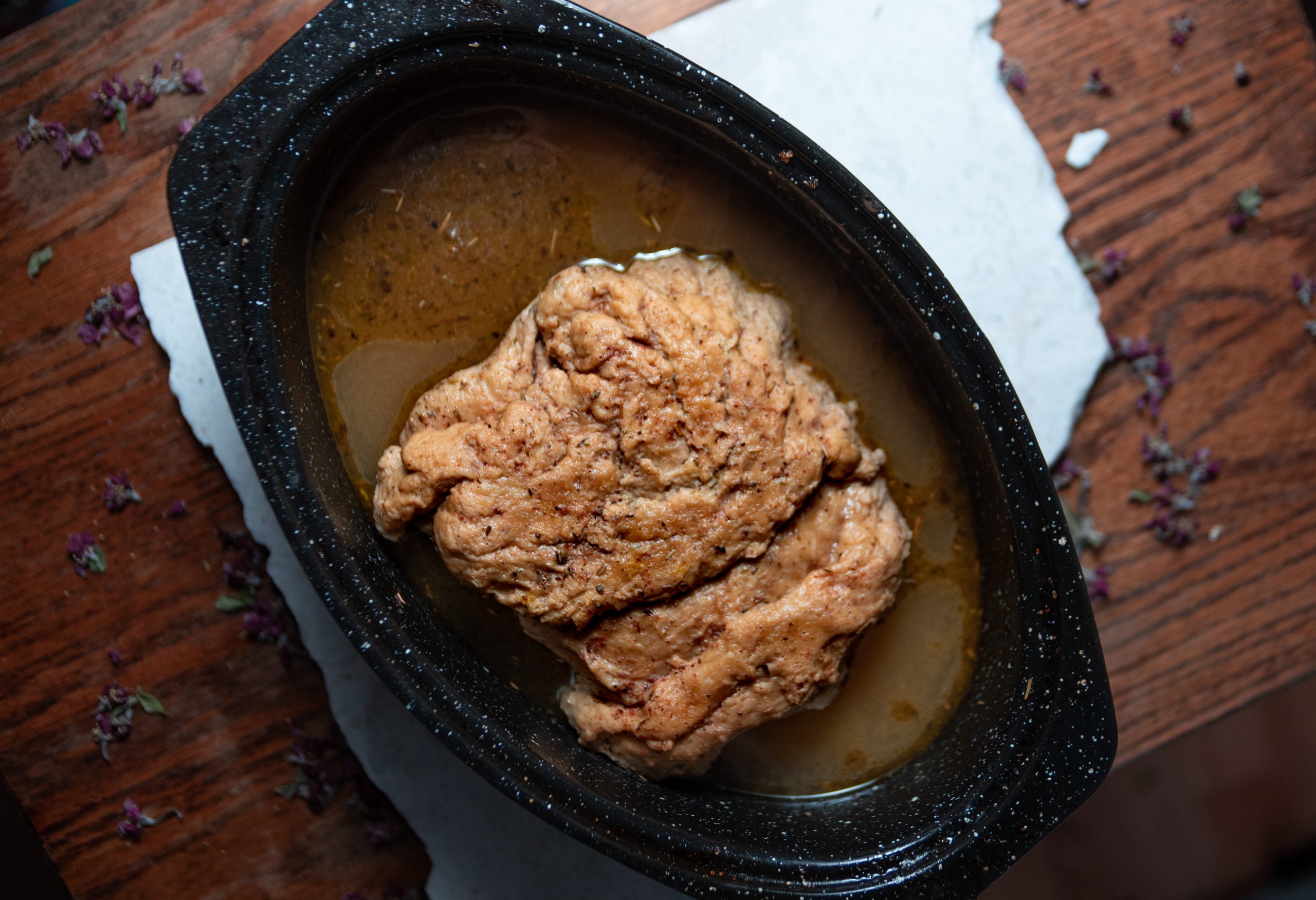
2. 5 Vegan Fried Chicken Alternatives
Fried chicken is all about that crunchy, golden coating wrapped around juicy, flavorful meat. To veganize it, swap the chicken for seitan, oyster mushrooms, tofu, or cauliflower—coat in seasoned batter or breadcrumbs, then fry or air-fry until crispy. You'll still get the crave-worthy crunch without the cruelty.
Try vegan fried "chicken" recipes today and taste comfort food reimagined!
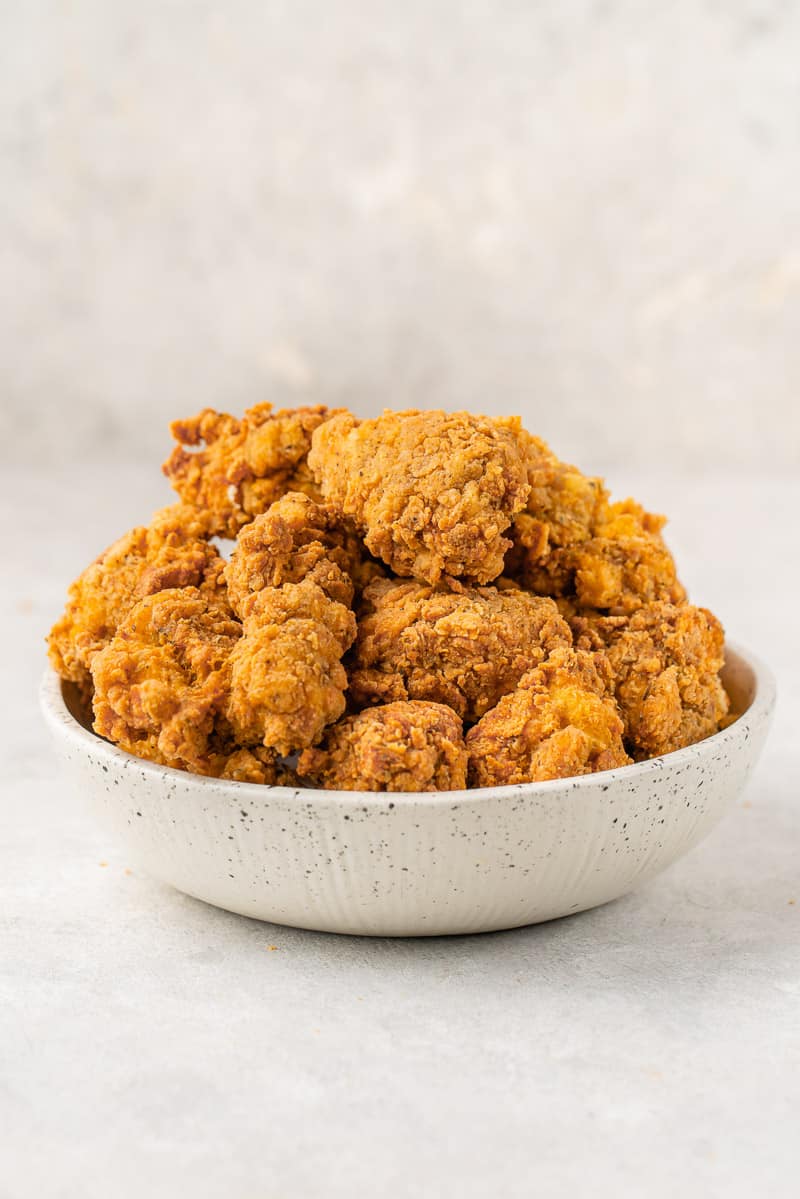
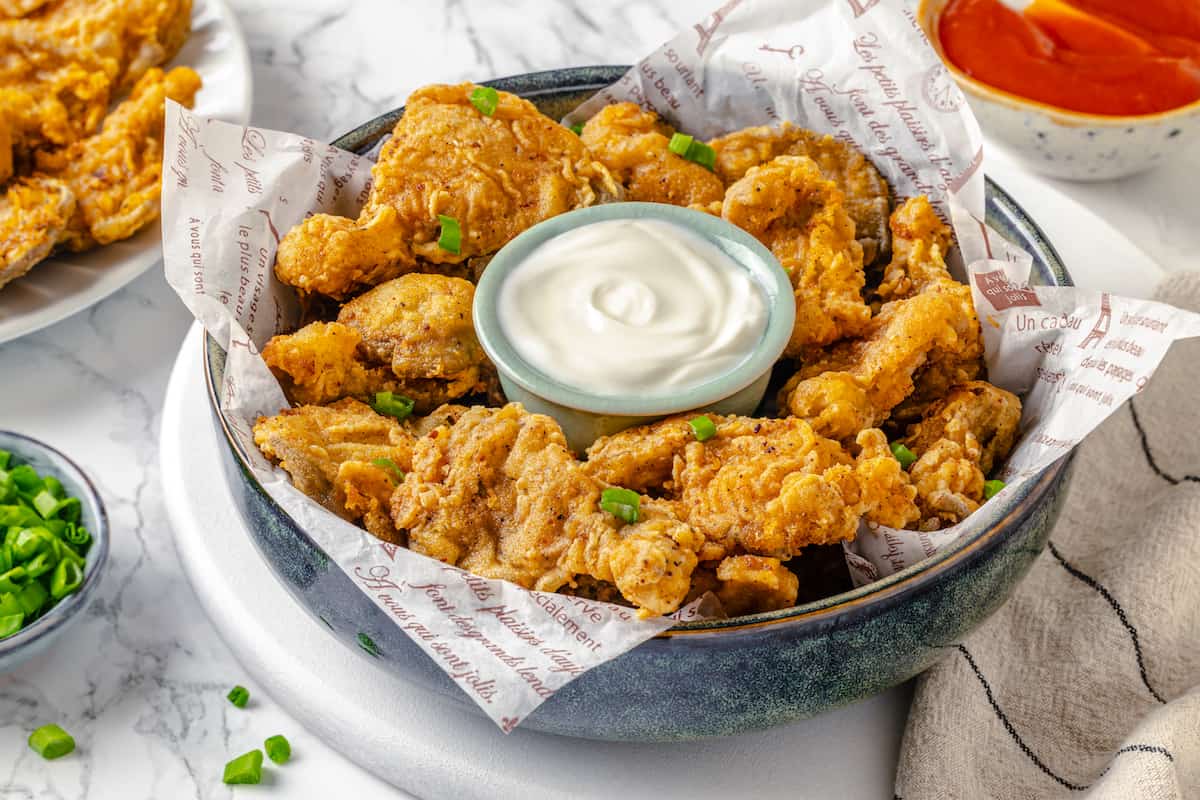
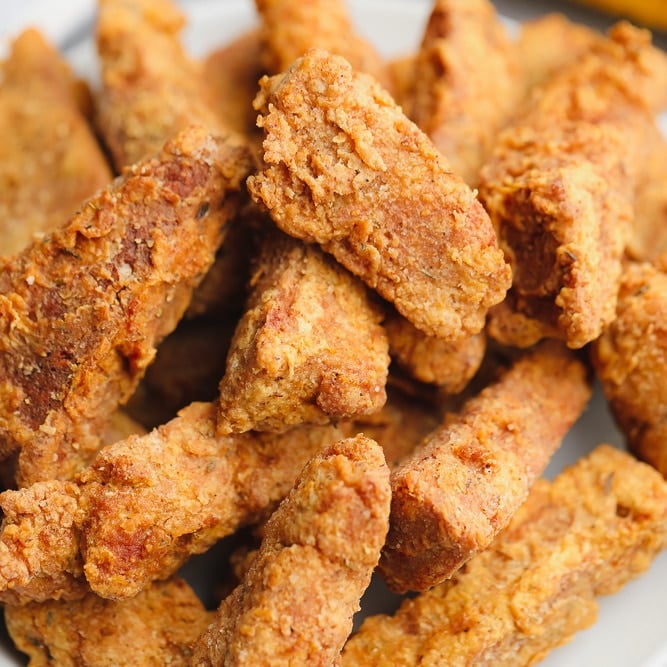

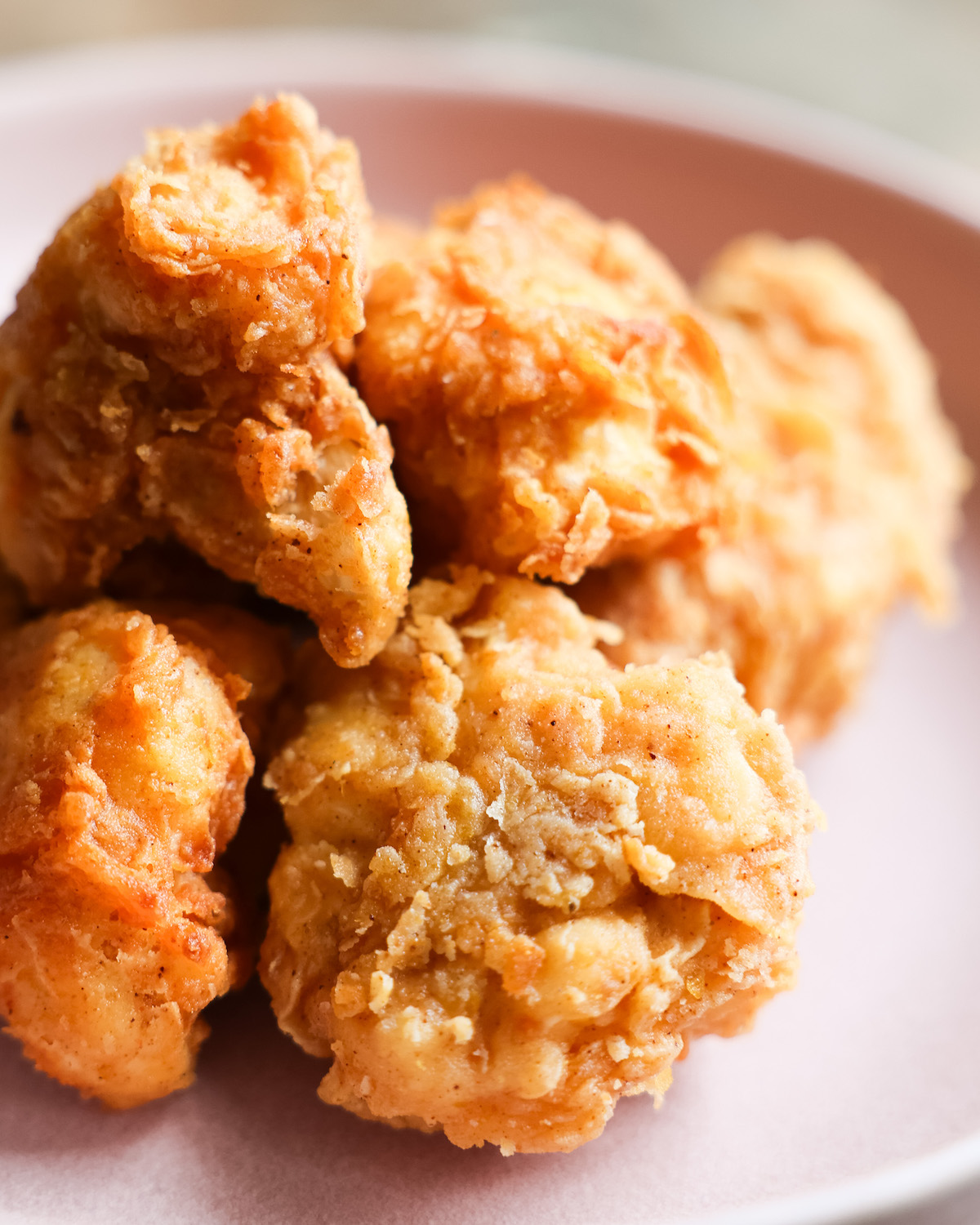
3. 5 Vegan Chicken Wing Alternatives
Chicken wings are a game-day classic—crispy skin, tender inside, and usually coated in spicy, tangy, or sweet sauces. To veganize them, swap the wings for cauliflower florets, oyster mushrooms, or seitan. Bake, fry, or air-fry until crisp, then toss in buffalo, BBQ, or garlic-parm-style vegan sauces.
Try vegan wings today. You'll never miss the cluck!
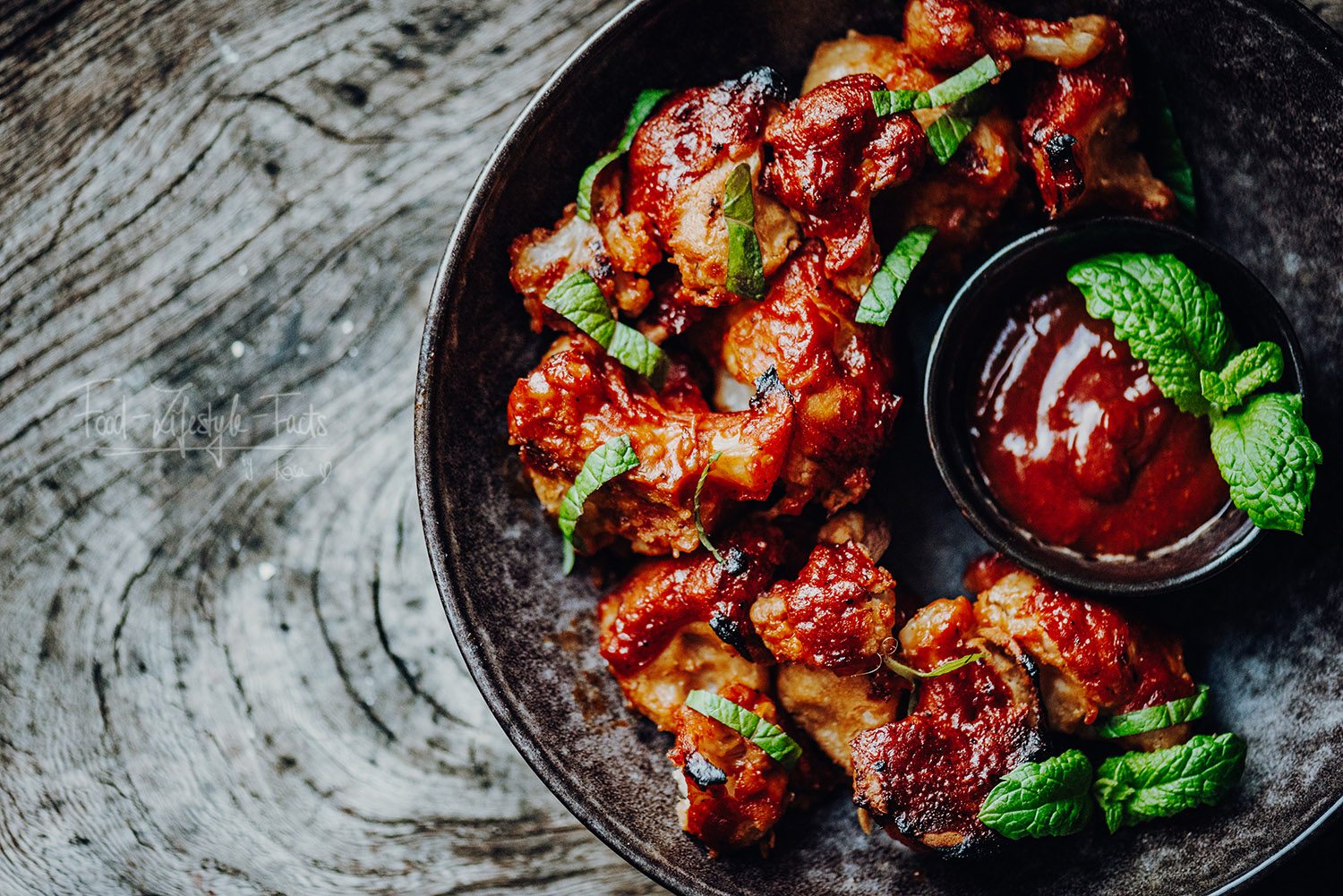
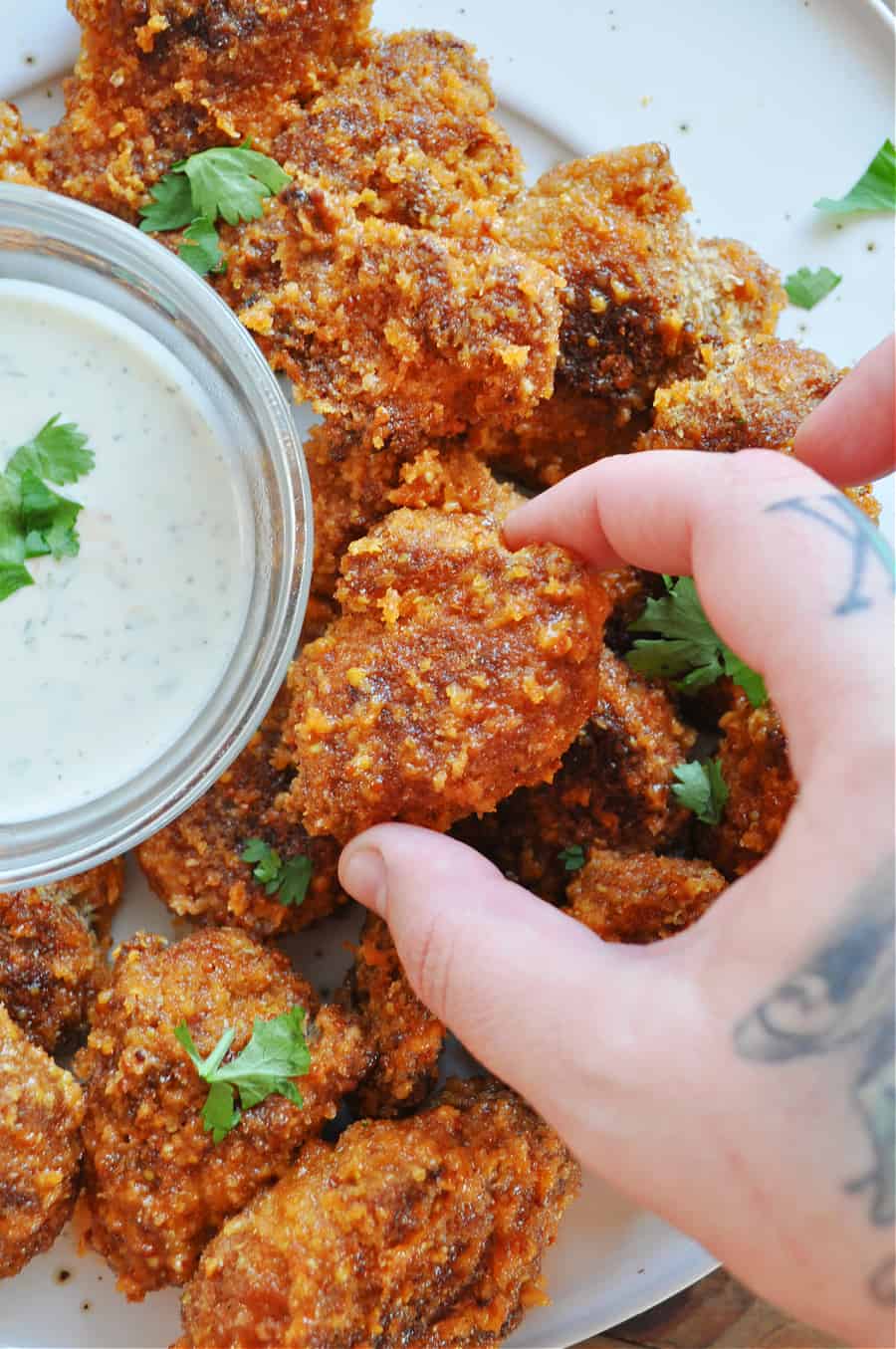
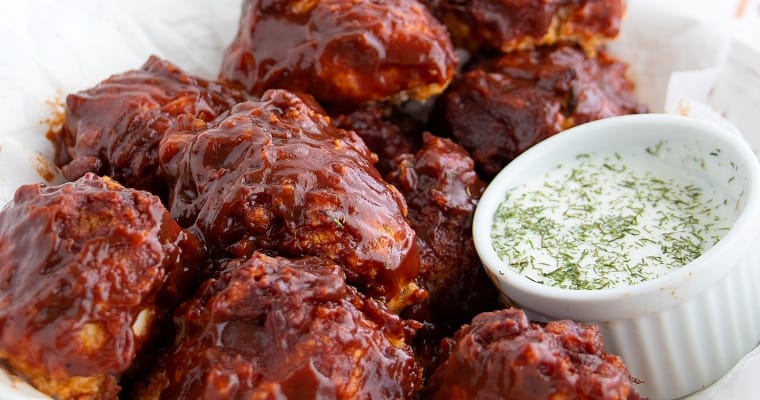
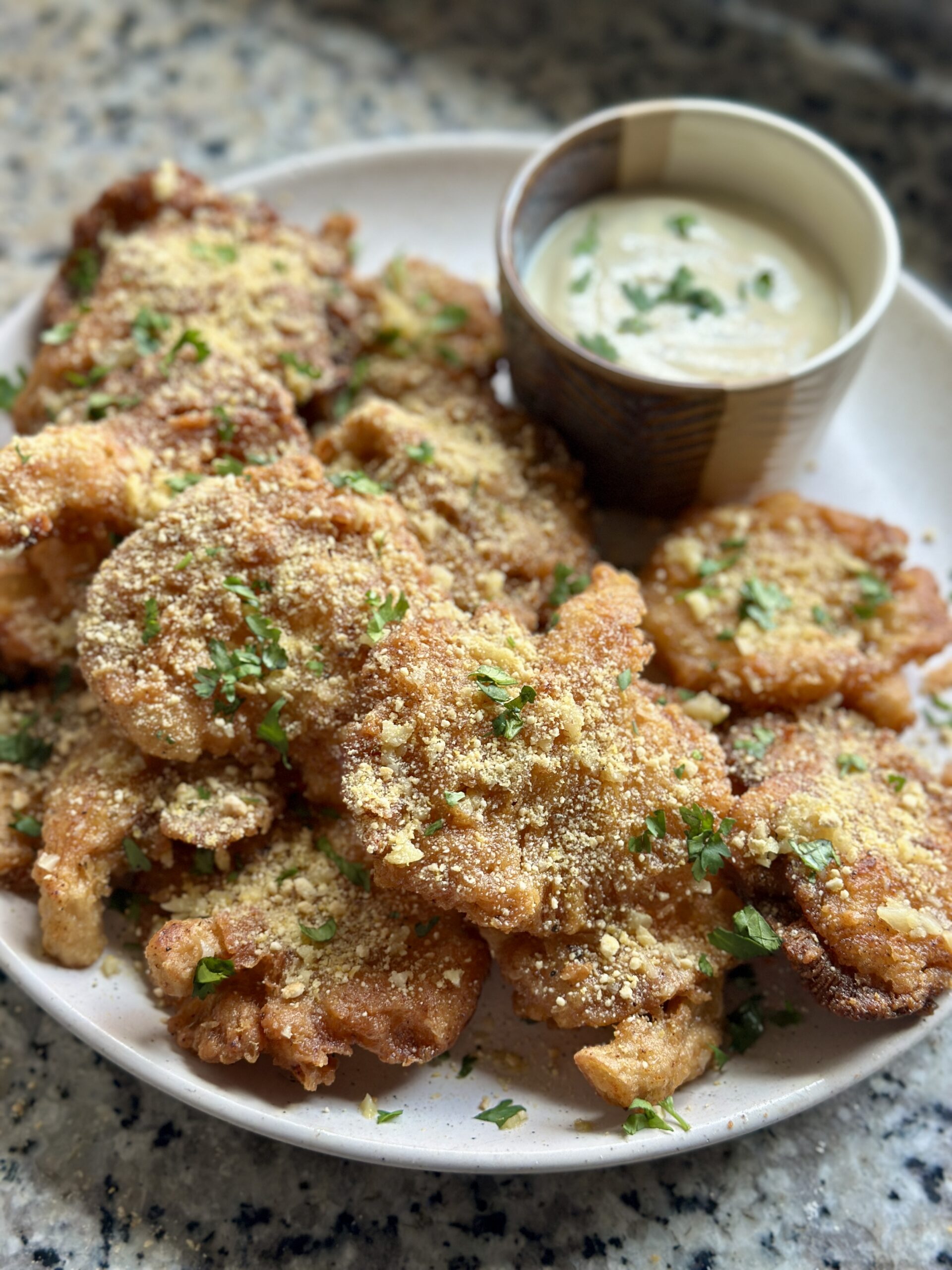
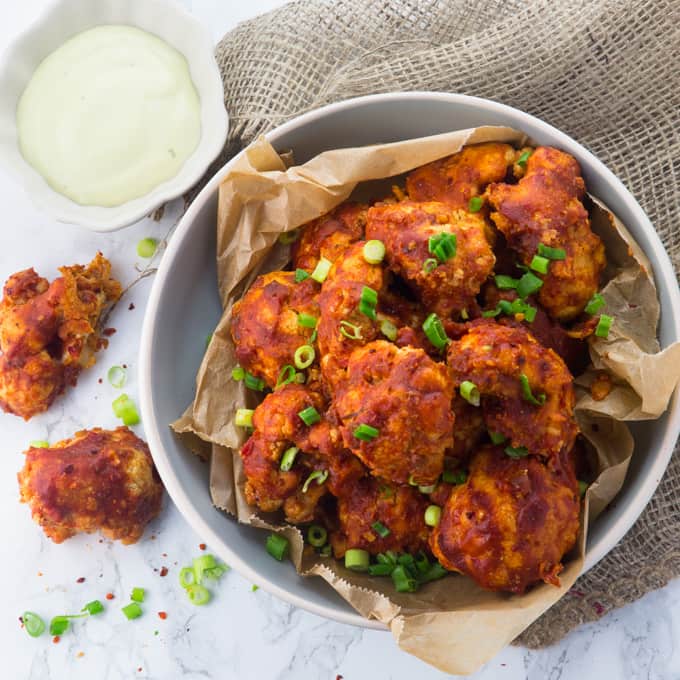
4. 5 Vegan Chicken Nugget Alternatives
Chicken nuggets are bite-sized pieces of breaded, fried chicken—perfect for snacking or dipping. To veganize them, use tofu, tempeh, seitan, or chickpeas as the base. Coat in seasoned breadcrumbs or panko, bake or fry until golden, and serve with your favorite sauces.
Try vegan nuggets today and enjoy all the crunch and comfort, completely plant-based.
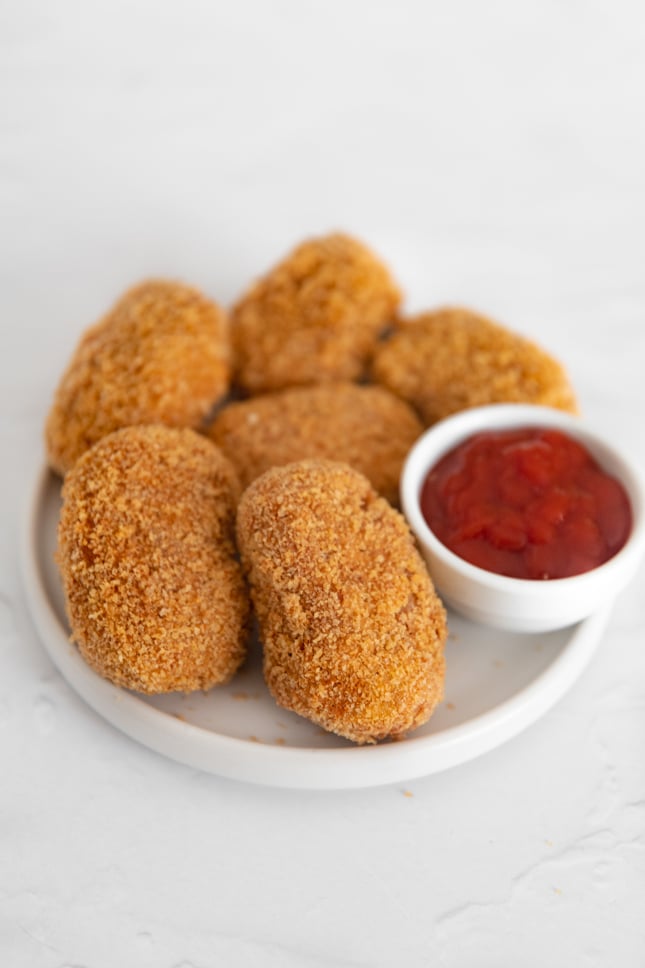
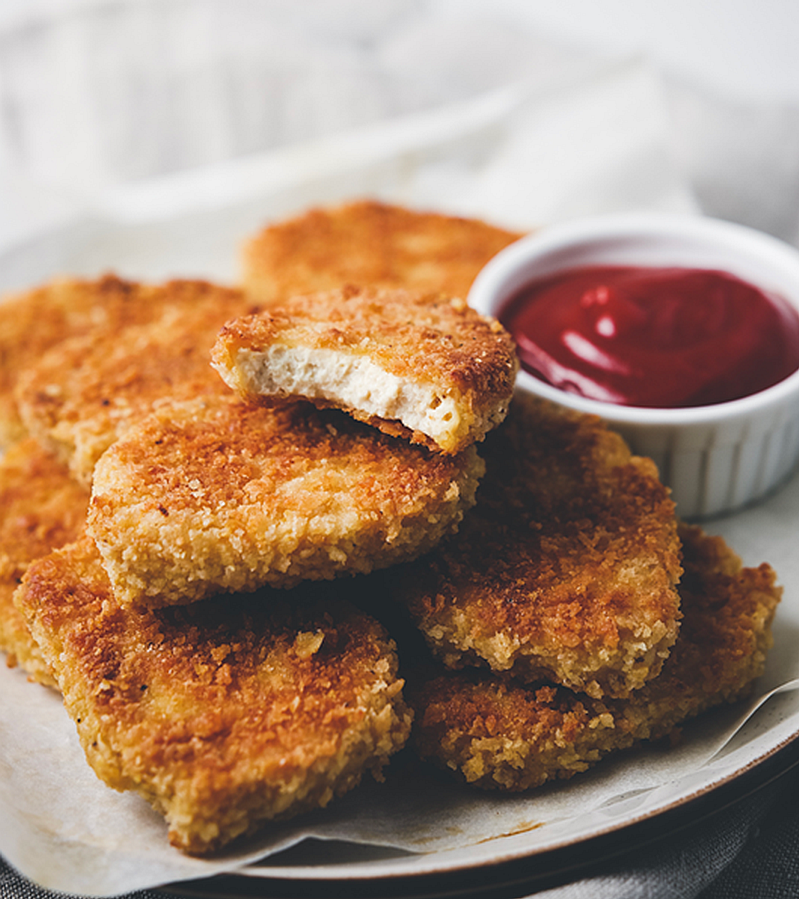
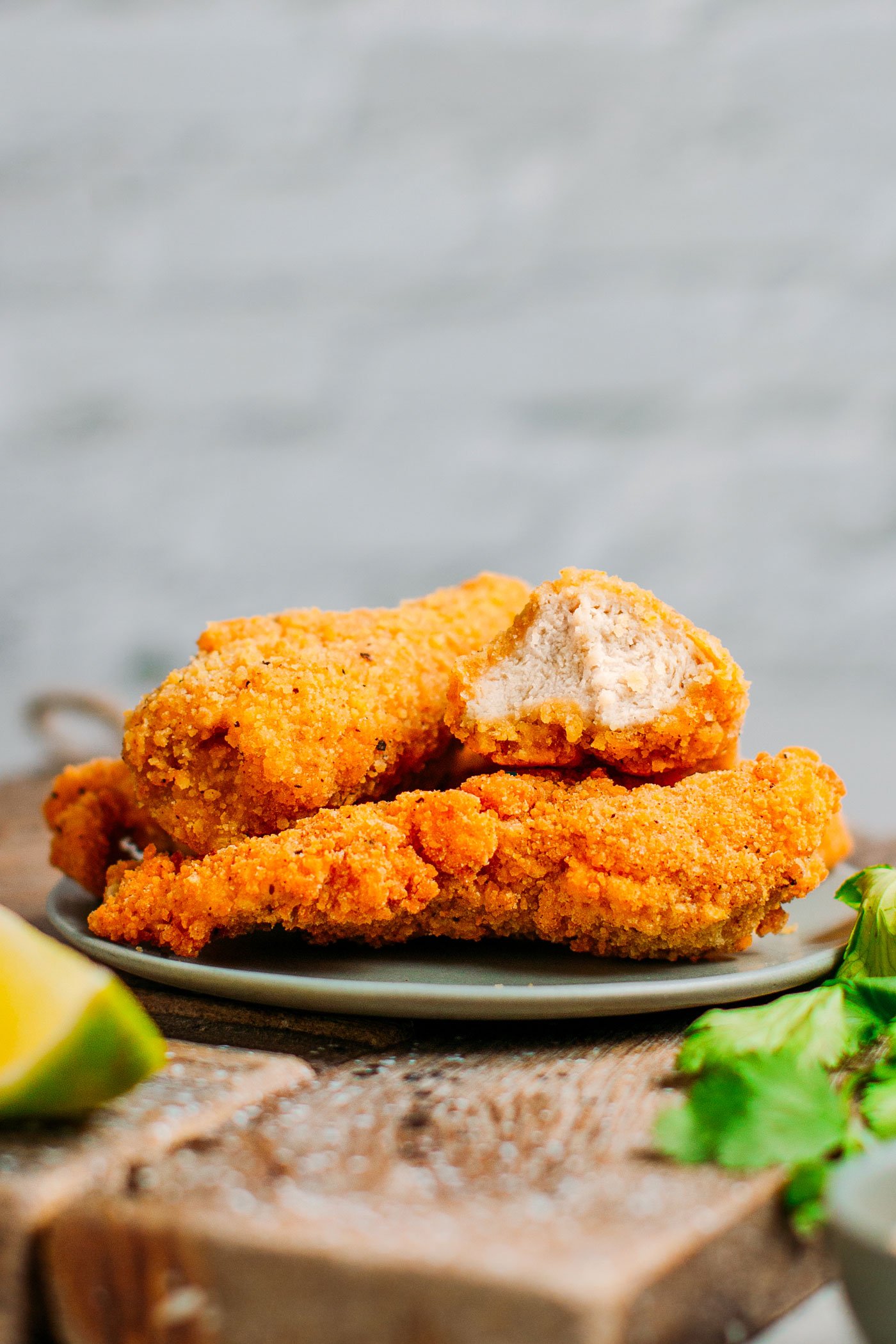
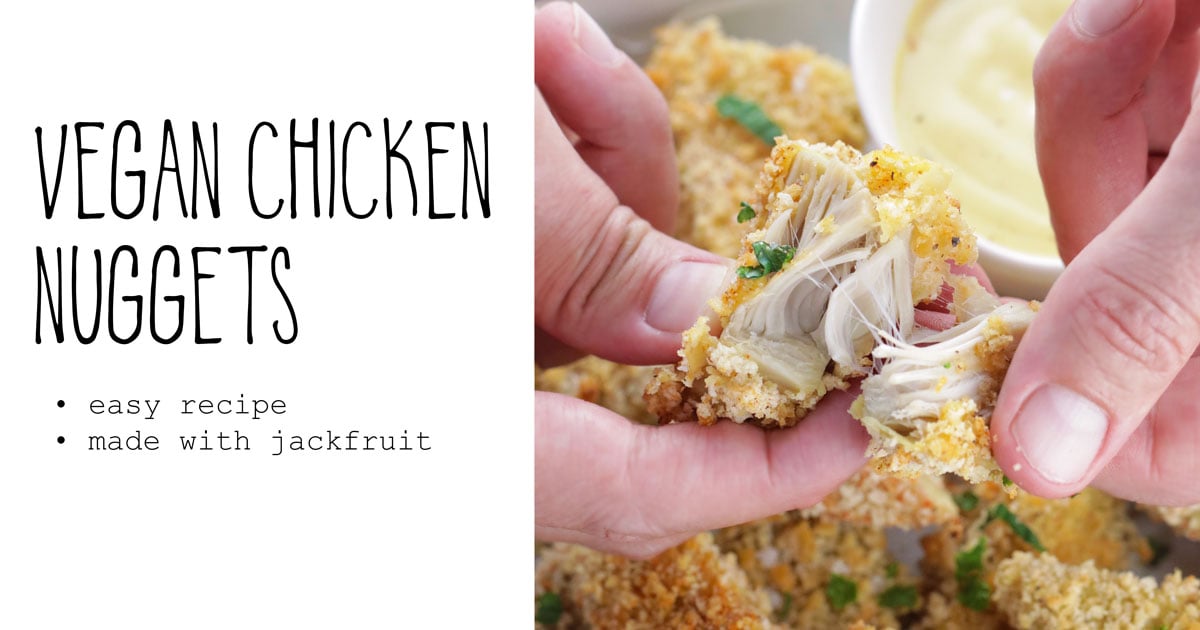
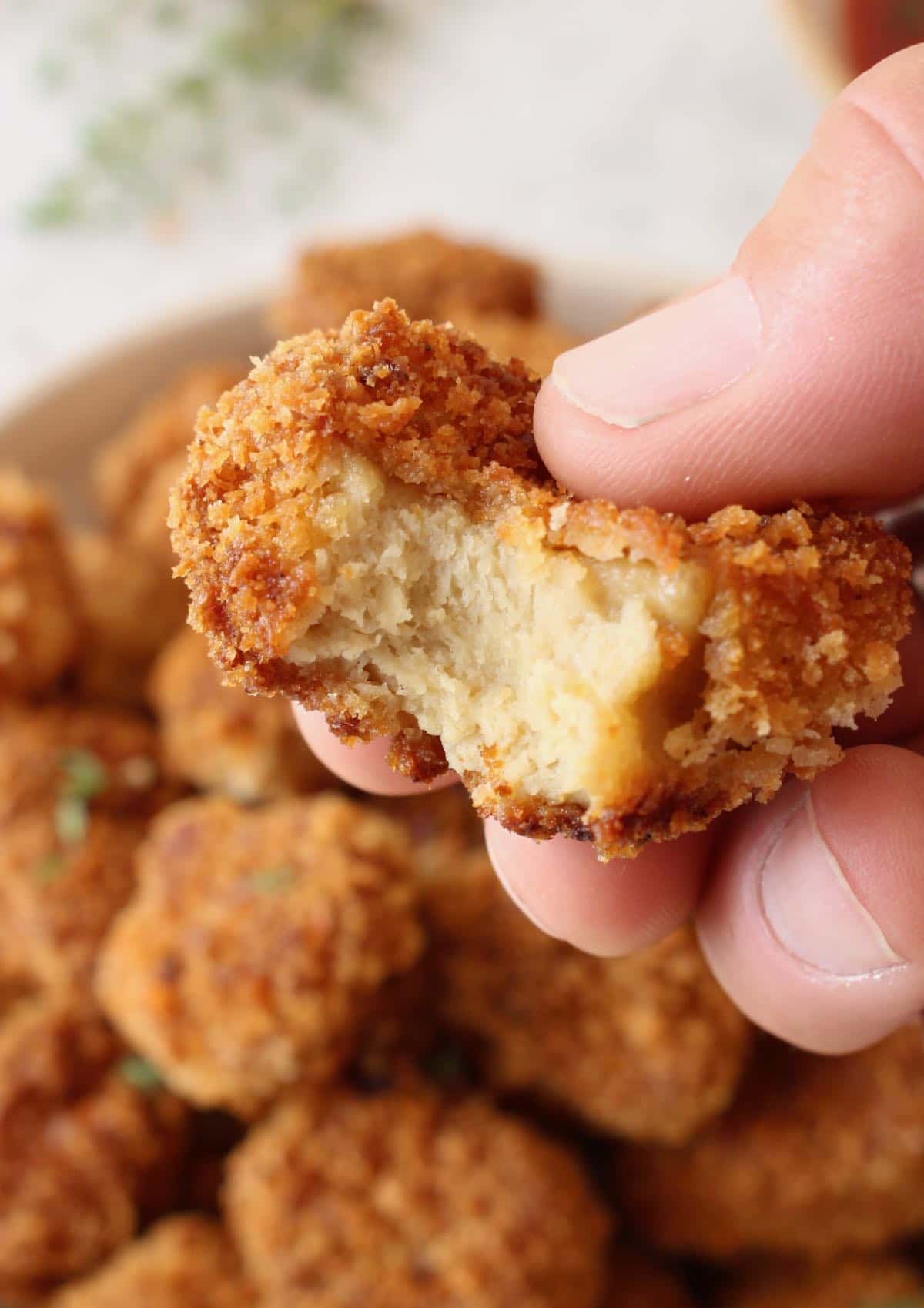
5. 5 Vegan Chicken Strip Alternatives
Chicken strips are tender, elongated pieces of breaded and fried chicken—perfect for dipping or snacking. To veganize them, use tofu, seitan, or tempeh, coat in seasoned breadcrumbs or panko, then bake or fry until golden and crispy.
Try vegan chicken strips today and get all the crunch and flavor, totally plant-based!
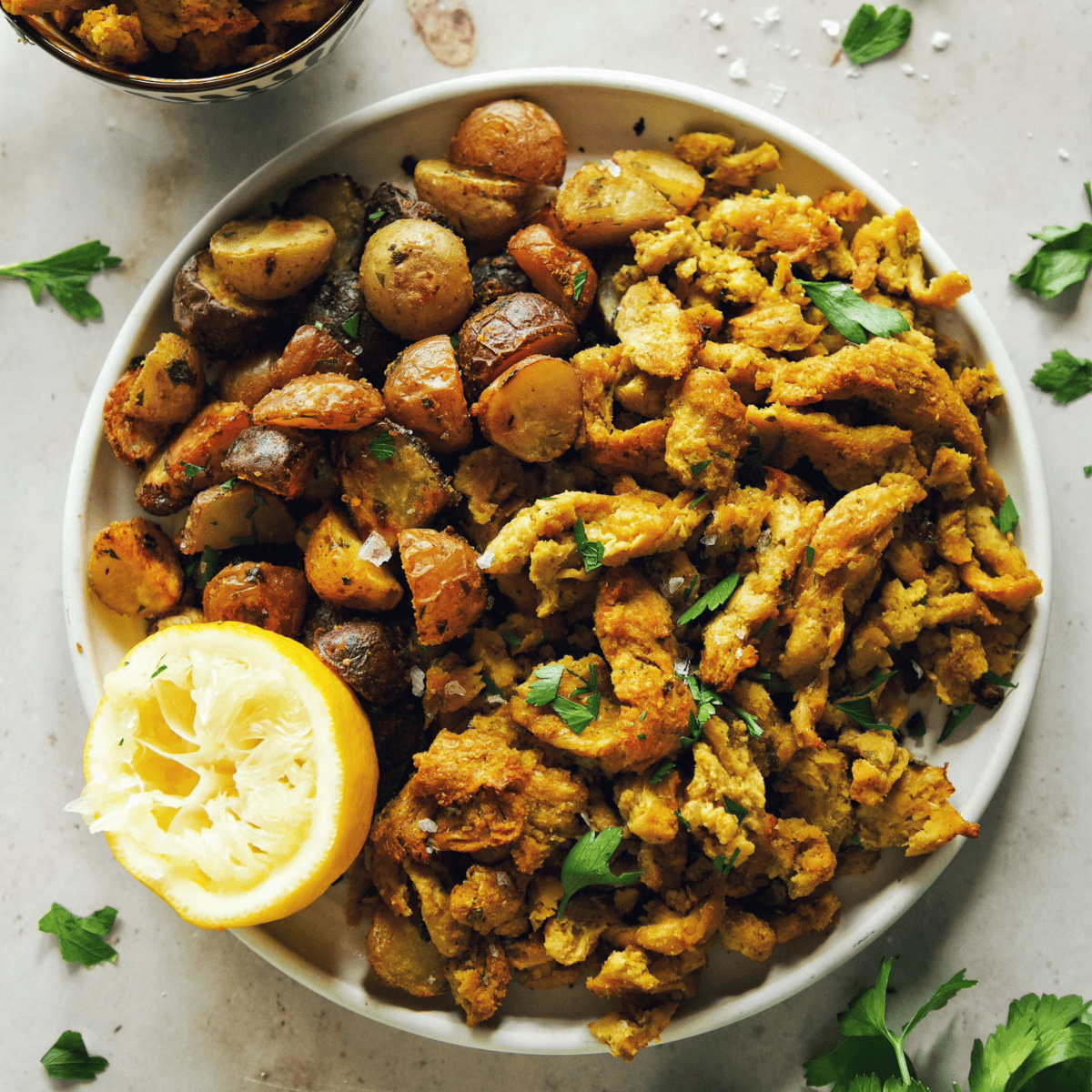
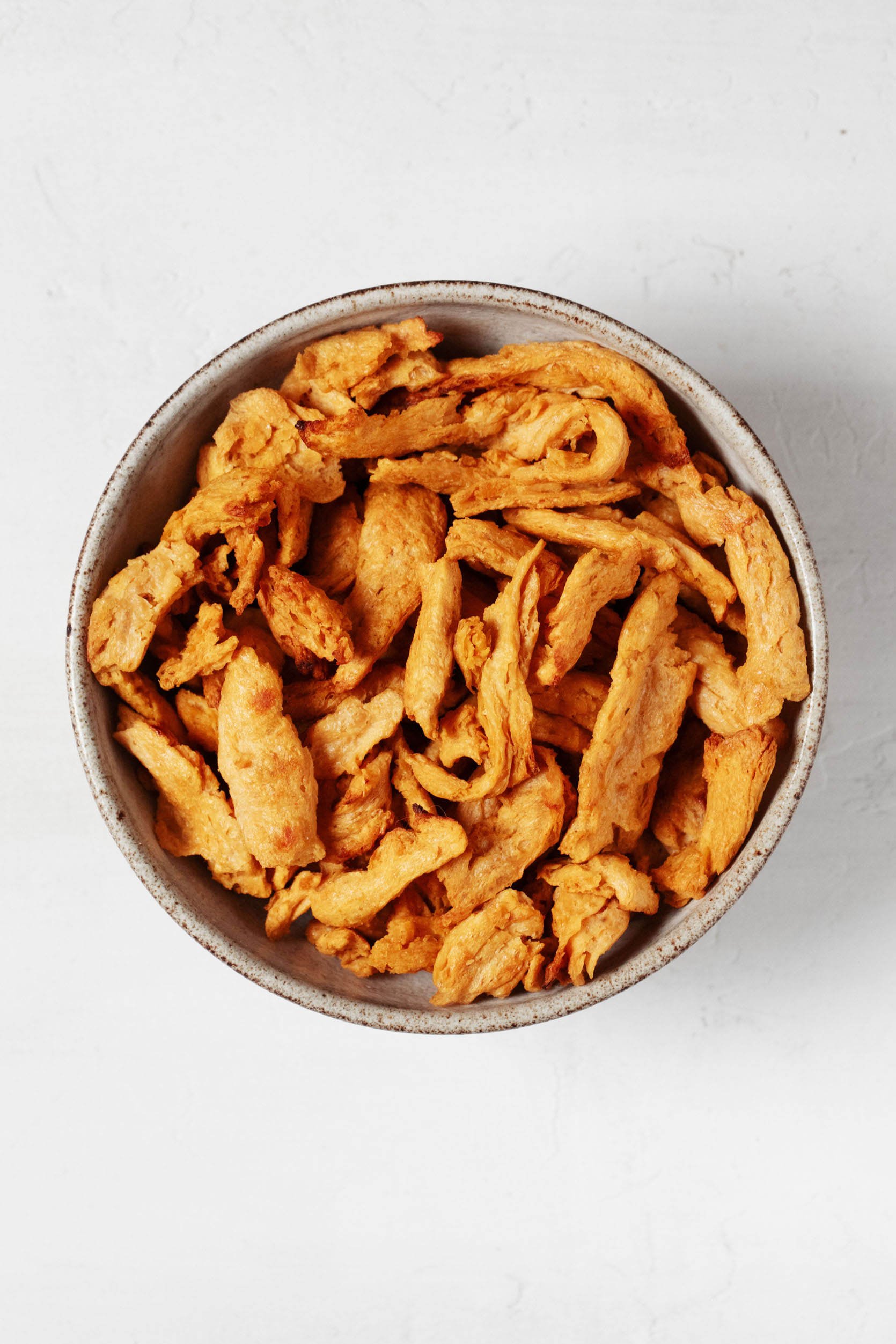
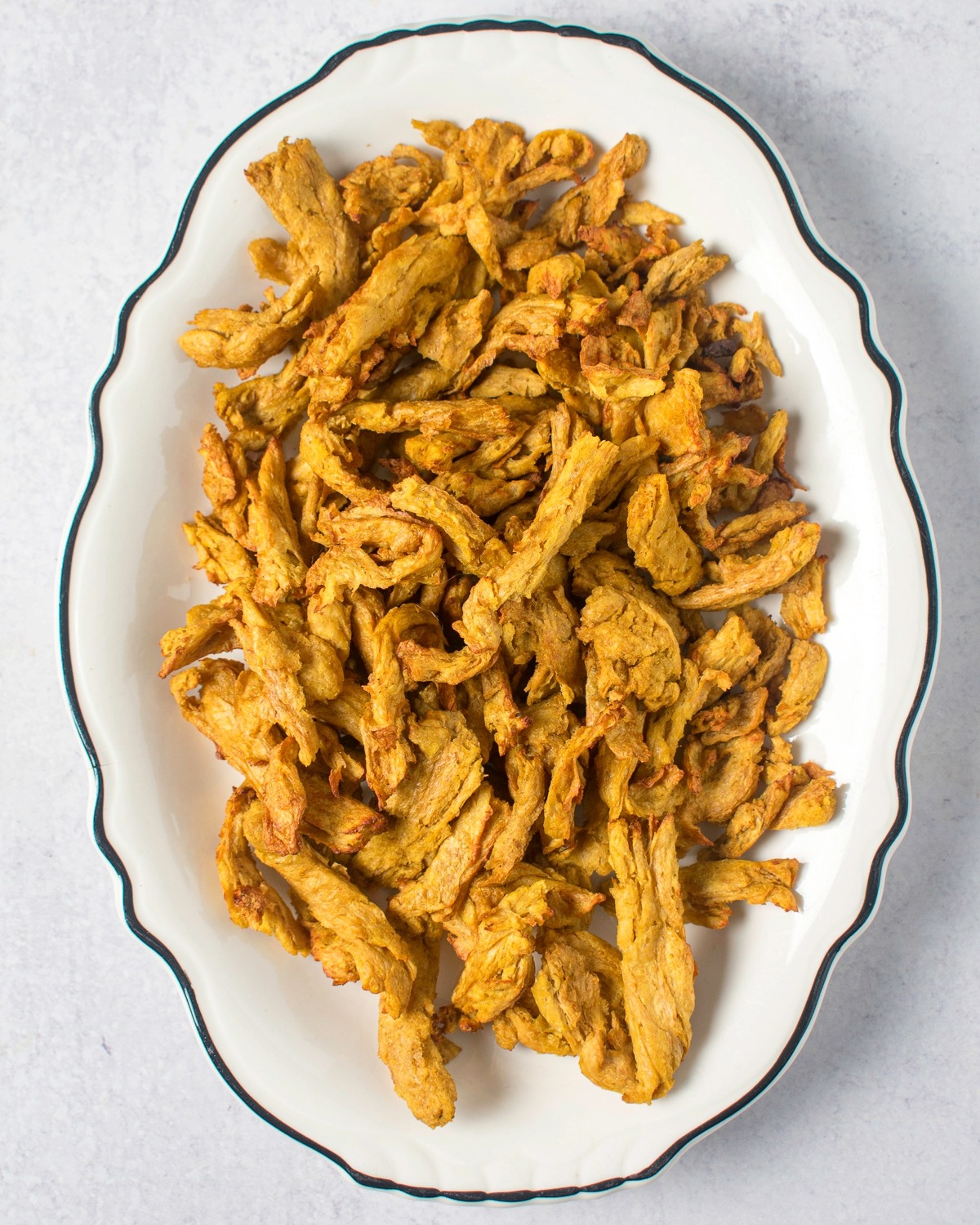
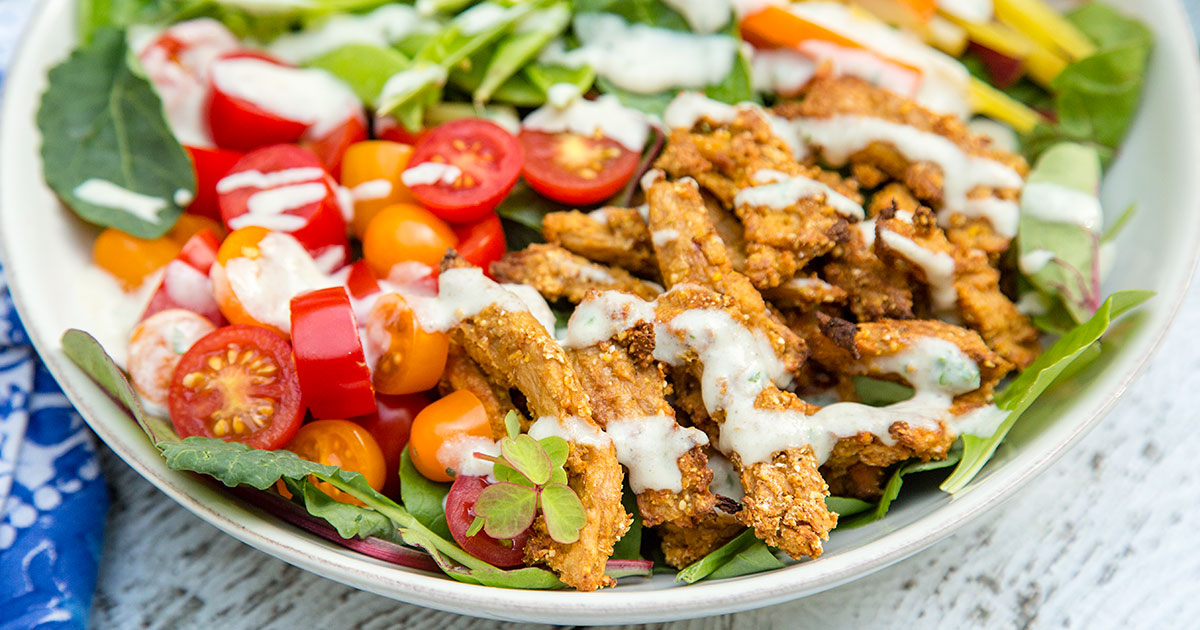
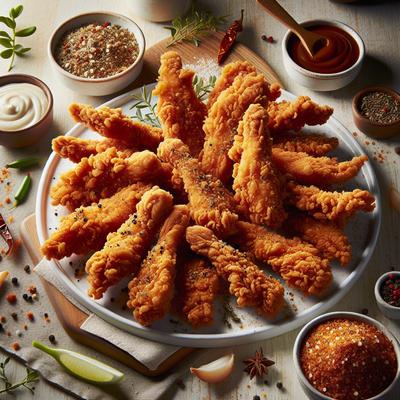
6. 5 Vegan Chicken Tender Alternatives
Chicken tenders are juicy, tender strips of chicken, usually breaded and fried for maximum crunch. To veganize them, use tofu, seitan, or tempeh, coat in seasoned breadcrumbs or panko, and bake or fry until golden and crispy.
Try vegan chicken tenders today for all the flavor and crunch—100% plant-based!
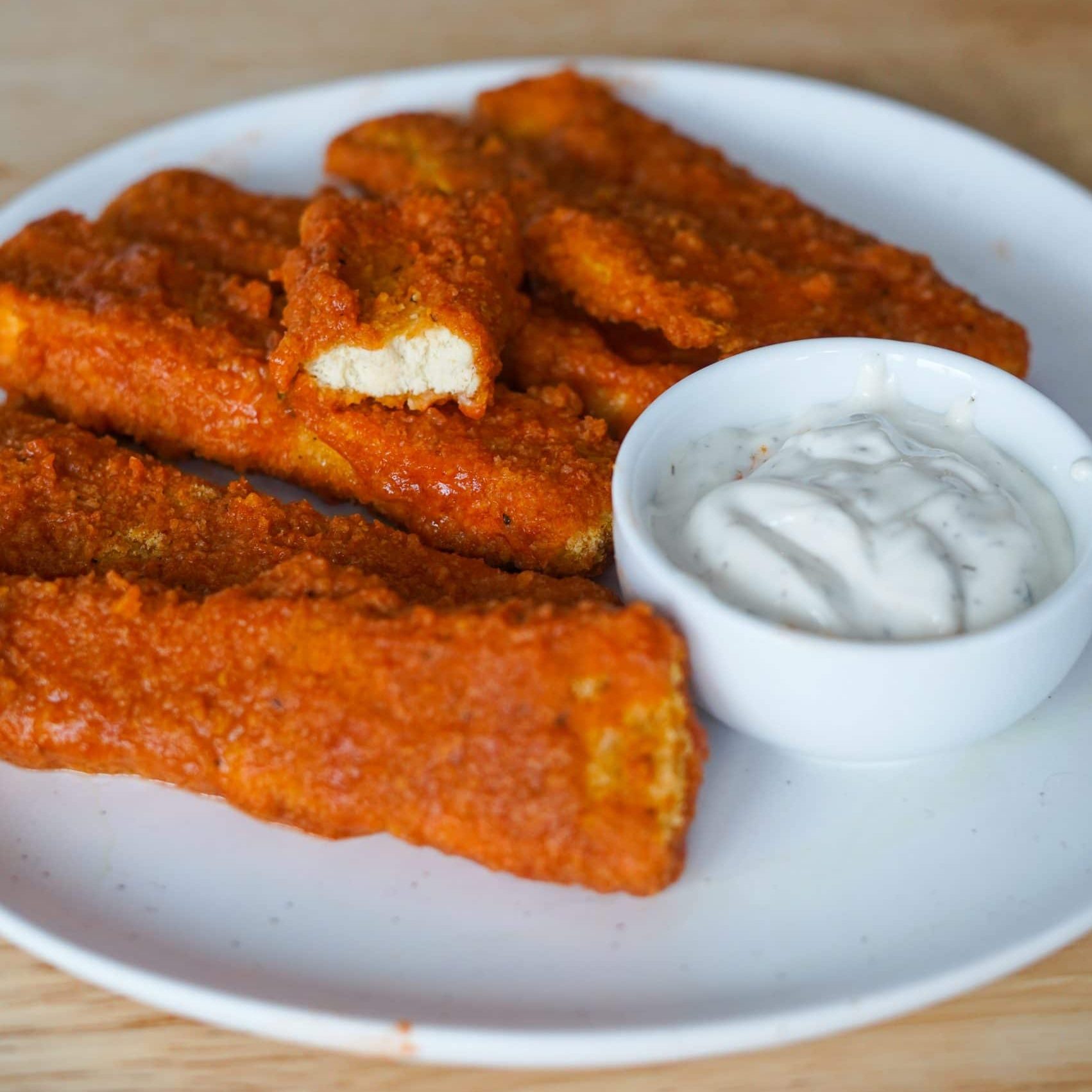
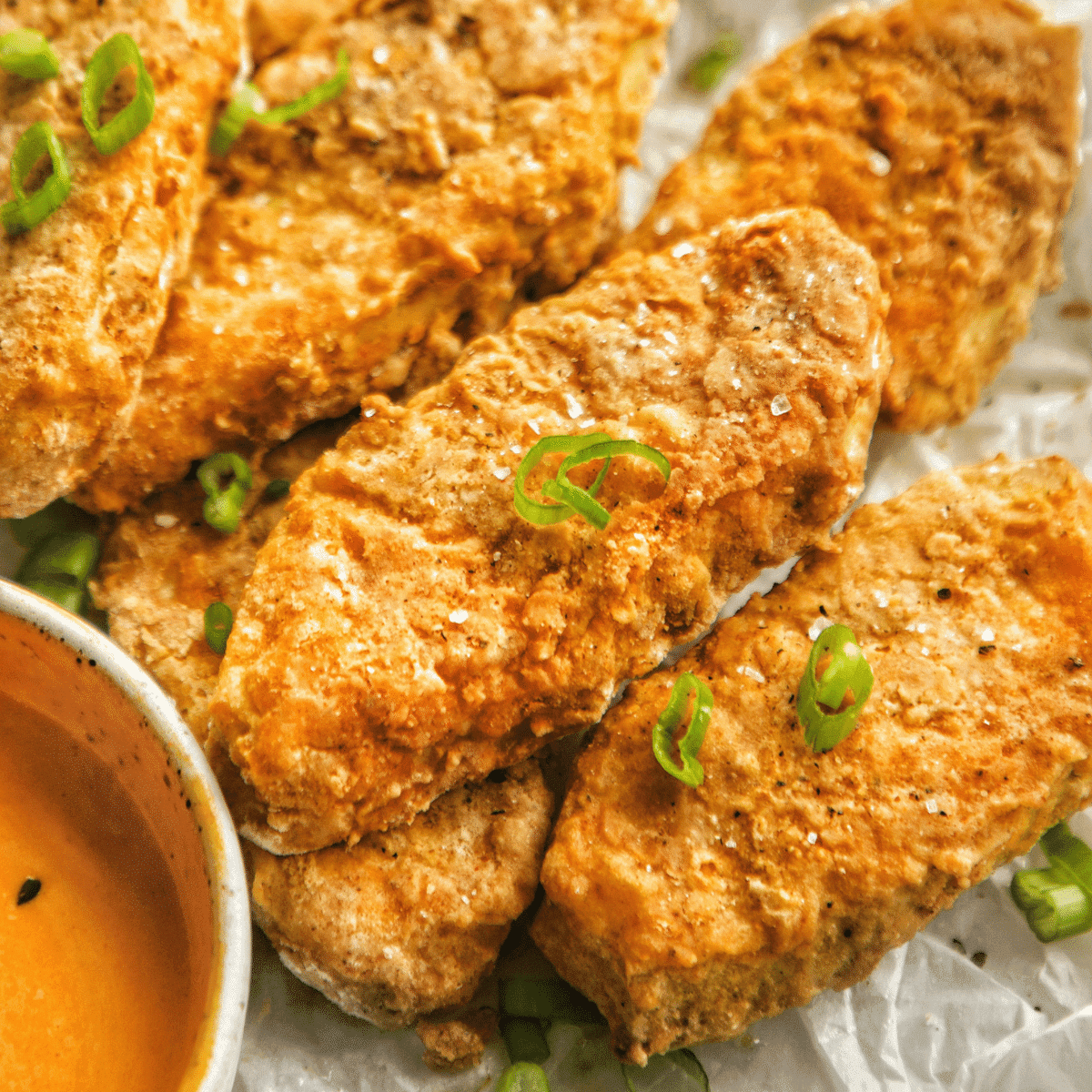
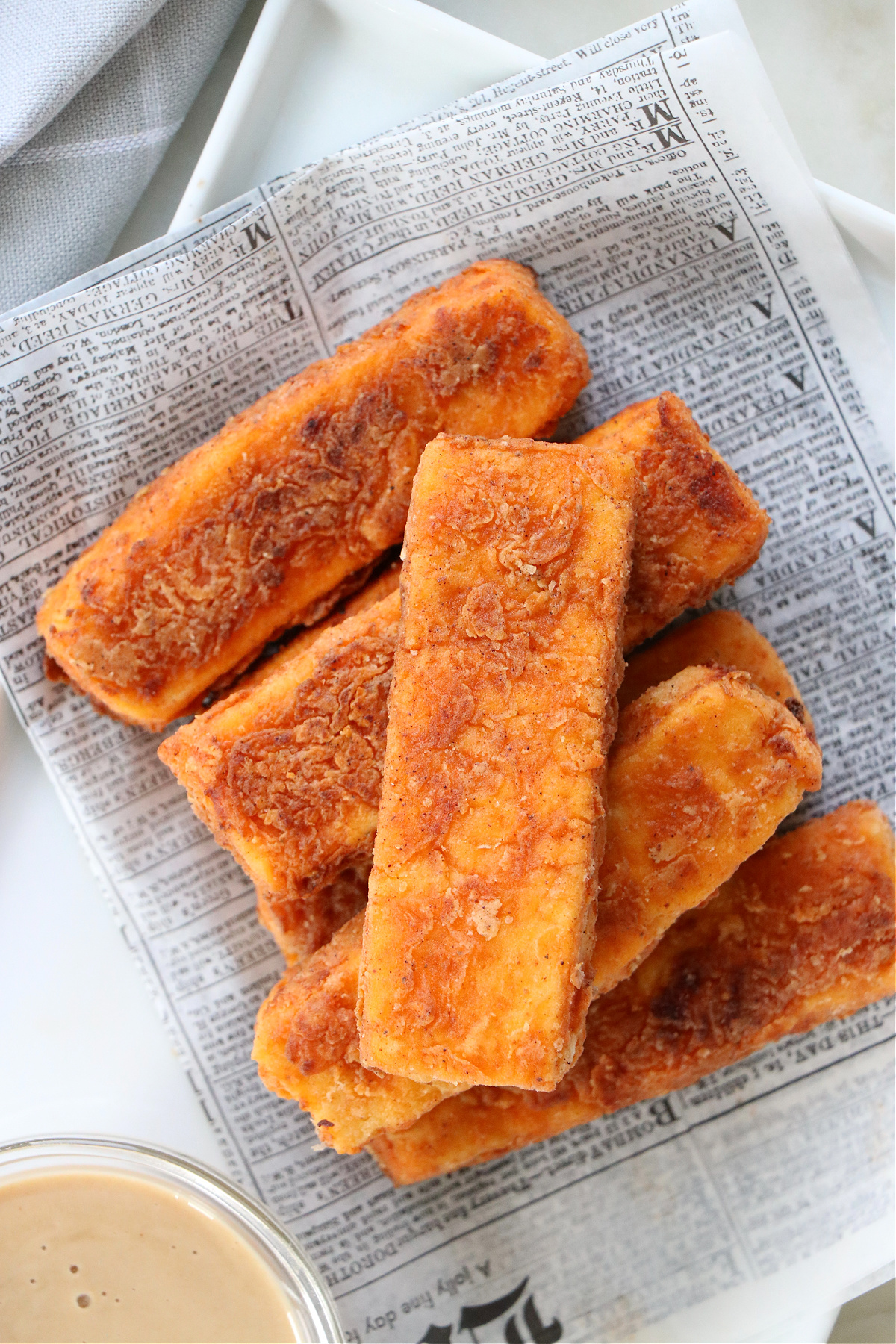

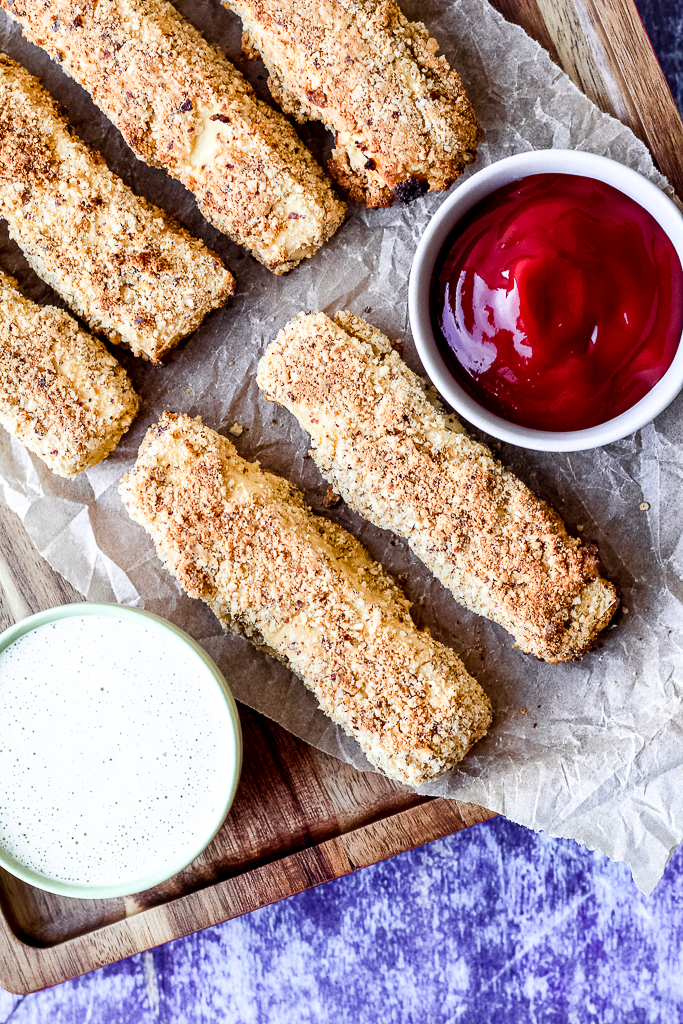
7. 5 Vegan Chicken Patty Alternatives
Chicken patties are seasoned, ground chicken formed into a round, flat shape—perfect for sandwiches or burgers. To veganize them, use mashed chickpeas, lentils, tofu, or textured vegetable protein (TVP) as the base, mix with spices and breadcrumbs, then pan-fry or bake until golden.
Try these vegan chicken patties today for all the flavor and sandwich-ready goodness without any harm of actual chickens.
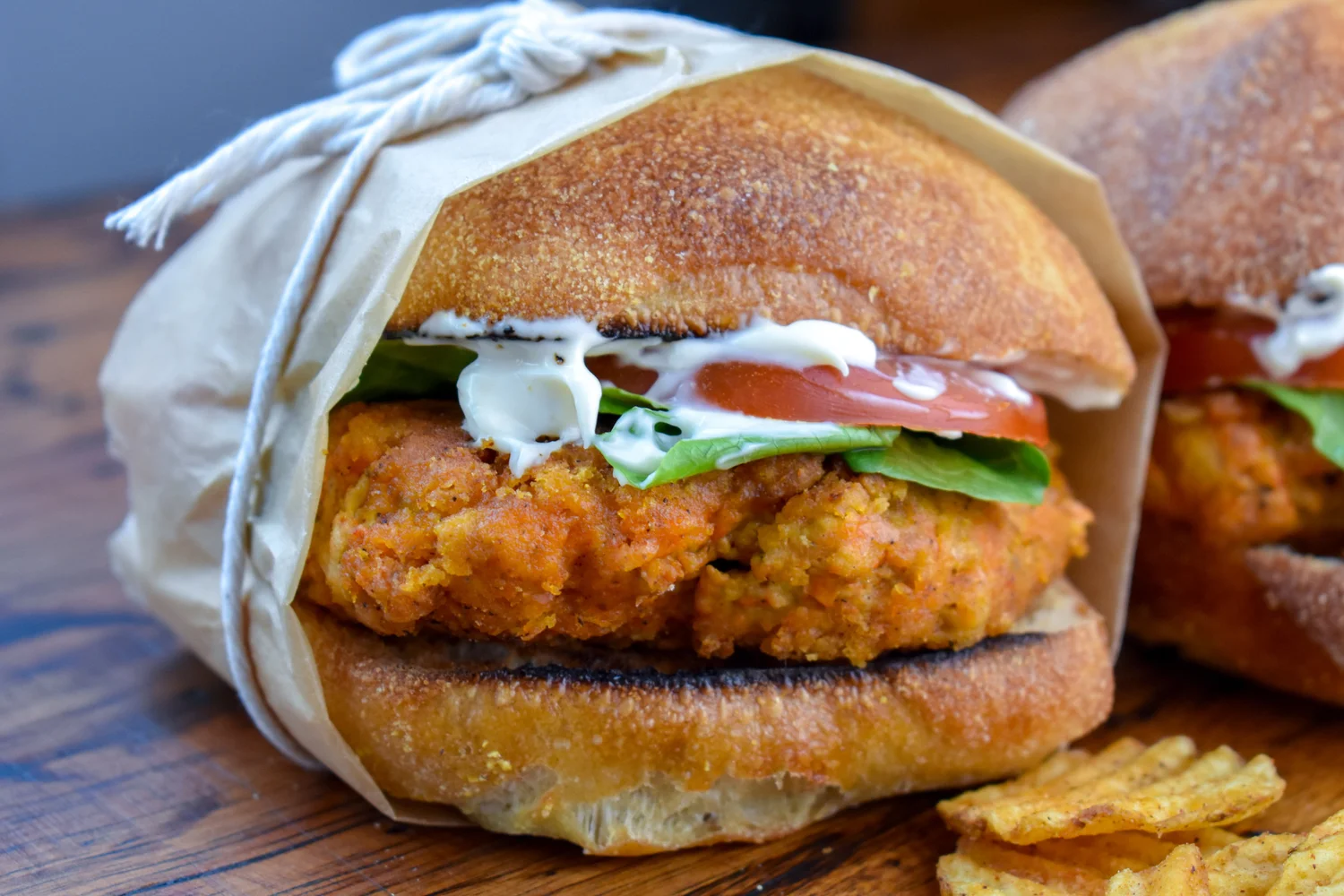
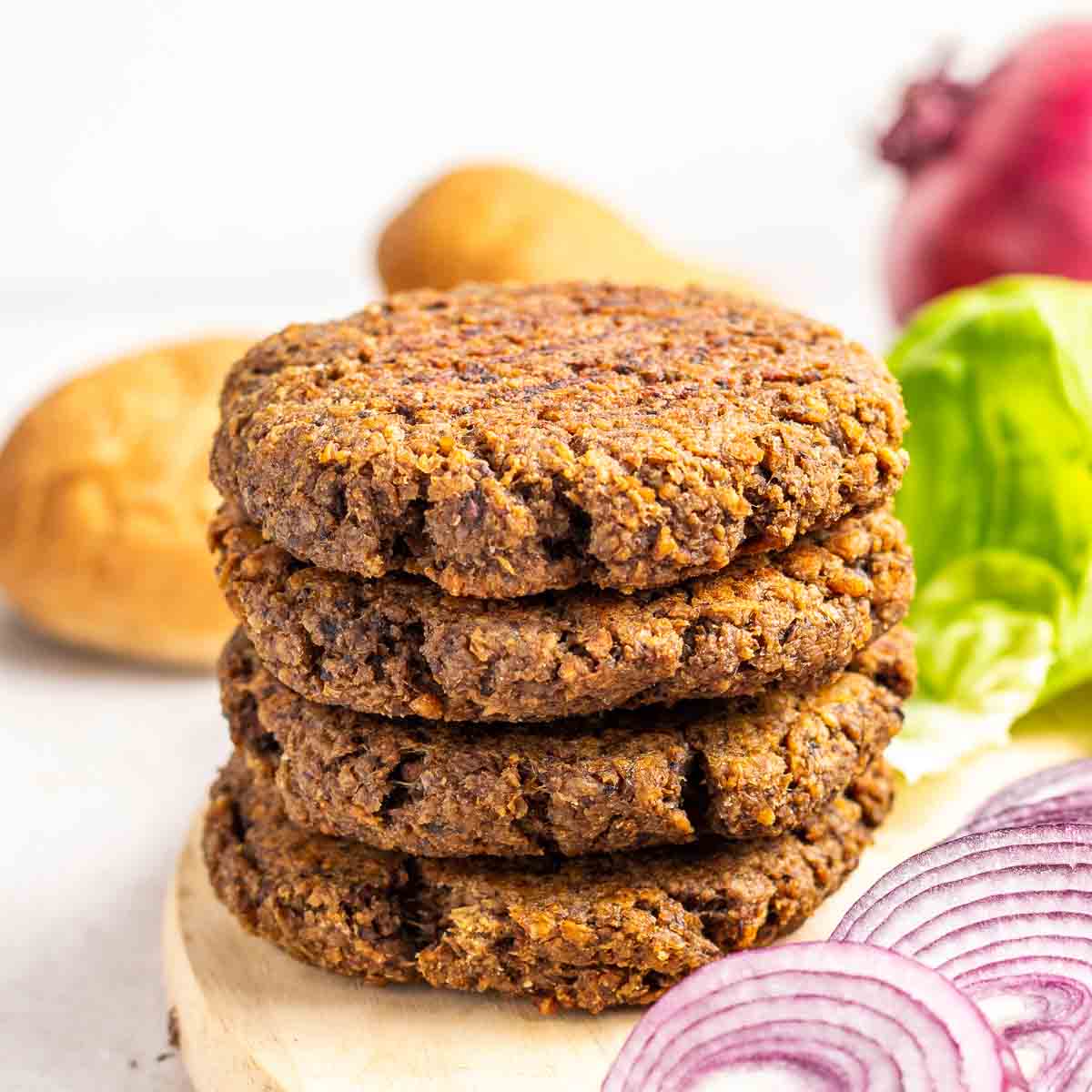
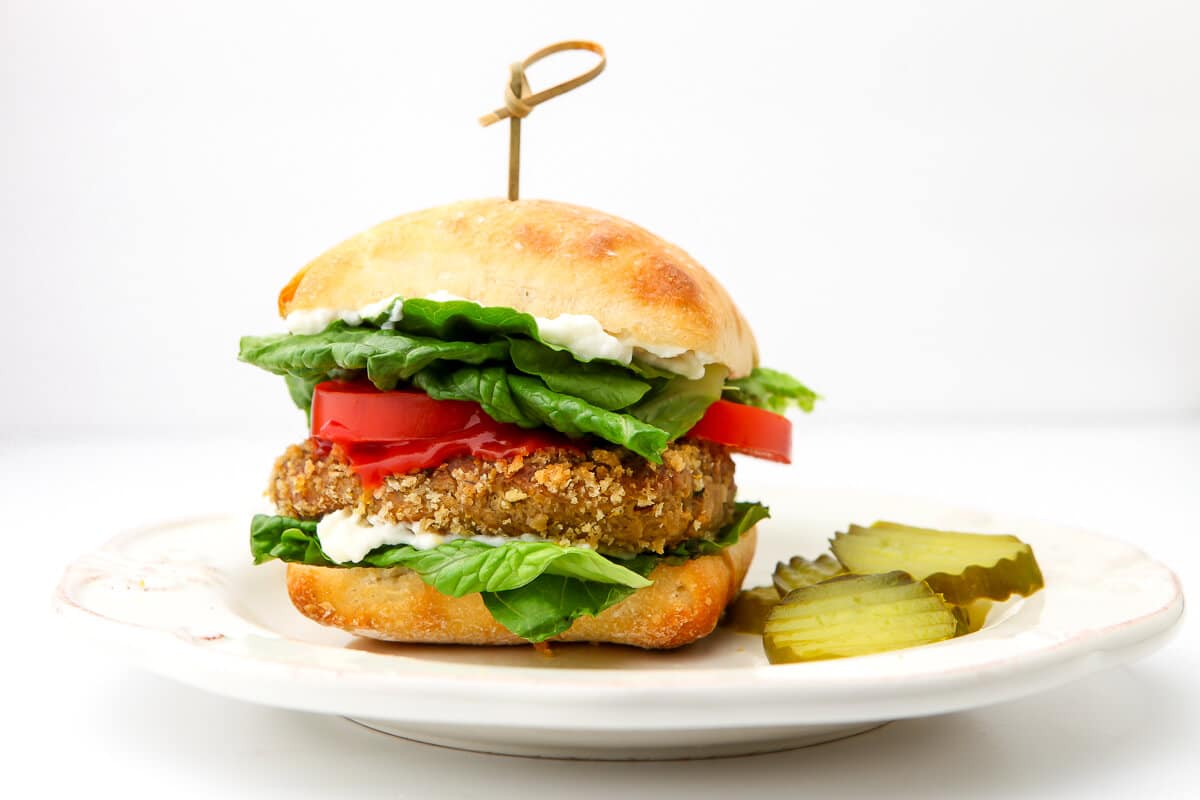
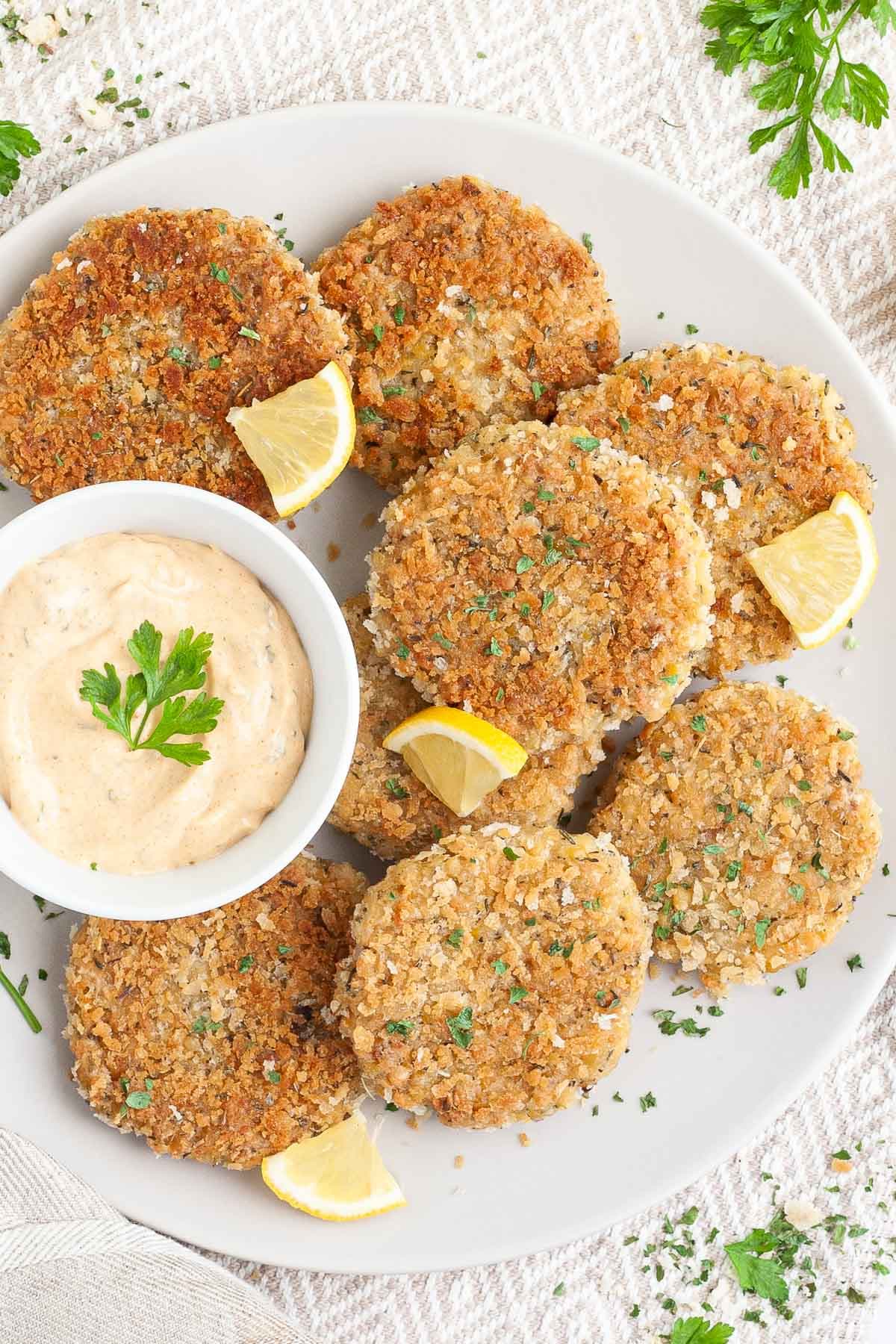
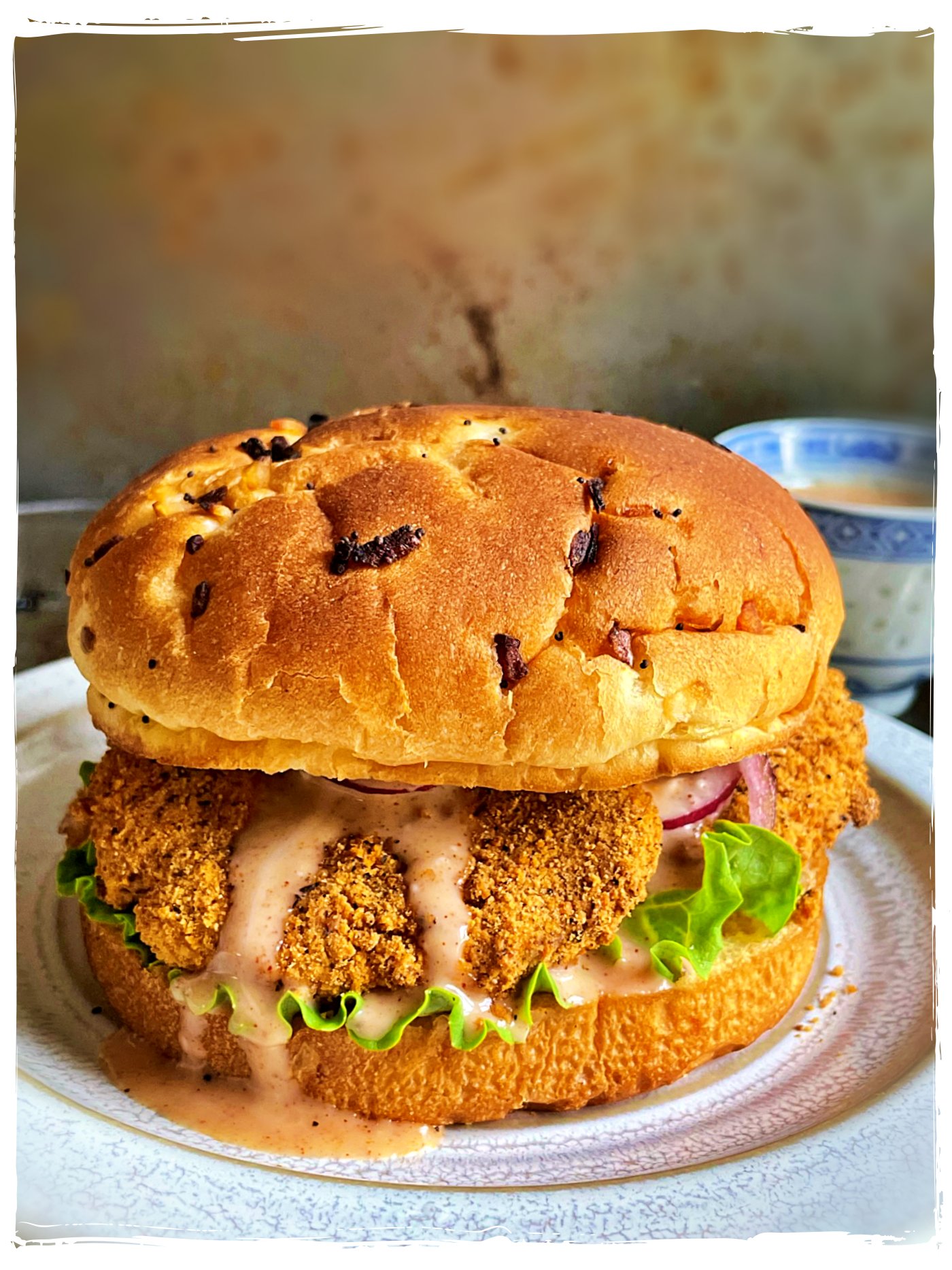
8. 5 Vegan BBQ Pulled Chicken Alternatives
BBQ pulled chicken is tender, shredded chicken smothered in smoky, tangy barbecue sauce—perfect for sandwiches, tacos, or bowls. To veganize it, use jackfruit, shredded seitan, or pulled tofu/tempeh as the base. Simmer or toss with your favorite BBQ sauce until soft, flavorful, and perfectly saucy.
Try vegan BBQ pulled "chicken" today and enjoy all the smoky, saucy goodness—100% plant-based!
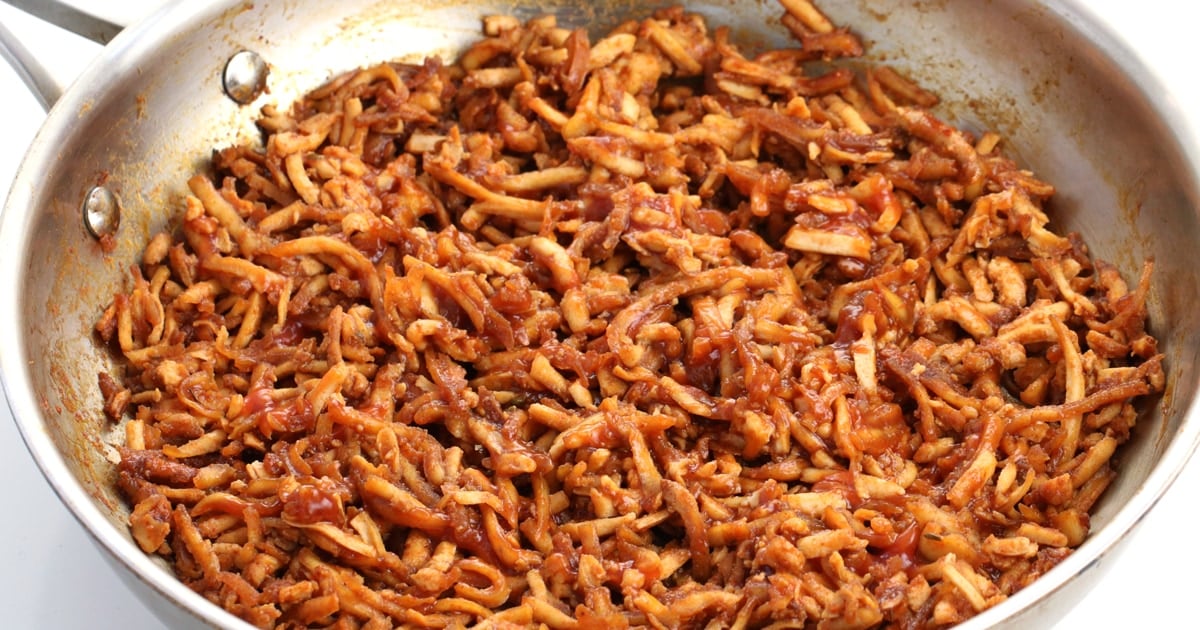
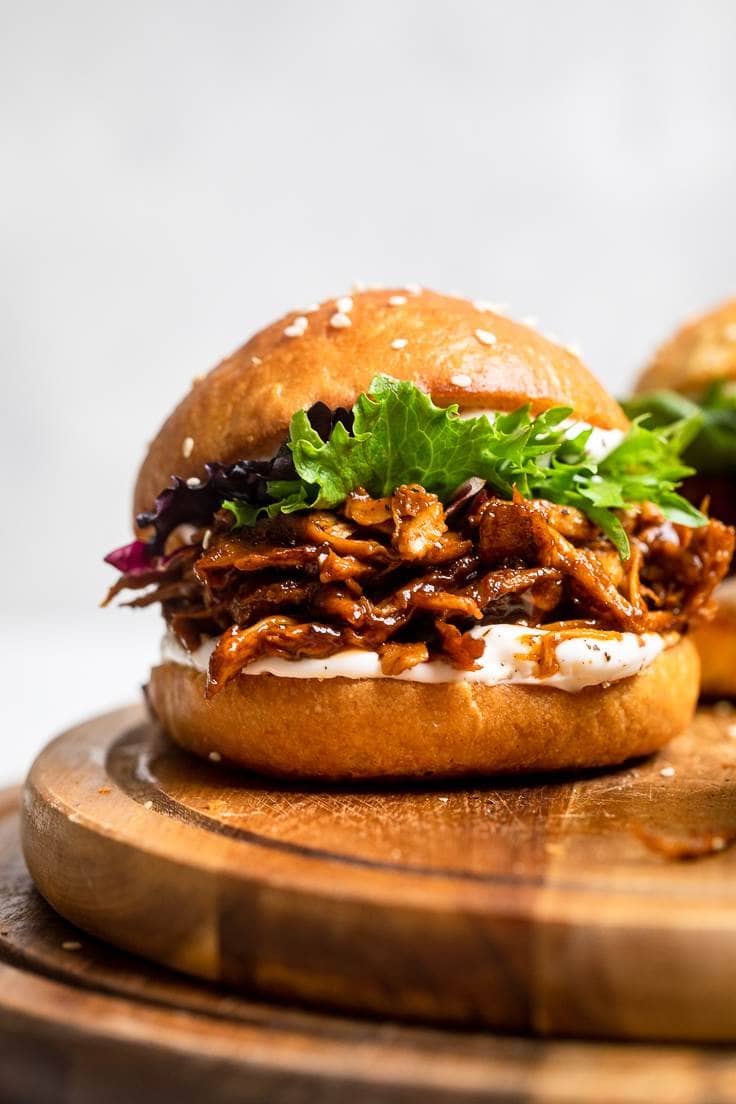
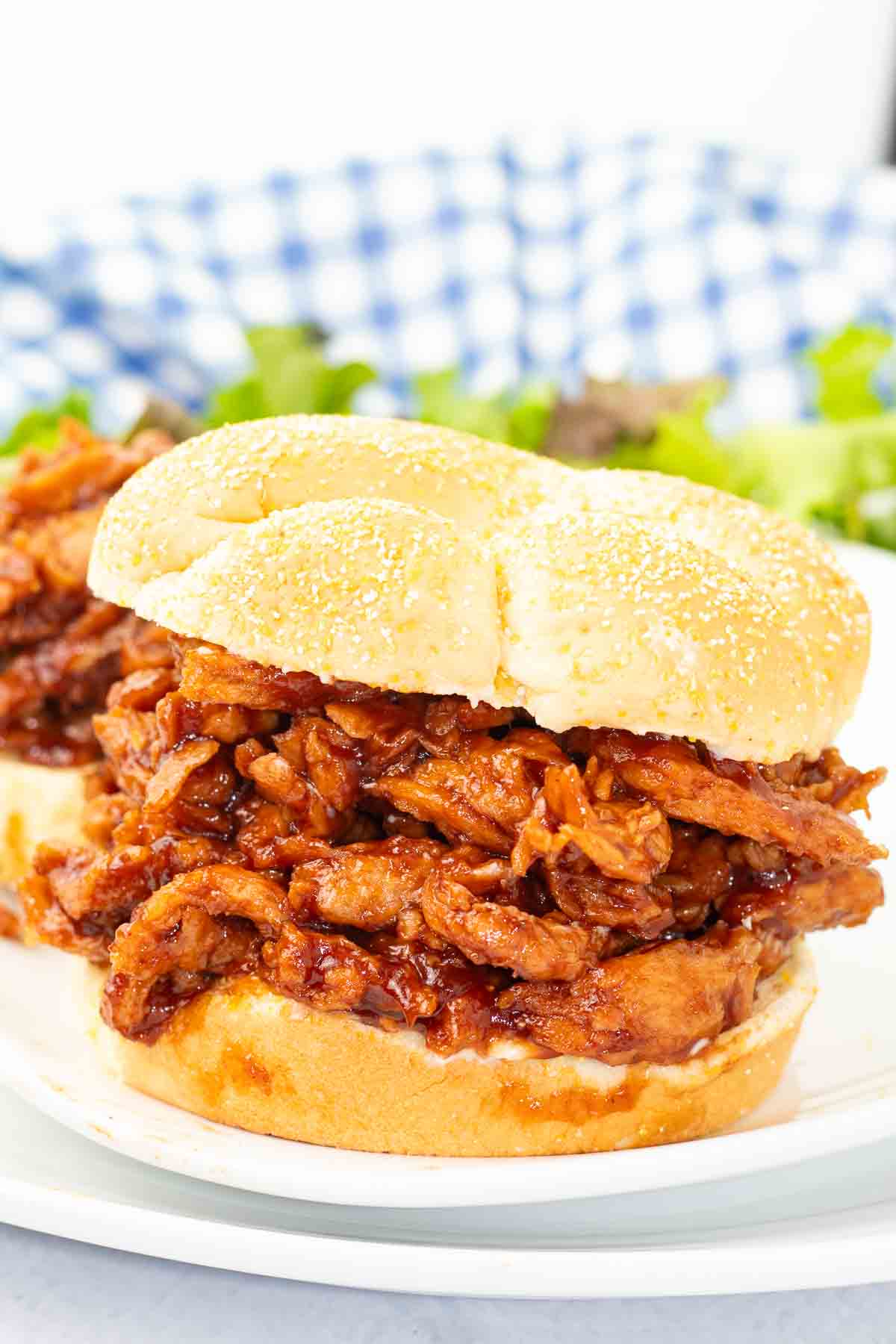
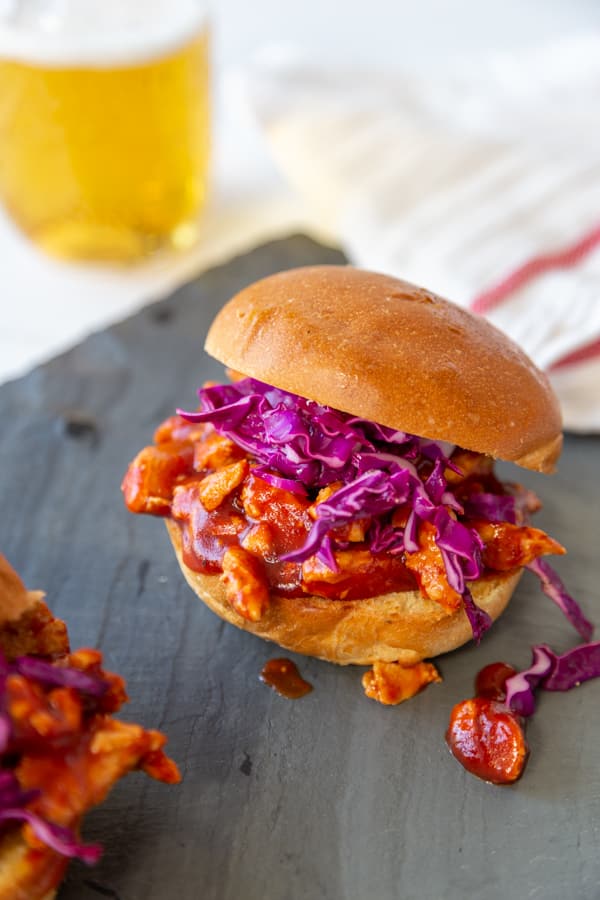
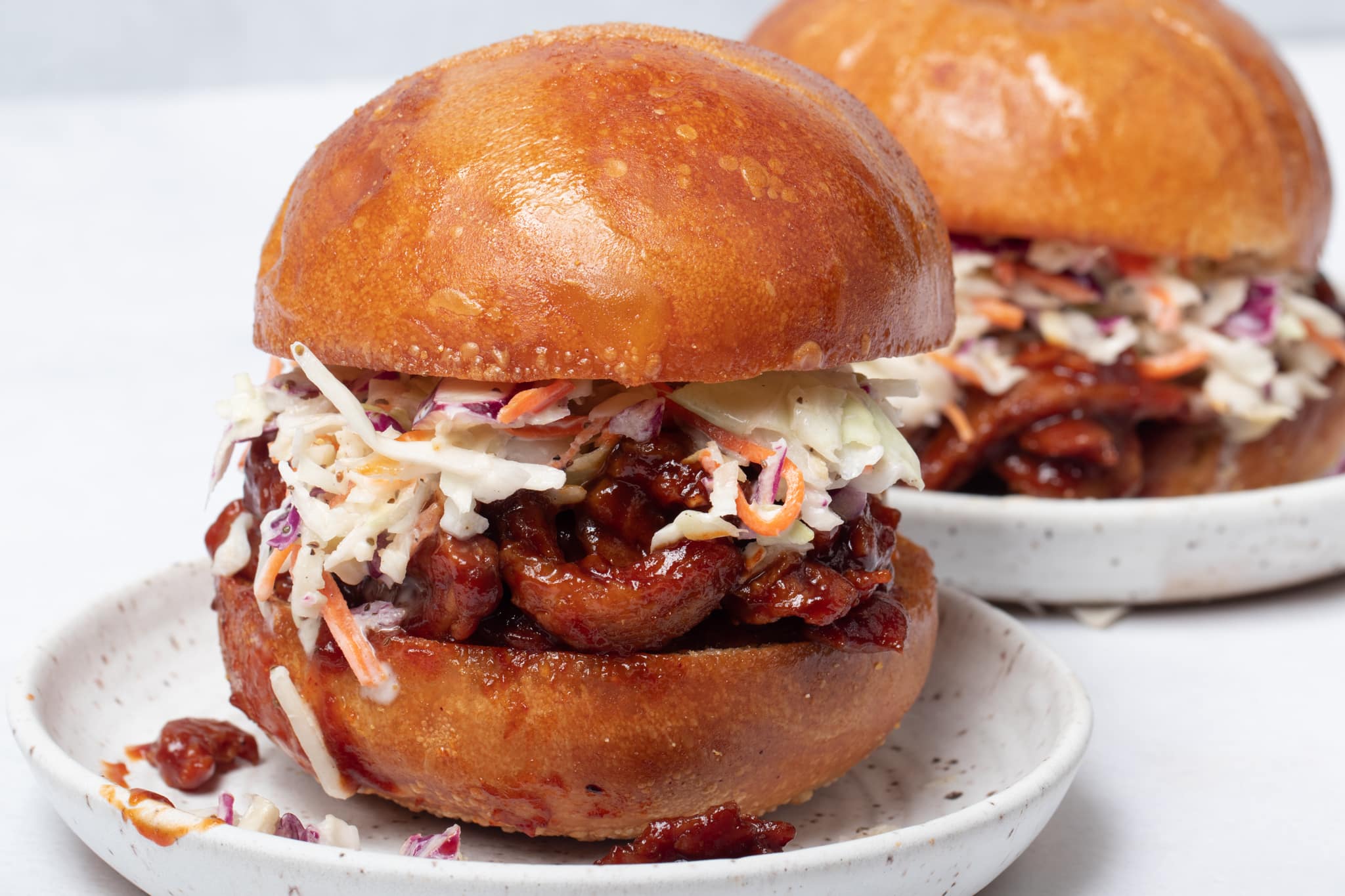
9. 5 Vegan Chicken Pot Pie Alternatives
Chicken pot pie is a comforting dish of tender chicken, veggies, and creamy sauce baked under a flaky crust. To veganize it, swap the chicken for tofu, tempeh, seitan, or chickpeas, and use plant-based milk or cream for the sauce. Add your favorite vegetables and bake under a vegan pastry crust until golden and bubbly.
Try vegan chicken pot pie today for all the cozy, savory goodness of this comfort food without any harm necessary.
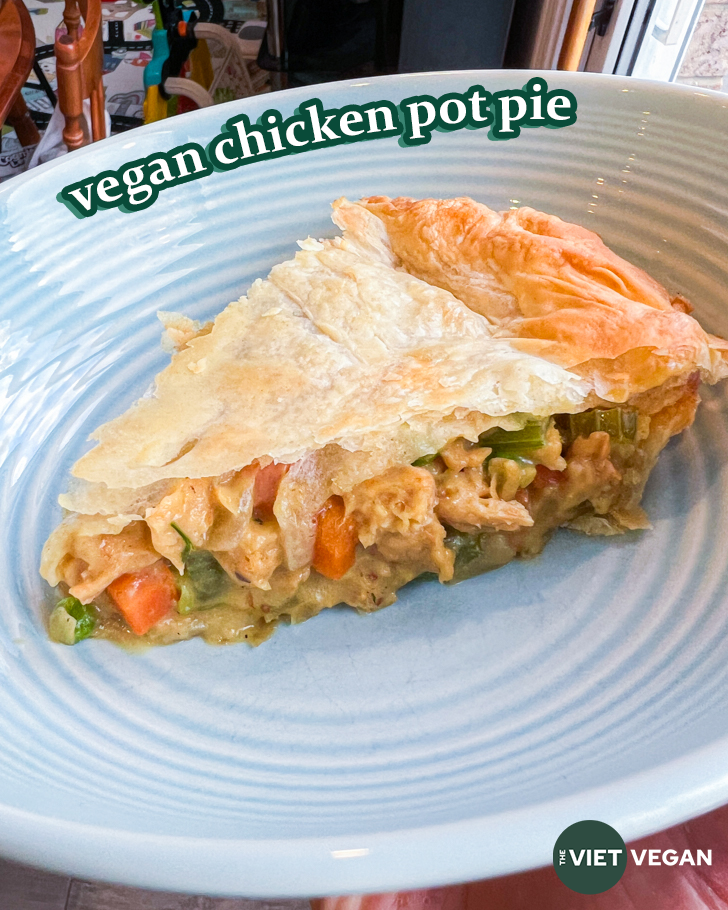
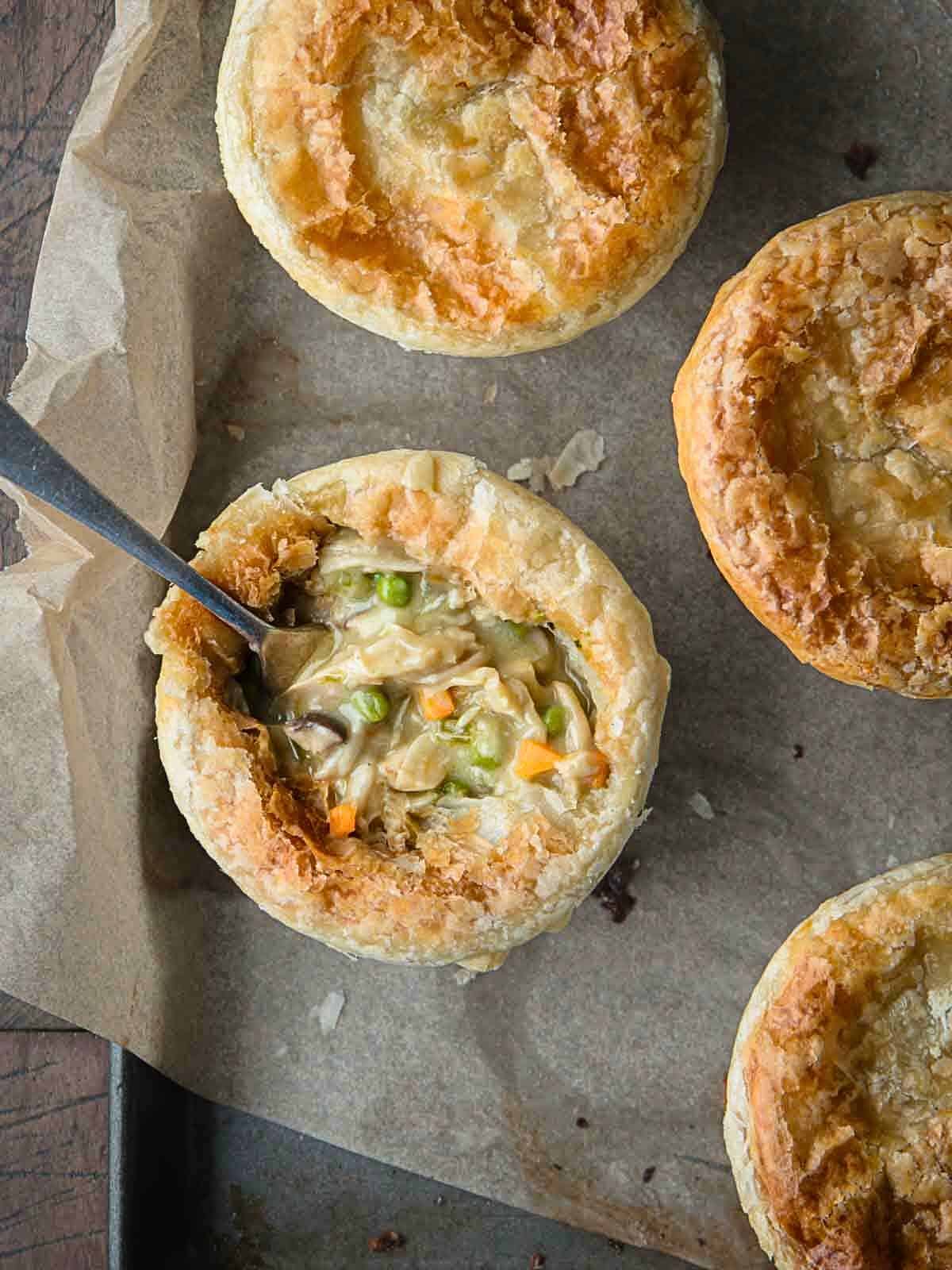
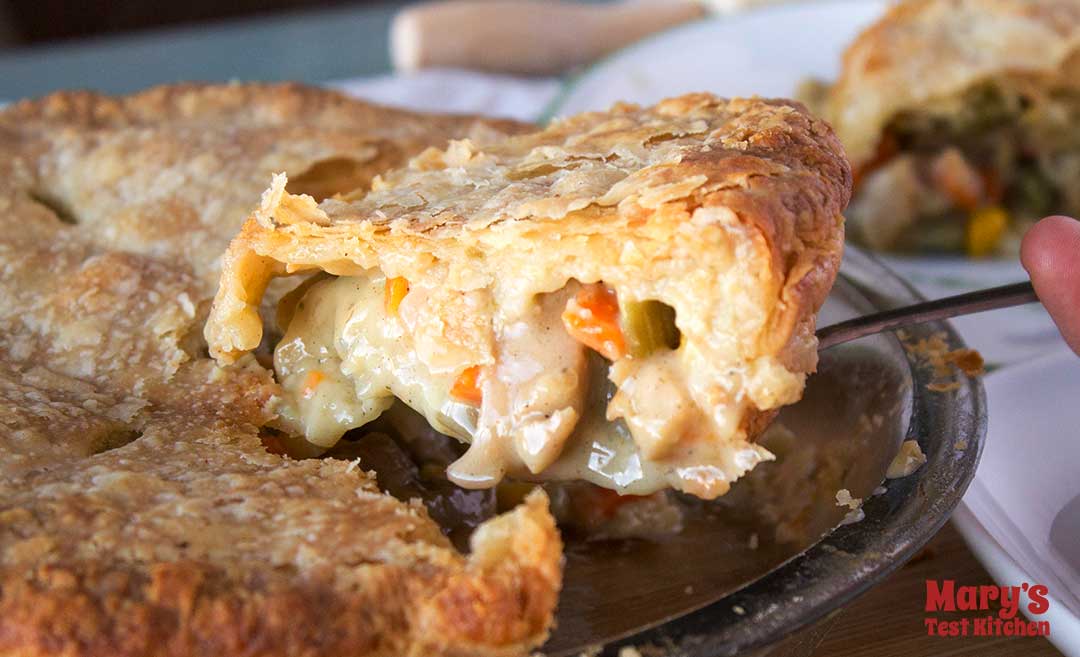
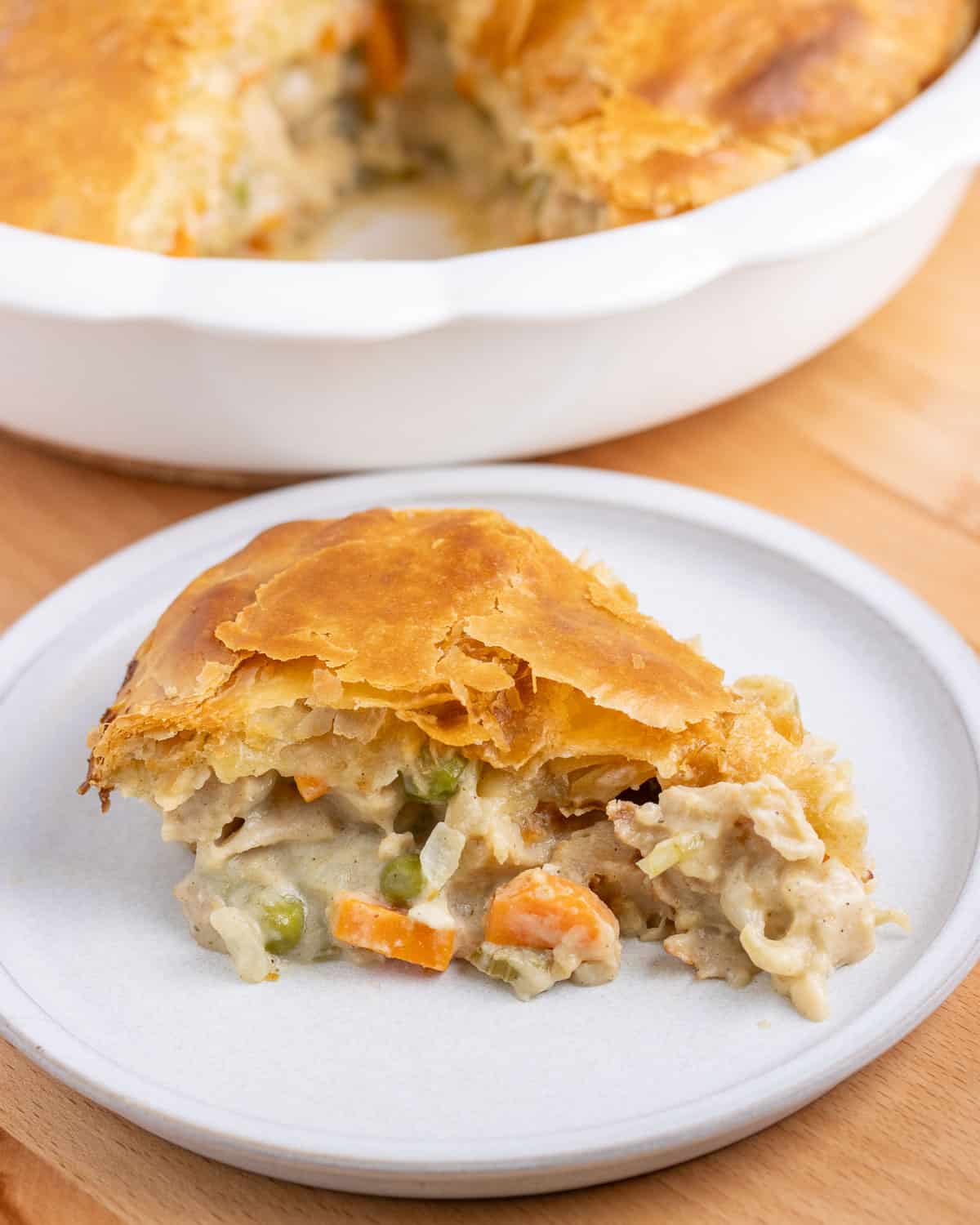
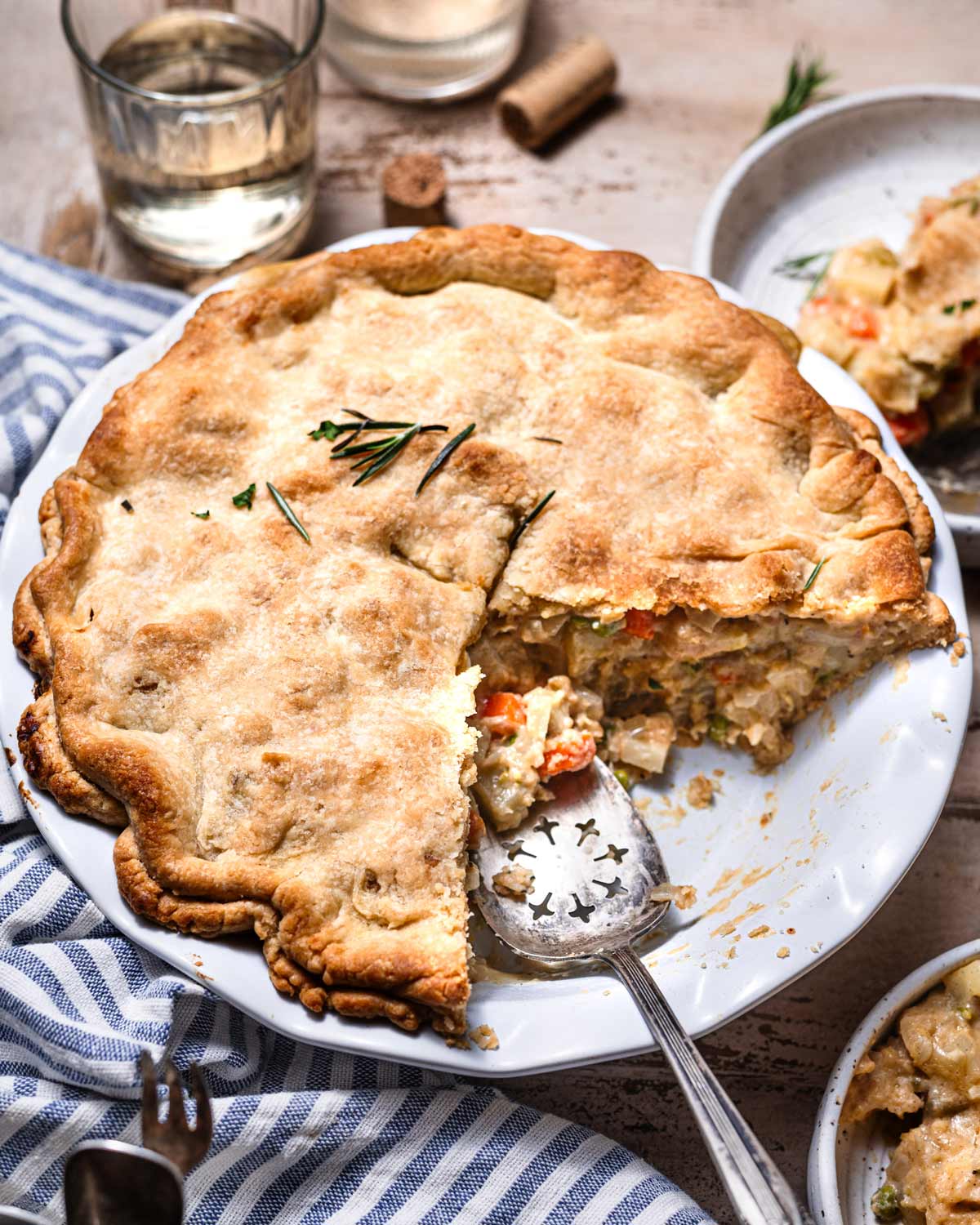
10. 5 Vegan Chicken and Dumplings Alternatives
Chicken and dumplings is a hearty, comforting dish of tender chicken simmered in savory broth with soft, fluffy dumplings. To veganize it, swap the chicken for tofu, seitan, or jackfruit, and use vegetable broth with plant-based milk or cream for the dumplings. Simmer until the flavors meld and the dumplings are pillowy and cooked through.
Try vegan "chicken and dumplings" today for all the cozy comfort—completely plant-based!
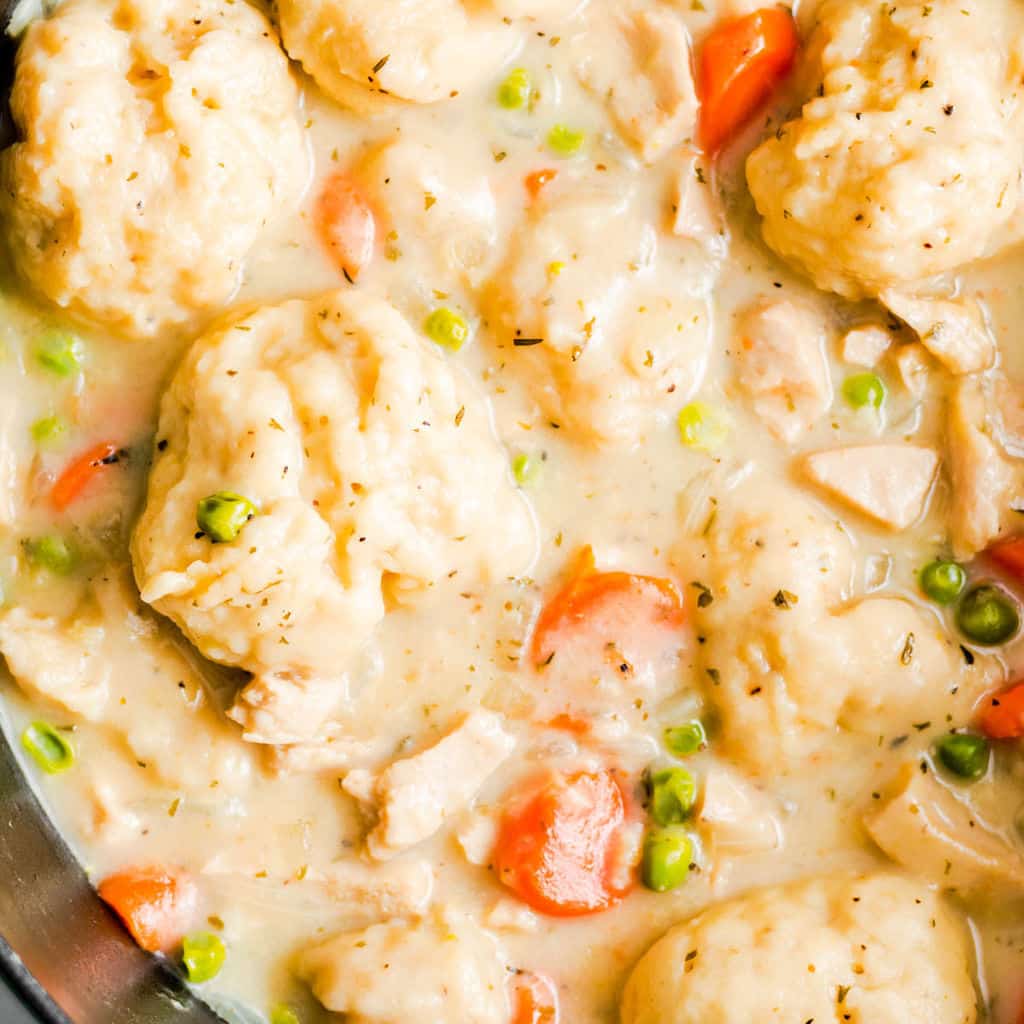
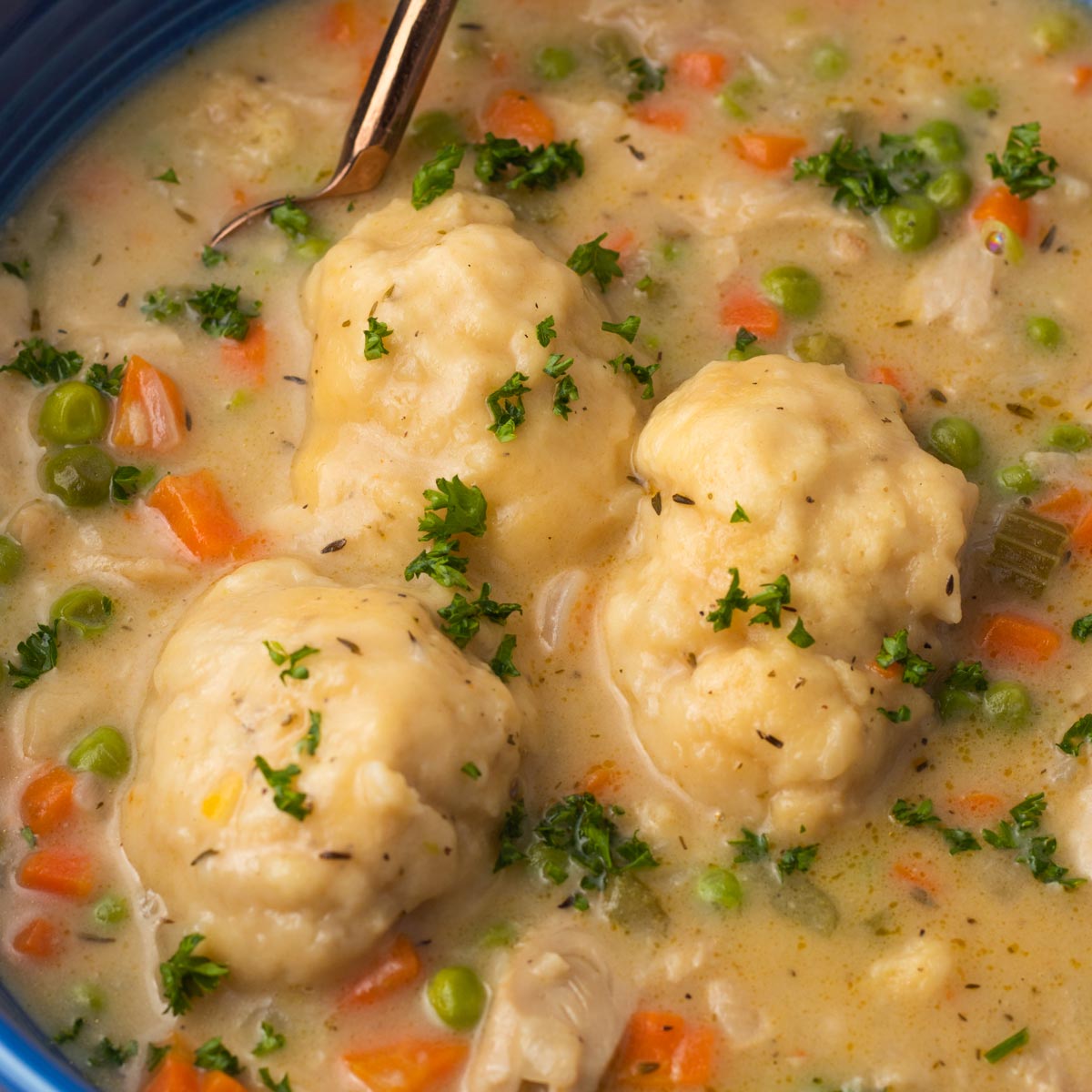
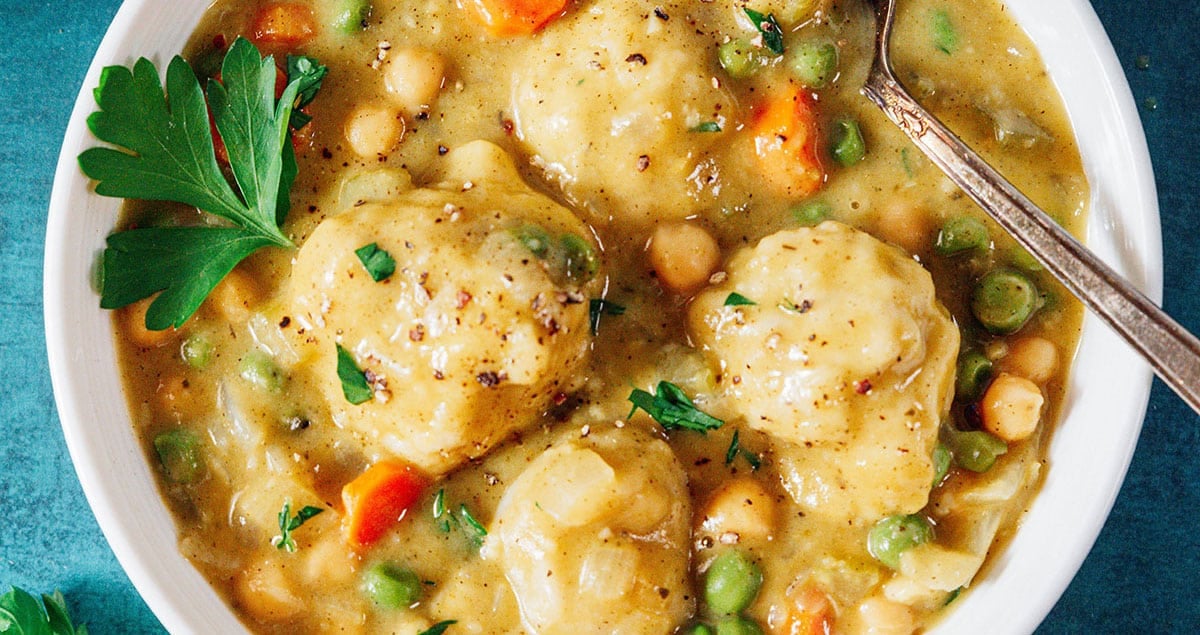
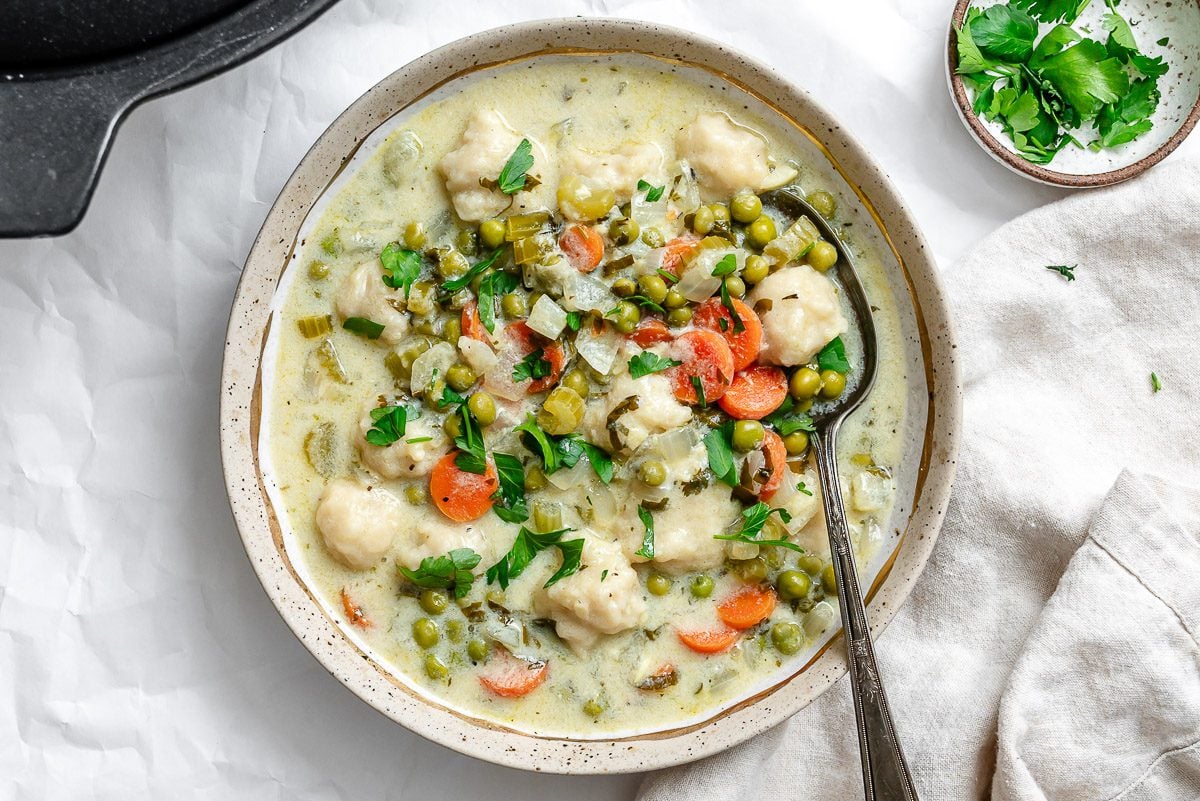
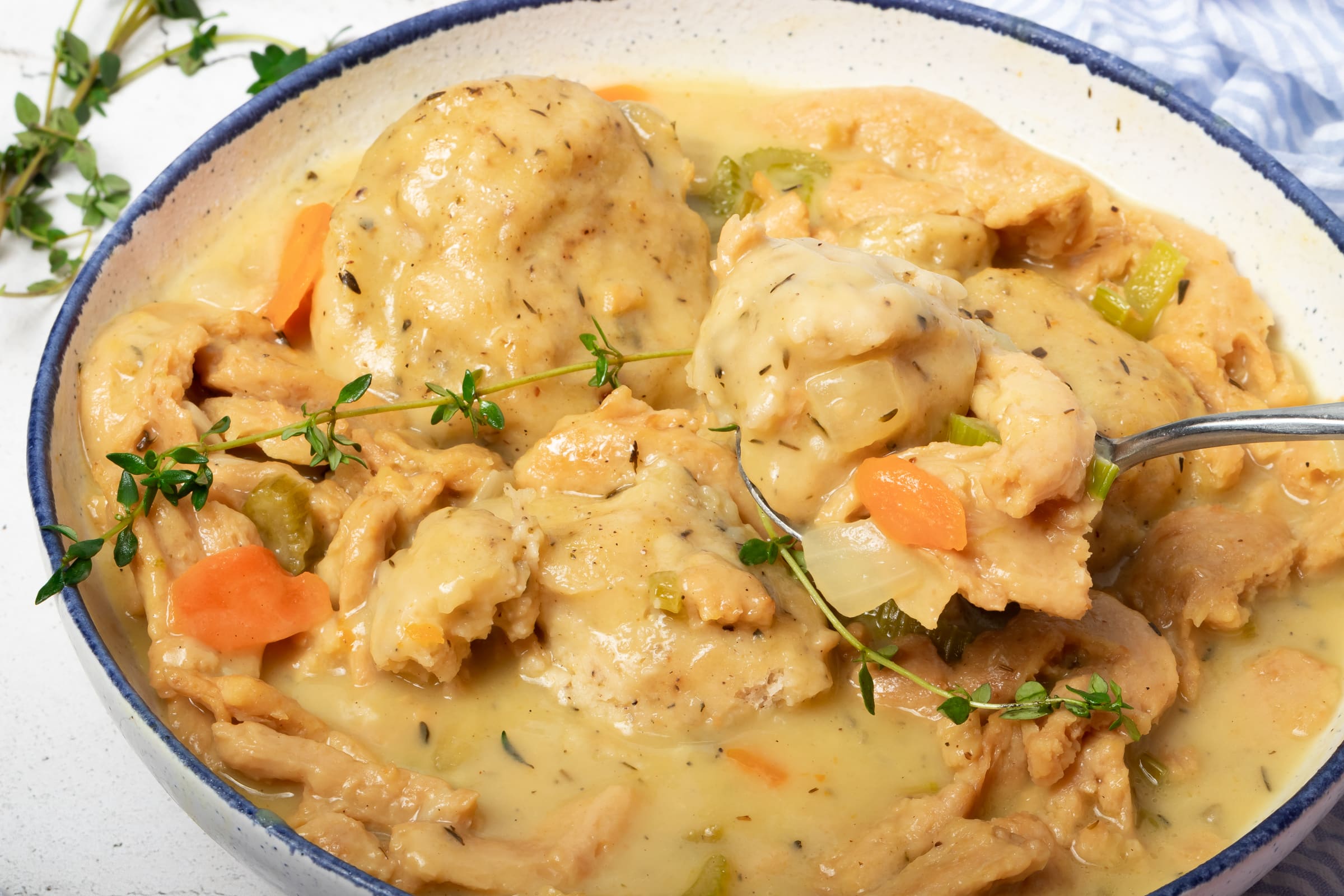
11. 5 Vegan Chicken Noodle Soup Alternatives
Chicken noodle soup is a cozy classic made with broth, noodles, vegetables, and chunks of chicken. To veganize it, swap the chicken for tofu, soy curls, or chickpeas, and use veggie broth as the base. Add carrots, celery, onions, and your favorite noodles for that comforting flavor.
Try a vegan chicken noodle soup recipe today and warm up with a bowl of plant-powered comfort!
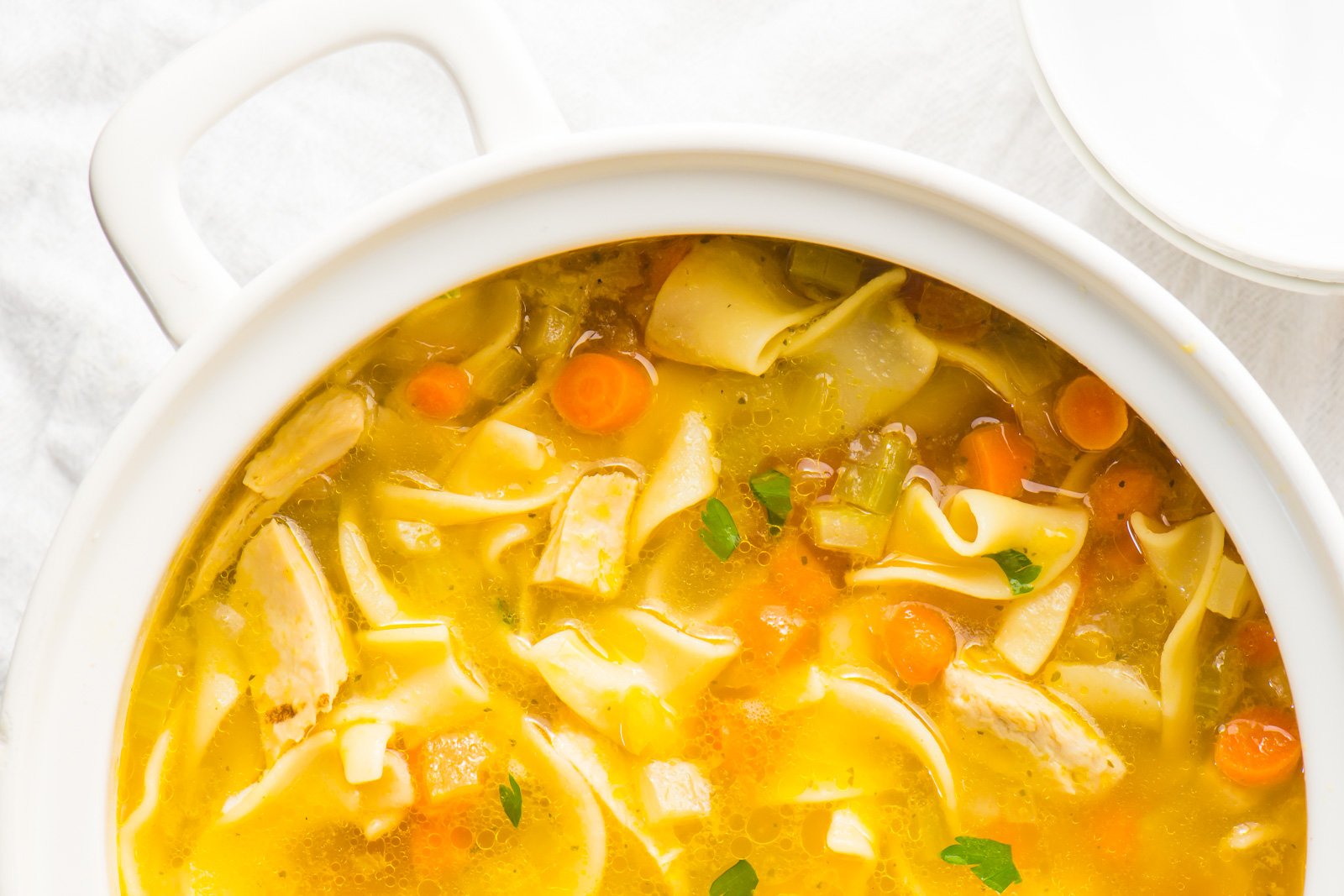
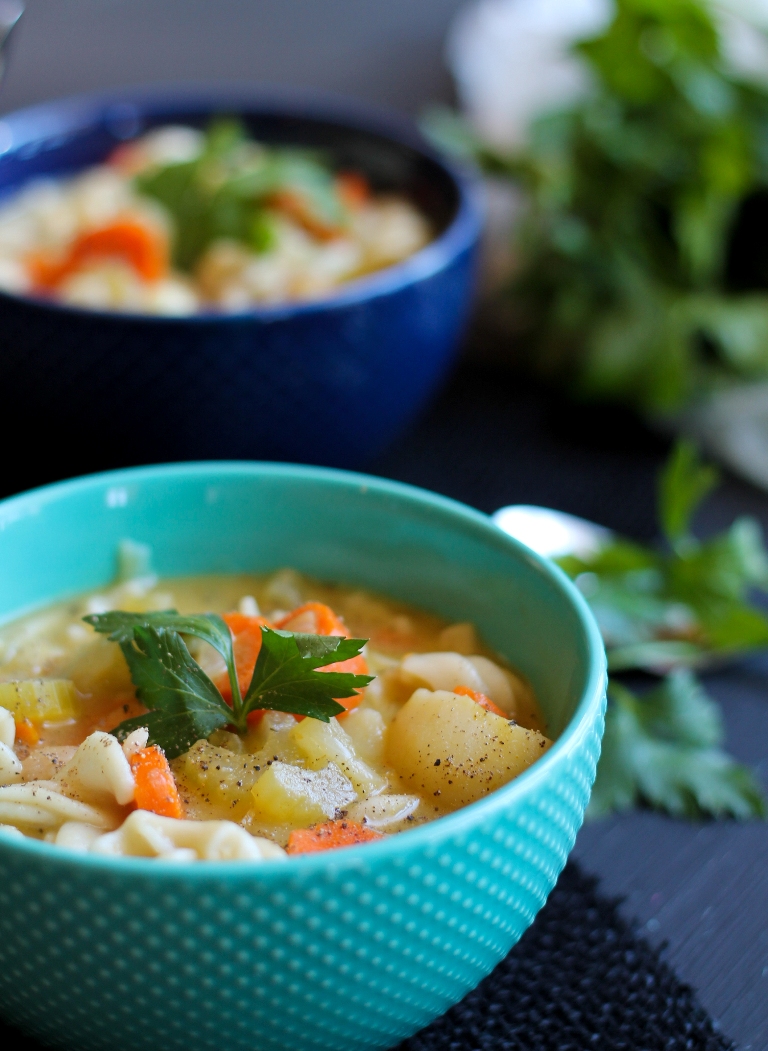
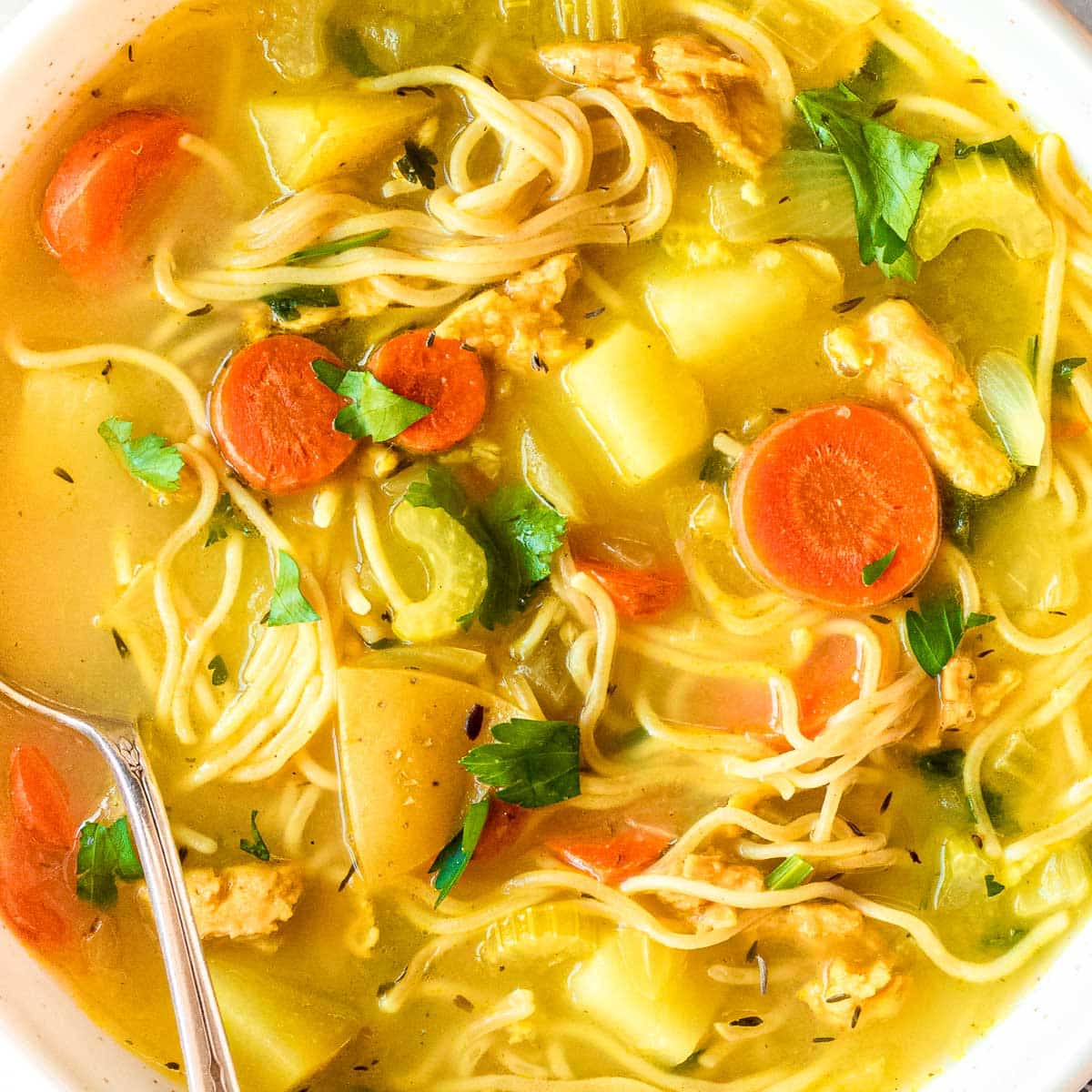
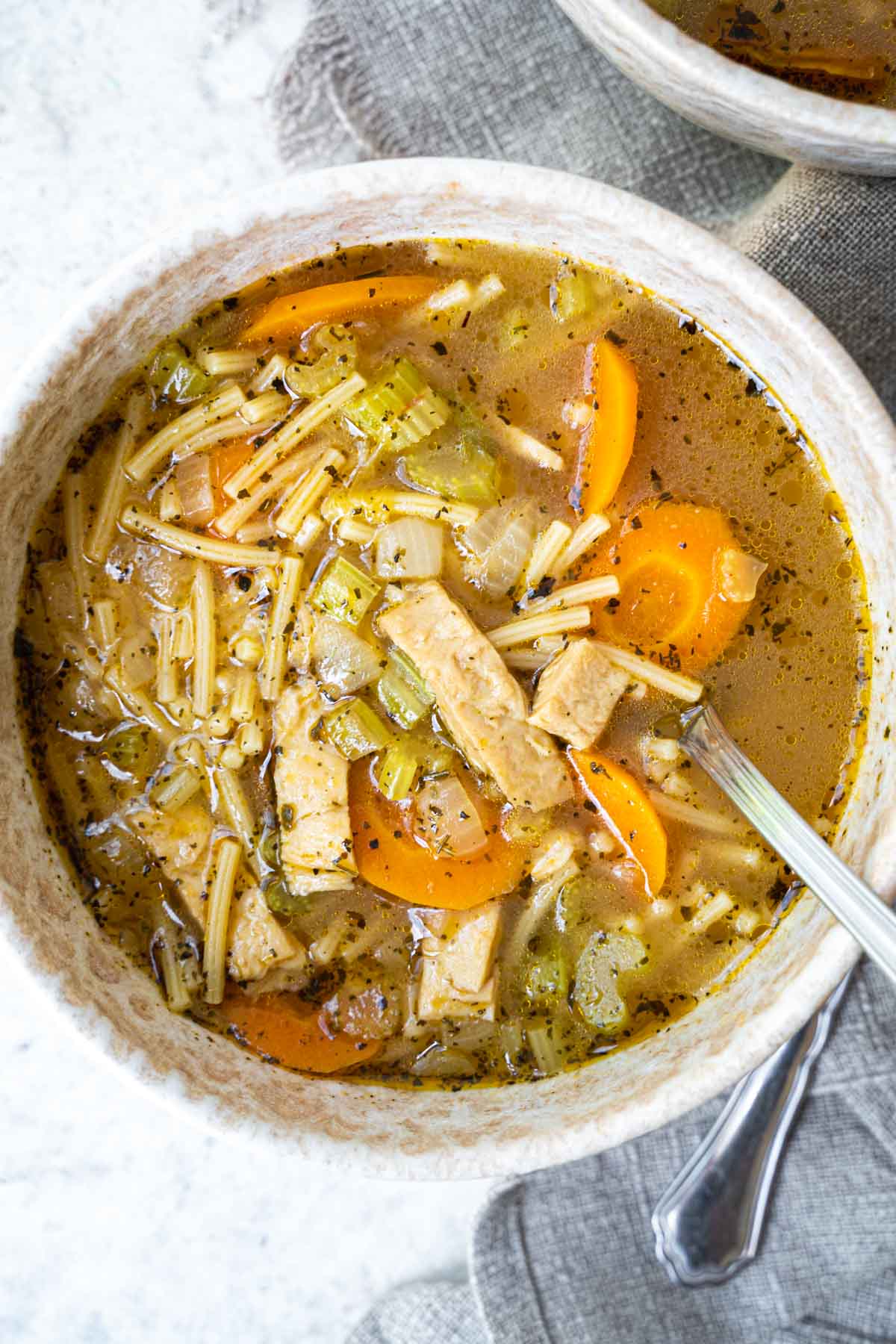
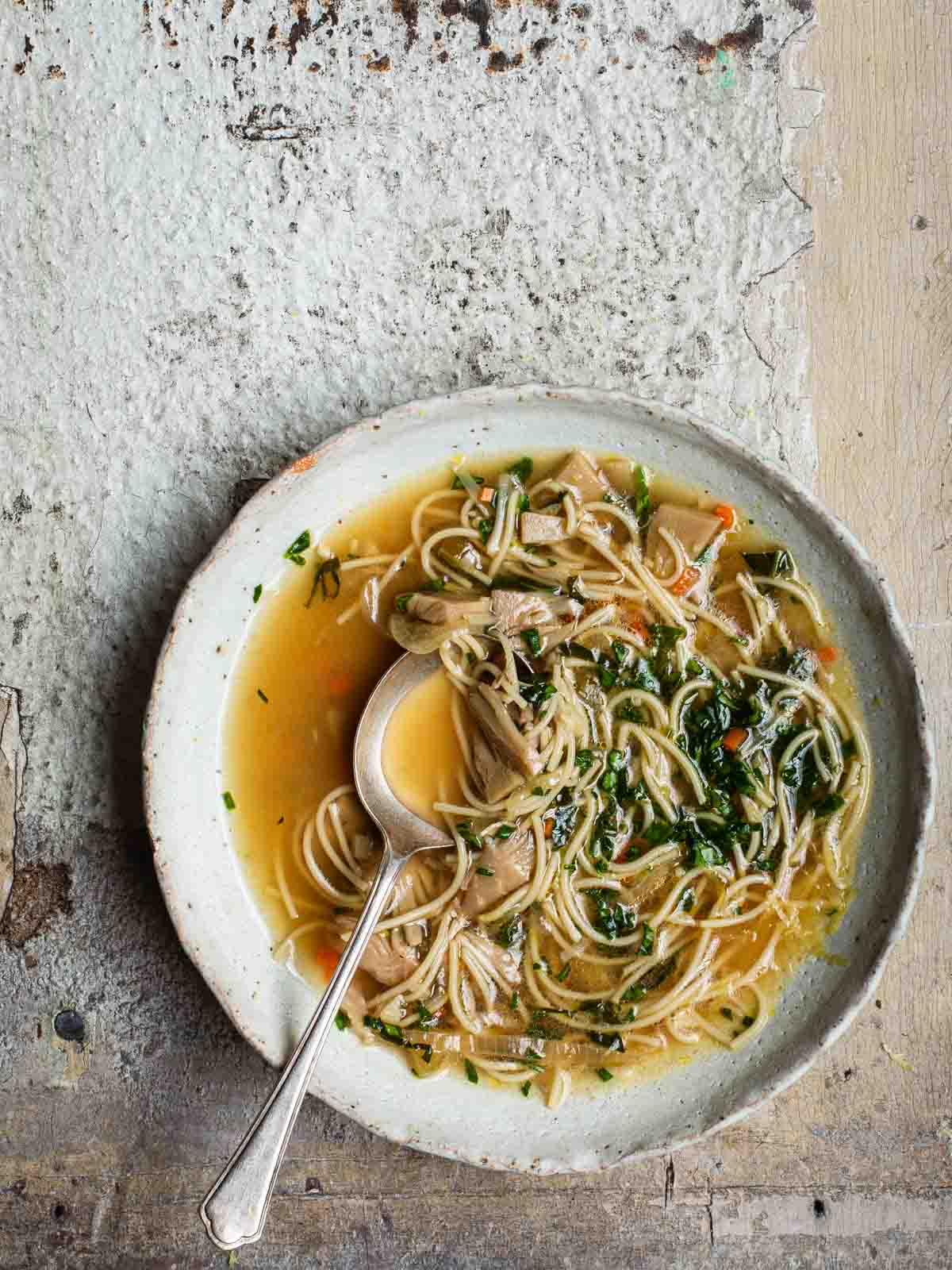
12. 5 Vegan Chicken Caesar Salad Alternatives
Chicken Caesar salad is a crisp, creamy classic made with romaine lettuce, grilled chicken, croutons, and Caesar dressing. To veganize it, swap the chicken for grilled tofu, tempeh, or chickpeas, use dairy-free Caesar dressing, and top with crunchy homemade croutons and vegan parmesan.
Try vegan chicken Caesar salad today for a fresh, flavorful twist on the classic.
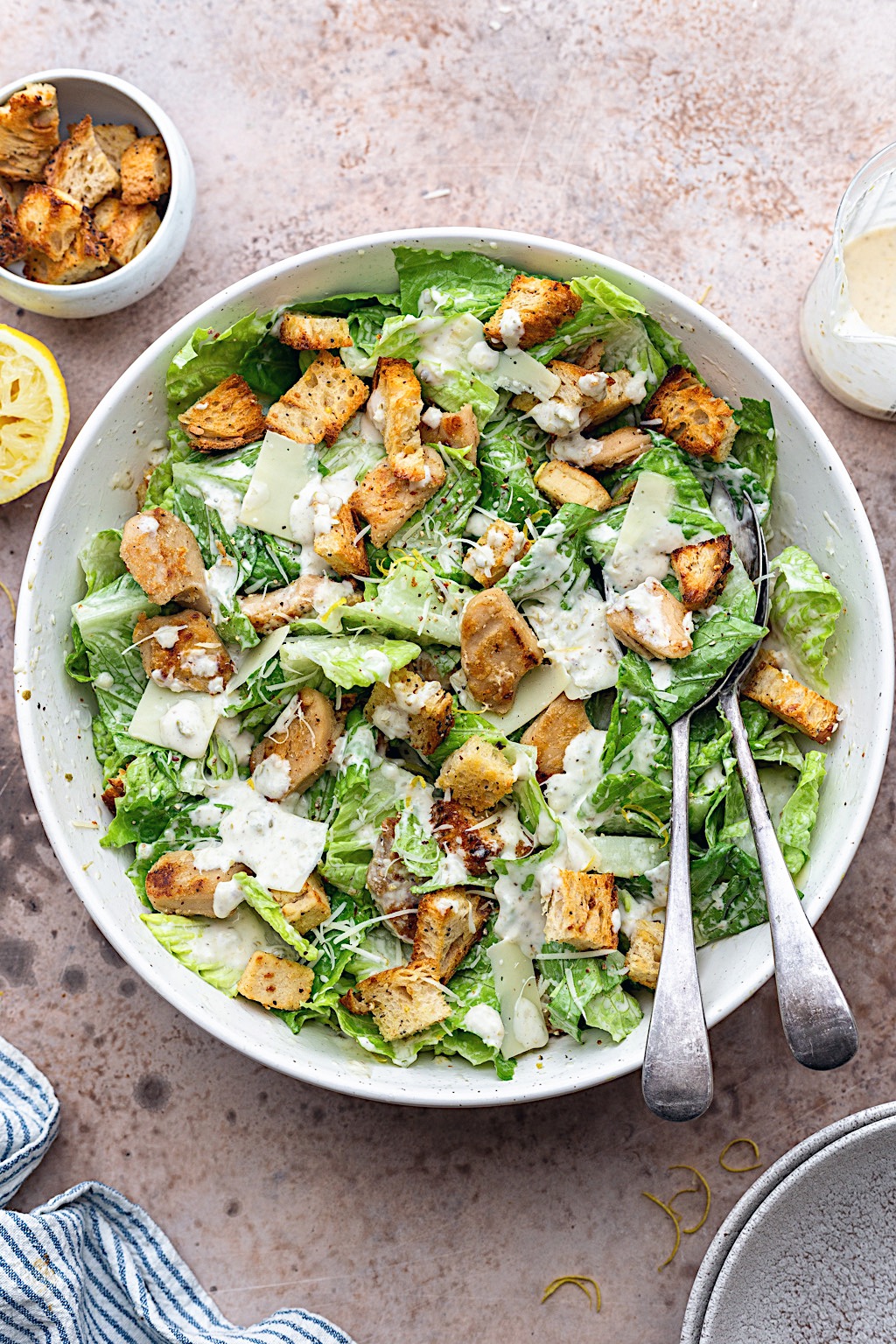
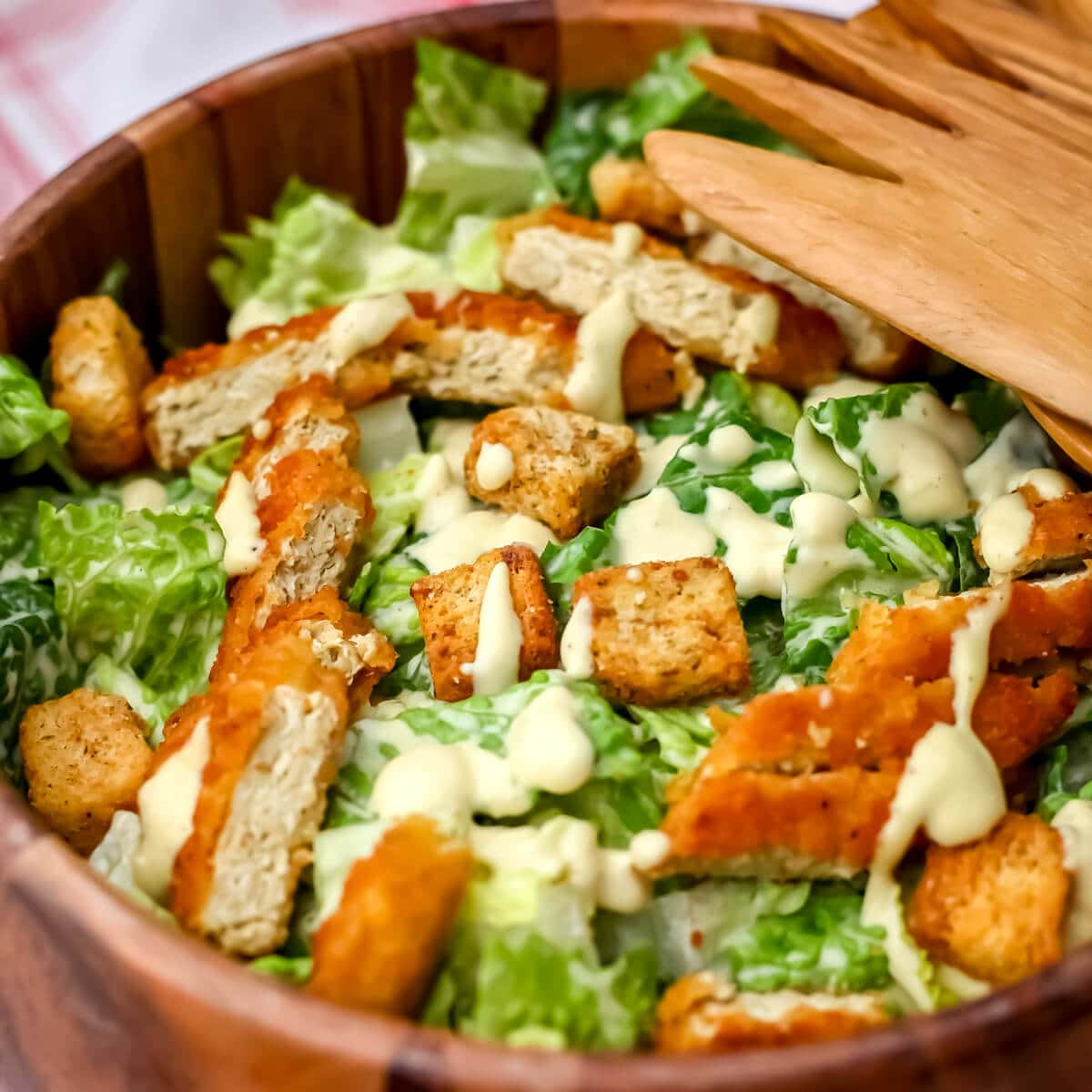
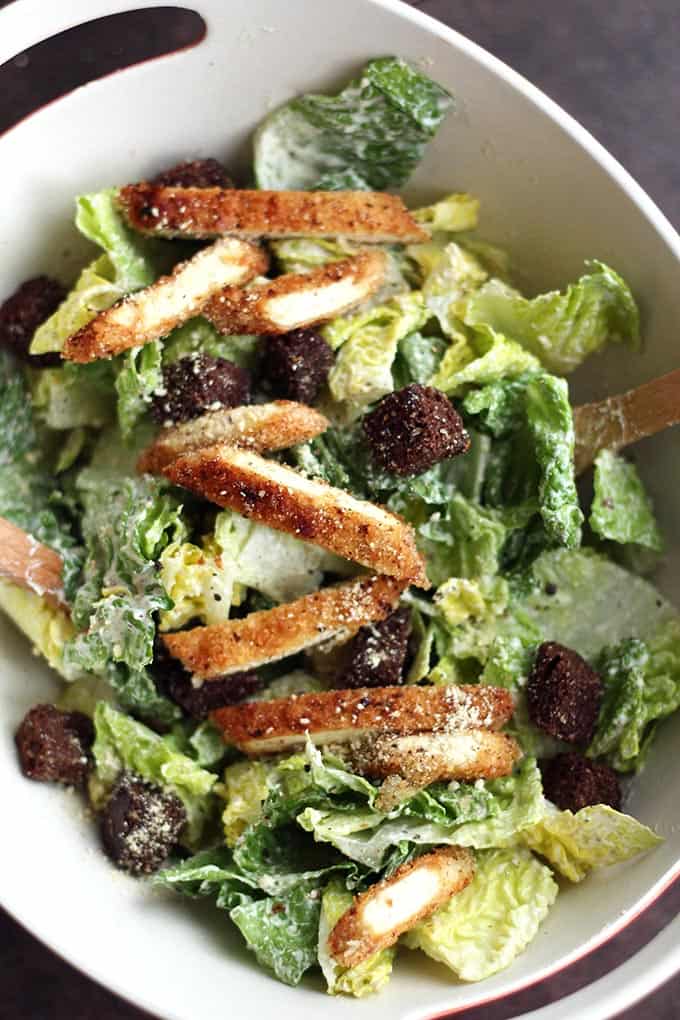
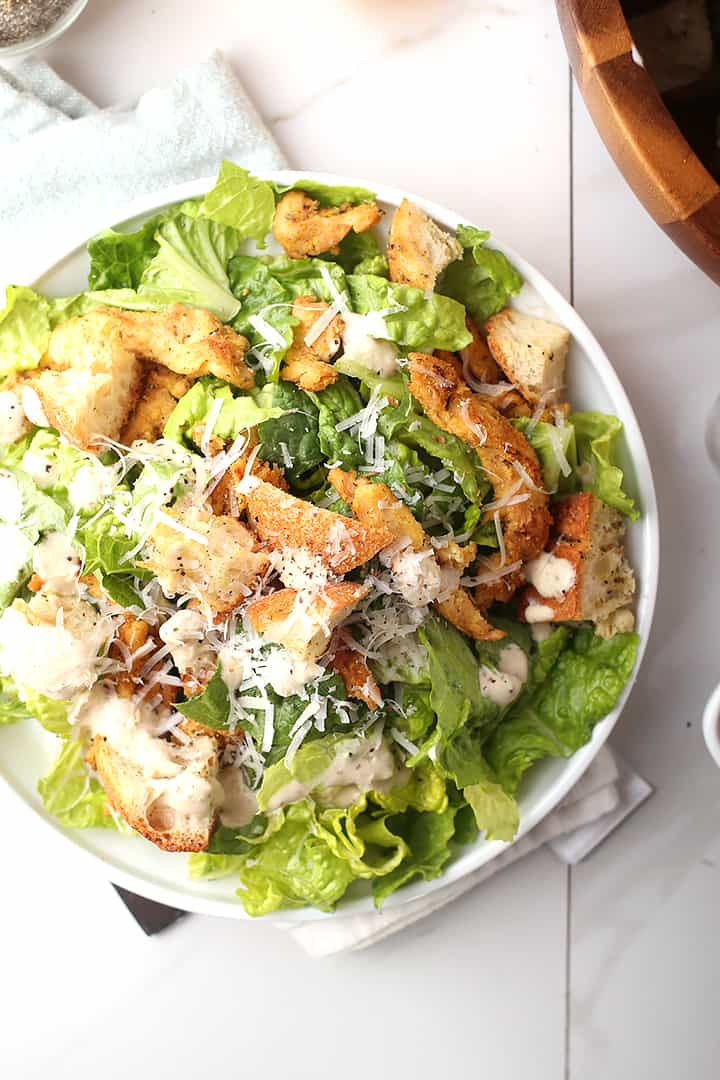
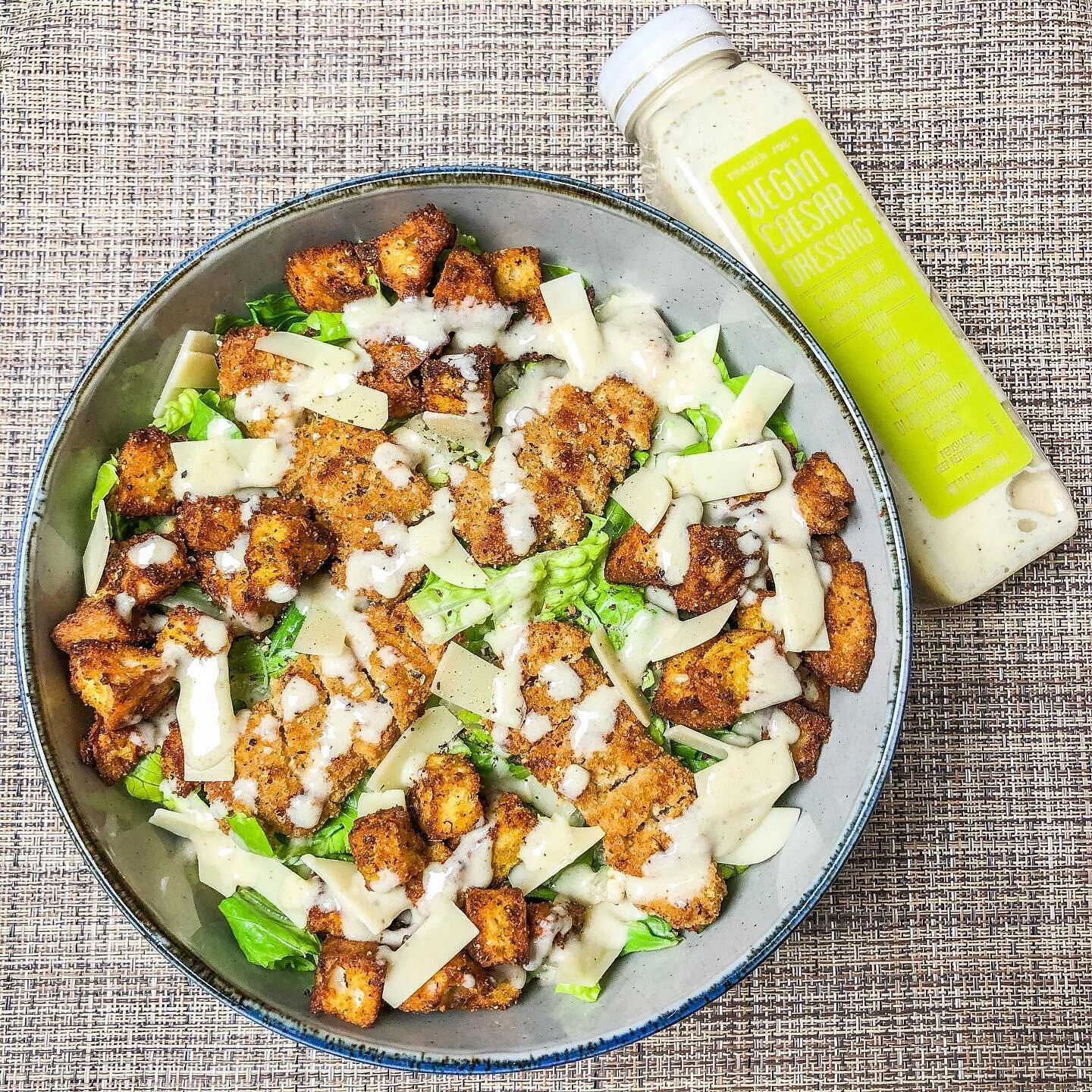
13. 5 Vegan Chicken Cobb Salad Alternatives
Chicken Cobb salad is a hearty salad loaded with chicken, bacon, eggs, cheese, avocado, and veggies, all drizzled with dressing. To veganize it, swap the chicken for crispy tofu or tempeh, use smoky coconut bacon, chickpea "eggs," dairy-free cheese, and a creamy vegan dressing.
Make any of these vegan chicken Cobb salads today for a colorful, protein-packed meal.
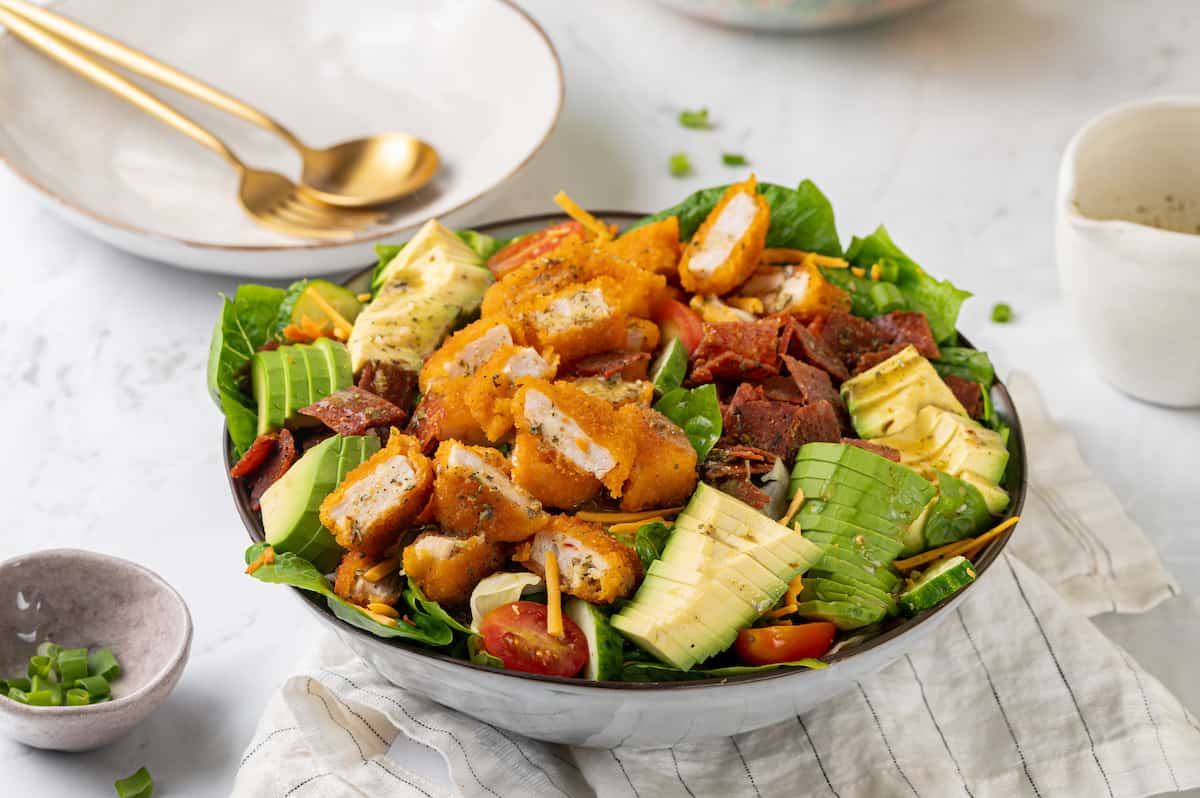
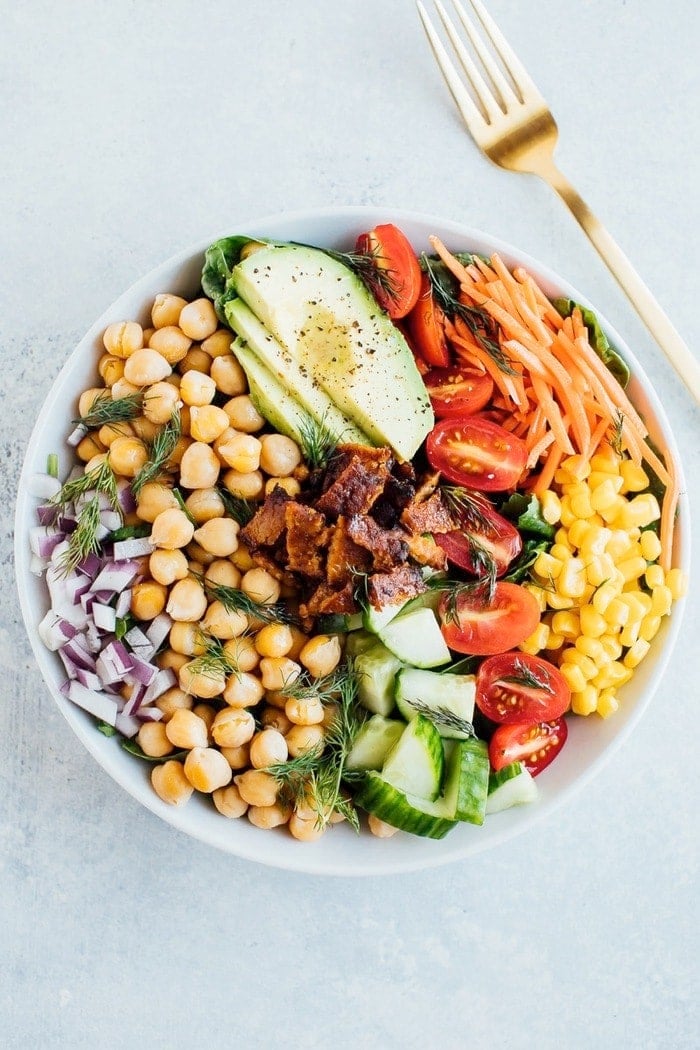
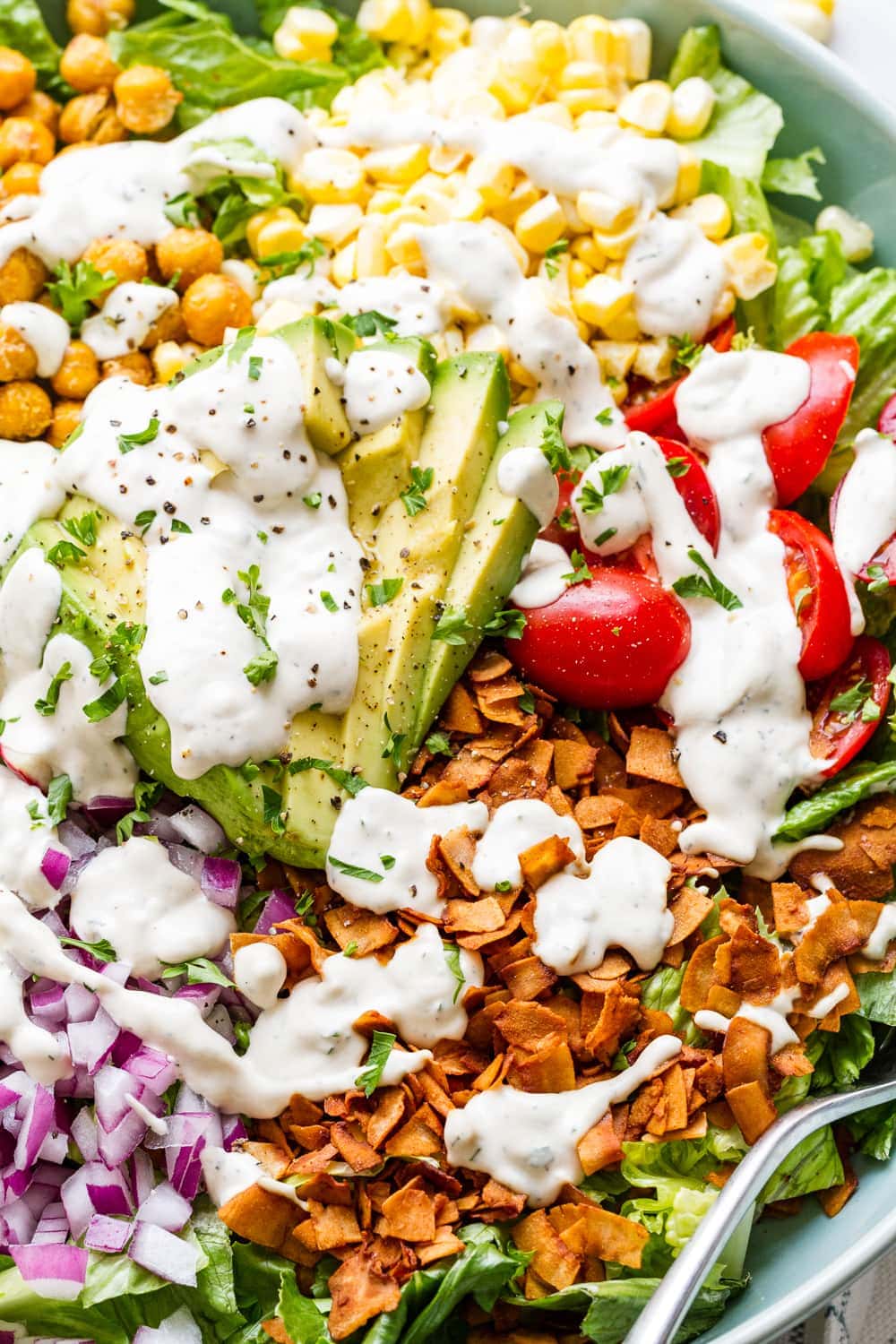
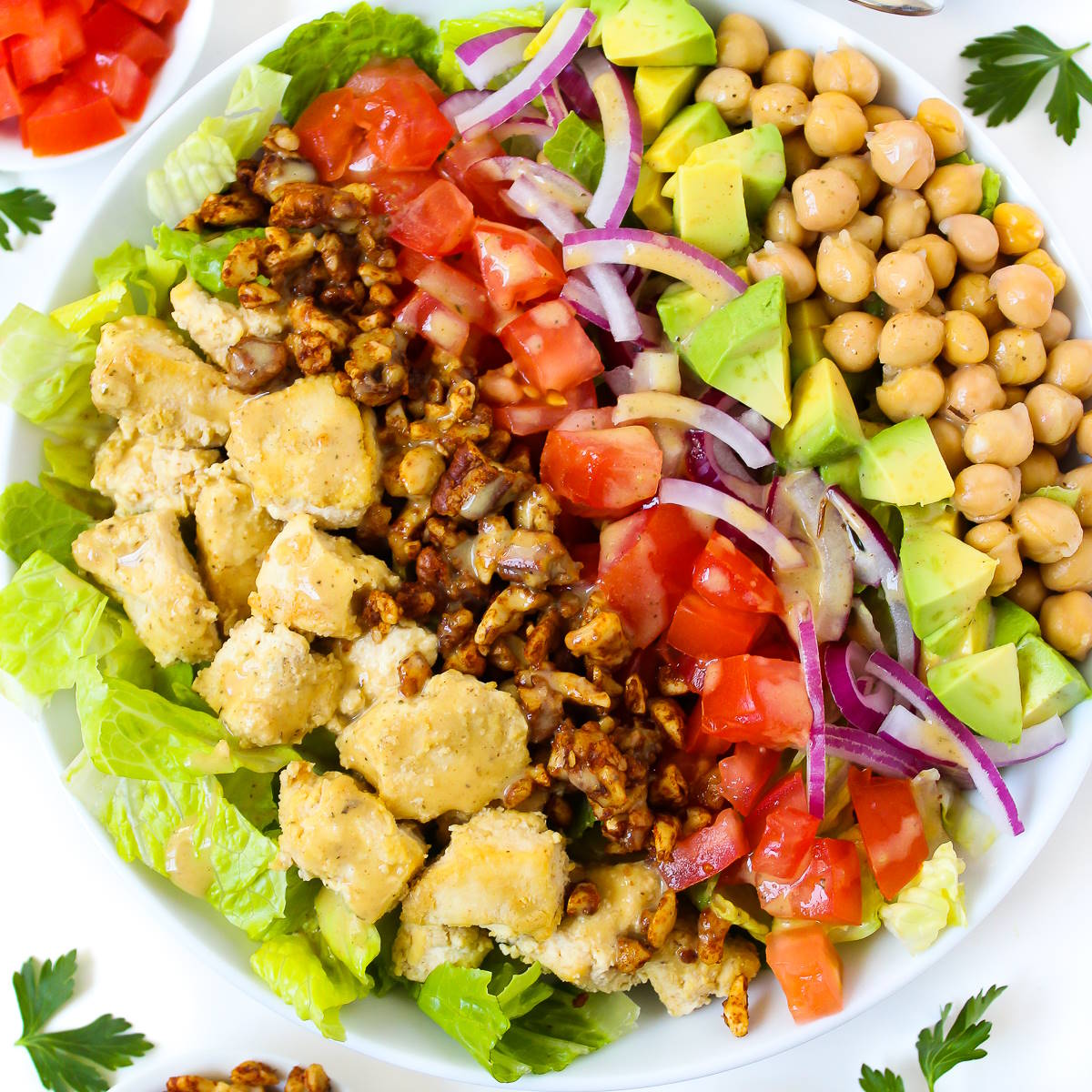
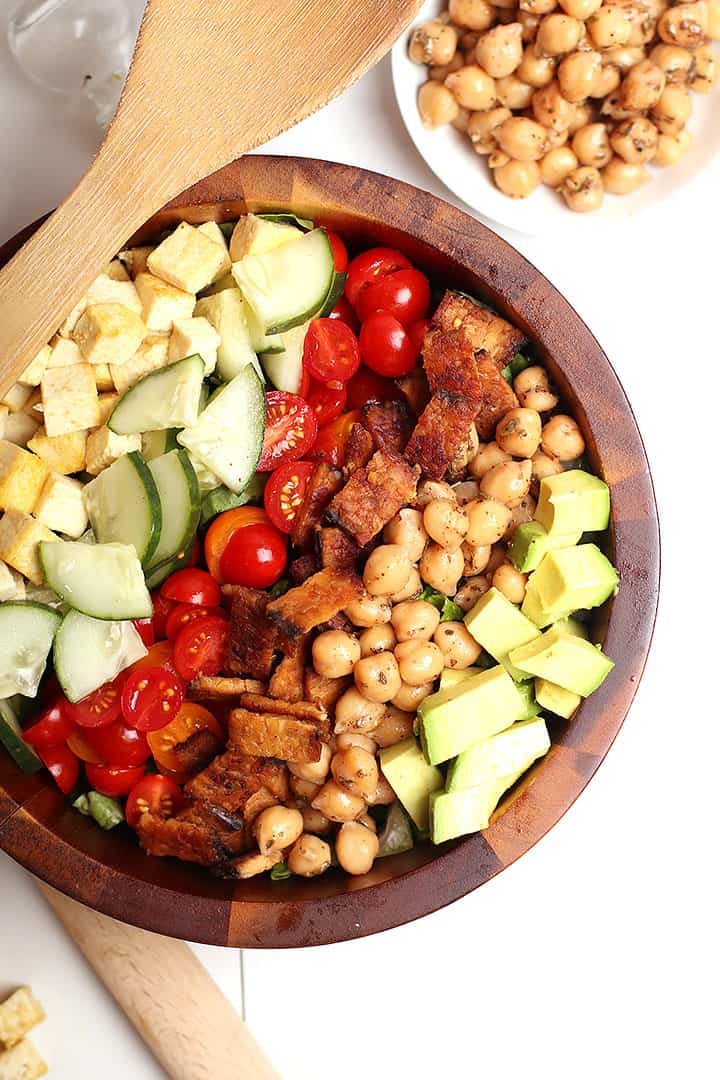
14. 5 Vegan Chicken Alfredo Pasta Alternatives
Chicken Alfredo pasta is a rich, creamy dish made with fettuccine, chicken, and a buttery parmesan sauce. To veganize it, swap the chicken for soy curls, tofu, or mushrooms, and make the sauce with cashews, coconut milk, or dairy-free cream plus nutritional yeast for cheesiness.
Try some plant-based chicken Alfredo pasta recipe today for a decadent, plant-based comfort meal!
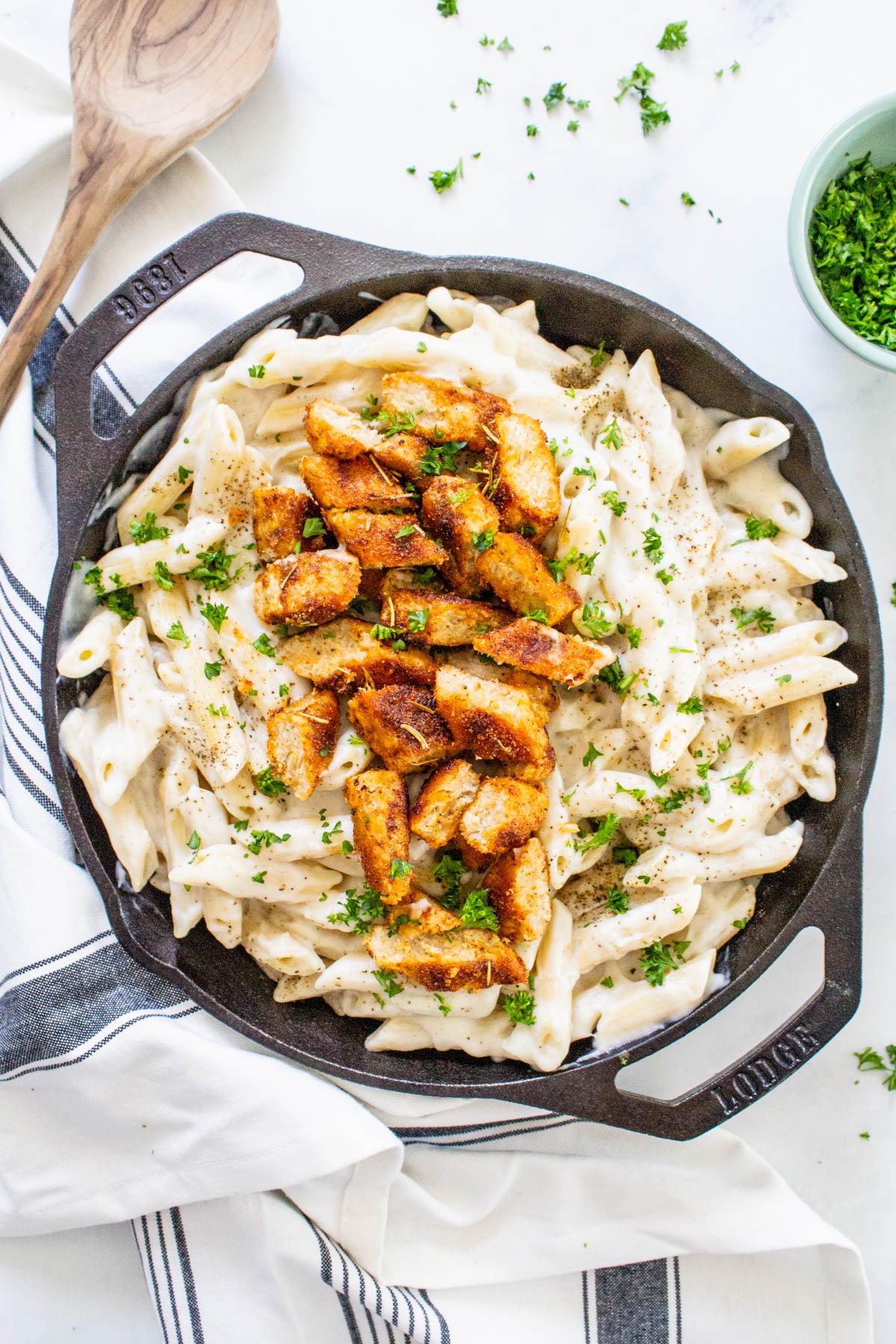
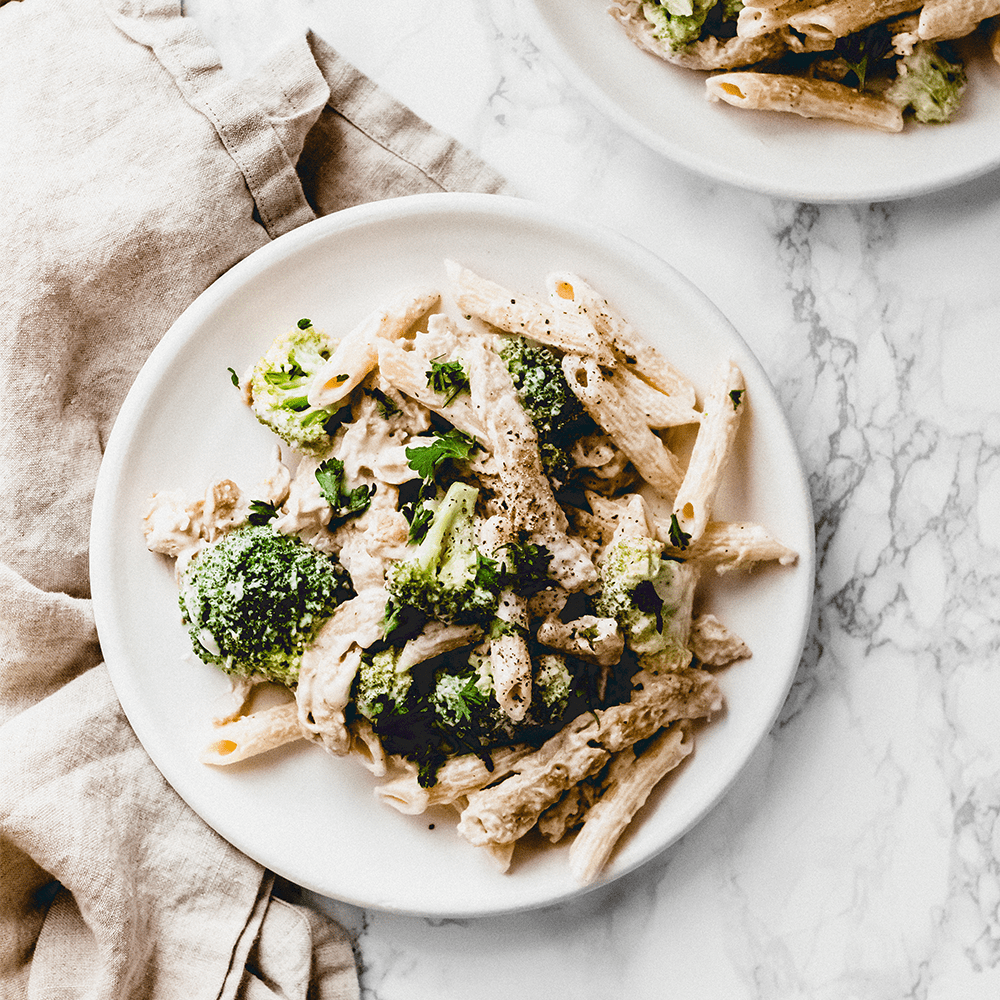
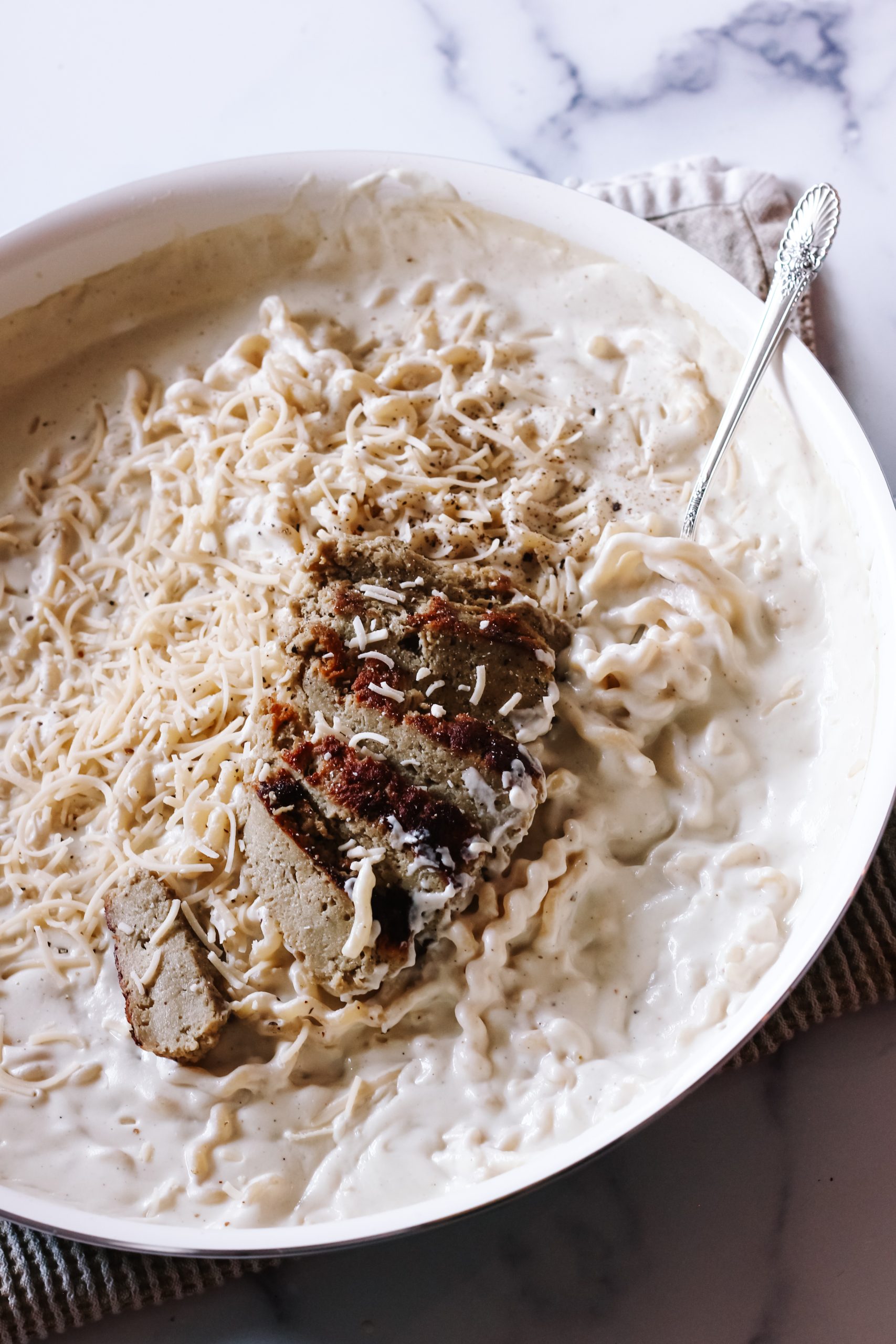
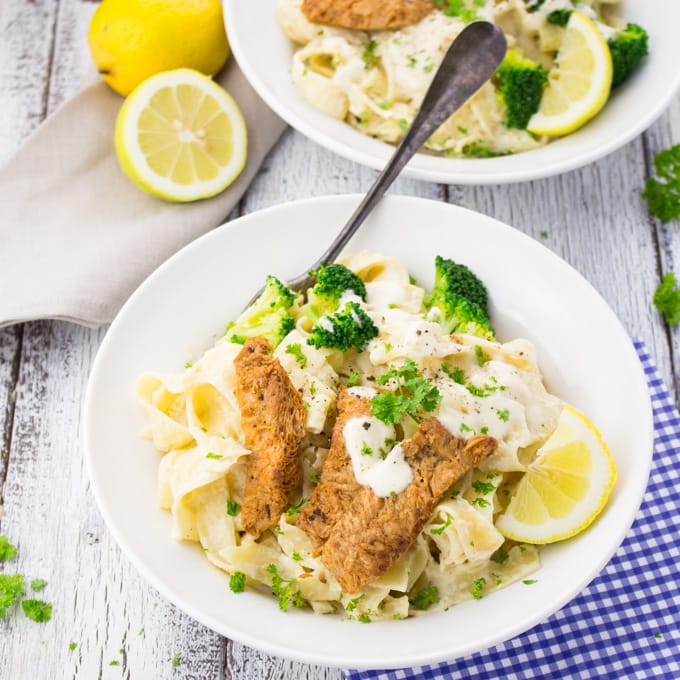
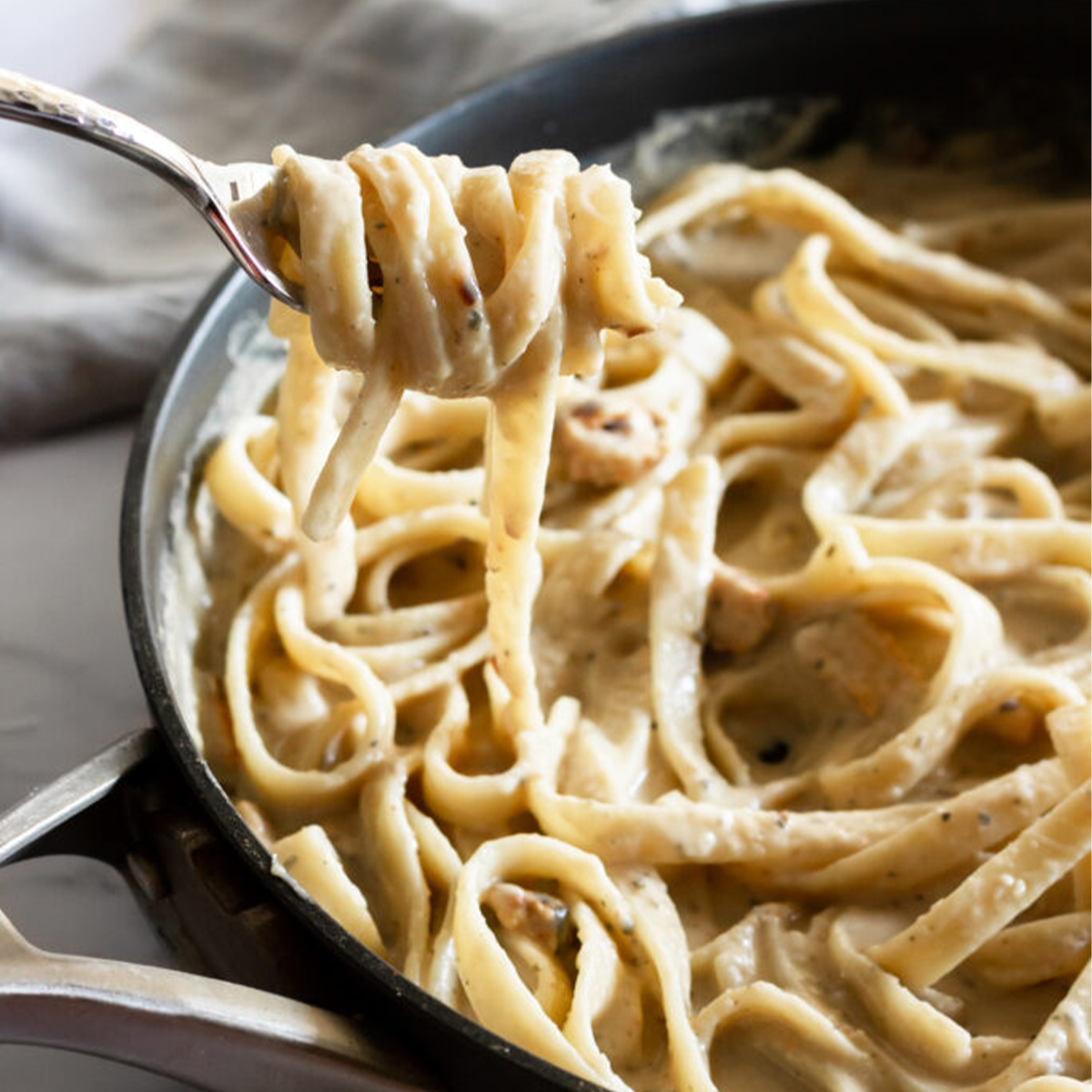
15. 5 Vegan Chicken Marsala Alternatives
Chicken Marsala is an Italian-American favorite made with chicken, mushrooms, pasta, and a savory Marsala wine sauce. To veganize it, swap the chicken for seitan, tofu, or soy curls, and use vegetable broth with Marsala wine for the sauce. Toss with pasta and fresh herbs for a rich, plant-based twist.
Try vegan chicken Marsala today for a cozy, flavorful dinner!
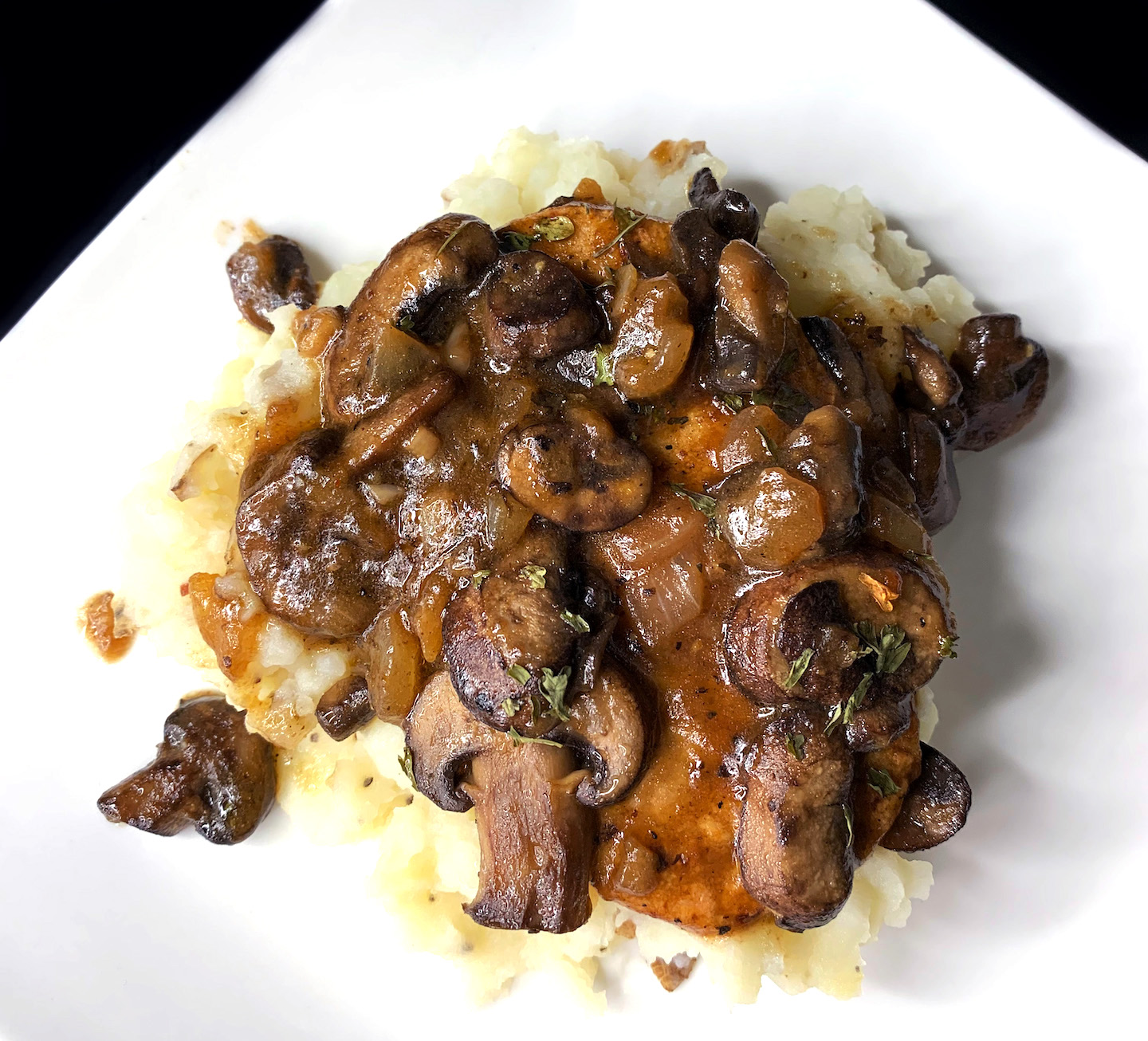
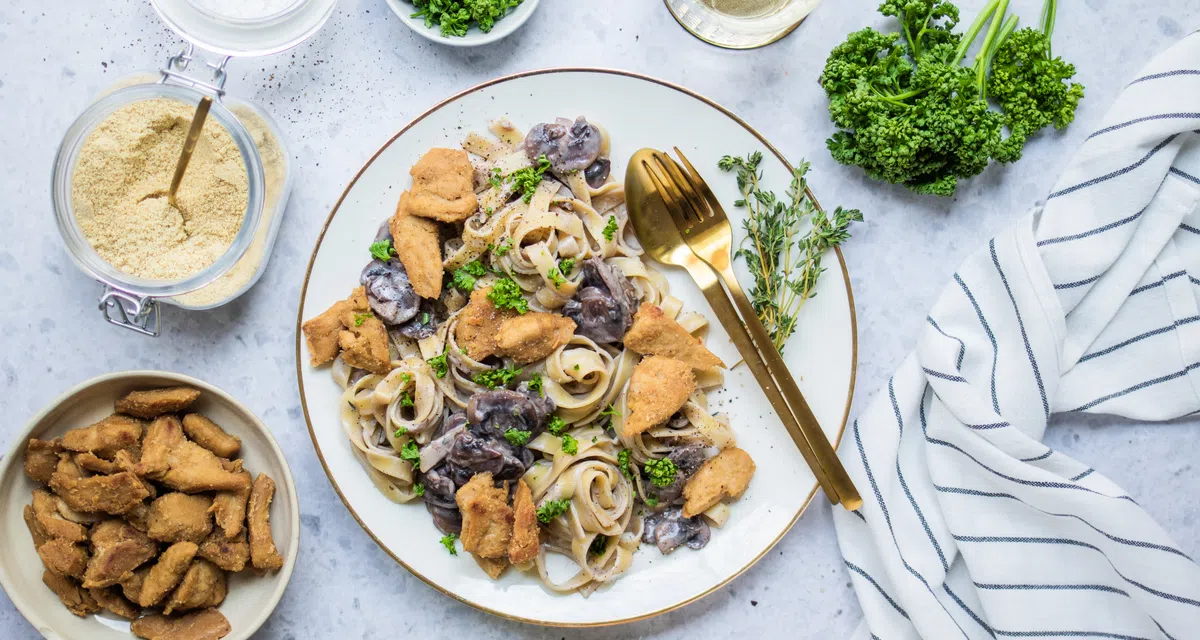
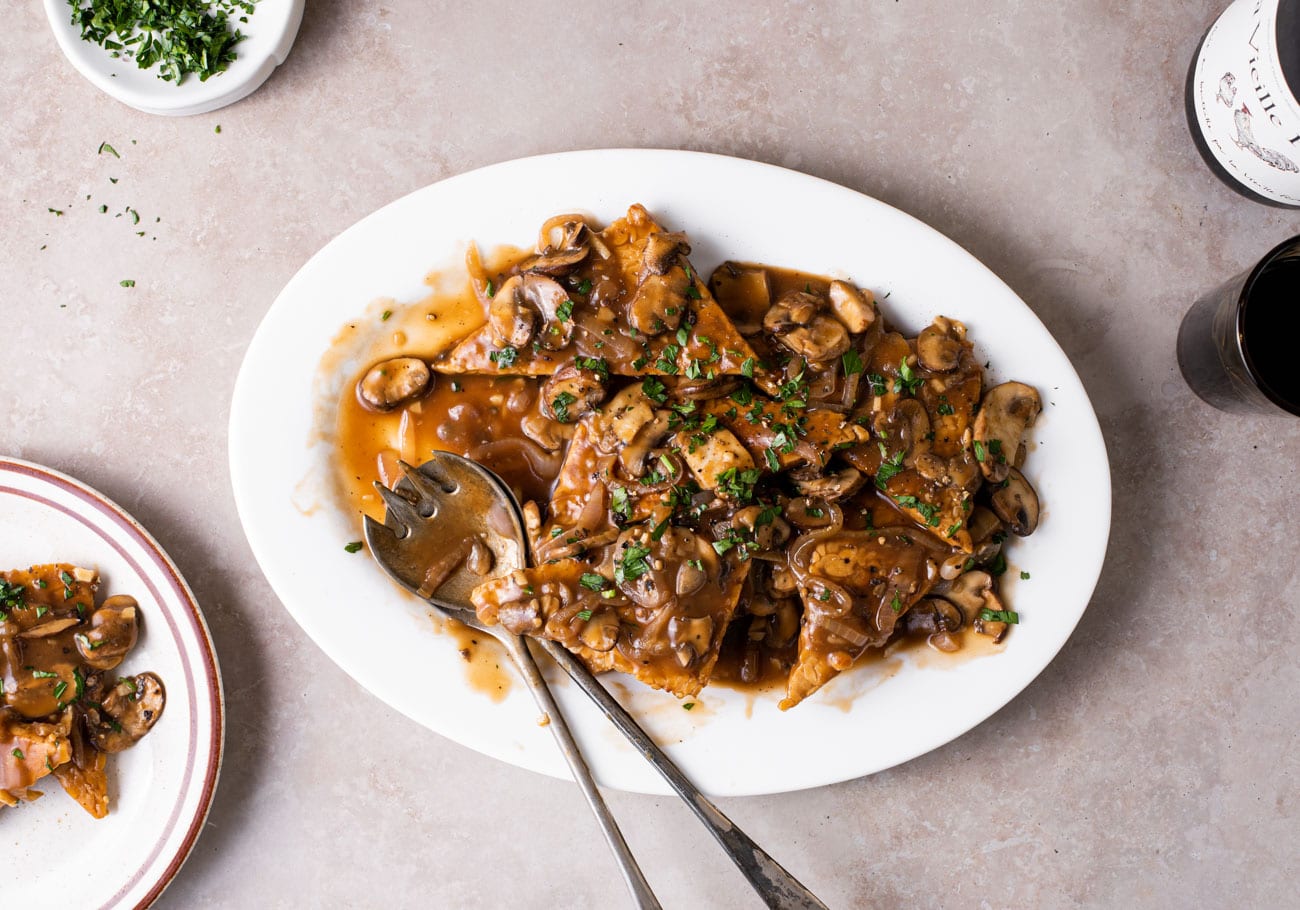
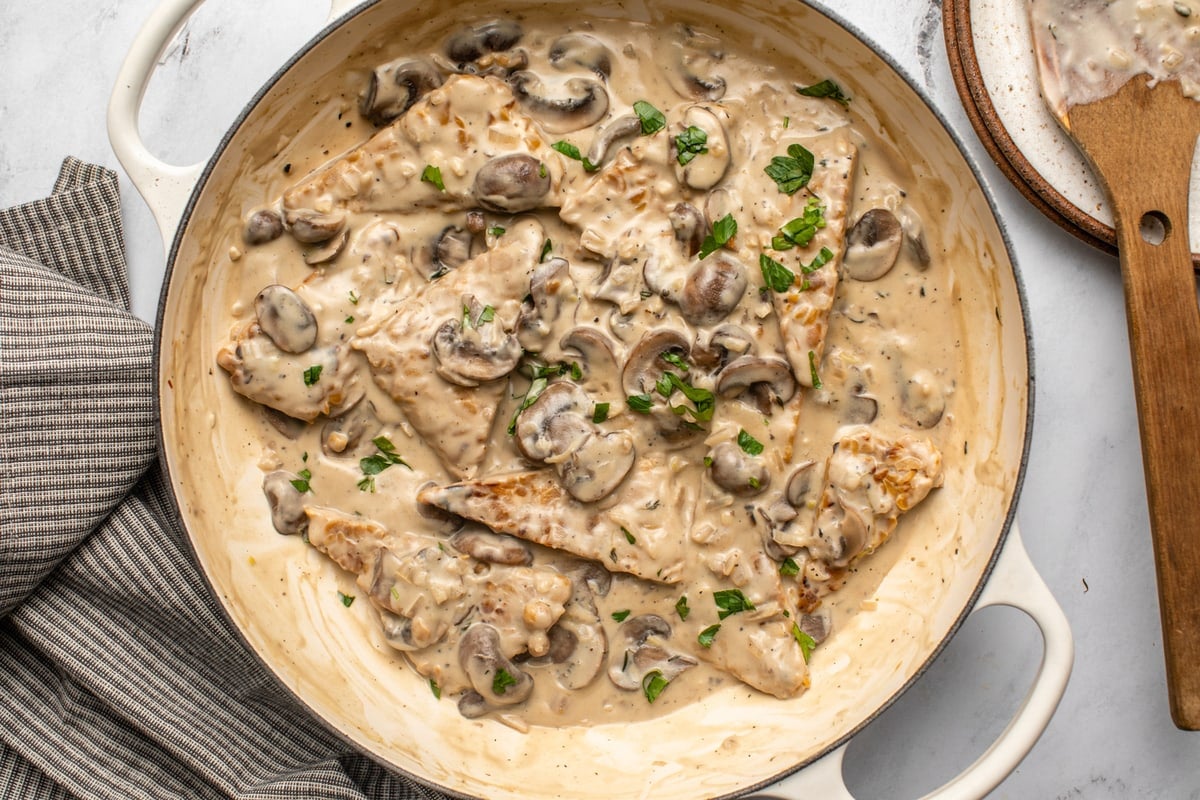
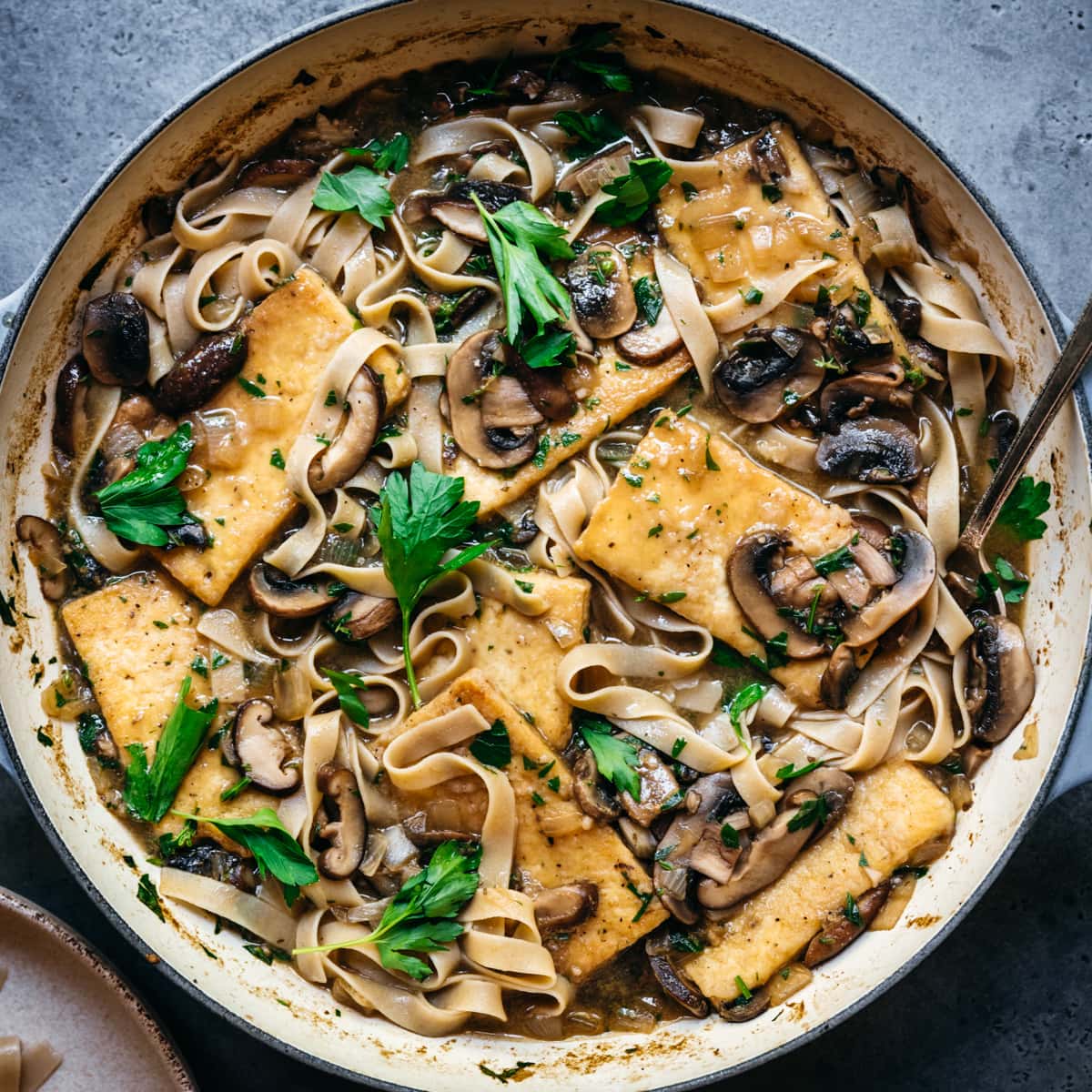
16. 5 Vegan Grilled Chicken Alternatives
Grilled chicken is a smoky, savory staple often marinated, then cooked over a grill or pan for juicy flavor. To veganize it, use tofu, tempeh, seitan, or cauliflower steaks, marinate well, and grill until charred and tender.
Try a vegan grilled "chicken" recipe today and enjoy all the smoky goodness, plant-based style!
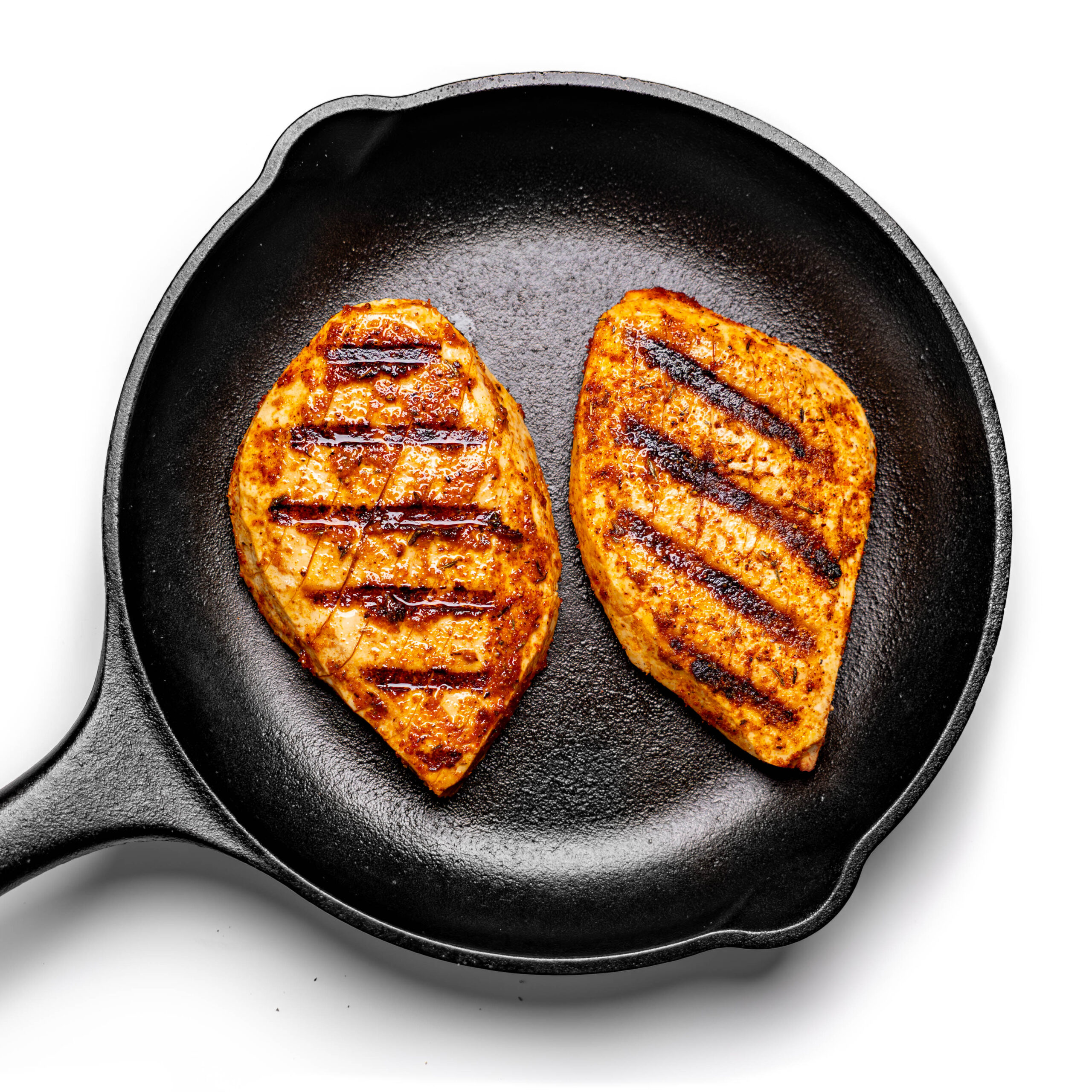
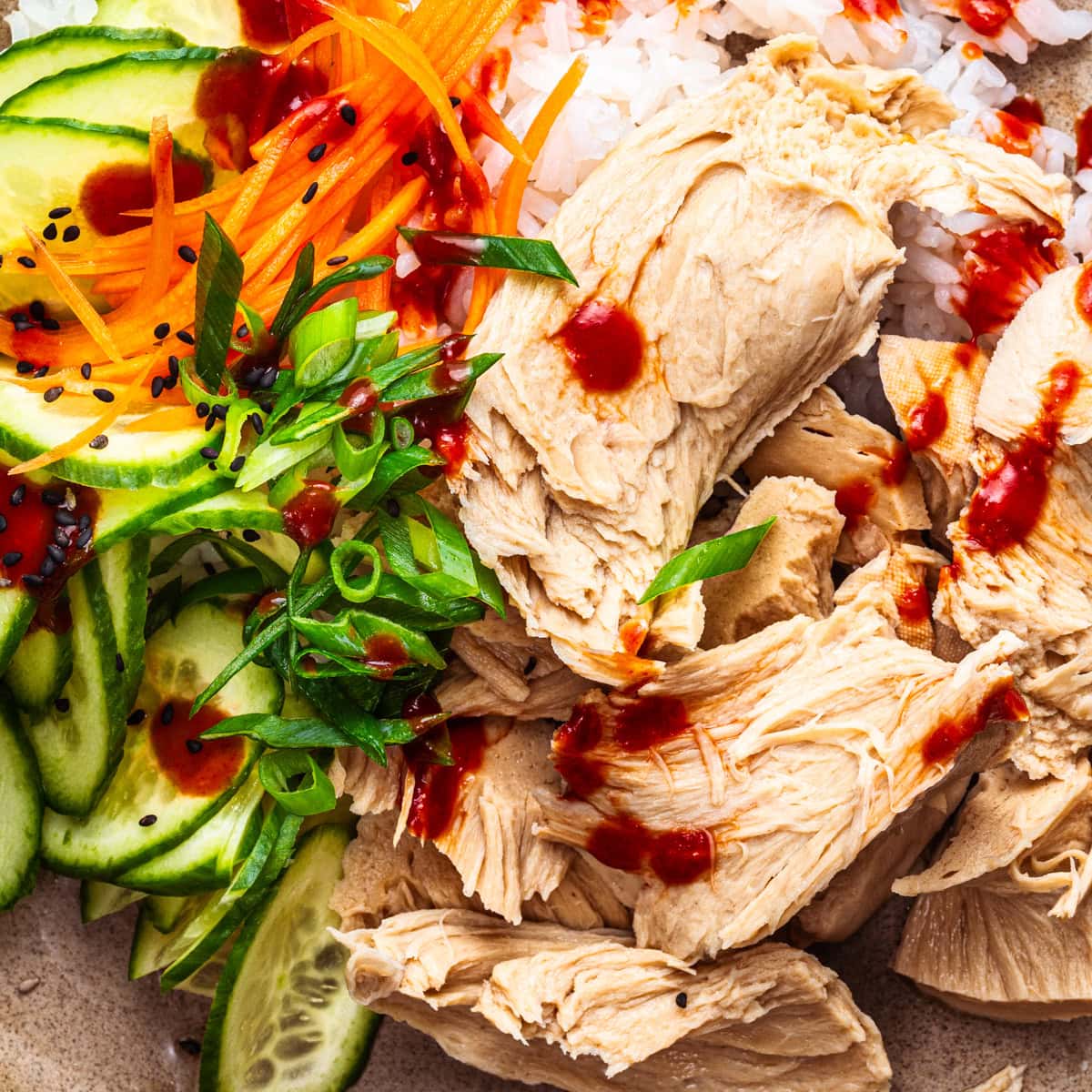
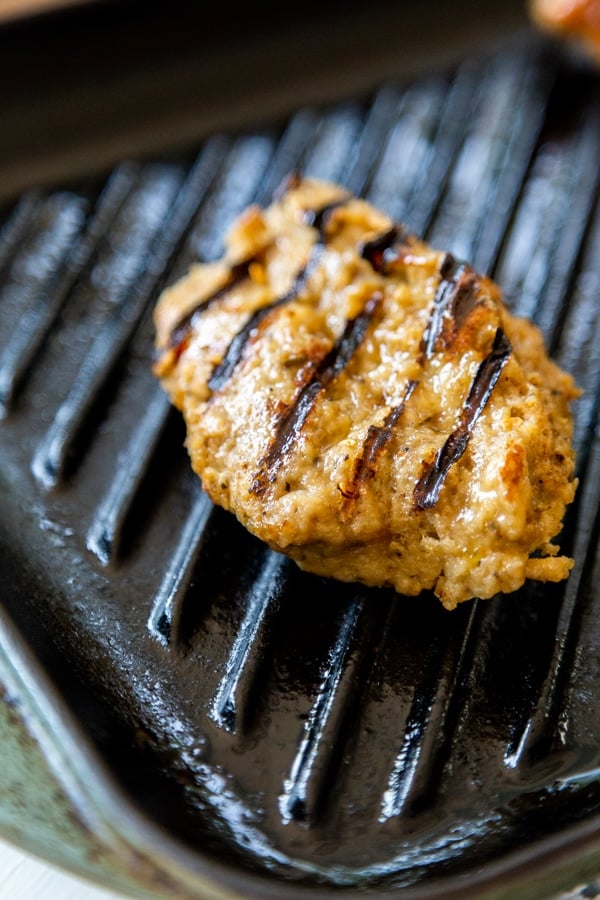
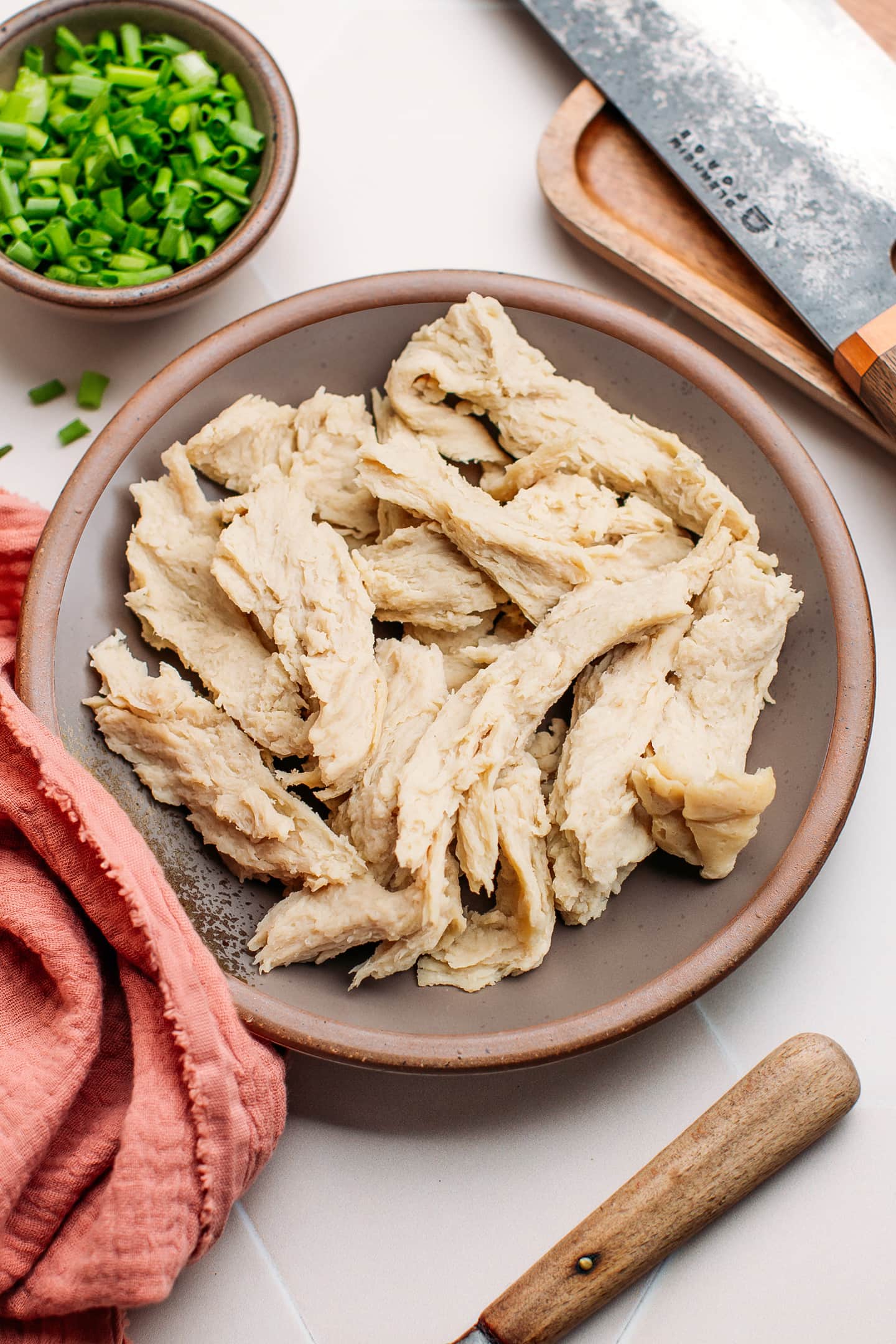
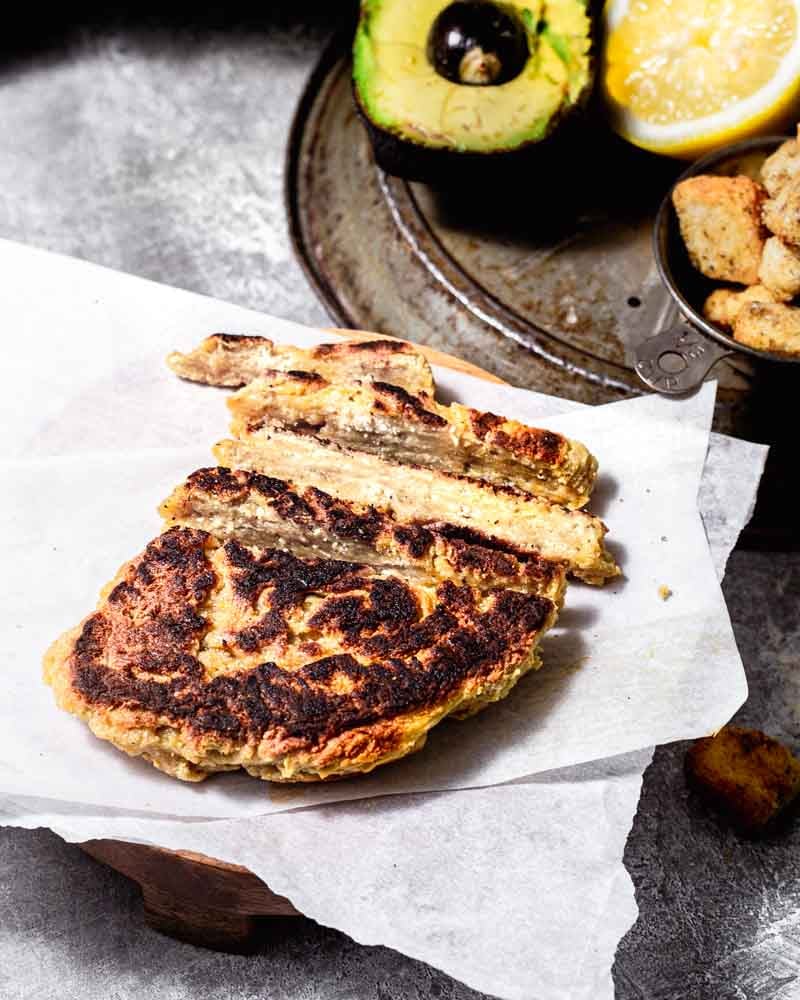
17. 5 Vegan Chicken Piccata Alternatives
Chicken piccata is a zesty Italian dish made with chicken cutlets simmered in a lemon, caper, and white wine sauce. To veganize it, swap the chicken for seitan, tofu, or cauliflower steaks, then cook them in the same tangy, buttery sauce with vegan butter.
Try vegan chicken piccata today for a bright, flavorful twist on the classic.
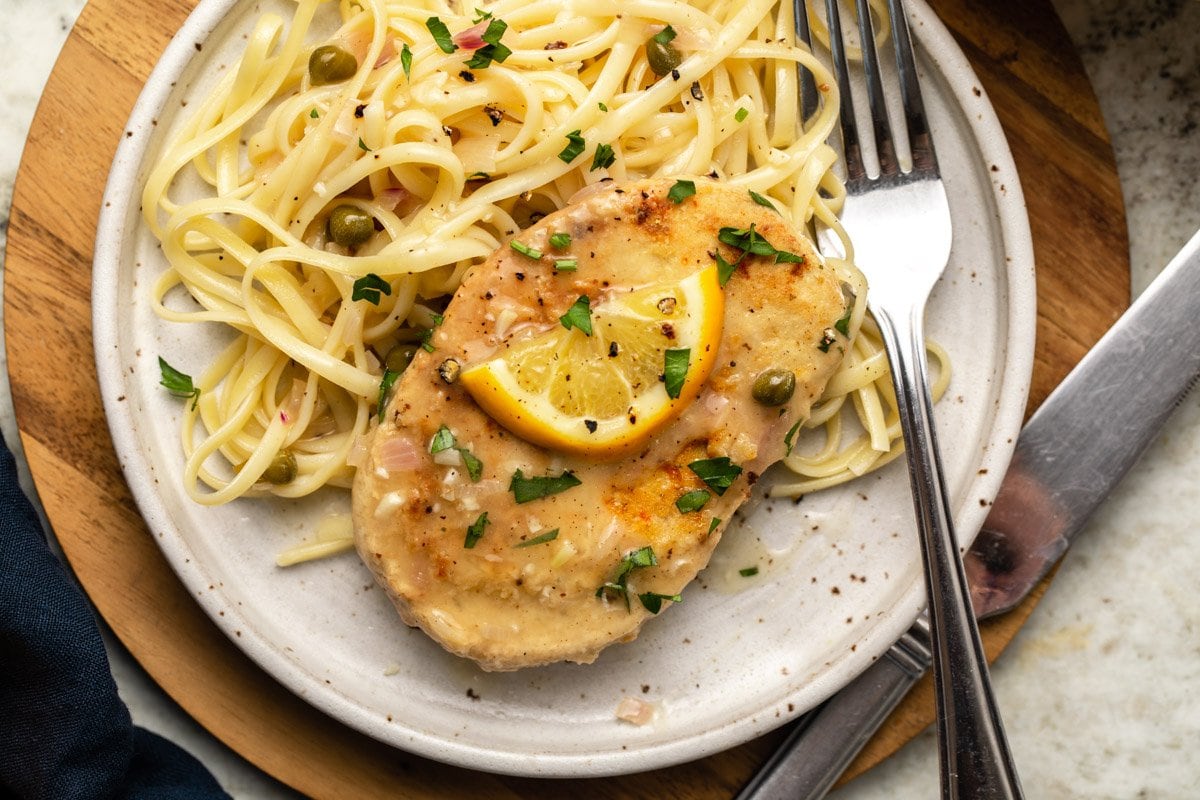
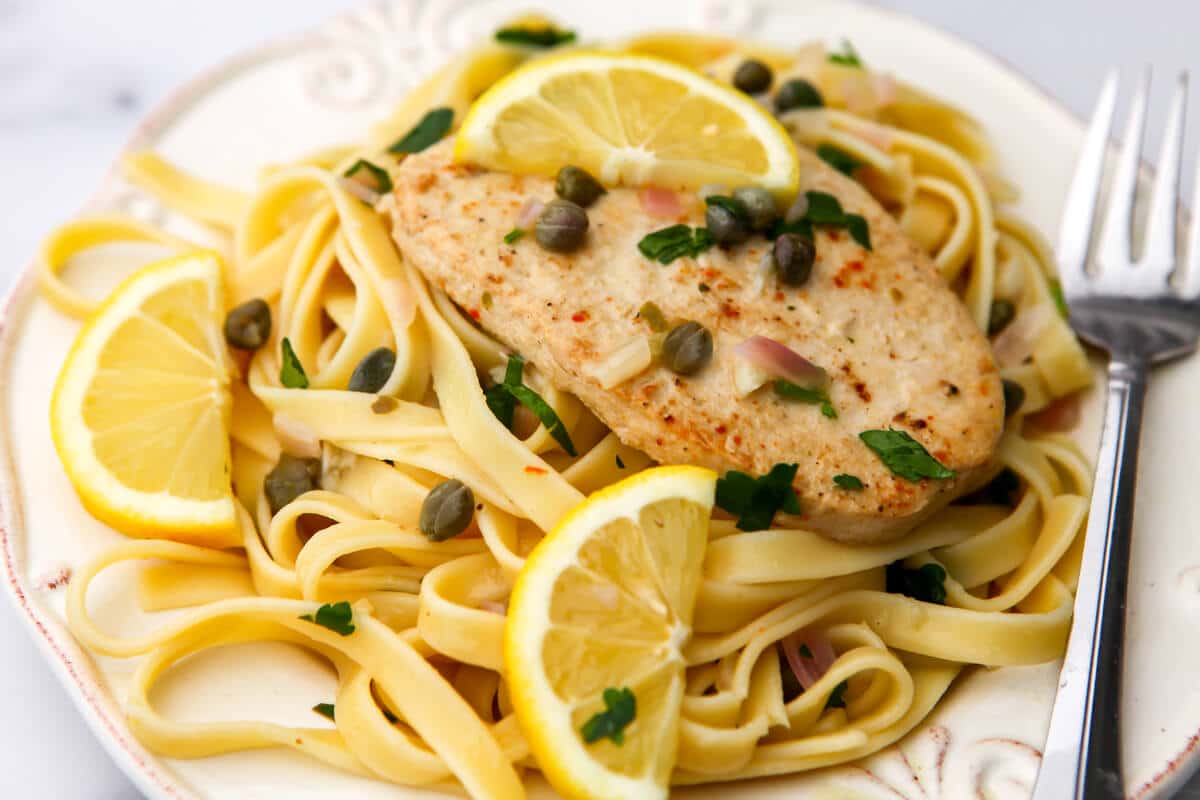
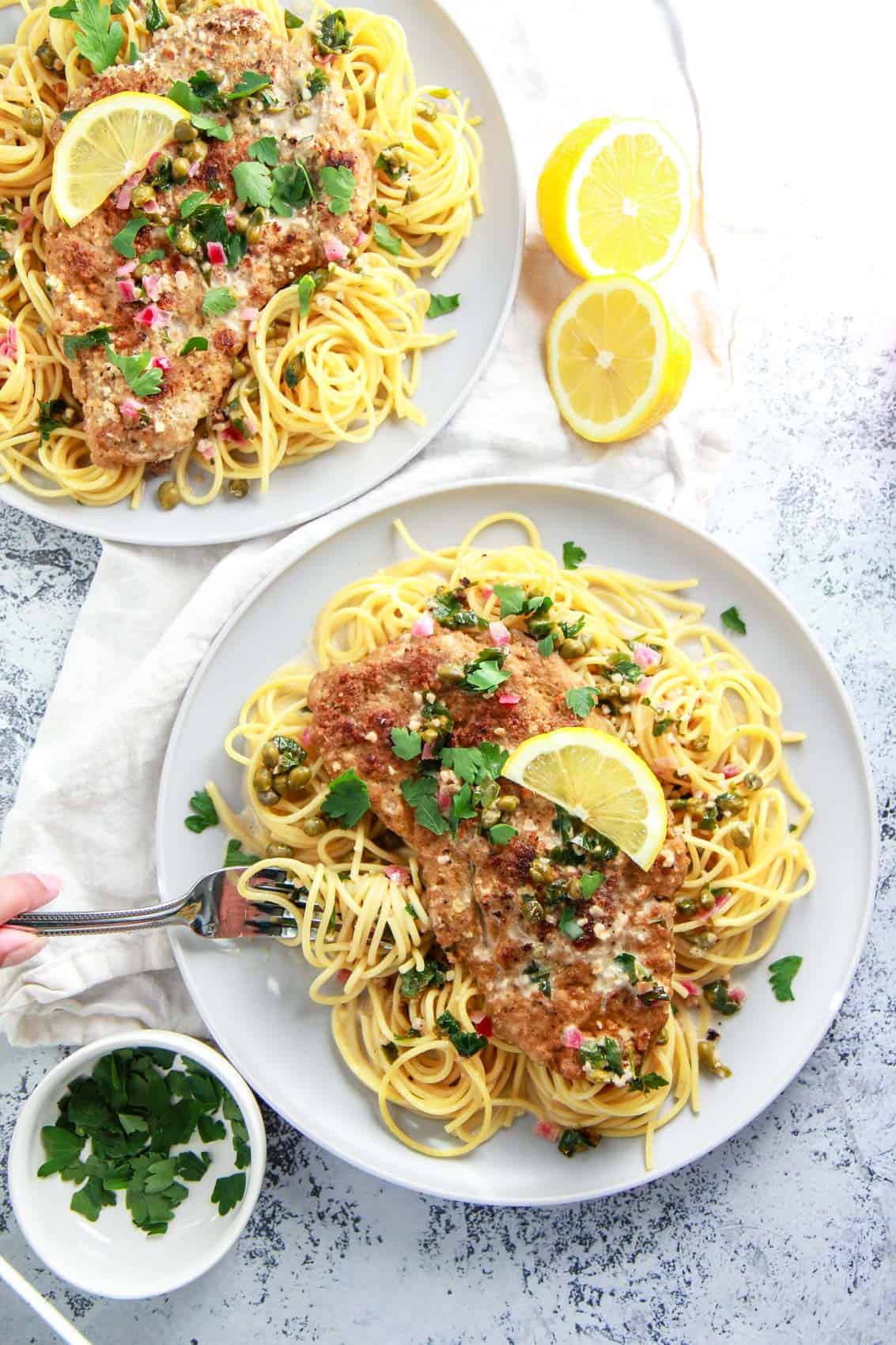
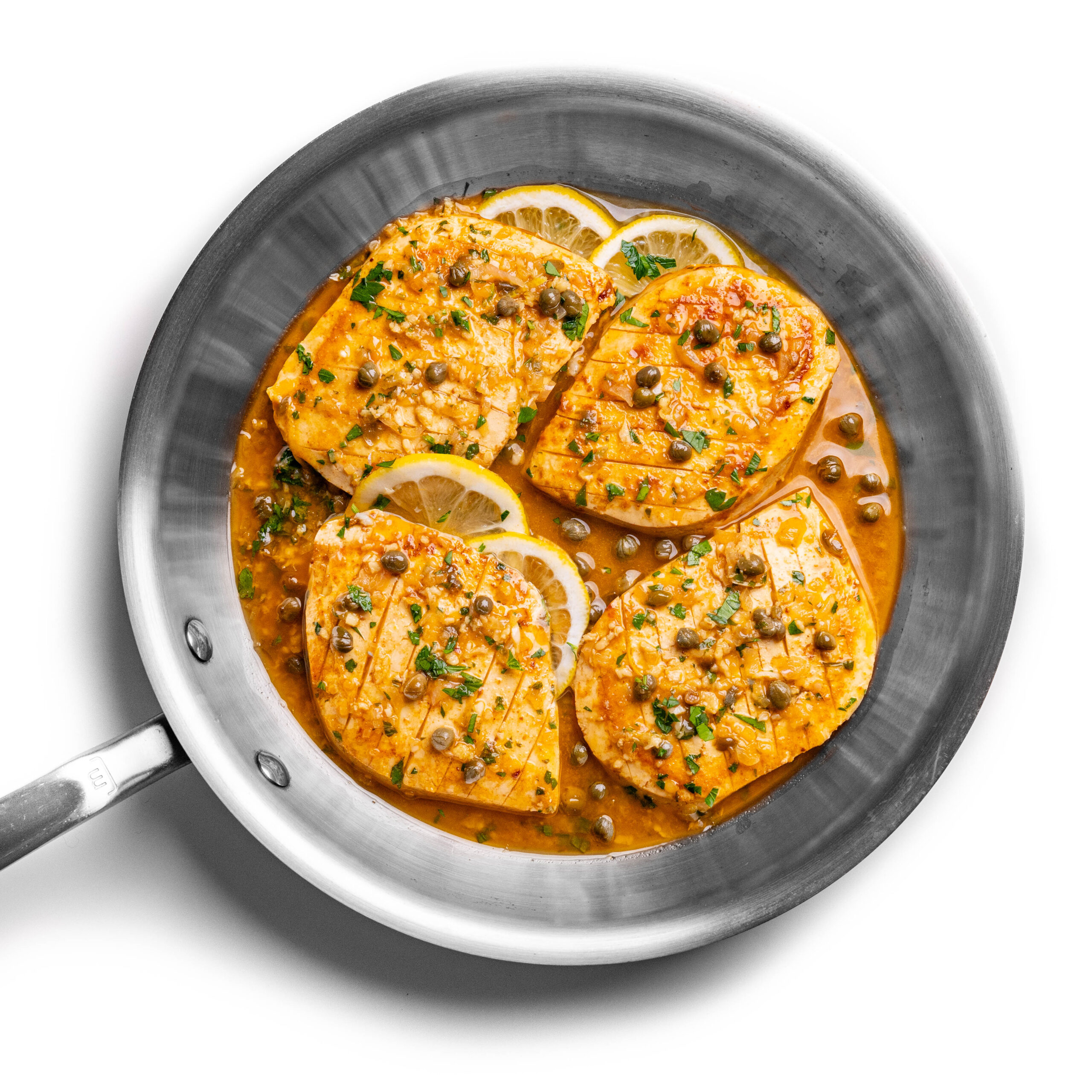
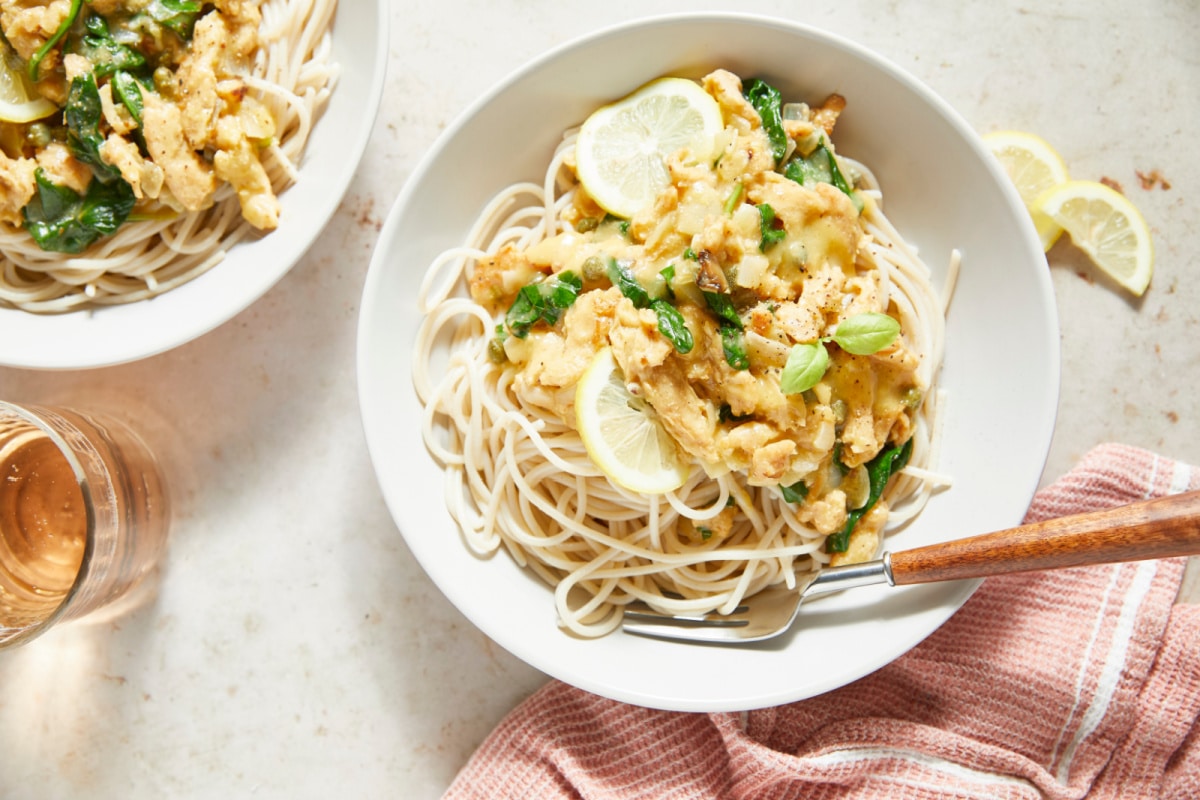
18. 5 Vegan Chicken Cordon Bleu Alternatives
Chicken cordon bleu is a rich dish made with chicken breasts stuffed with ham and cheese, then breaded and baked or fried until golden. To veganize it, use seitan or tofu cutlets, stuff them with smoky vegan deli slices and dairy-free cheese, then bread and bake for that crispy, melty goodness.
Make vegan chicken cordon bleu today for a decadent plant-based classic.
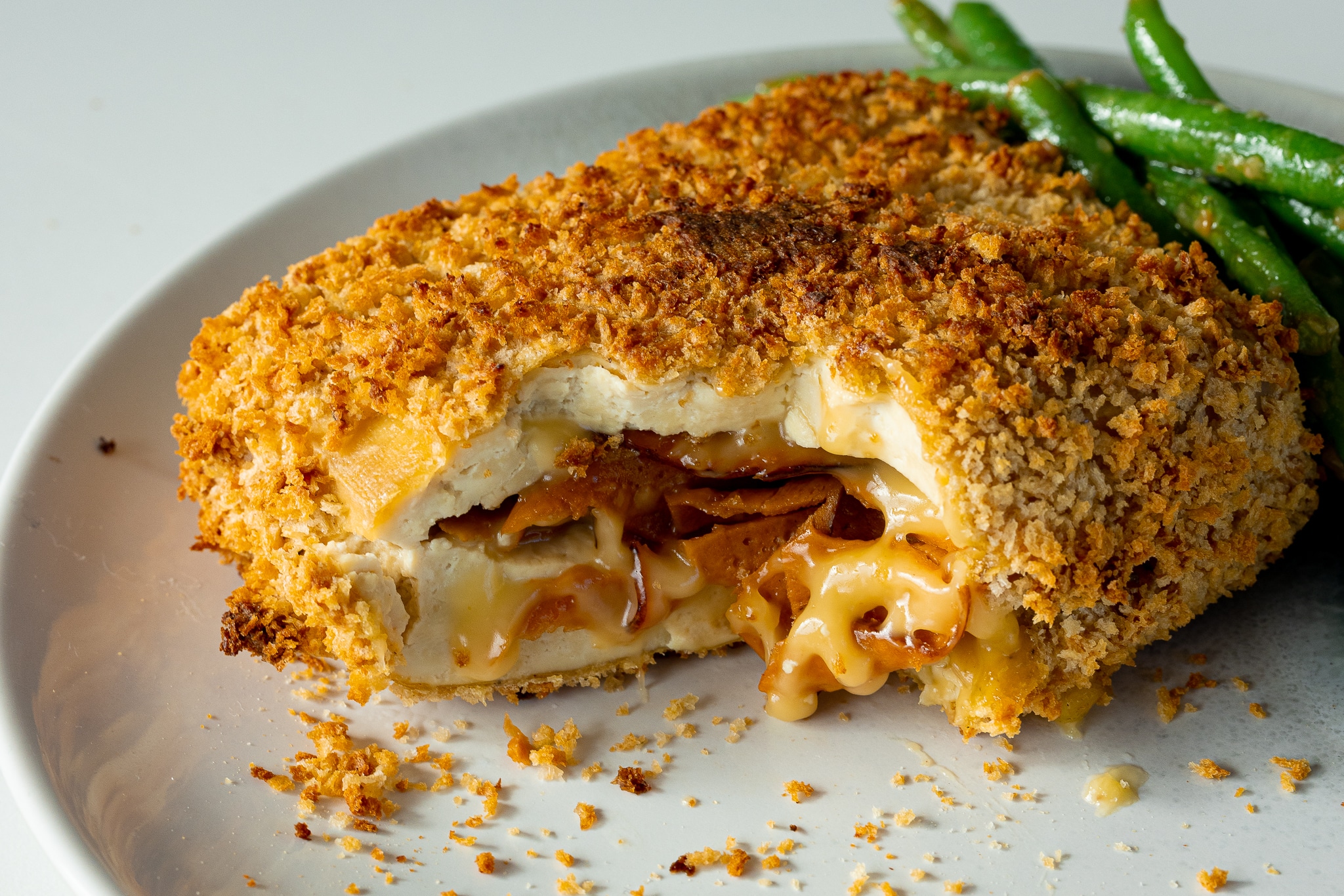
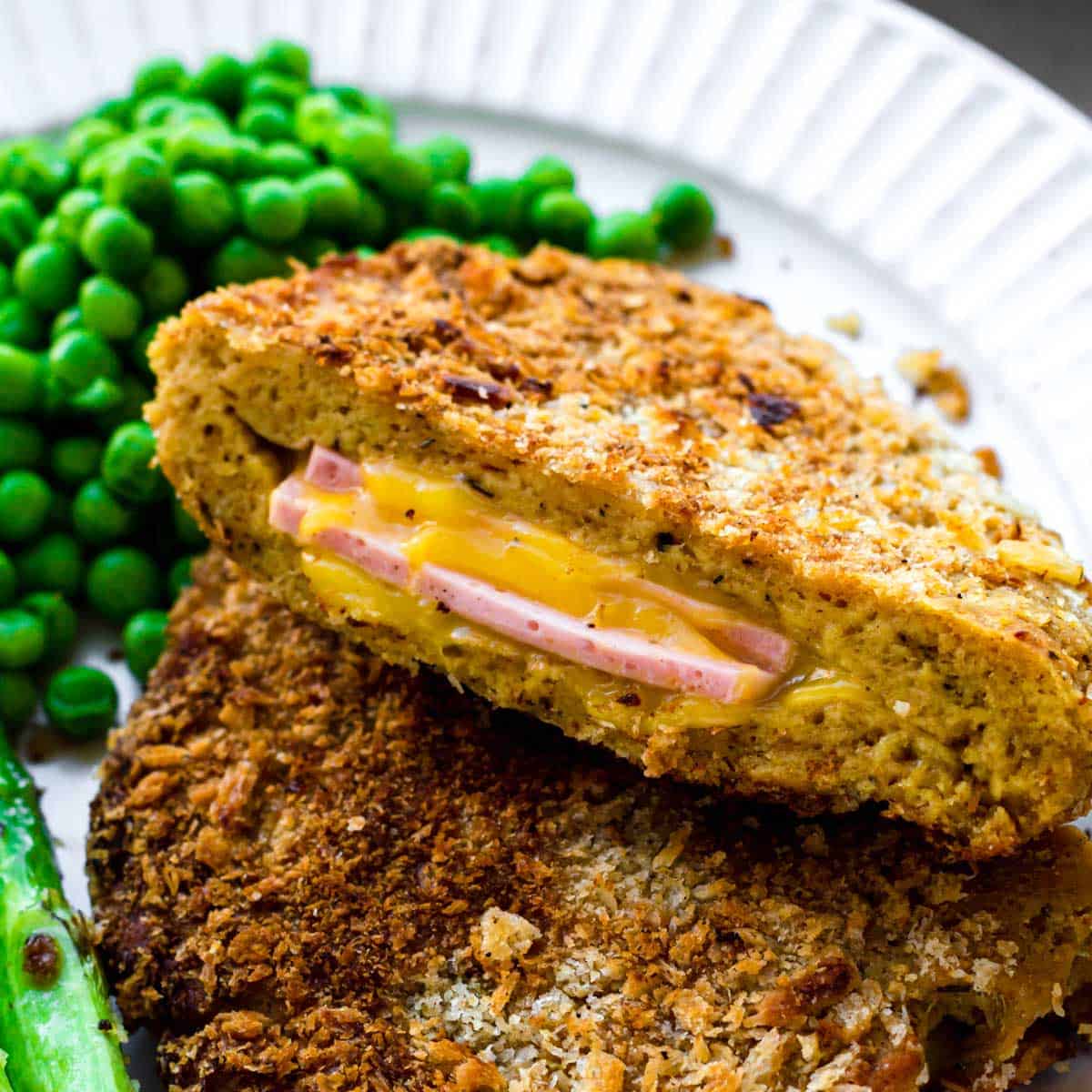
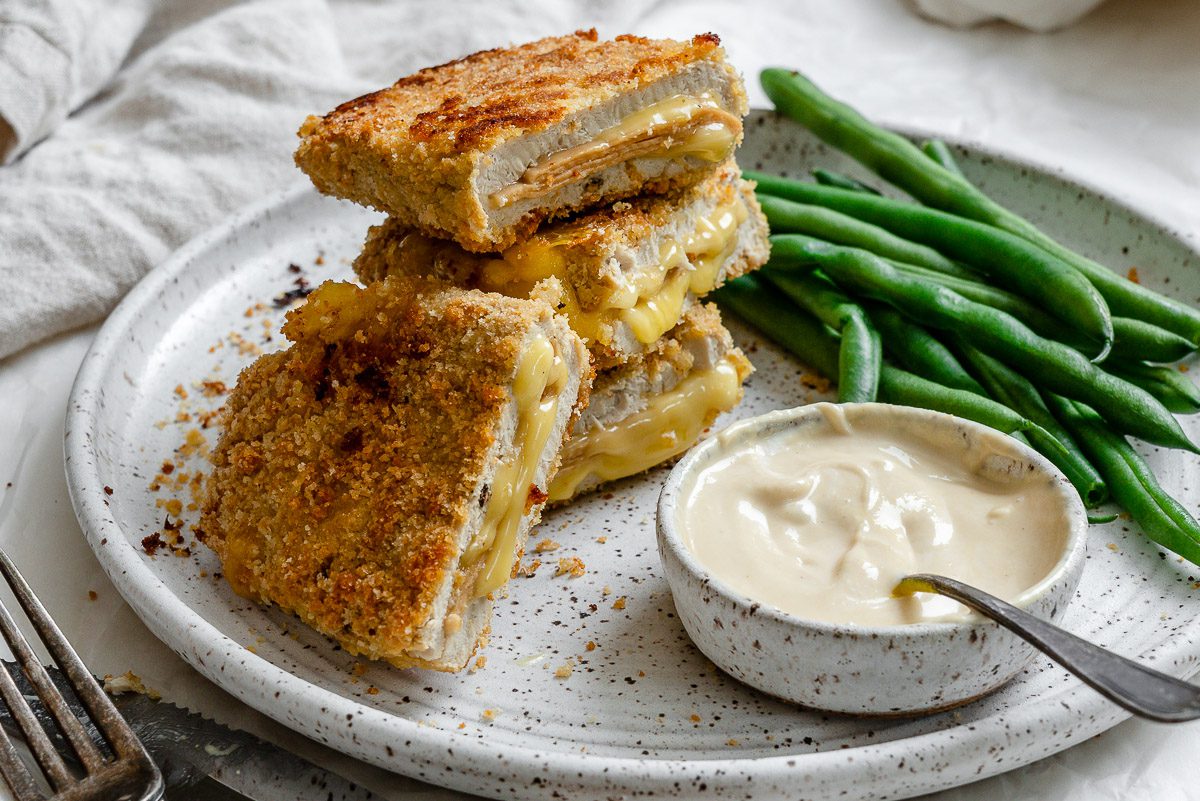
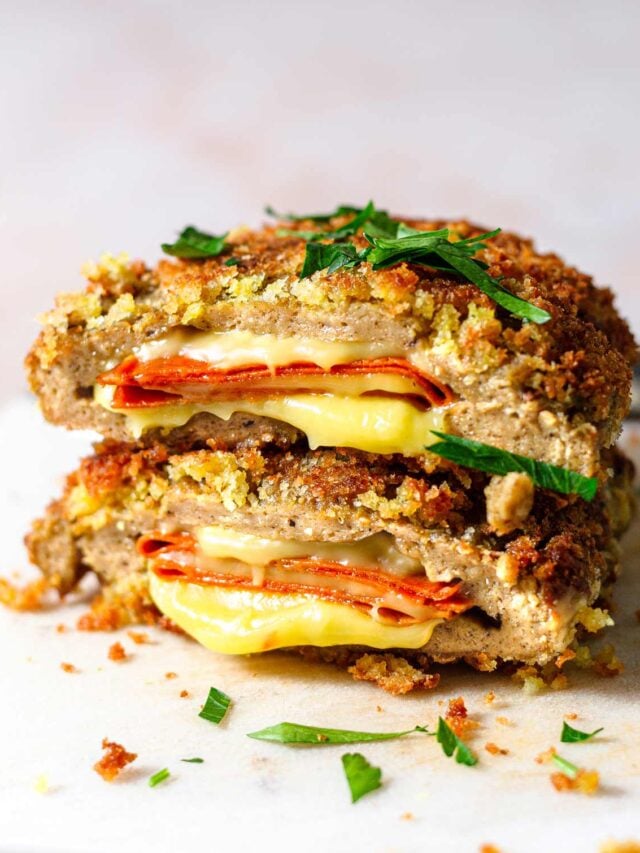
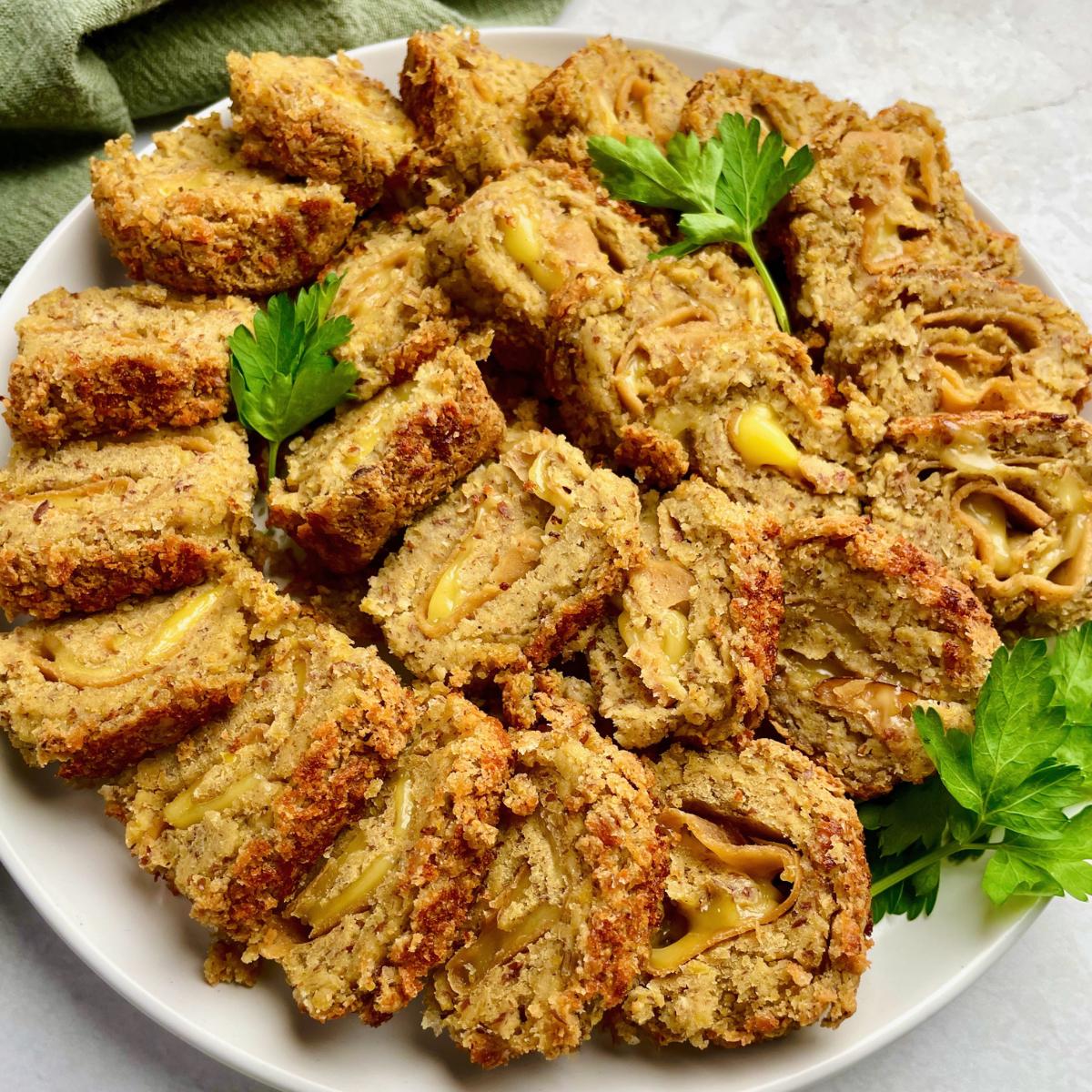
19. 5 Vegan Chicken Parmesan Alternatives
Chicken Parmesan is an Italian-American classic made with breaded chicken cutlets topped with marinara sauce and melted cheese, served over pasta or on a sandwich. To make vegan it, use seitan, tofu, or eggplant cutlets, coat them in breadcrumbs, bake or pan-fry, then top with dairy-free mozzarella and marinara.
Create vegan chicken Parmesan today for an unforgettable comfort food in your meal prep routine.
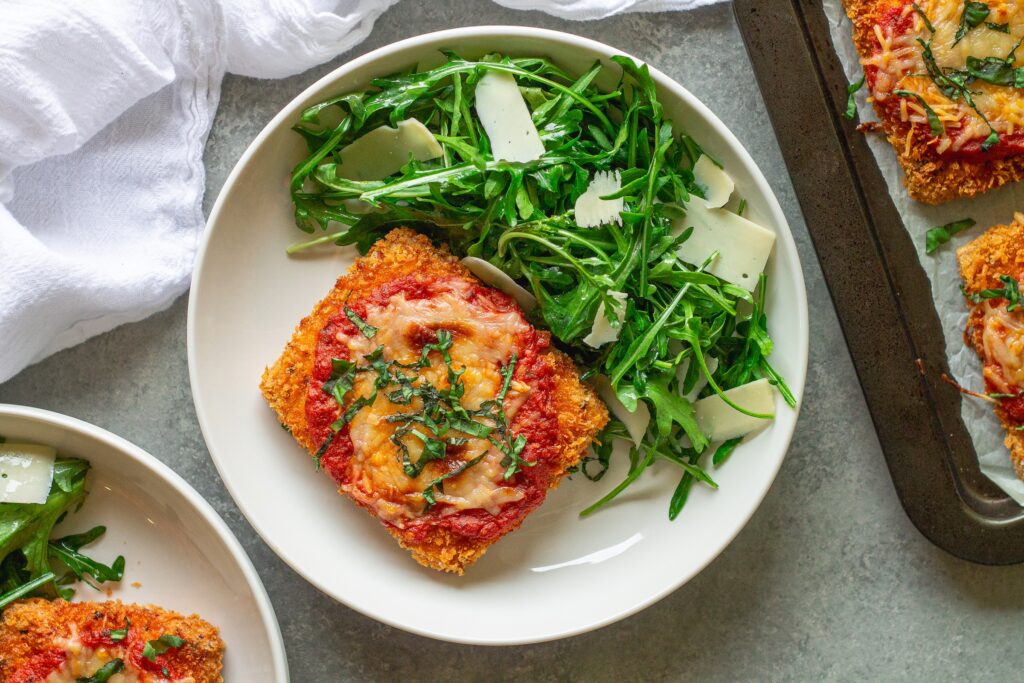
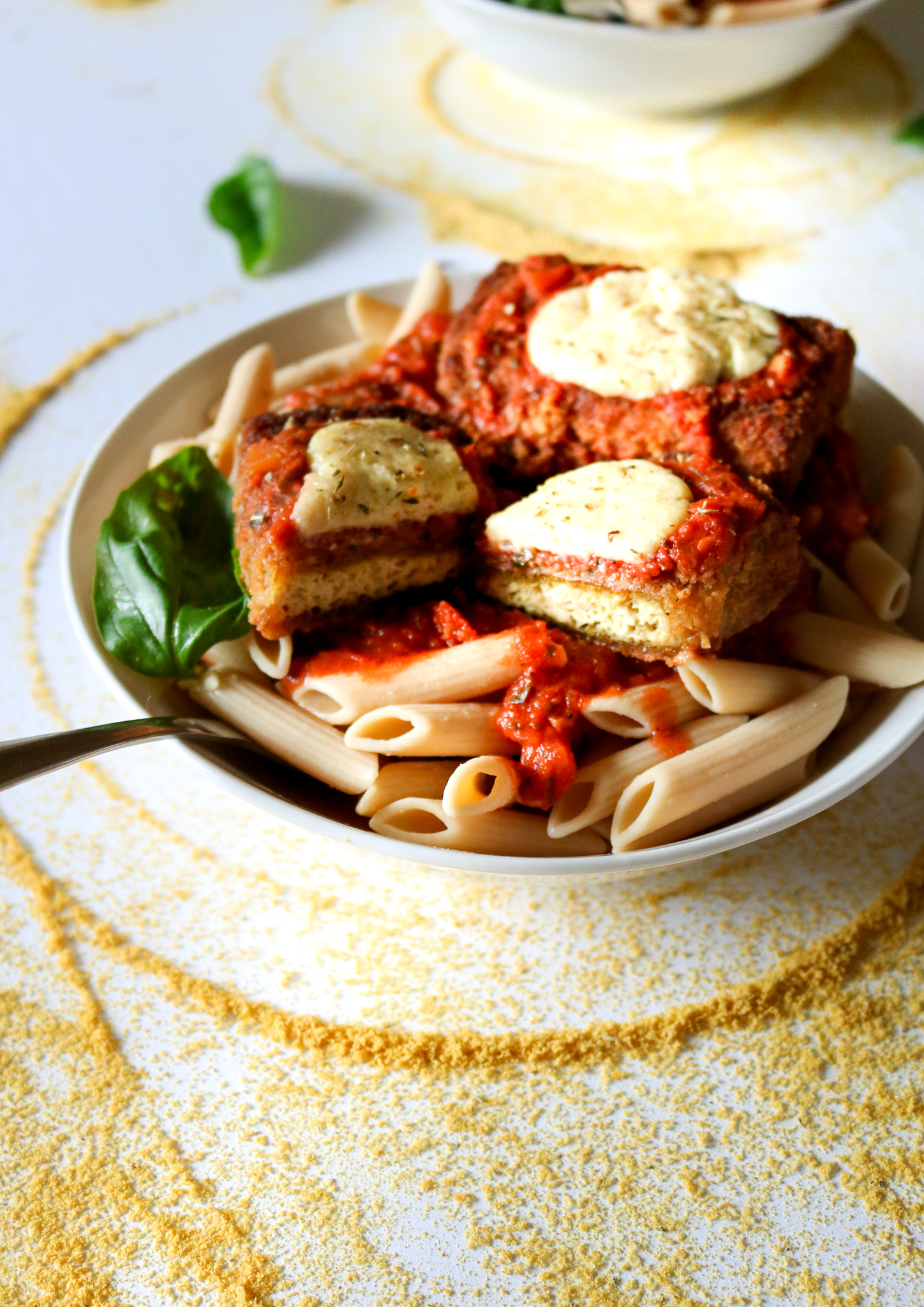
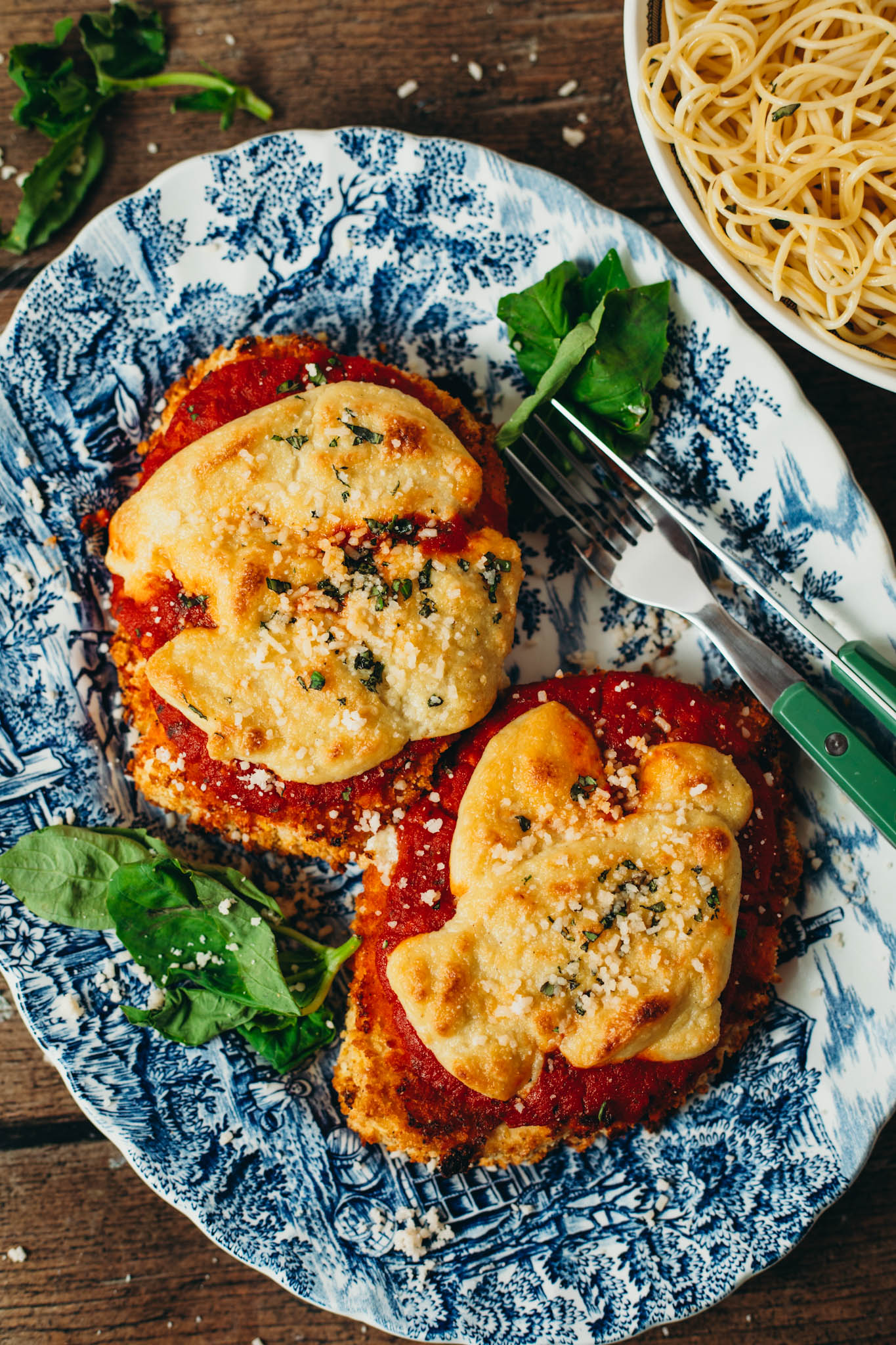
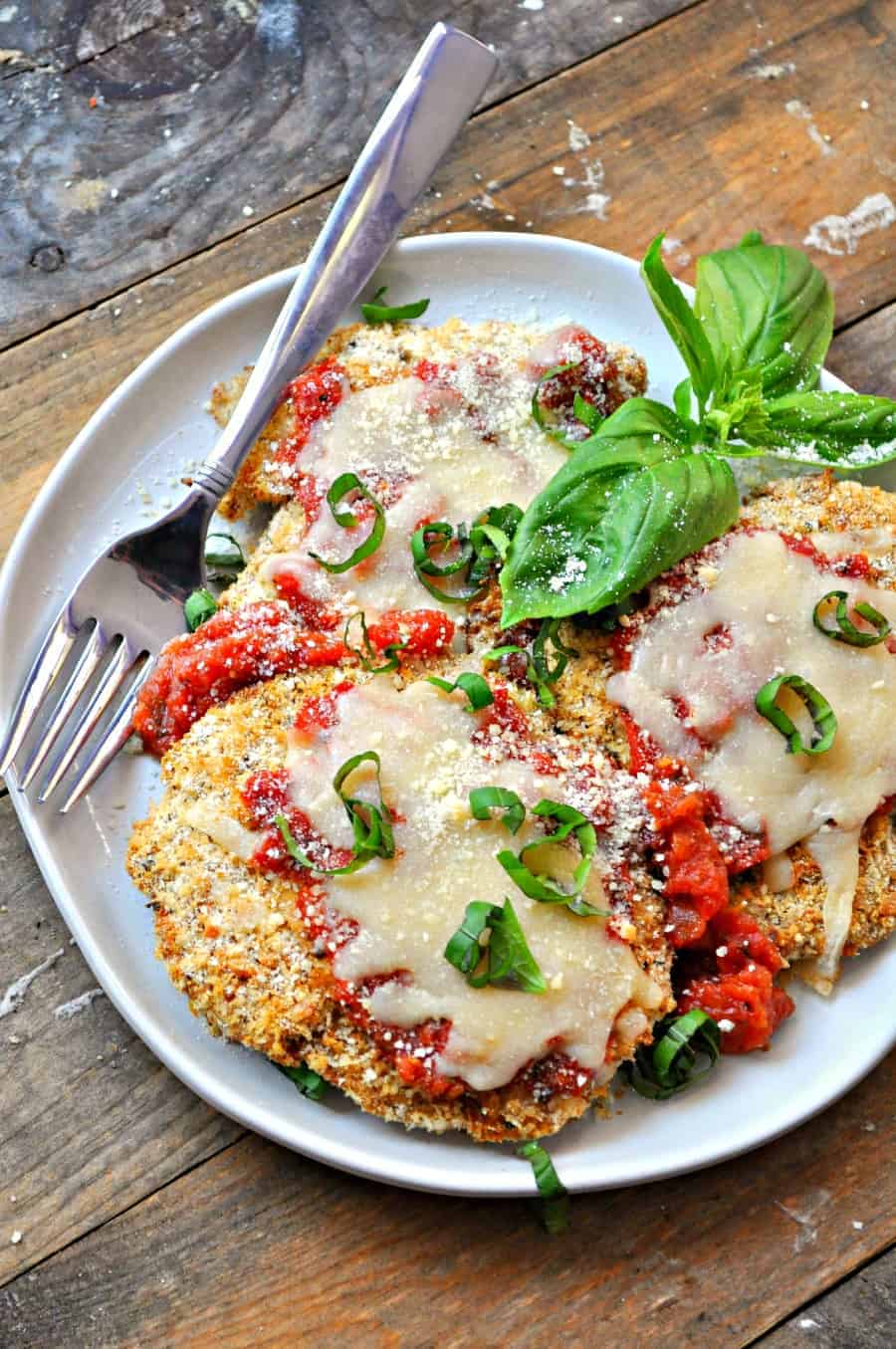
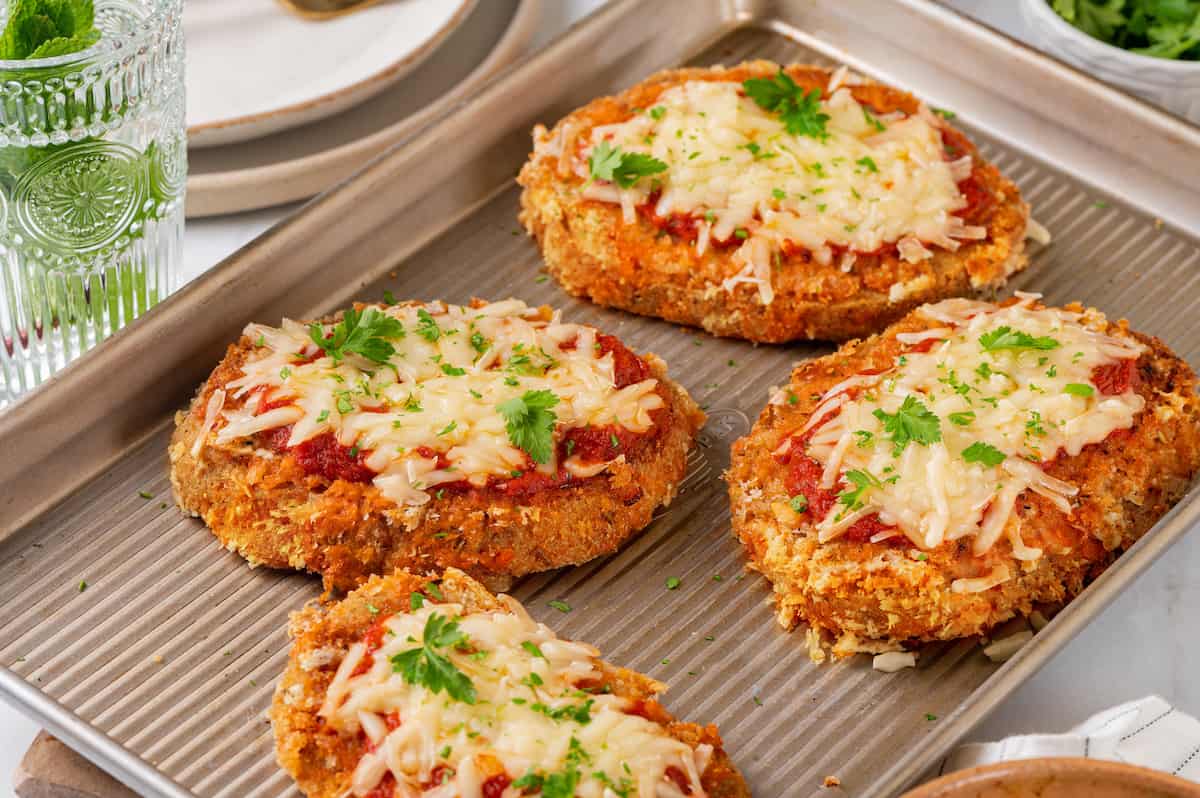
20. 5 Vegan Chicken and Waffles Alternatives
Chicken and waffles is a beloved soul food pairing of crispy fried chicken served atop fluffy waffles, often drizzled with syrup. For a plant-based version, use seitan, tofu, or oyster mushrooms for the "chicken," coat and fry until crispy, and pair with egg-free waffles.
Make vegan chicken and waffles now for the perfect balance of sweet and savory.
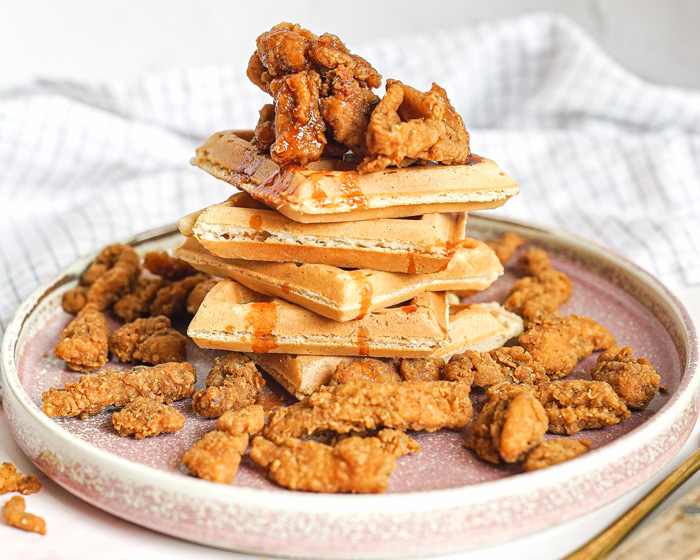
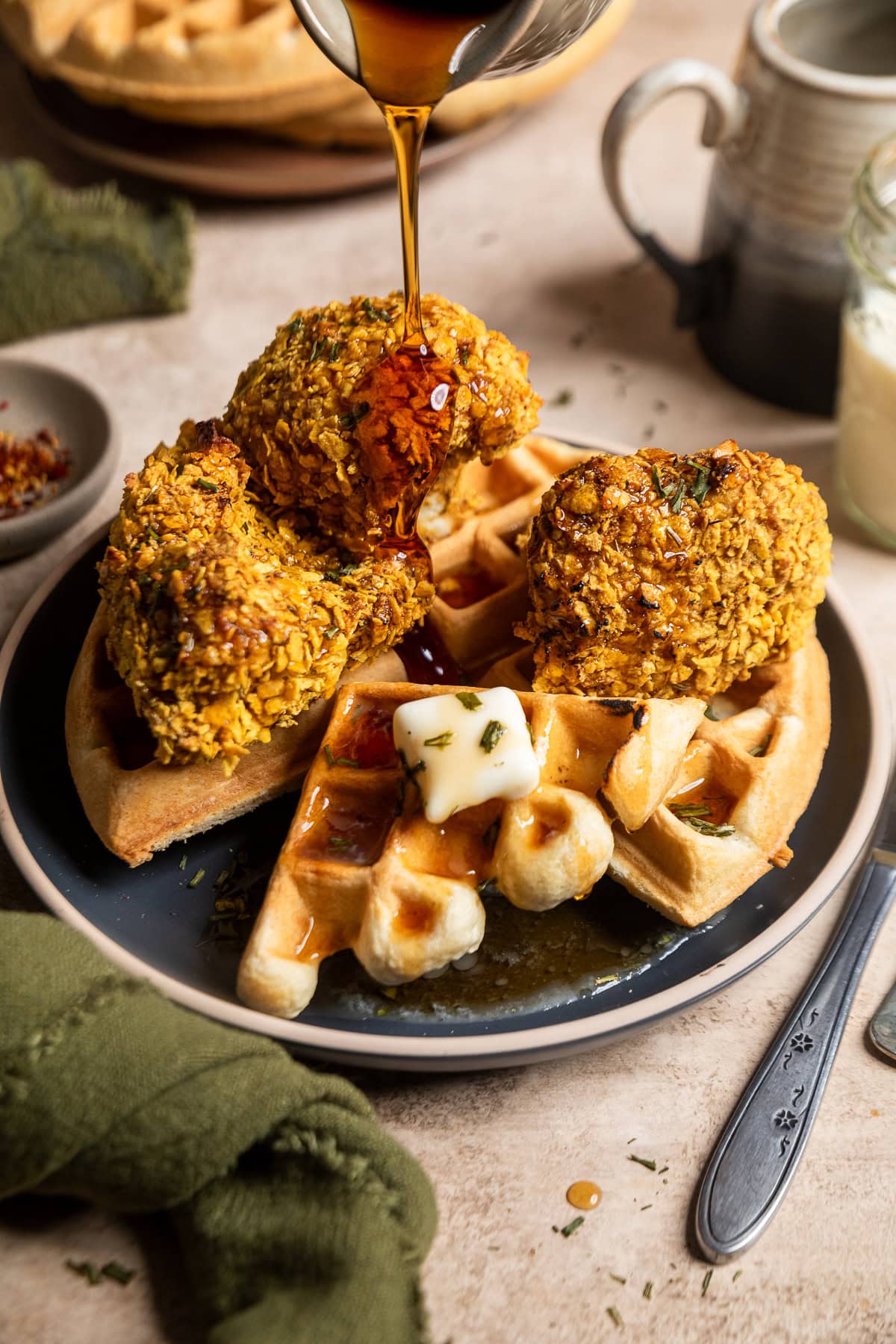
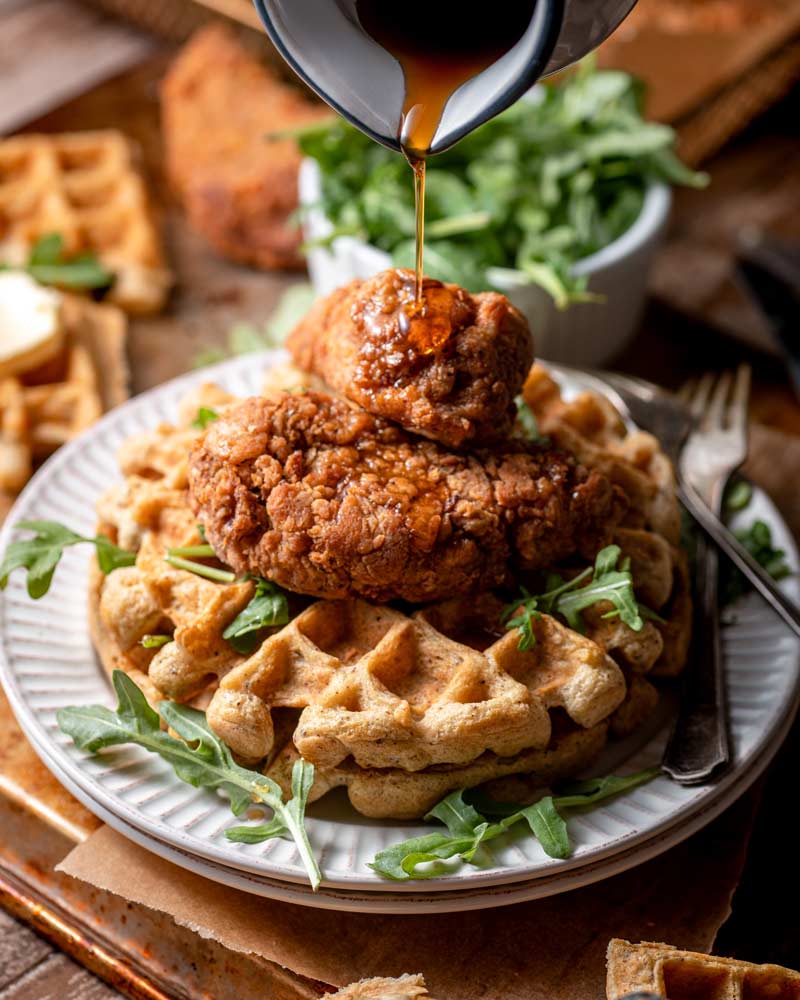
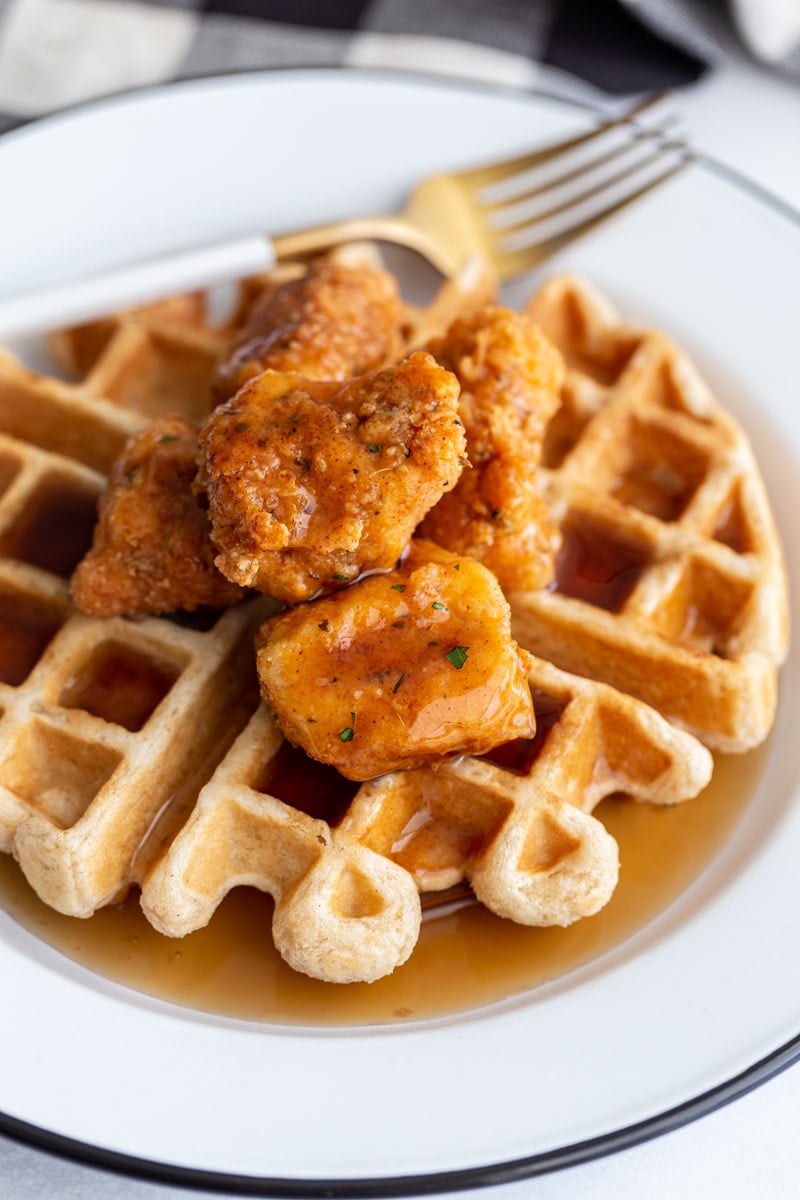
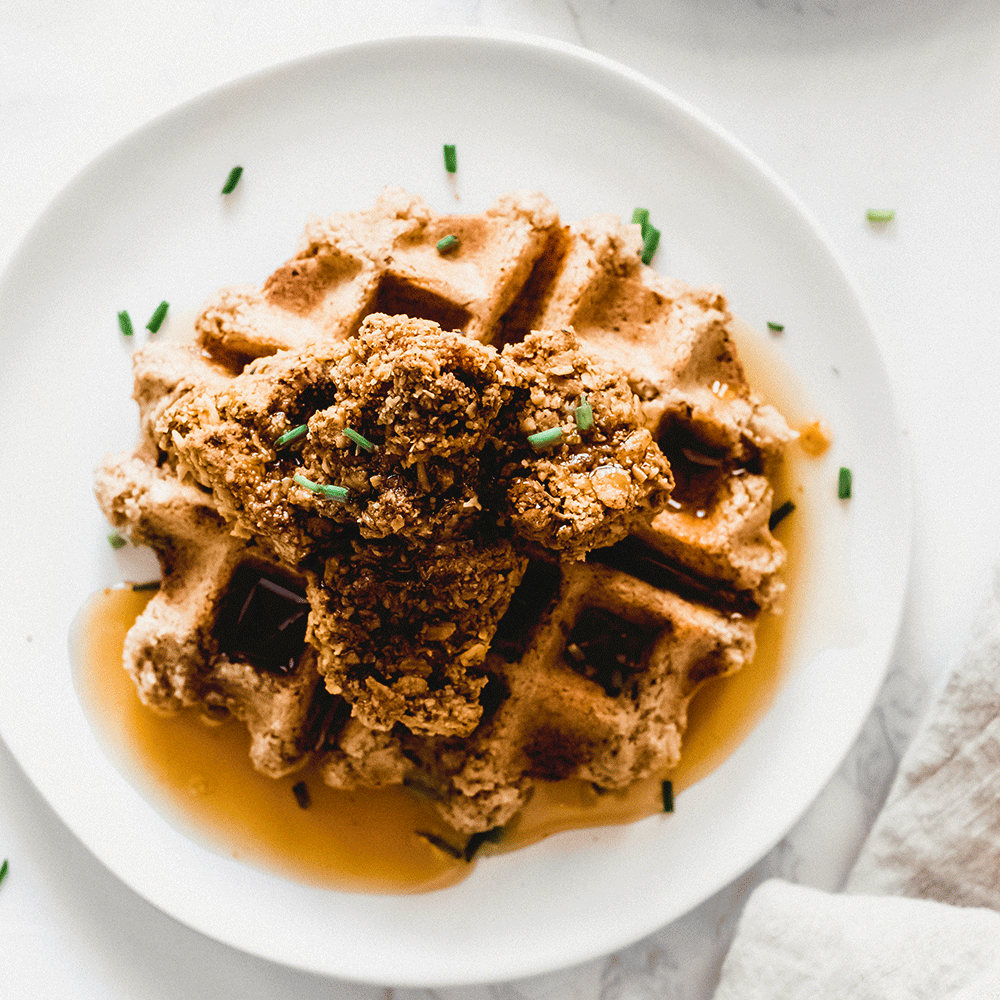
21. 5 Vegan Chicken Enchilada Alternatives
Chicken enchiladas are a Mexican favorite made with tortillas filled with chicken, cheese, and sauce, then baked until bubbling. For a vegan version, use shredded jackfruit, soy curls, or beans instead of chicken, add dairy-free cheese, and smother with enchilada sauce.
Create vegan chicken enchiladas today for a saucy, satisfying meal.
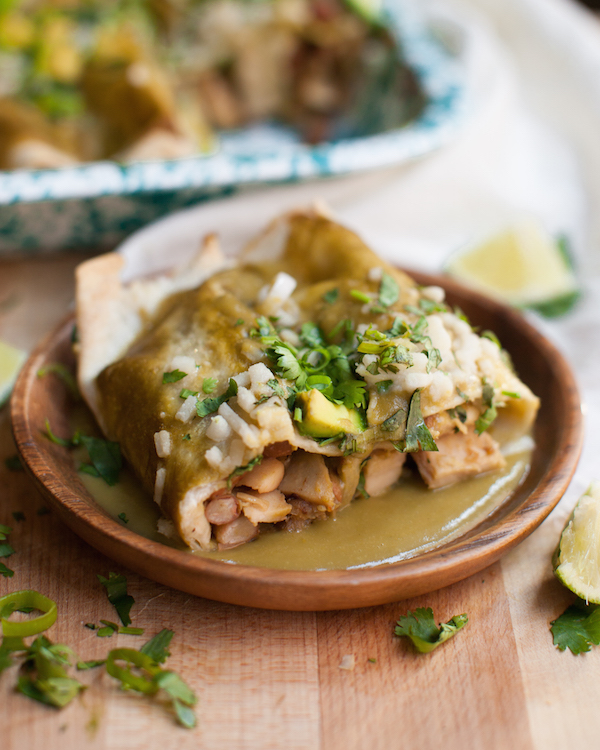
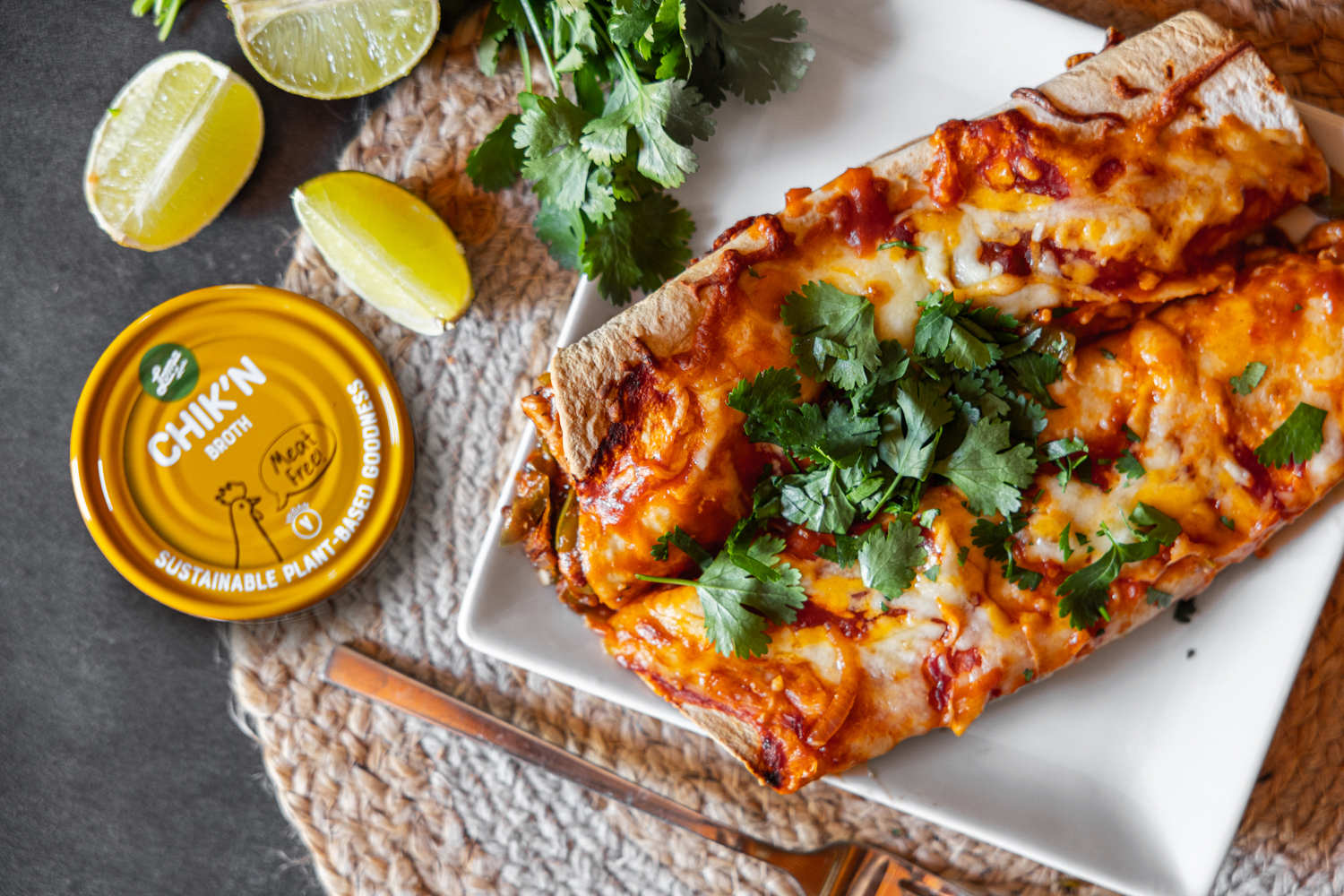

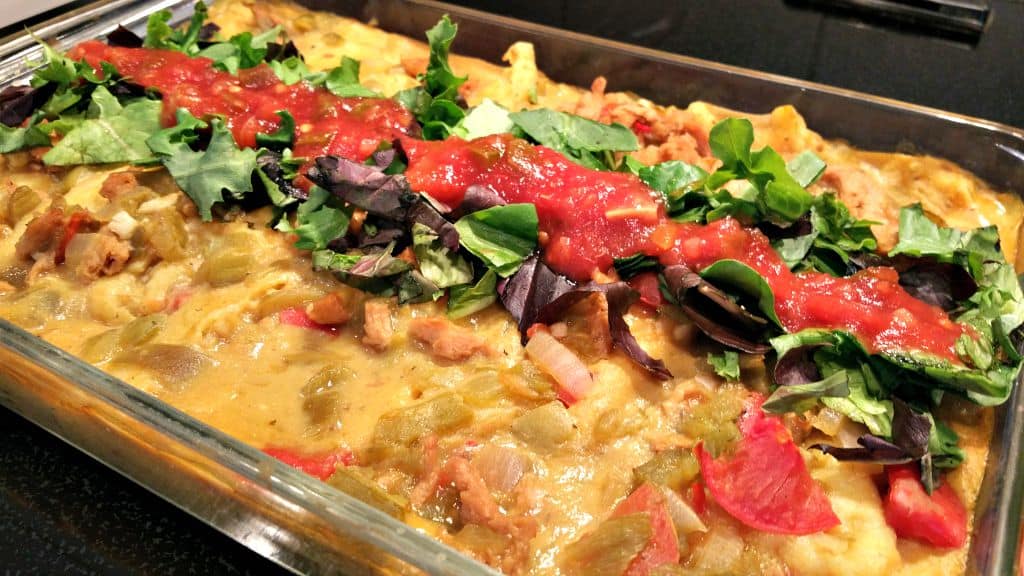
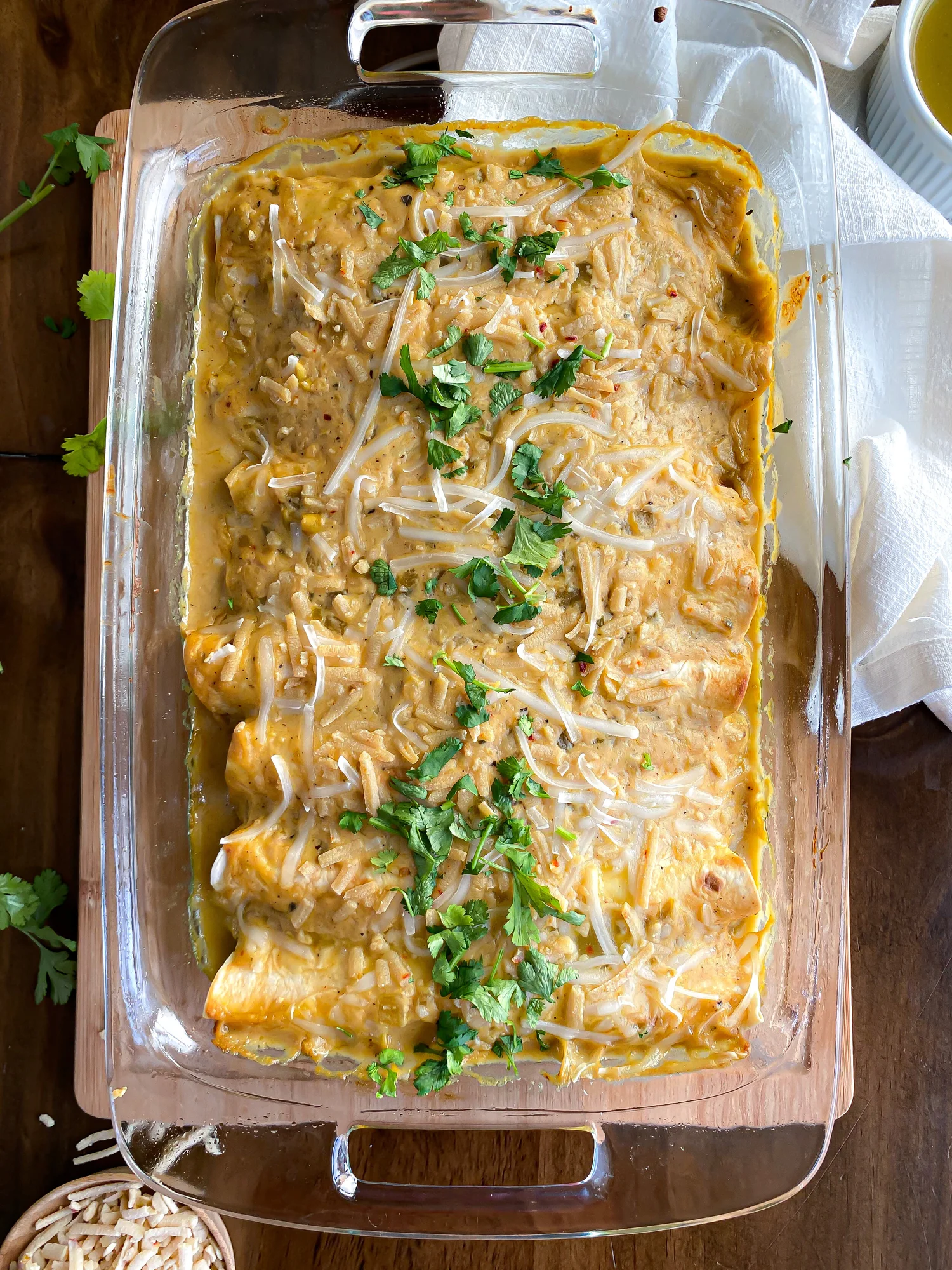
22. 5 Vegan Chicken Quesadilla Alternatives
A chicken quesadilla is a Mexican-inspired dish made with tortillas filled with chicken and melted cheese, then grilled until crispy. To make vegan, swap the chicken for soy curls, jackfruit, or seasoned tofu, and use dairy-free cheese for that gooey melt.
Make plant-based chicken quesadillas today for a quick, cheesy, plant-powered bite.
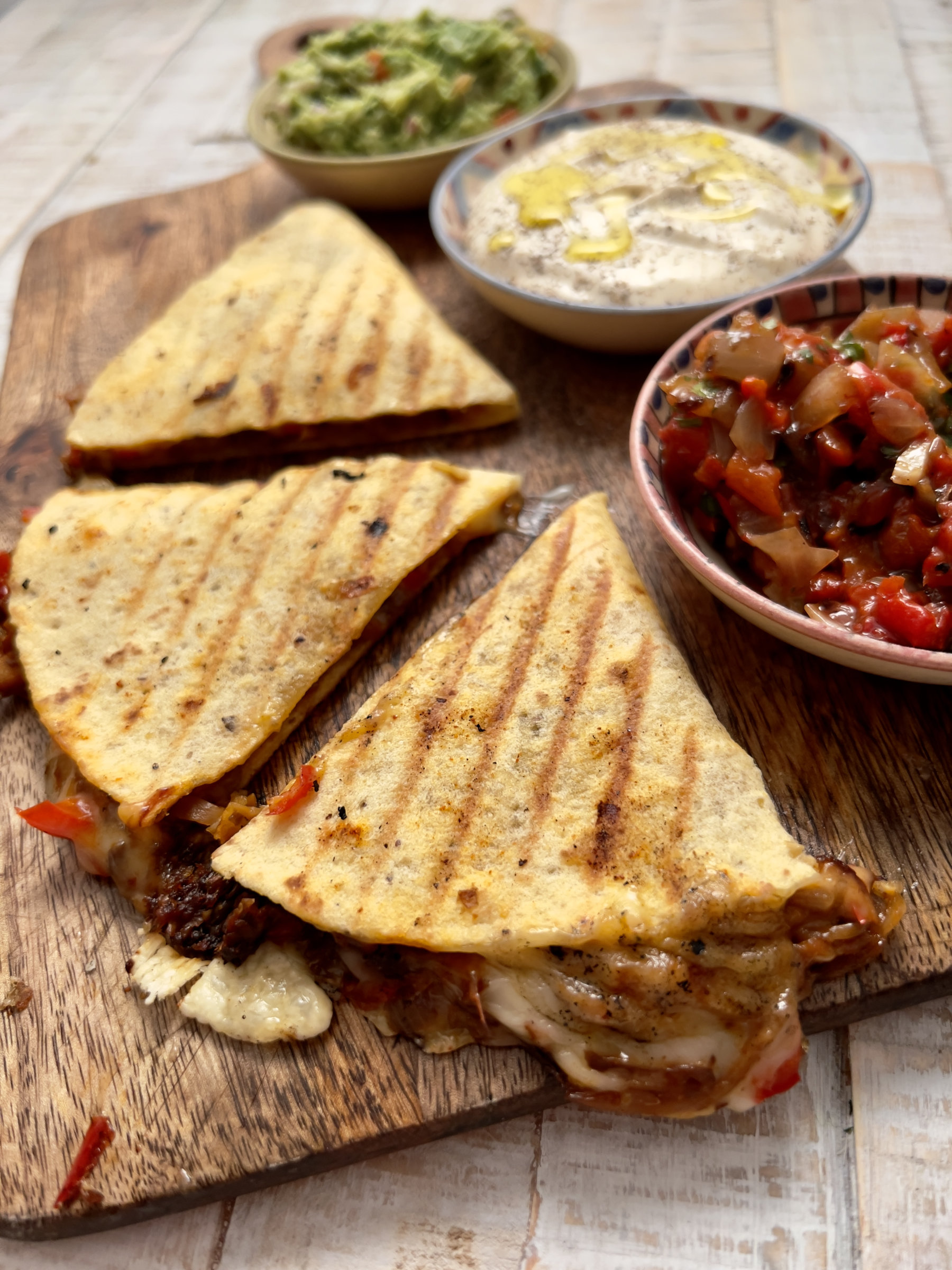
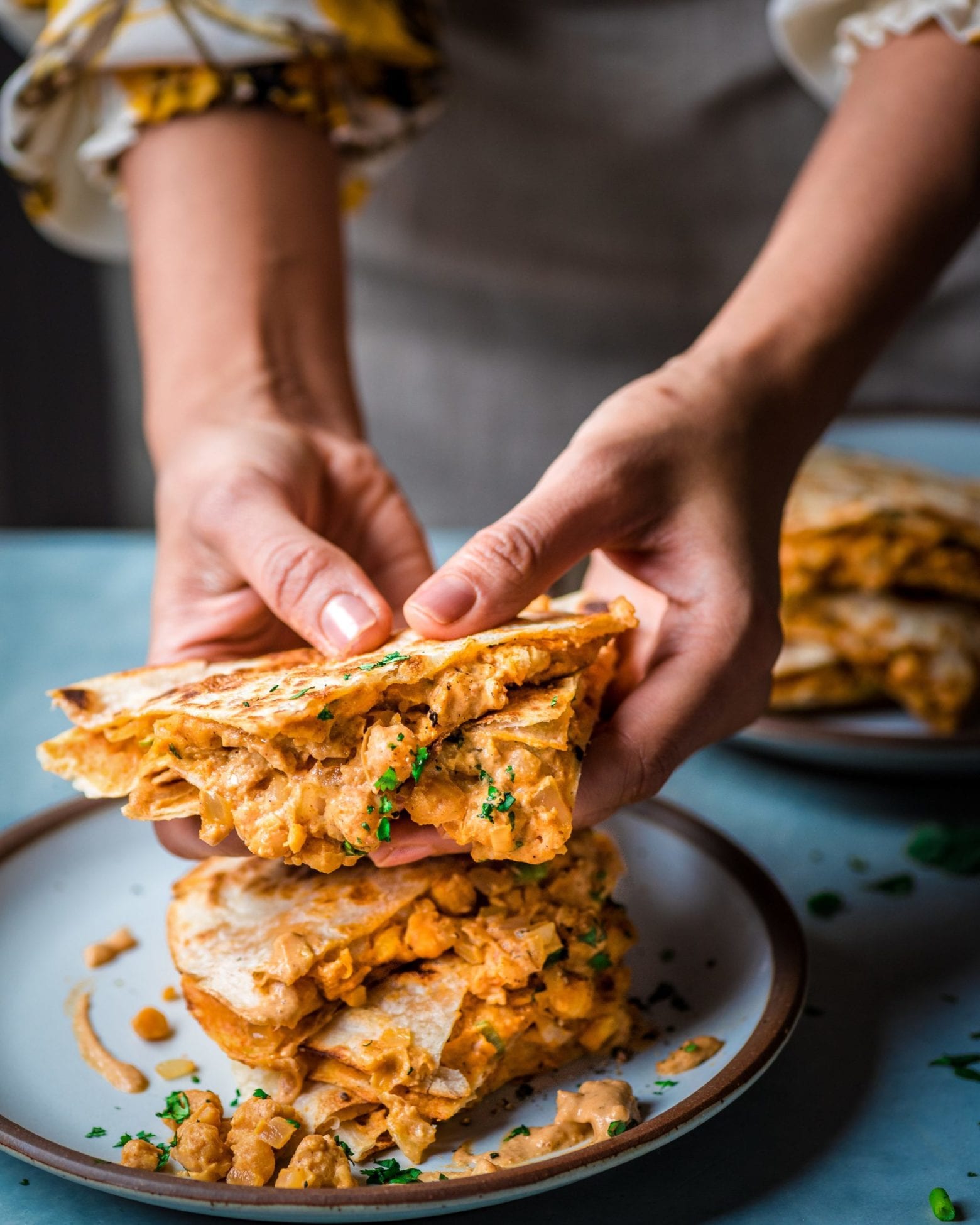
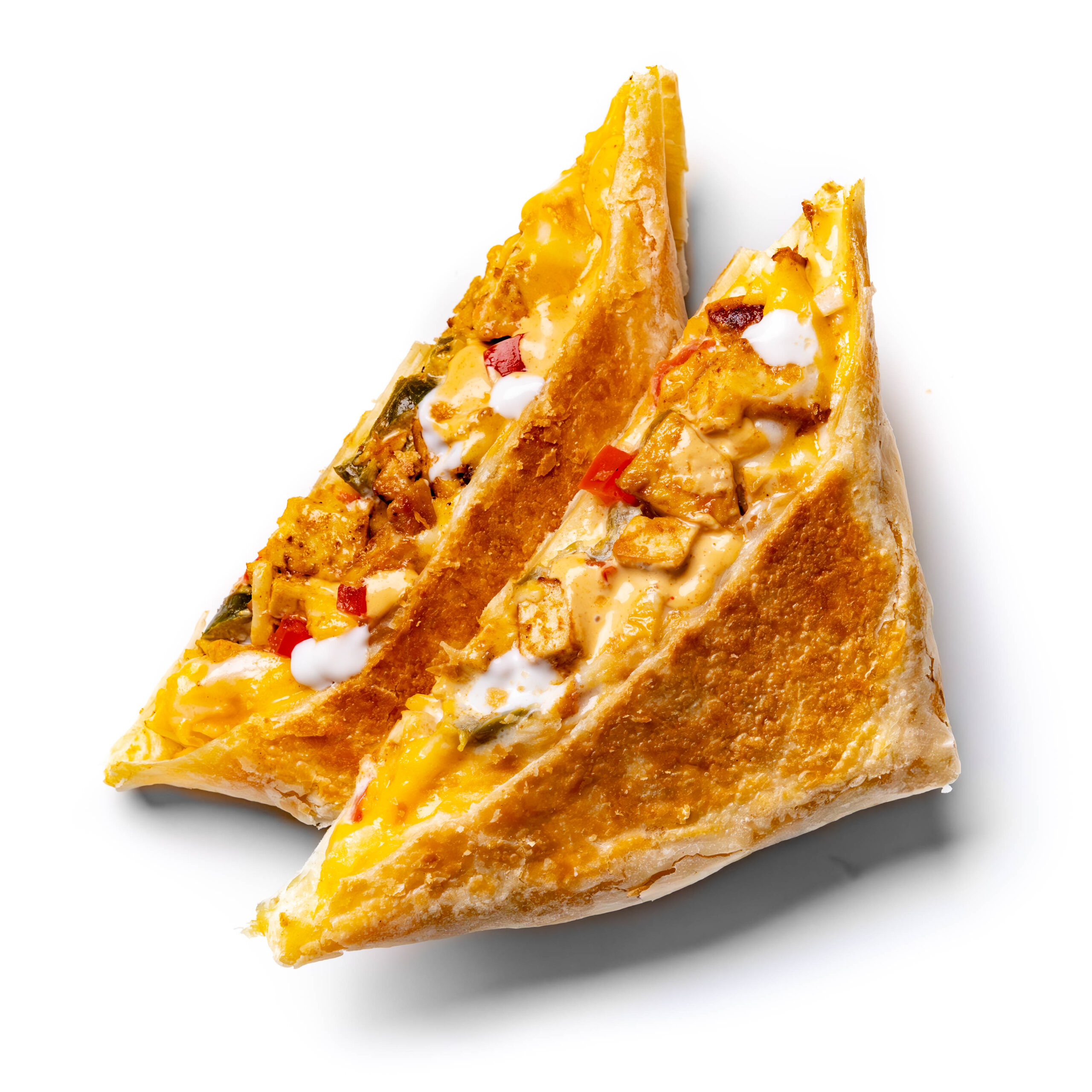
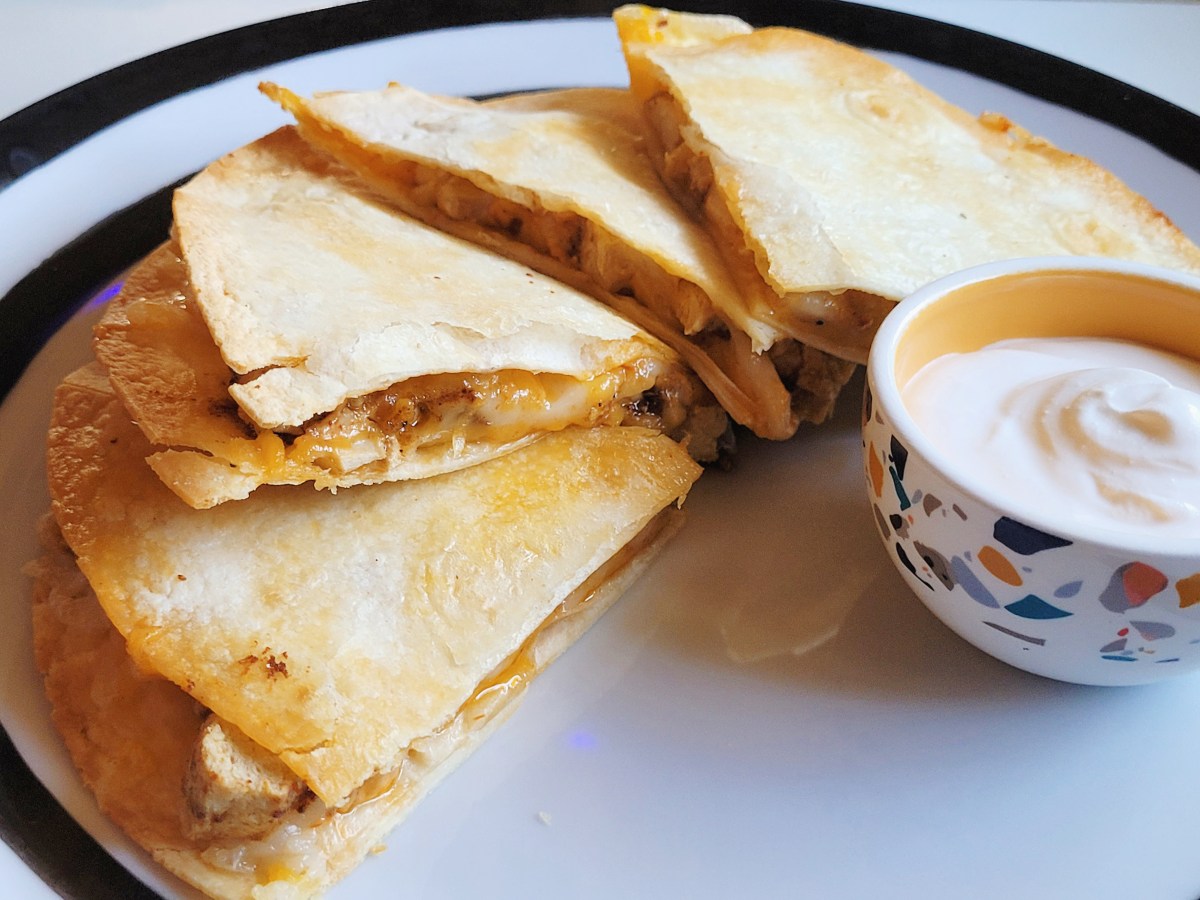
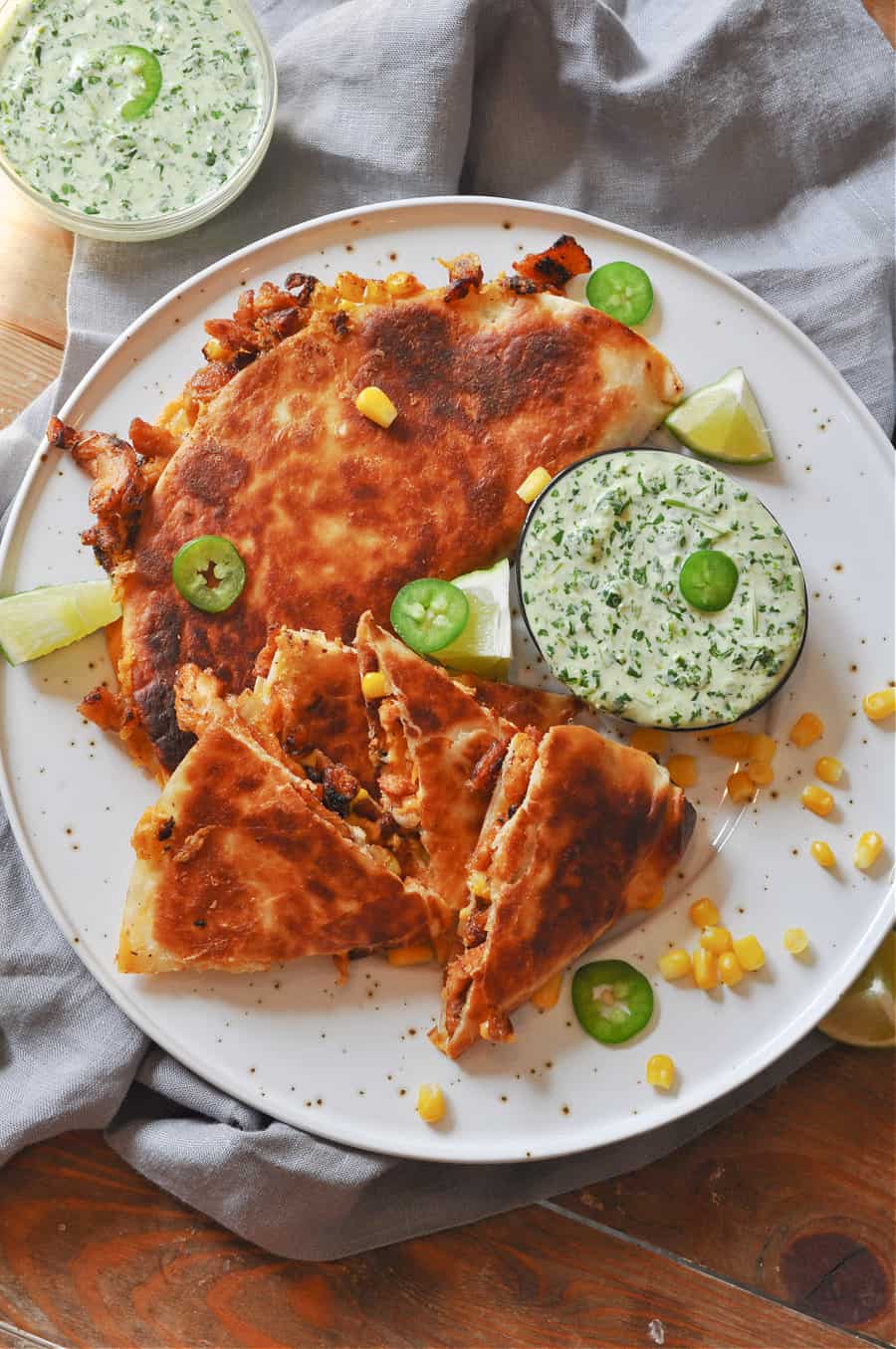
23. 5 Vegan Chicken Fajitas Alternatives
Chicken fajitas are a sizzling Tex-Mex favorite made with marinated chicken strips, bell peppers, and onions, served with tortillas. To veganize them, swap the chicken for tofu, tempeh, or seitan, season with fajita spices, and sauté with the veggies.
Create vegan chicken fajitas now for a colorful, flavorful plant-based meal!
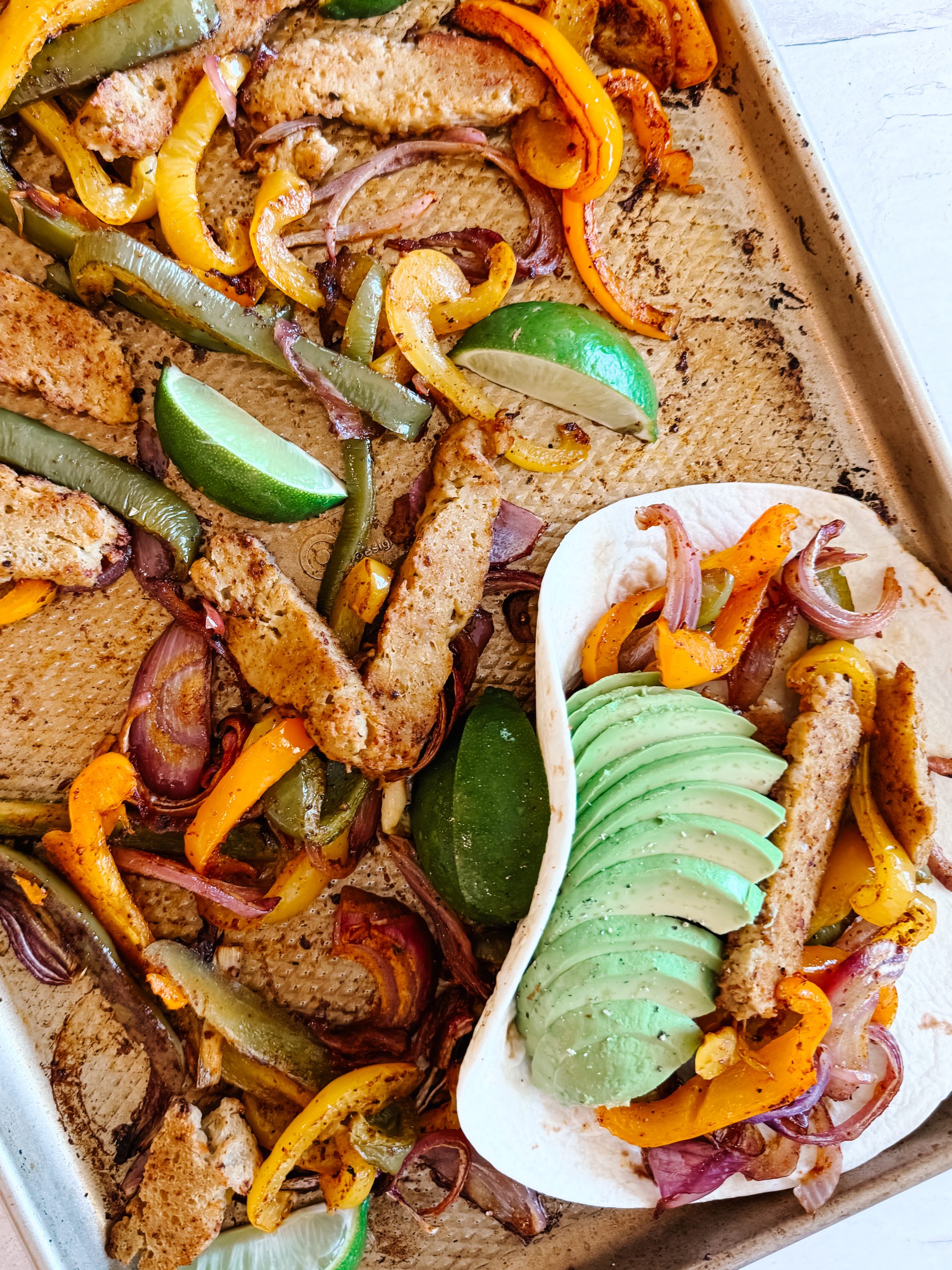
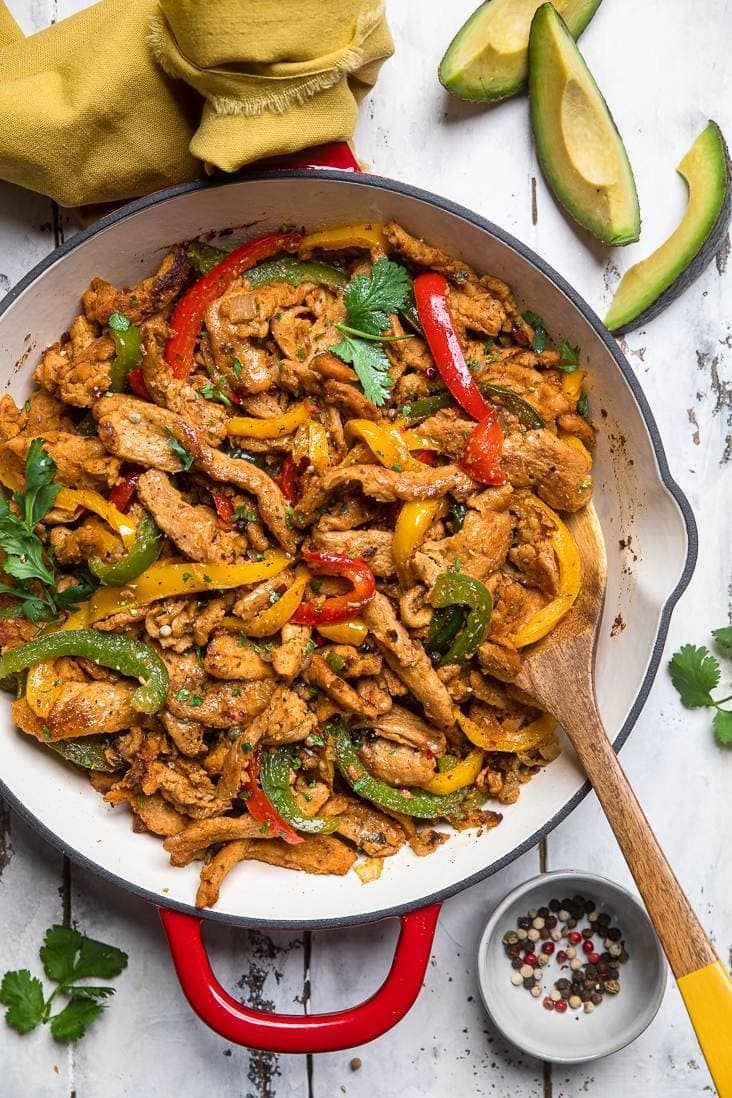
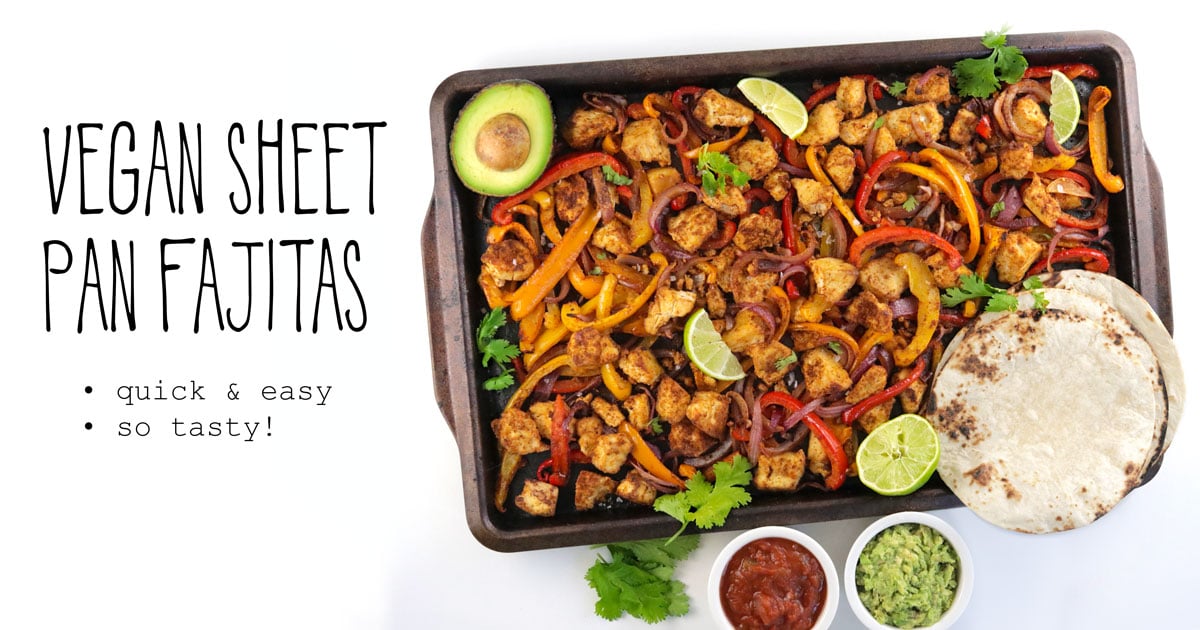
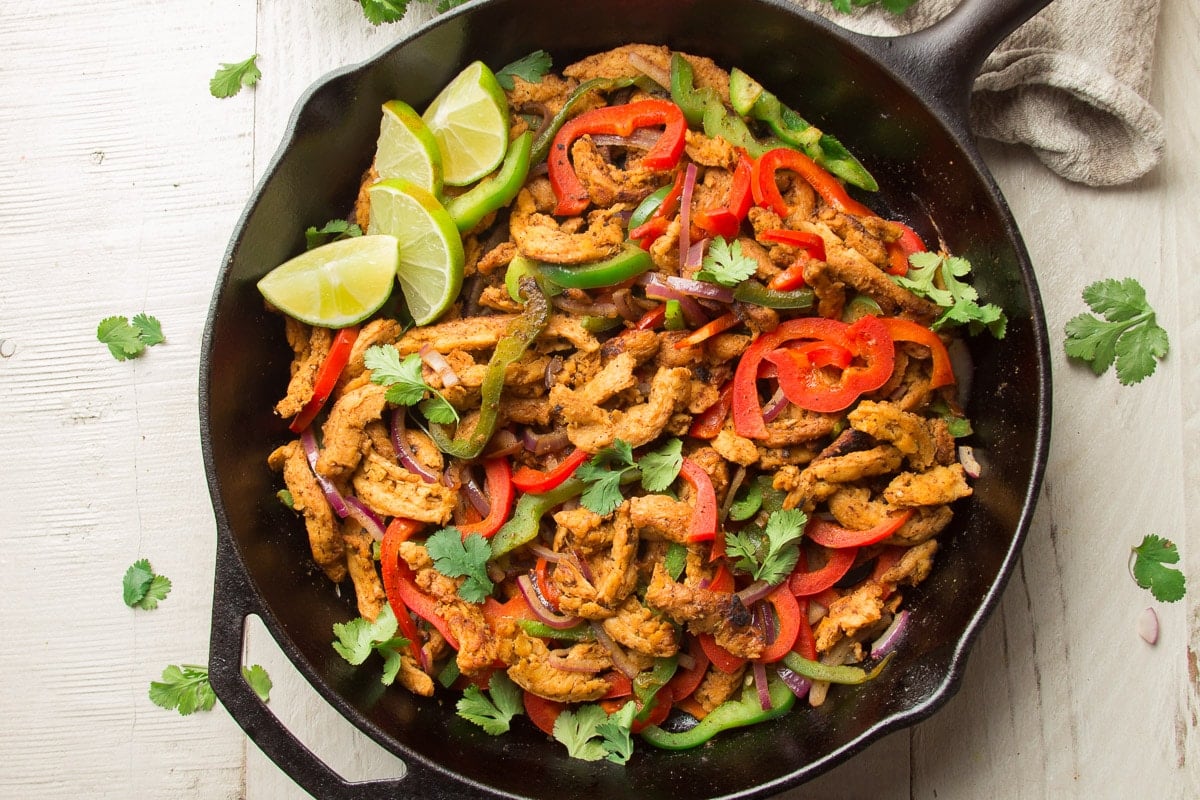
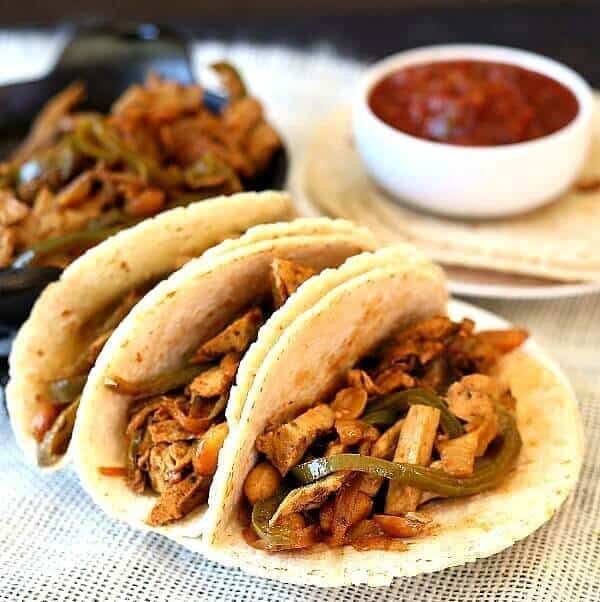
24. 5 Vegan Honey Chicken Alternatives
Honey chicken is a sweet and savory dish made with crispy chicken pieces coated in a sticky honey-based sauce. To make vegan, use tofu, tempeh, or seitan, and swap the honey for maple syrup or agave. Toss your plant-based "chicken" in the sauce and enjoy a crunchy, flavorful vegan twist.
Create vegan honey chicken today for a sweet, satisfying meal.
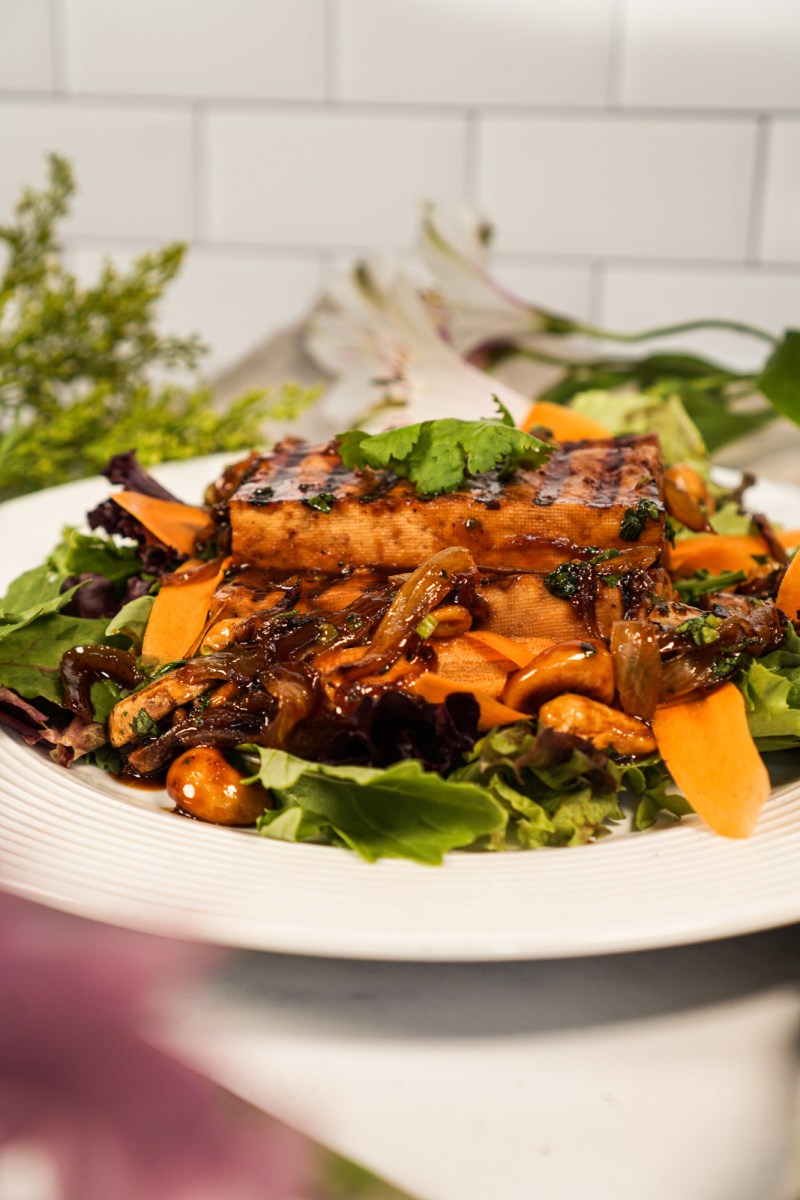
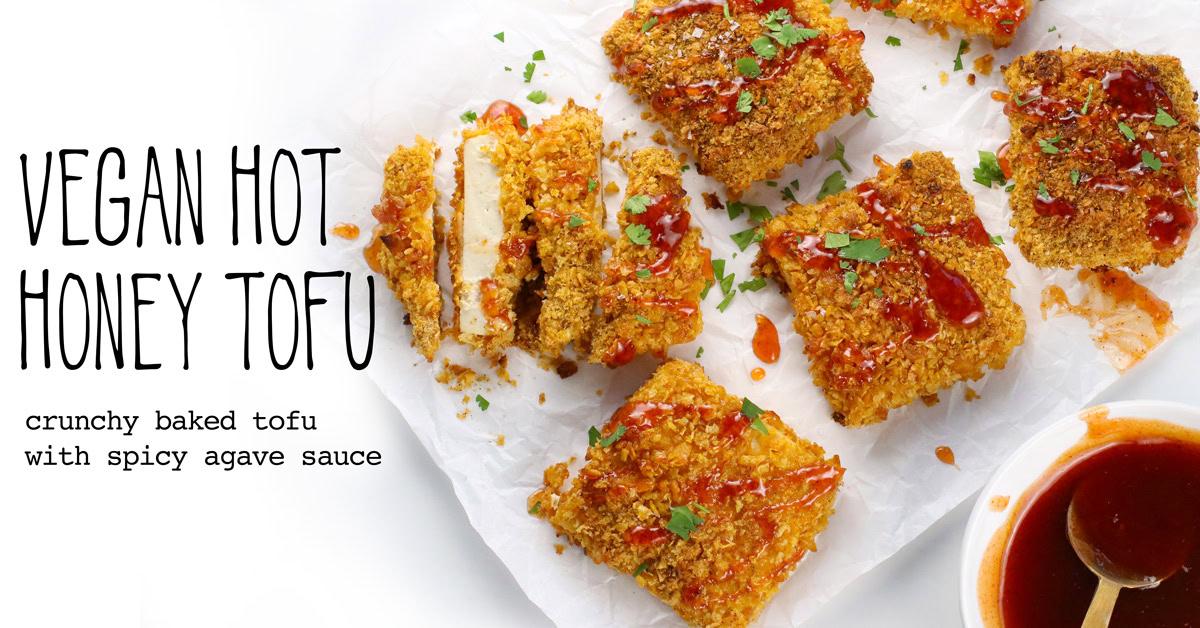
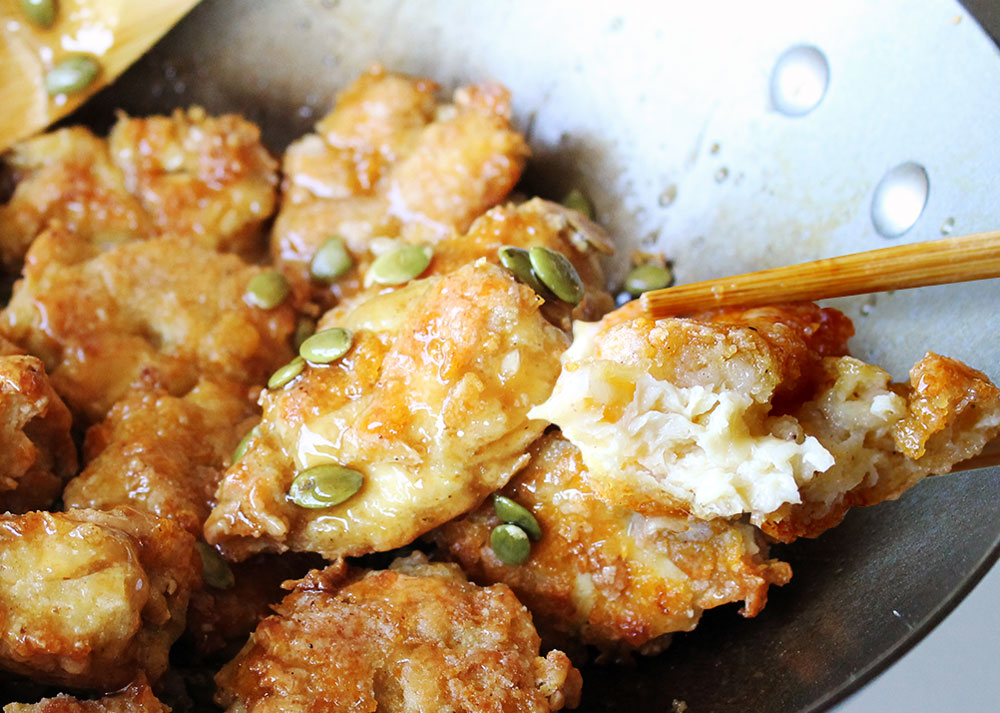
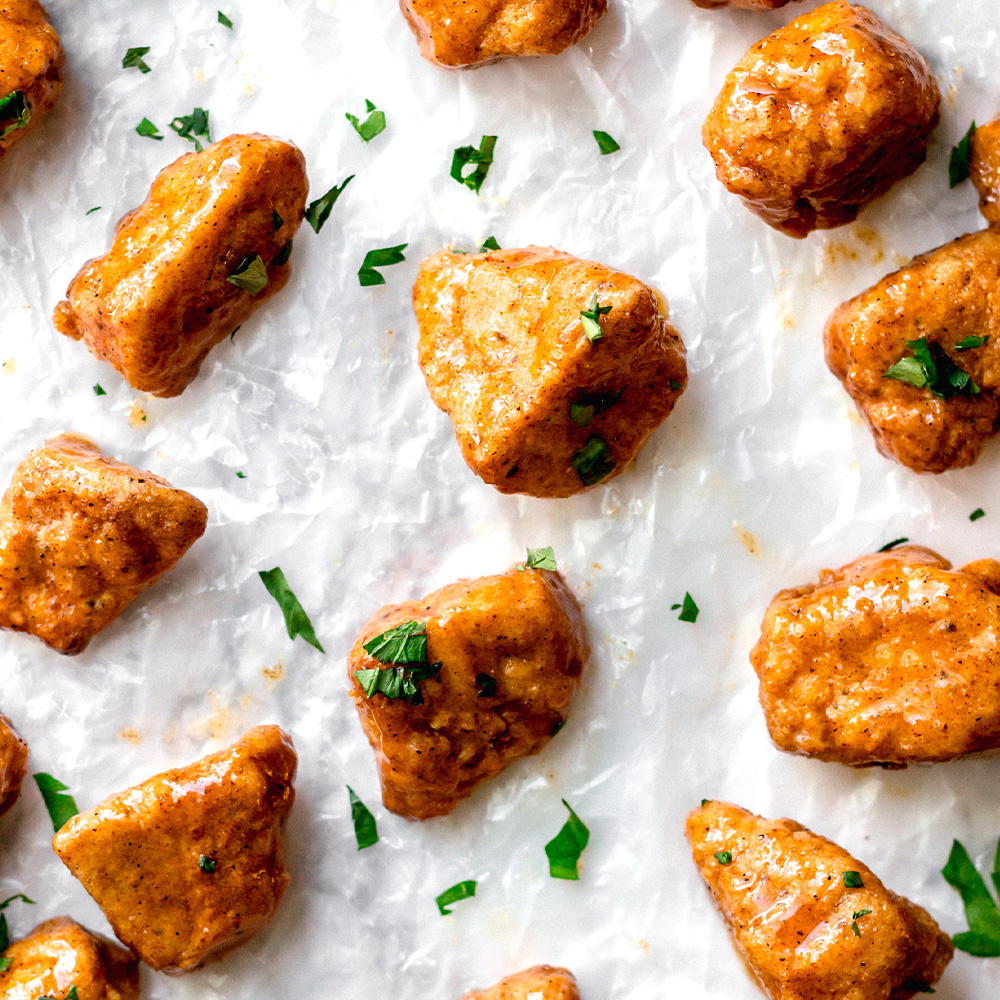
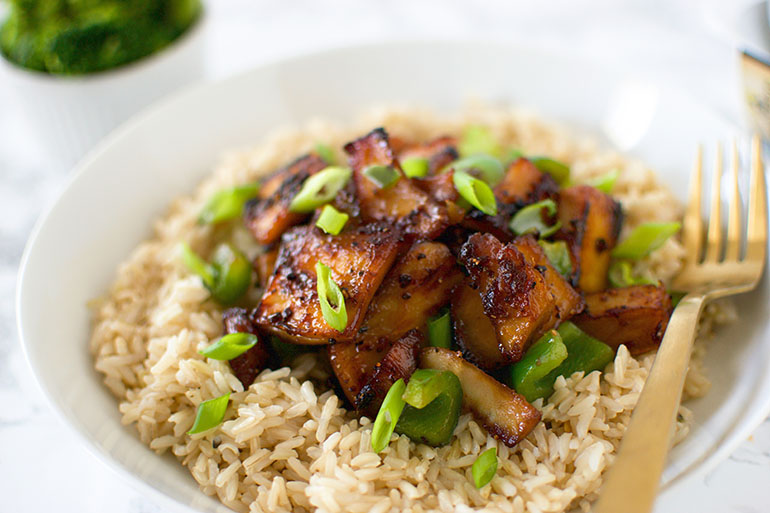
25. 5 Vegan Butter Chicken Alternatives
Butter chicken is a creamy, spiced Indian dish made with chicken simmered in a rich tomato and butter sauce. For a vegan version, swap the chicken for tofu, tempeh, or chickpeas, and use plant-based butter and coconut or cashew cream.
Give a vegan butter chicken a chance today for a comforting, flavorful plant-based meal.
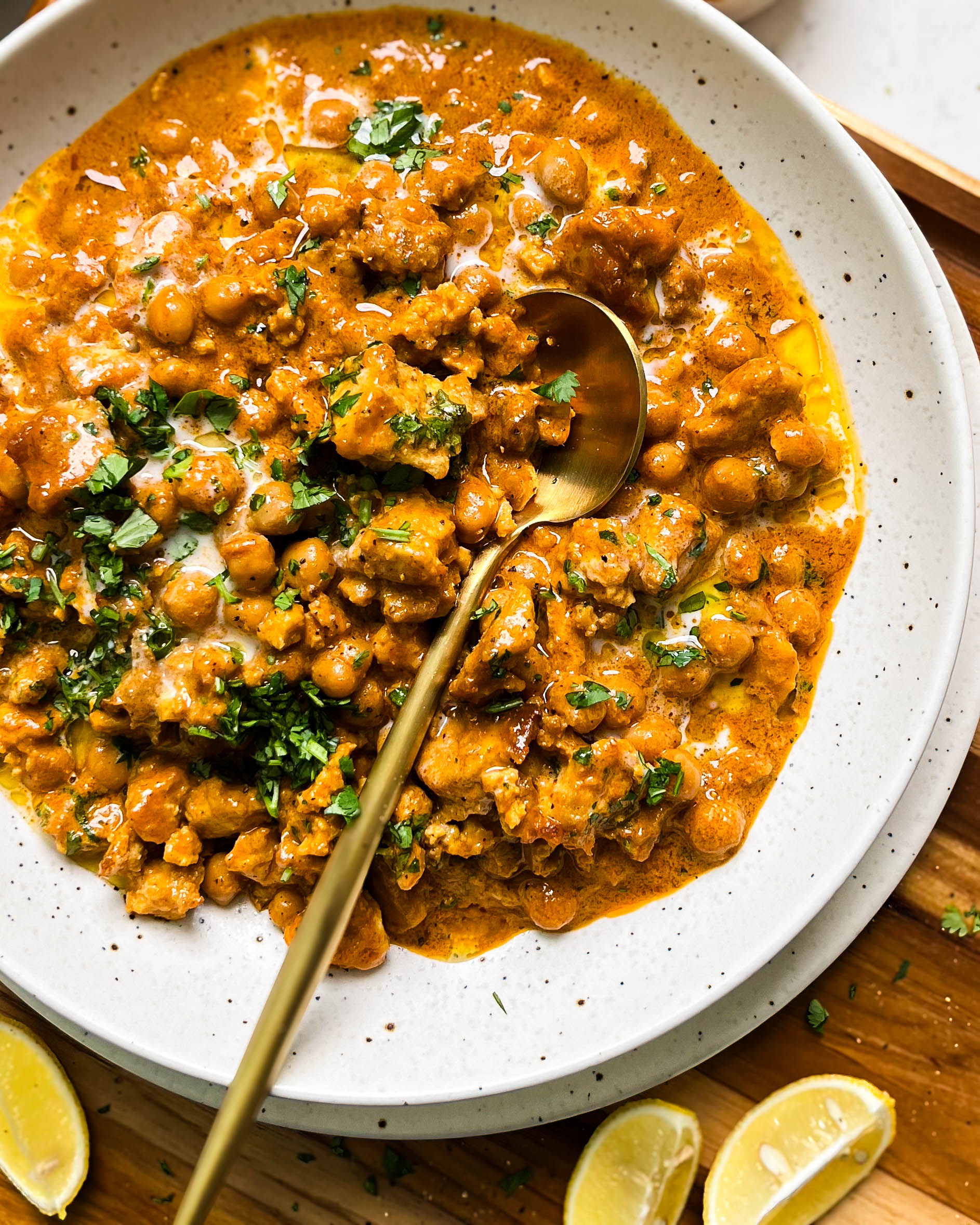
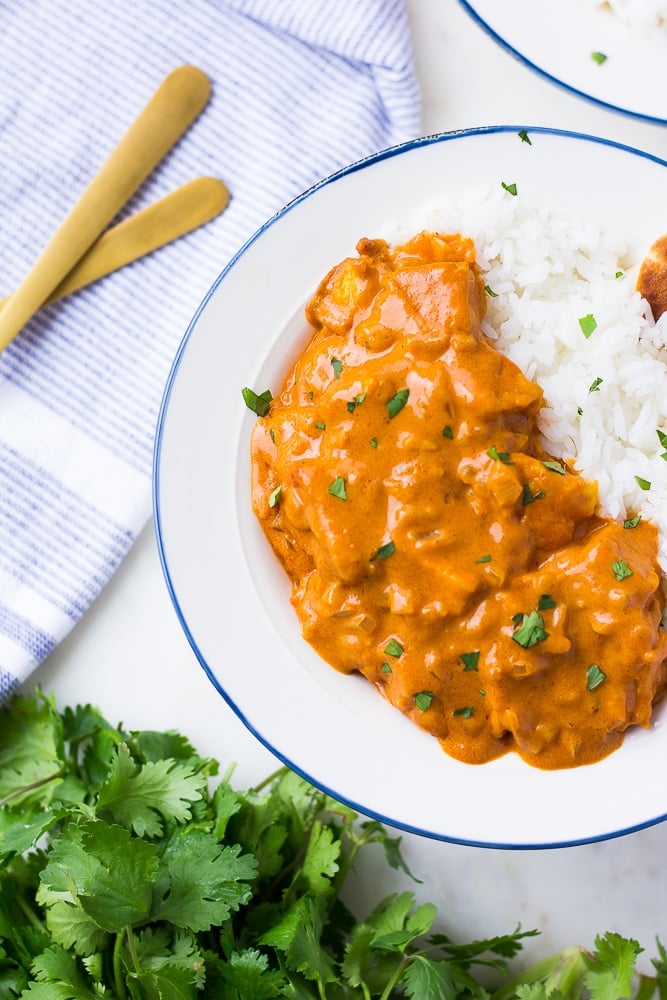
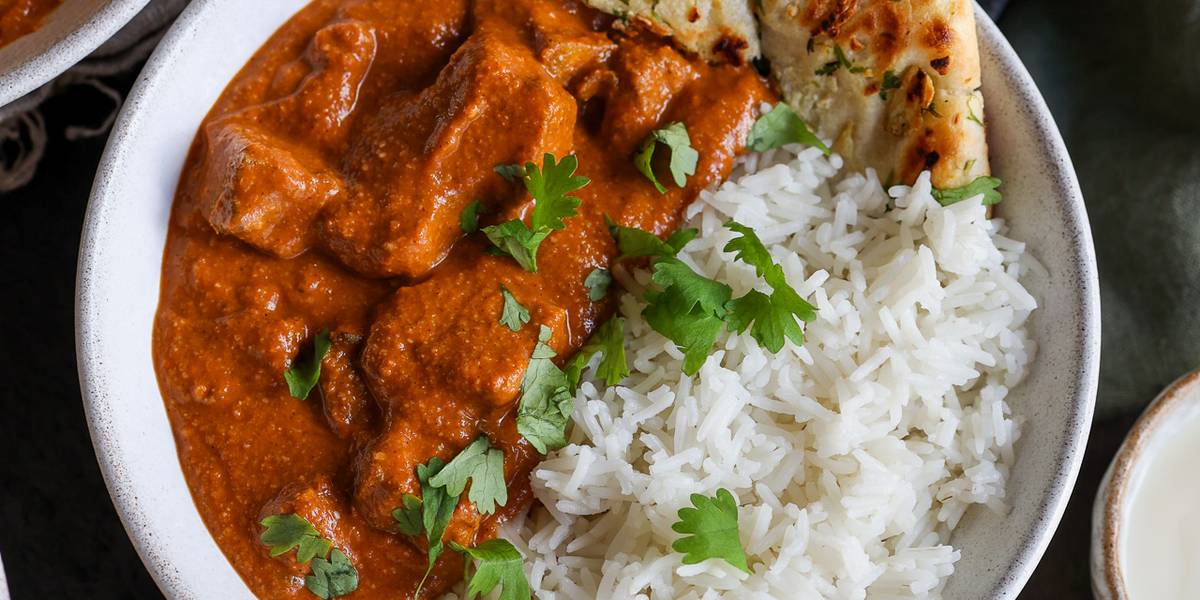
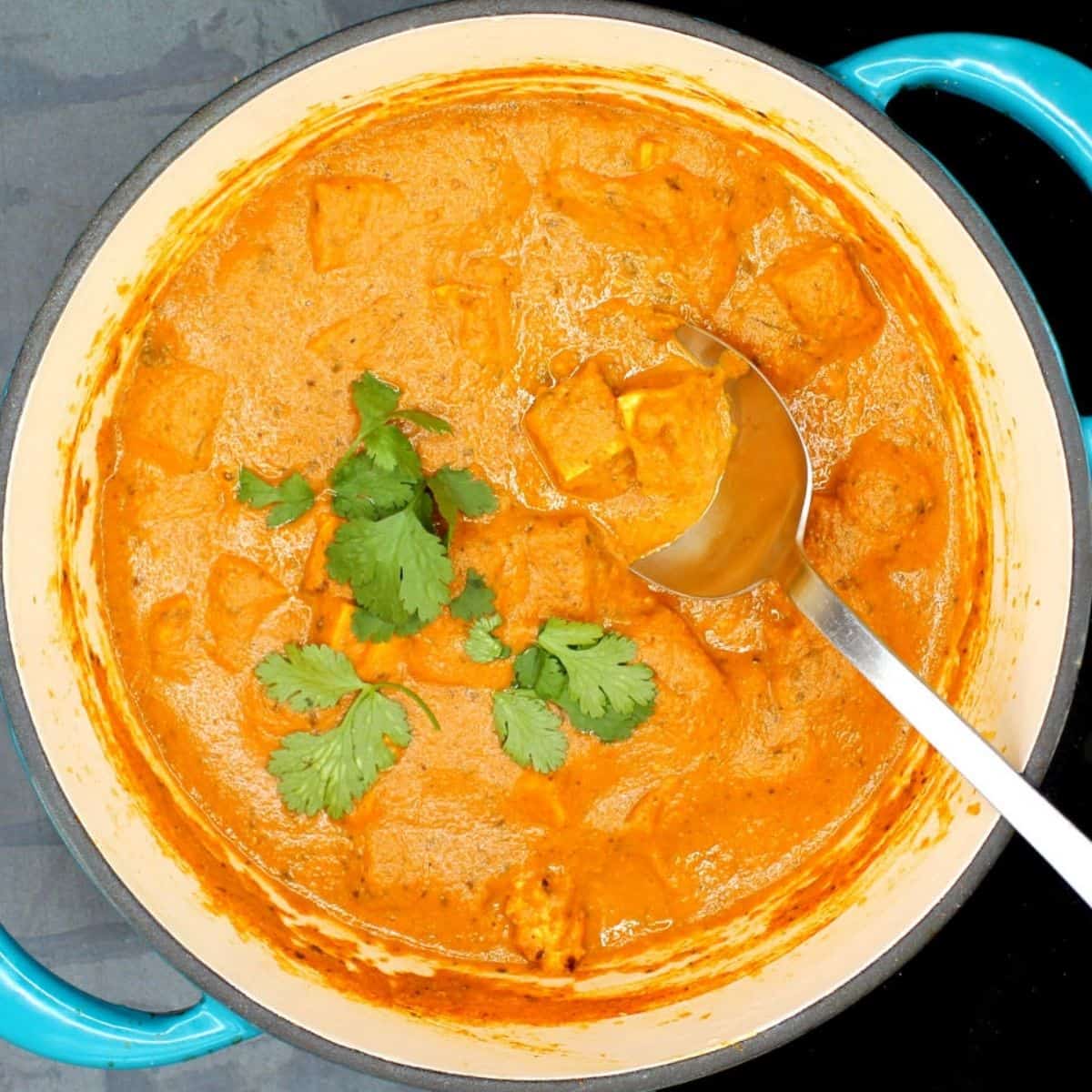
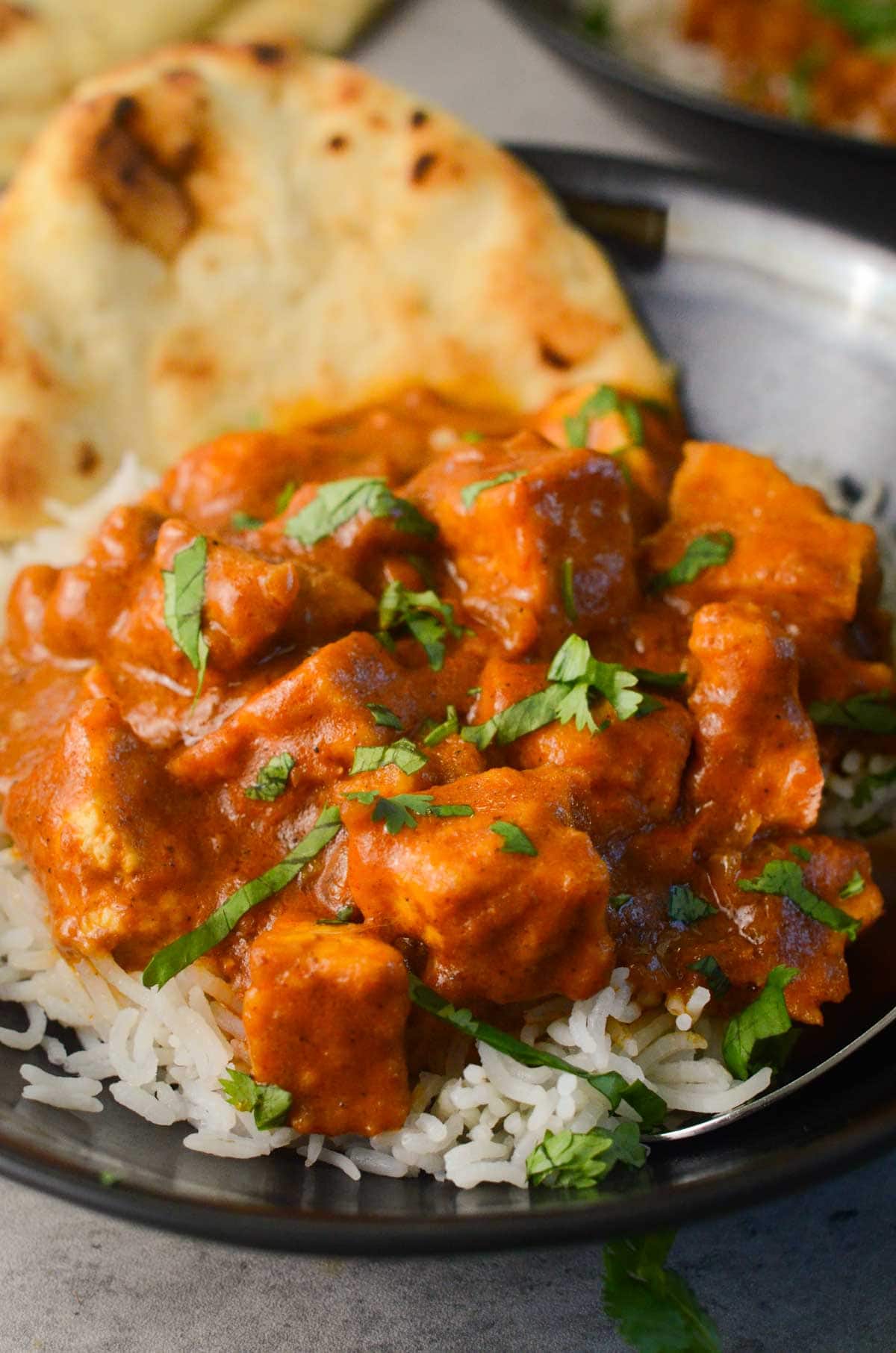
26. 5 Vegan Chicken Tikka Masala Alternatives
Chicken tikka masala is a popular Indian dish featuring marinated chicken cooked in a spiced tomato and cream sauce. For a plant-based version, swap the chicken for tofu, tempeh, or chickpeas, and use coconut or cashew cream instead of dairy.
Try vegan chicken tikka masala today for a rich, flavorful plant-based twist on the classic.
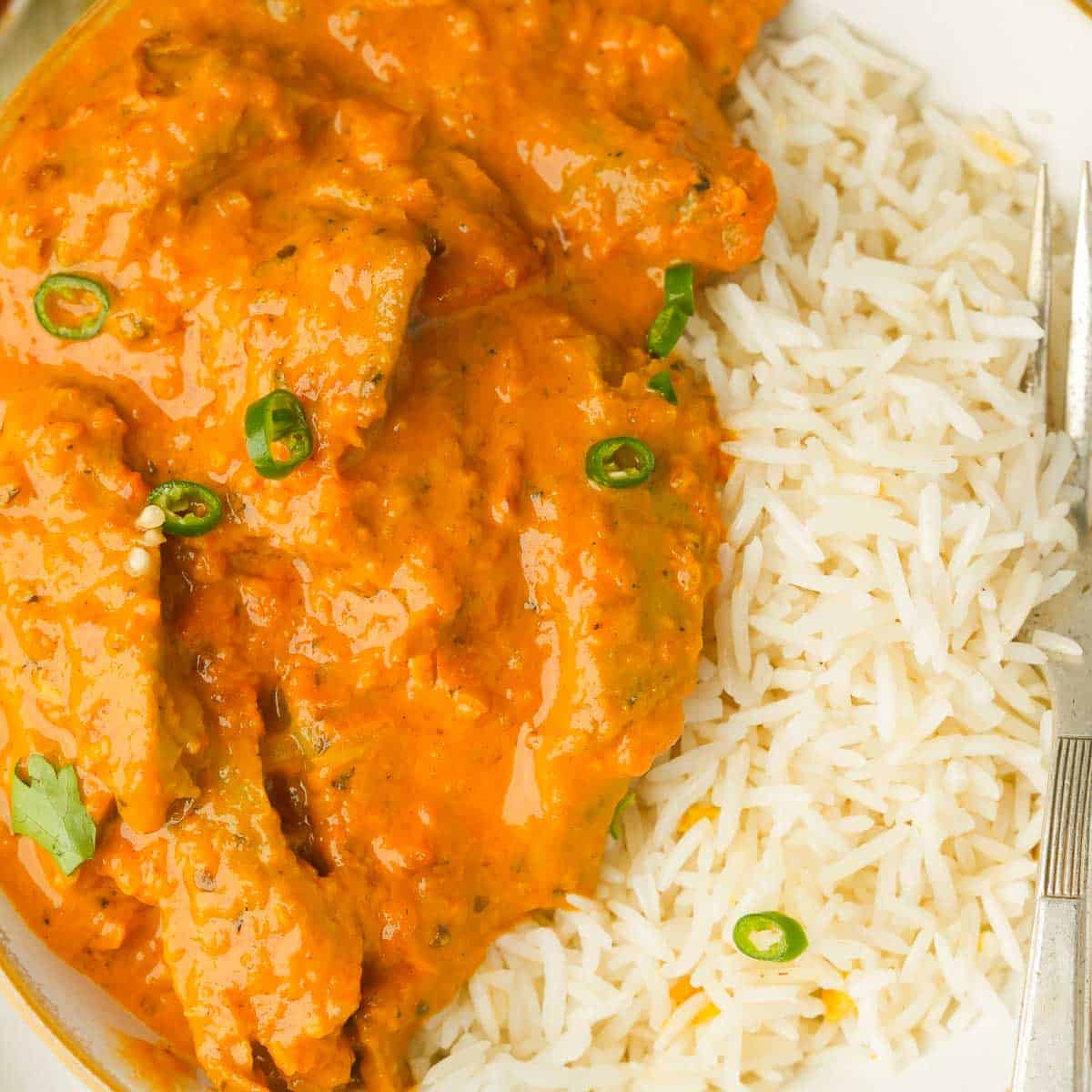
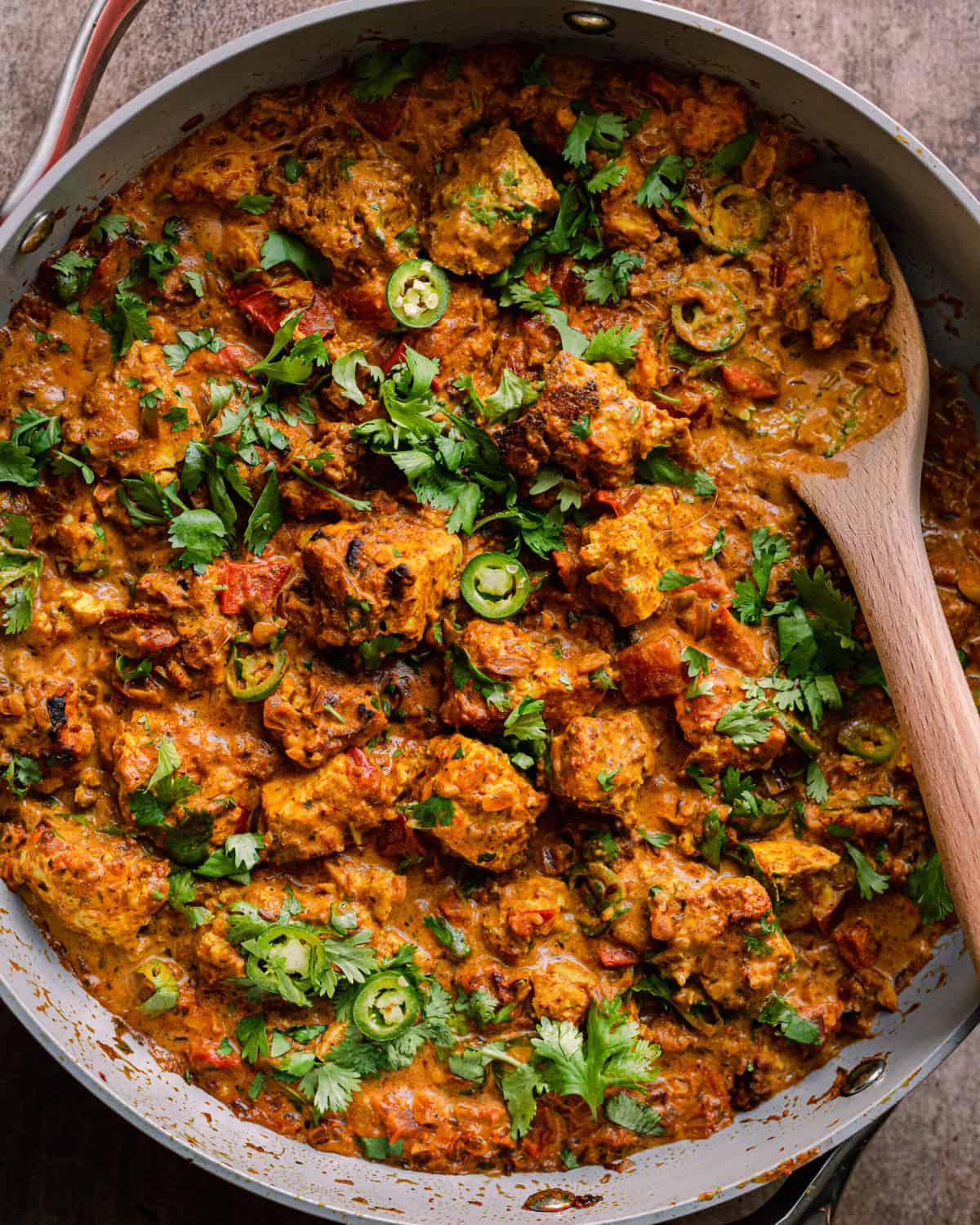
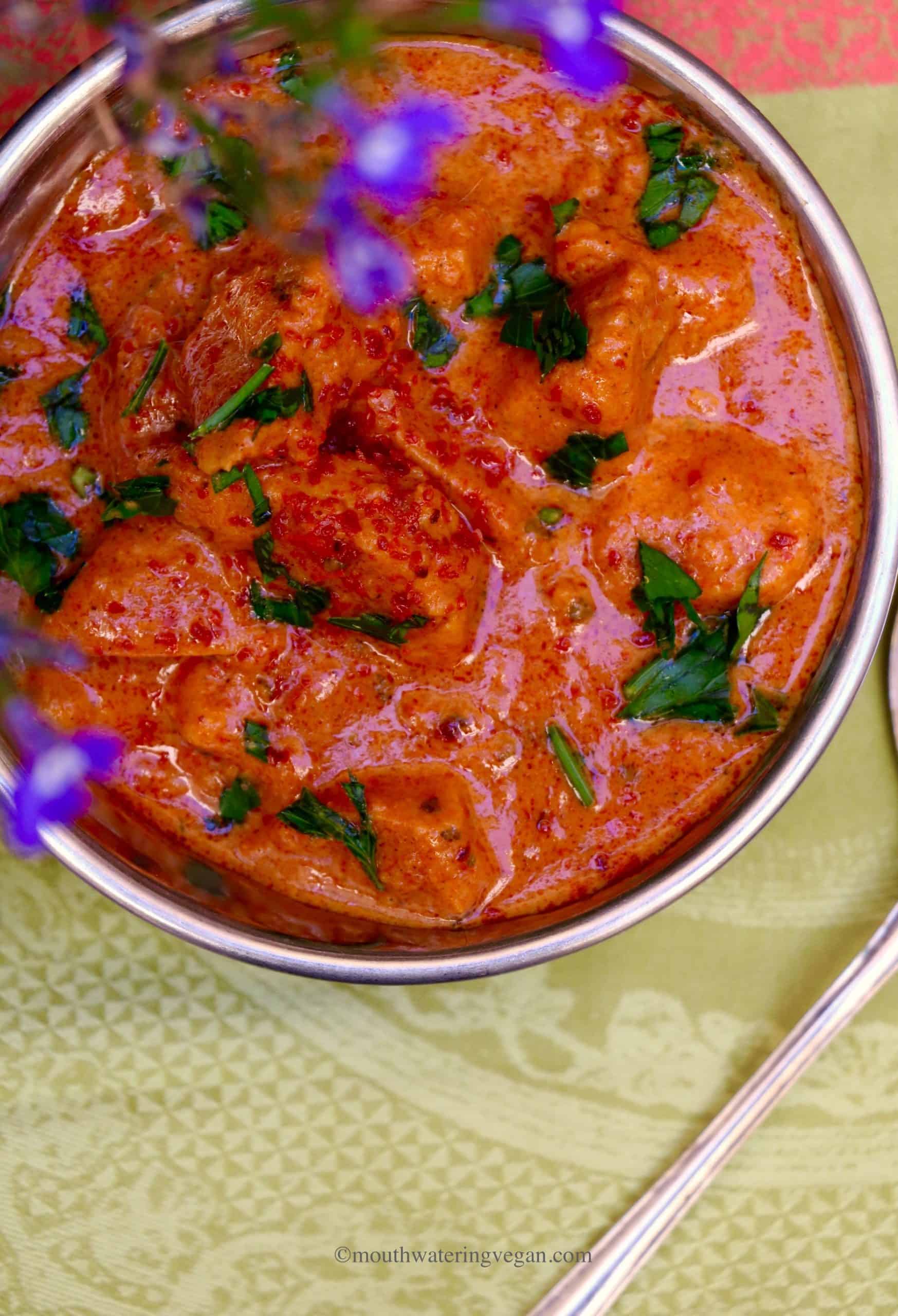
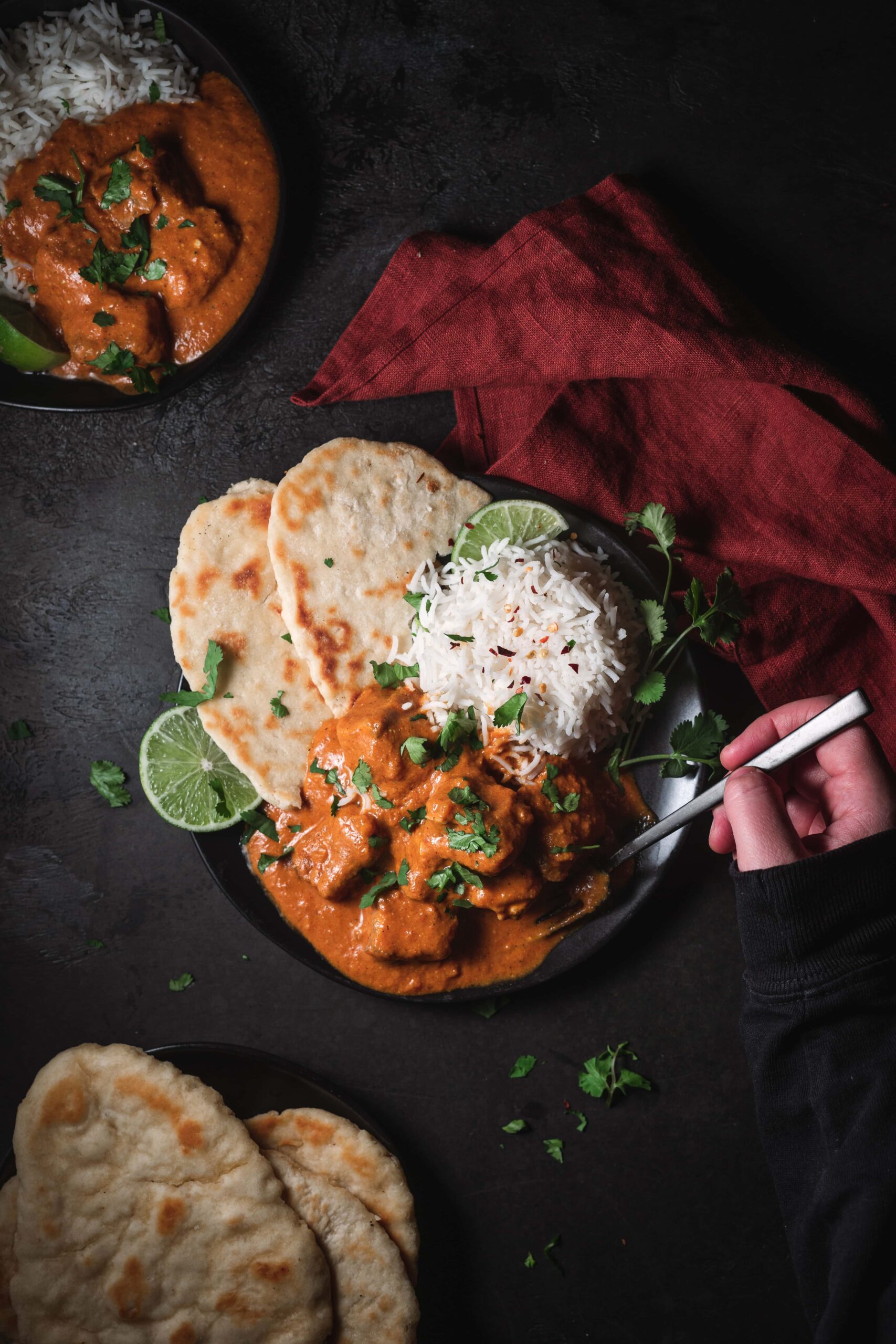
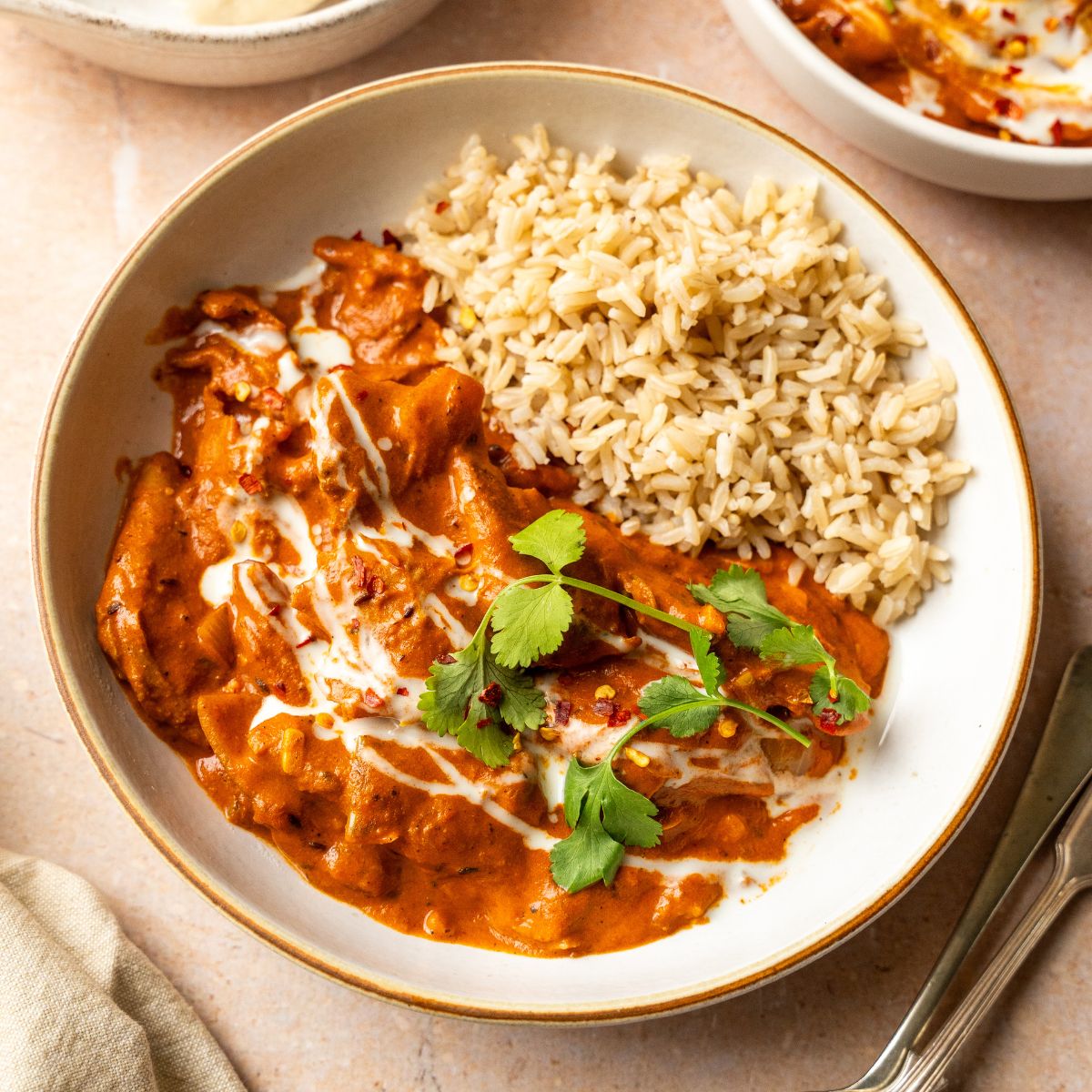
27. 5 Vegan Chicken Curry Alternatives
Chicken curry is a flavorful dish made with chicken simmered in a spiced sauce of onions, tomatoes, garlic, ginger, and aromatic spices. To veganize it, swap the chicken for tofu, tempeh, chickpeas, or seitan, and use coconut milk or plant-based yogurt for creaminess.
Try plant-based chicken curry today for a hearty, plant-powered meal full of warmth and spice.
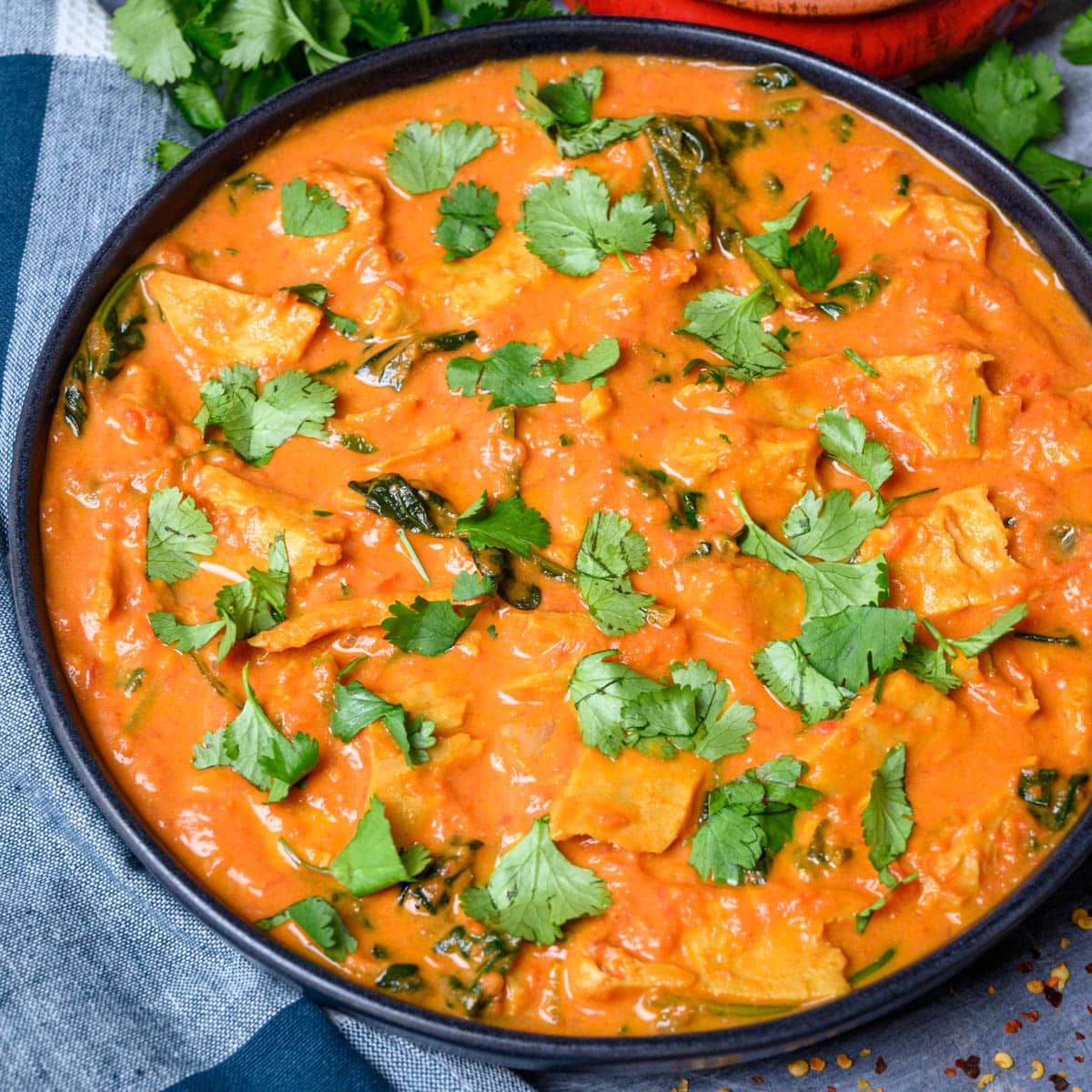
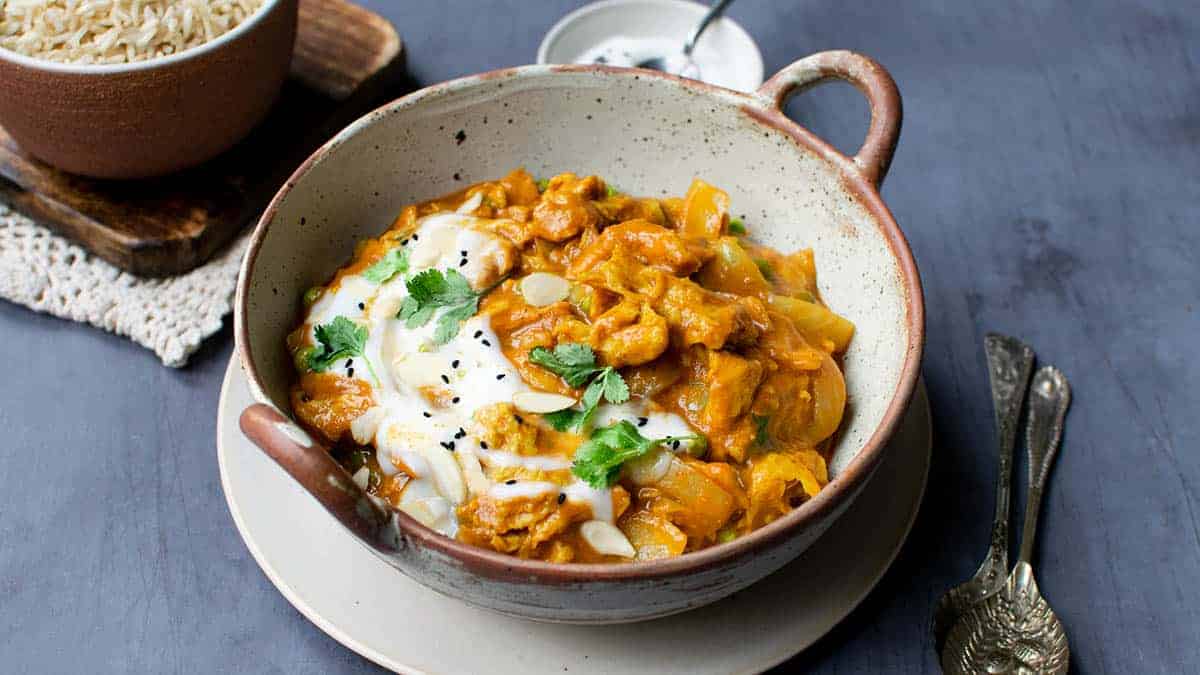
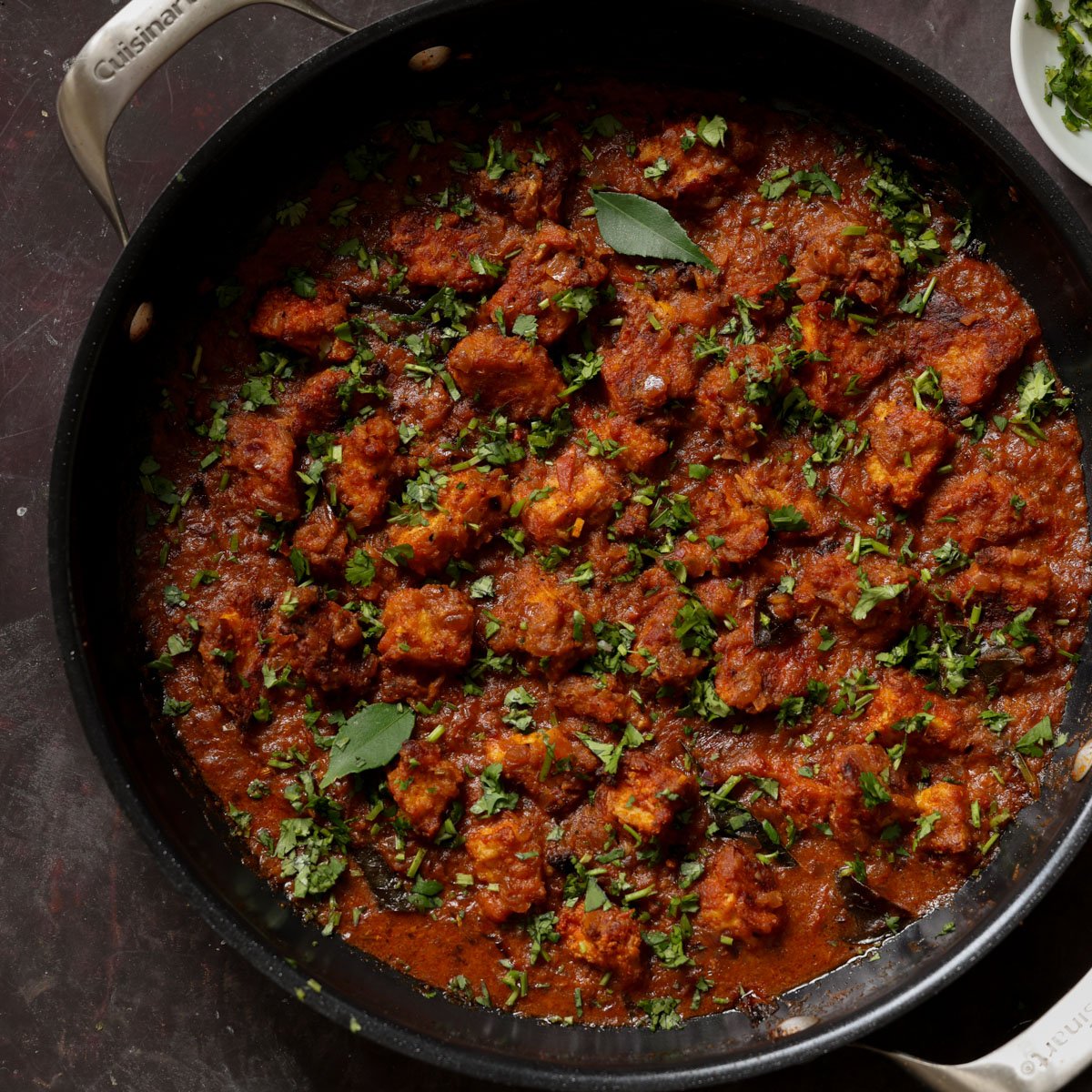
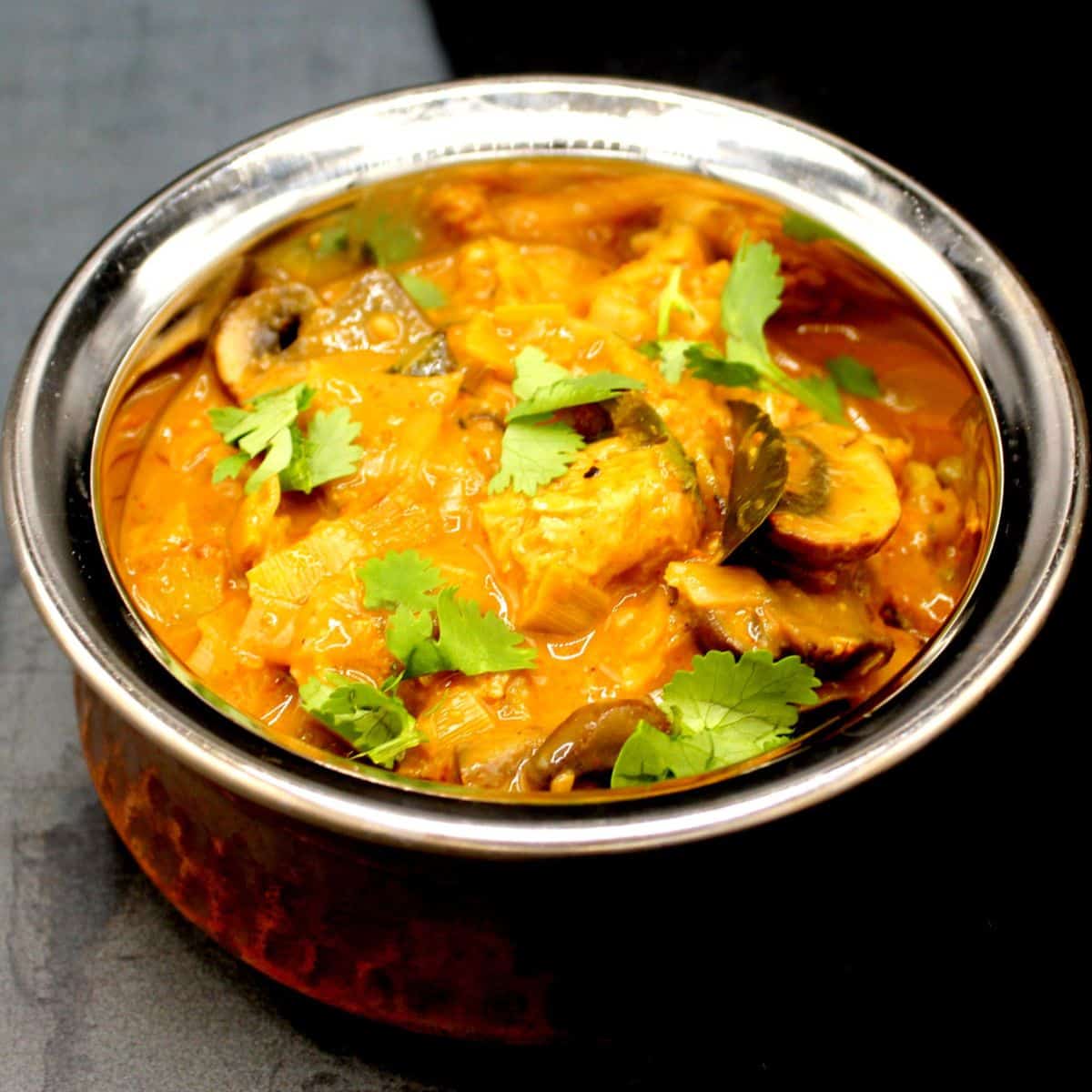
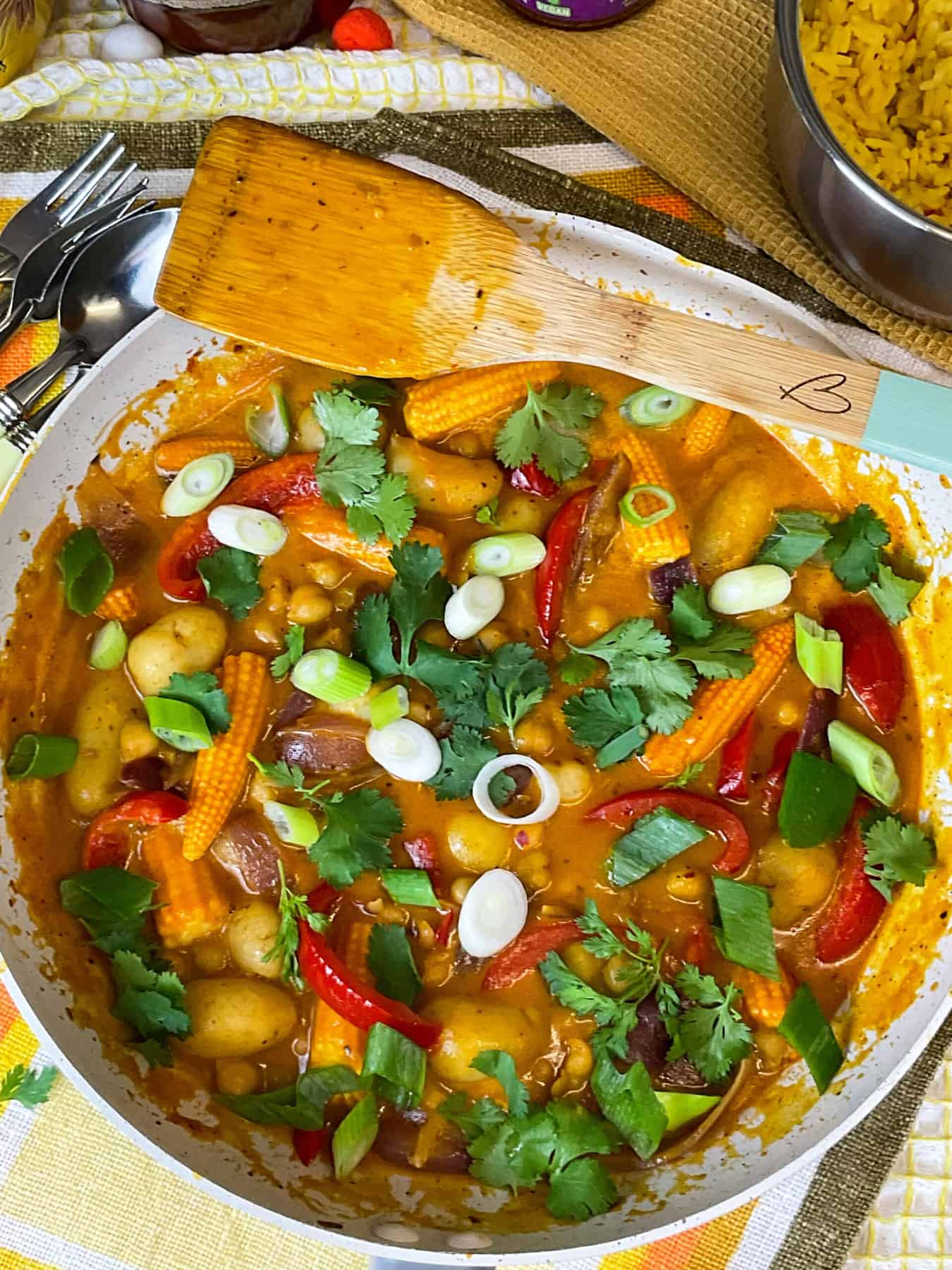
28. 5 Vegan Chicken Vindaloo Alternatives
Chicken vindaloo is a fiery Indian curry made with chicken, vinegar, garlic, and bold spices for a tangy, spicy kick. To make vegan, swap the chicken for tofu, tempeh, seitan, or chickpeas, and use plant-based yogurt or coconut milk if you want a creamy balance.
Try plant-based chicken vindaloo today for a spicy, flavor-packed plant-based meal.
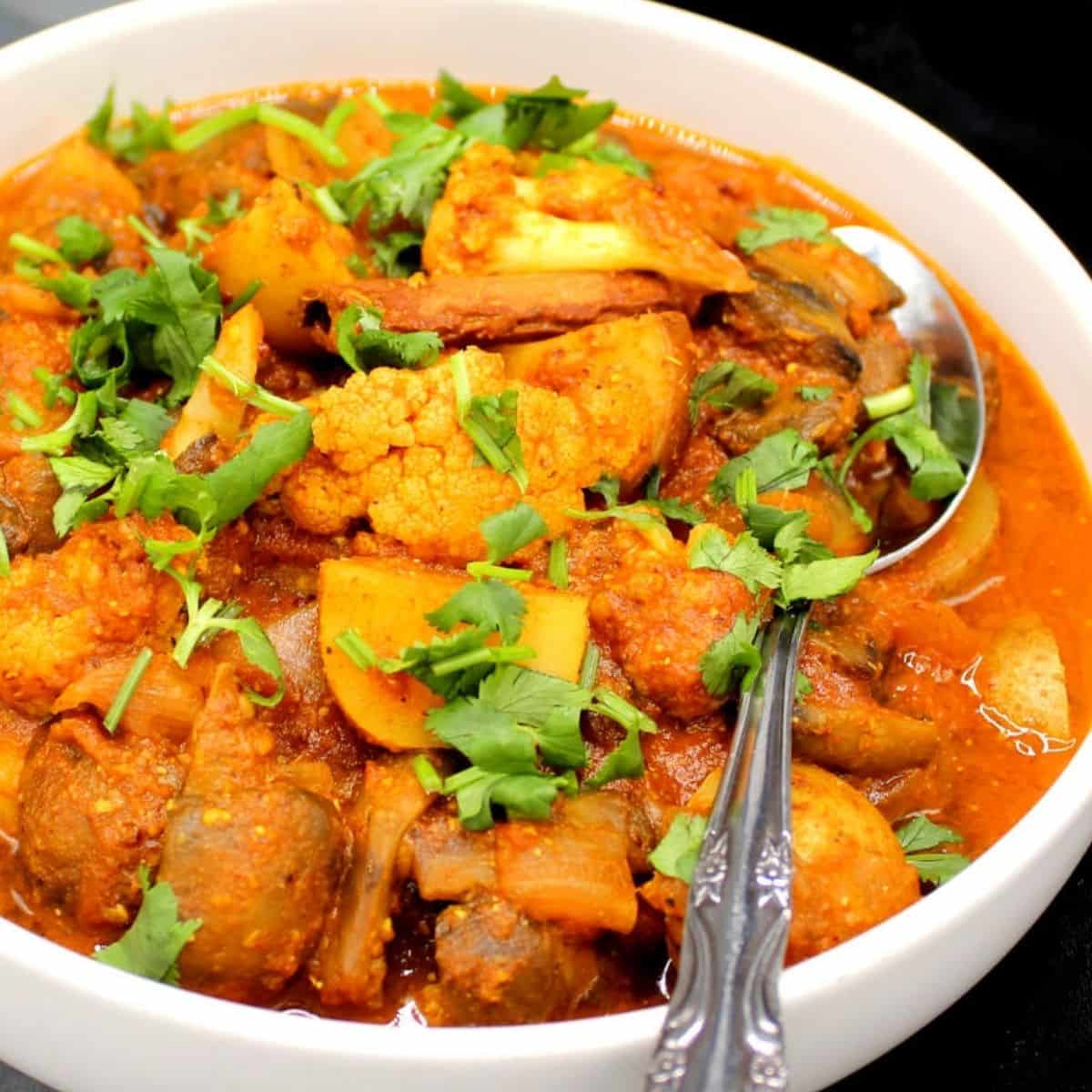
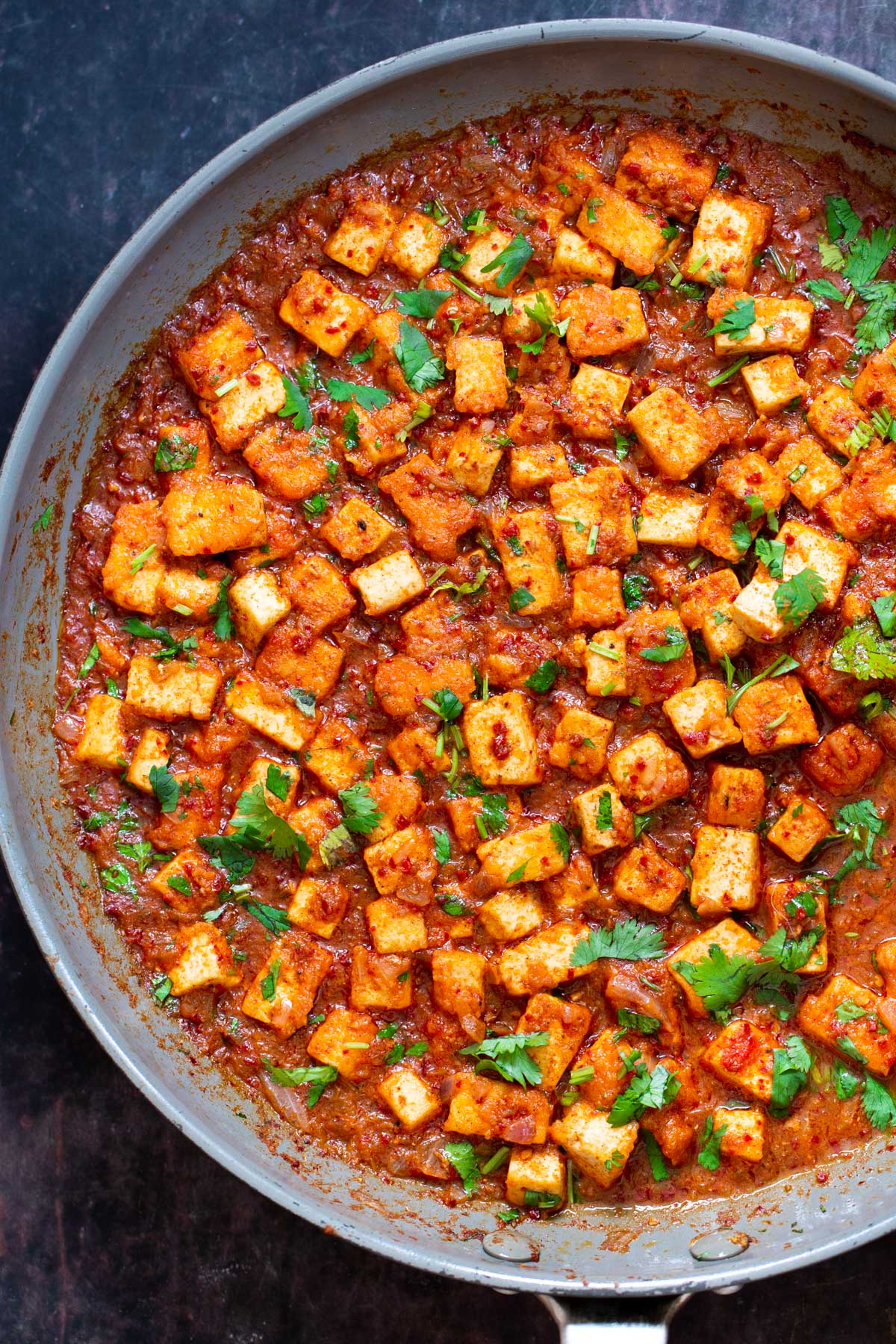
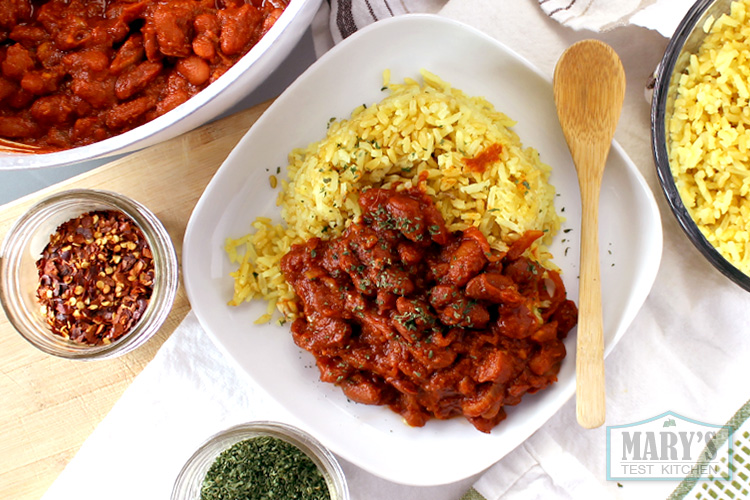
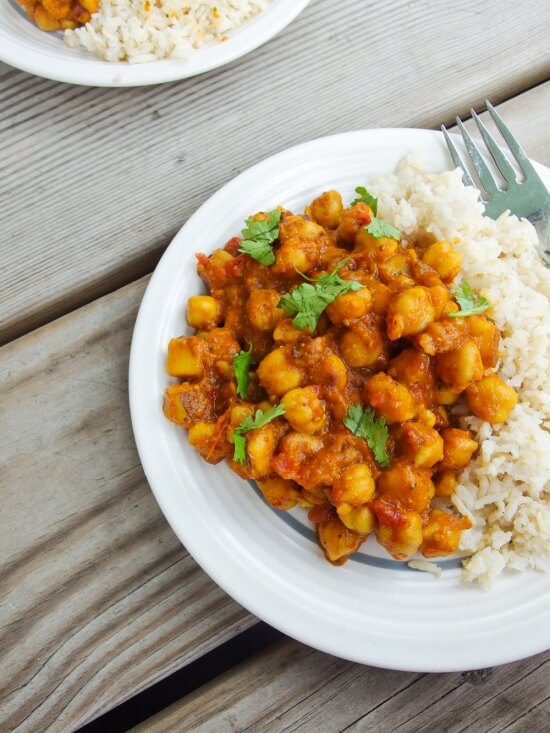
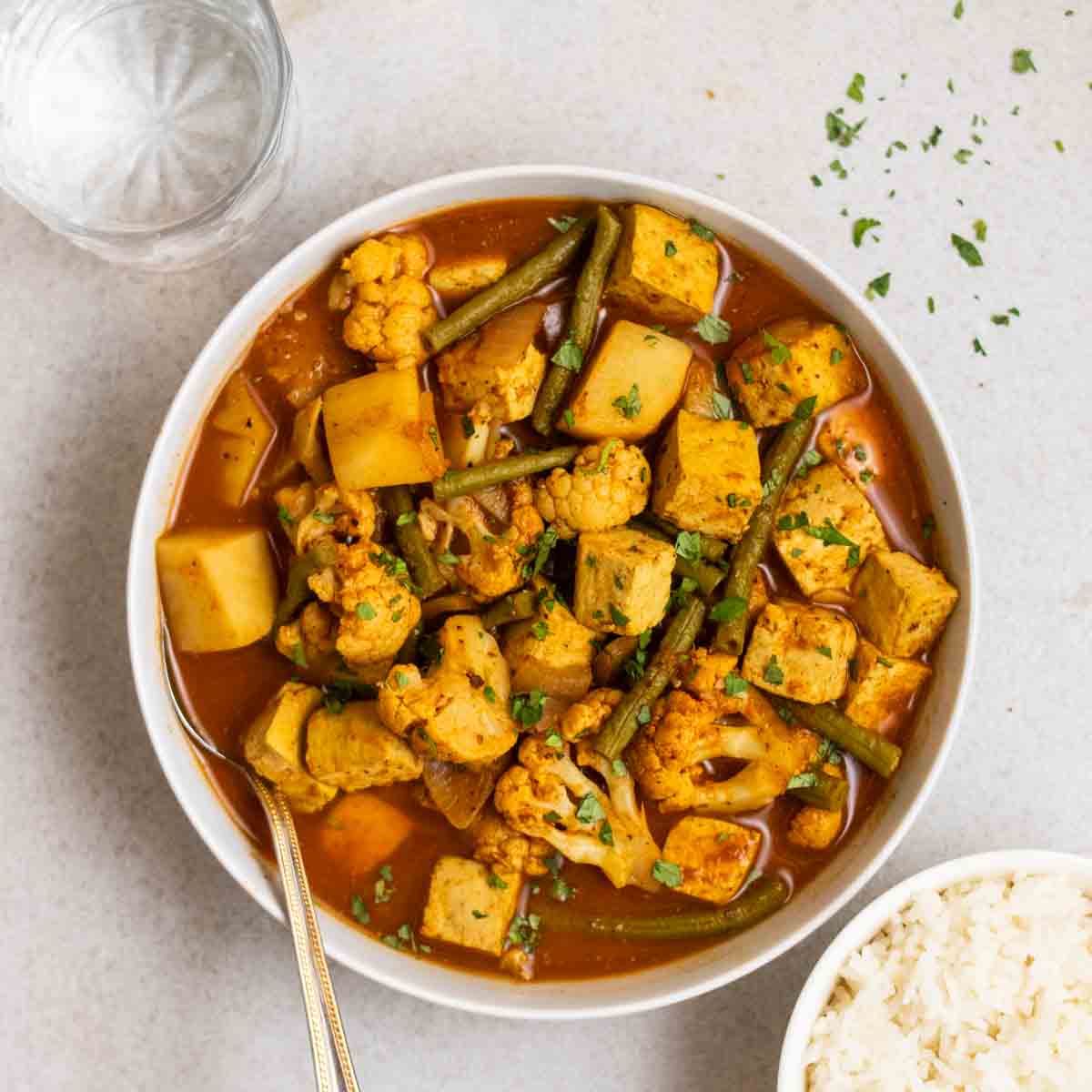
29. 5 Vegan Chicken Biryani Alternatives
Chicken biryani is a fragrant South Asian dish made with spiced basmati rice, marinated chicken, and aromatic herbs like saffron, cardamom, and cloves. To make it vegan, swap the chicken for tofu, tempeh, seitan, or chickpeas, and use plant-based yogurt in the marinade.
Make chick'n biryani today for a colorful, flavorful plant-powered feast.
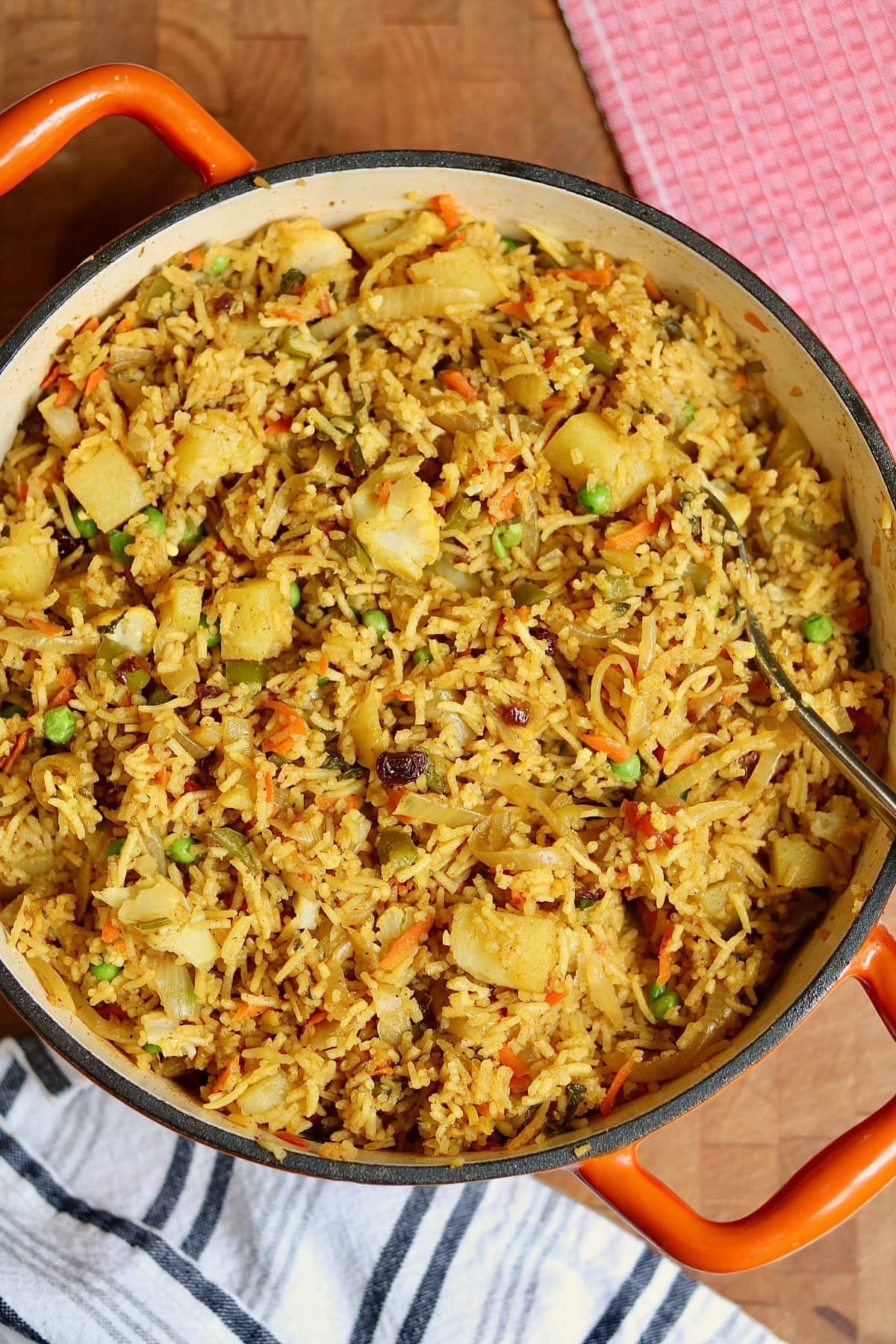

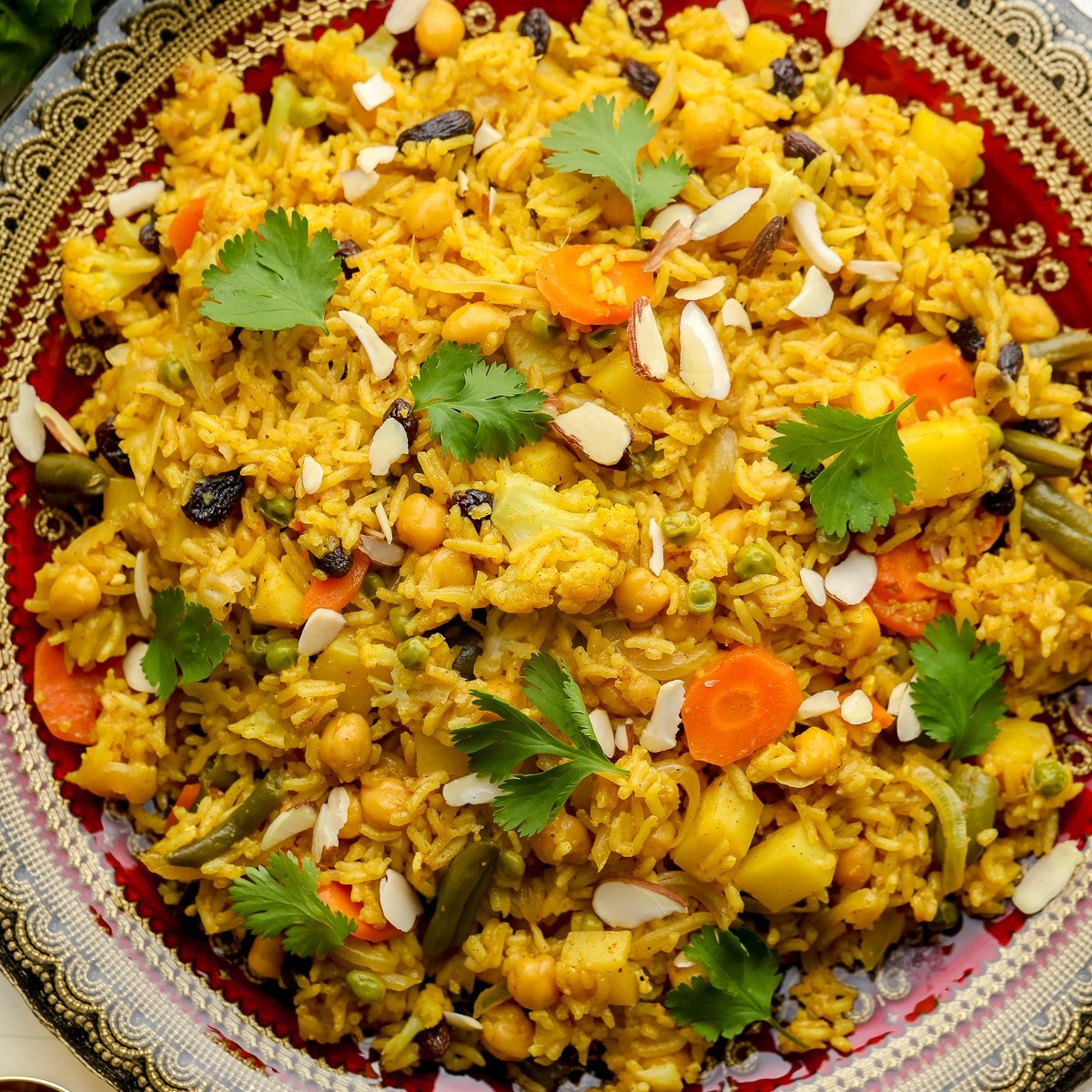
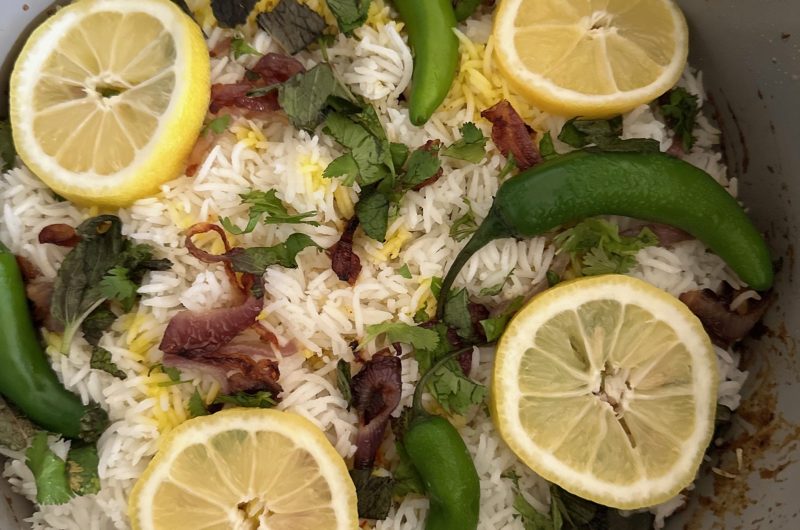
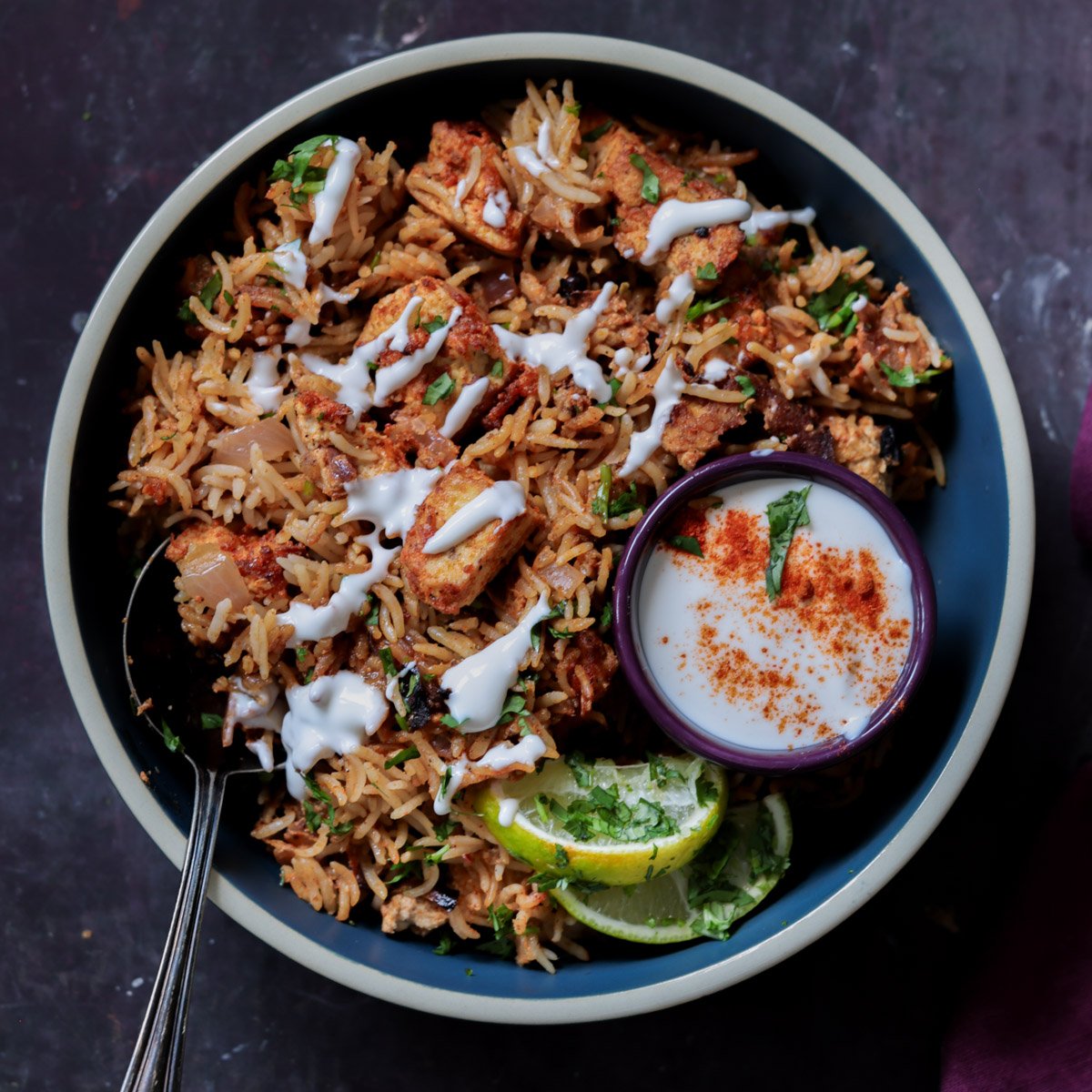
30. 5 Vegan Chicken Korma Alternatives
Chicken korma is a creamy, mildly spiced South Asian curry made with chicken, yogurt, nuts, and aromatic spices like cardamom and cinnamon. For a plant-based version, swap the chicken for tofu, tempeh, seitan, or chickpeas, and use coconut or cashew cream instead of dairy.
Try vegan chicken korma today for a rich, comforting plant-based meal.
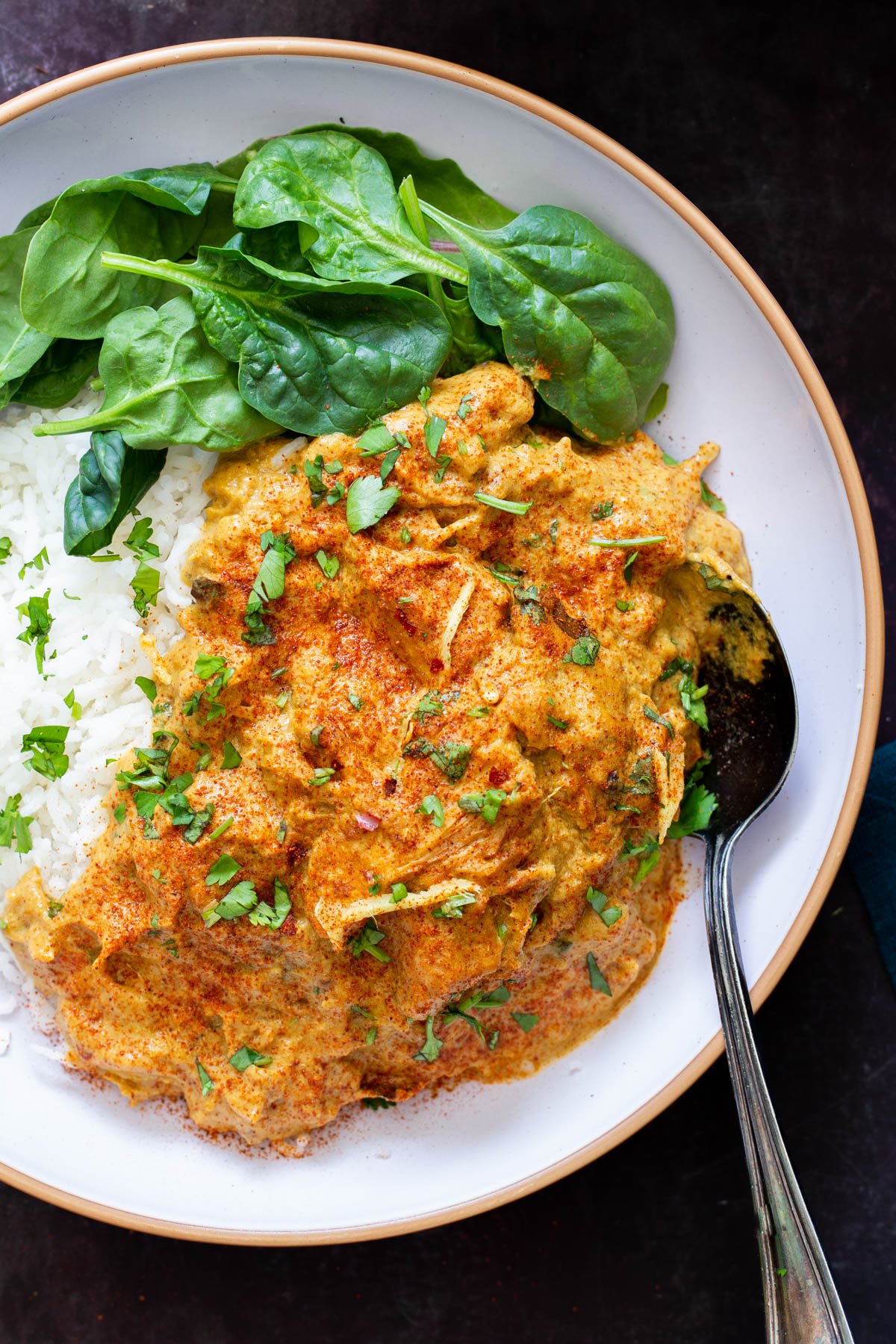
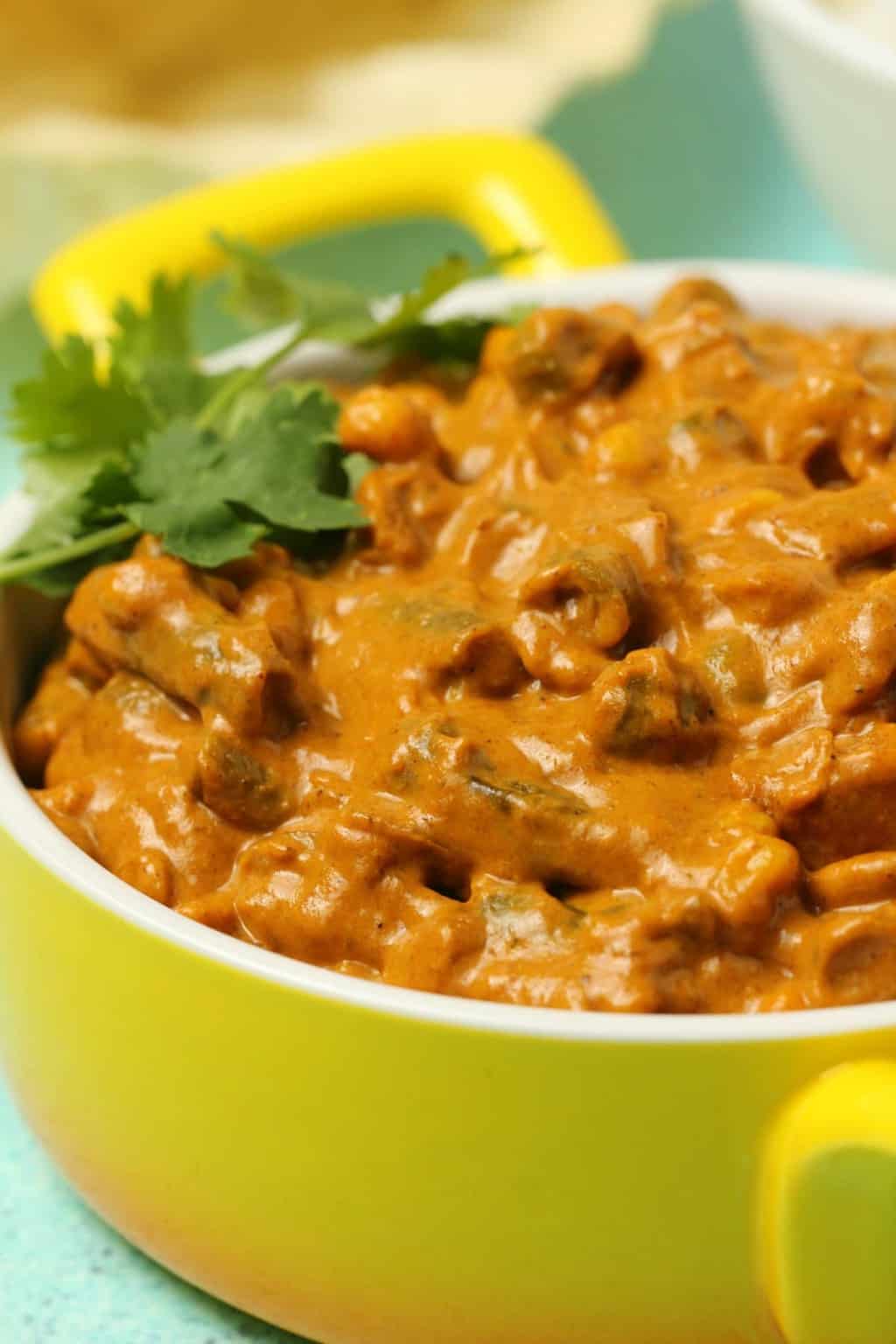
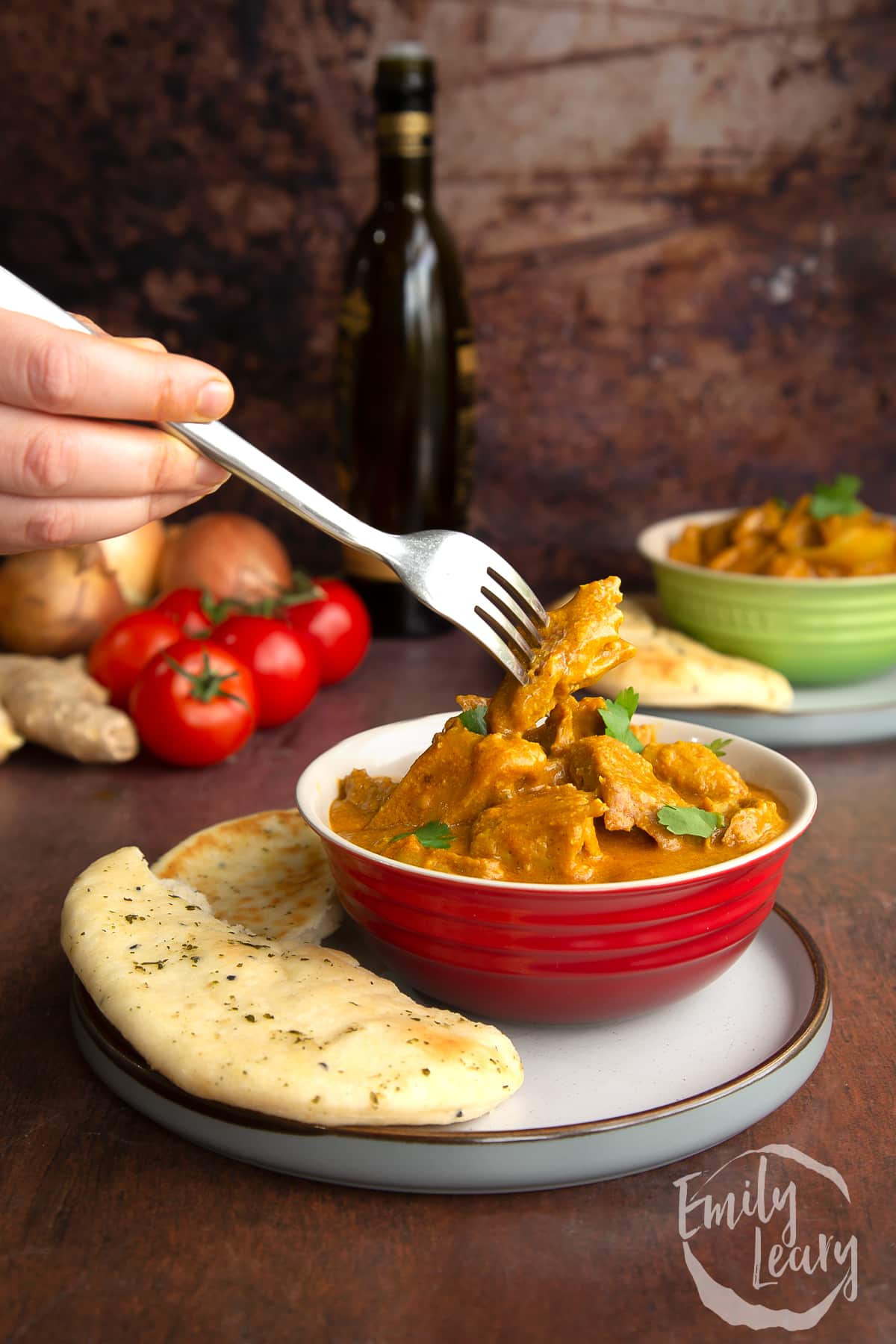
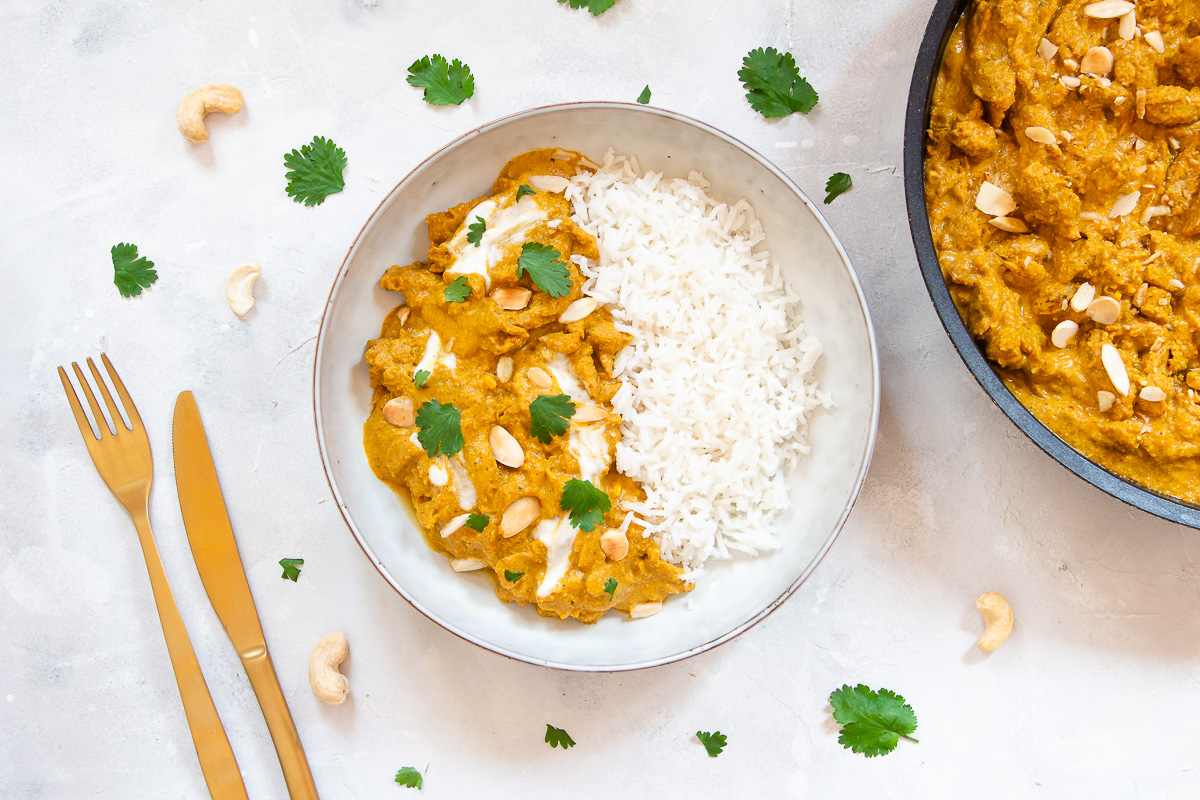
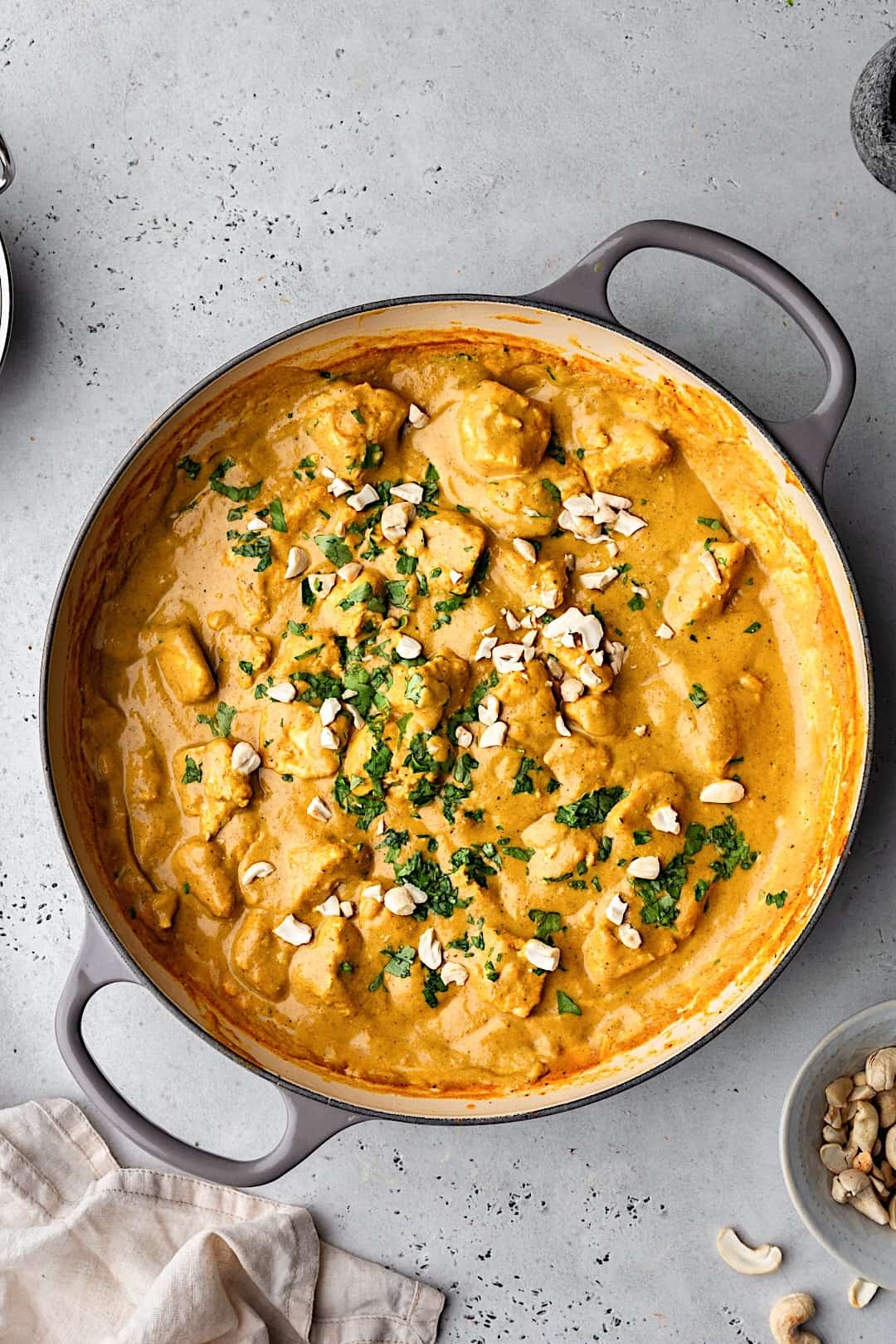

The Final Peck: Why Chicken Isn't on the Vegan Menu
After busting the biggest myths and exploring all the tasty plant-based alternatives, it's clear: chicken simply doesn't belong in a vegan lifestyle.
From ethical concerns to environmental impact, the case against eating chicken is stronger than ever. Luckily, with so many delicious vegan swaps—from crispy tenders to saucy curries—you can enjoy all the comfort, flavor, and variety without harm.
Choosing plants isn't just a healthier, kinder path—it's the future of food. Until next time!

More Meat Alternatives
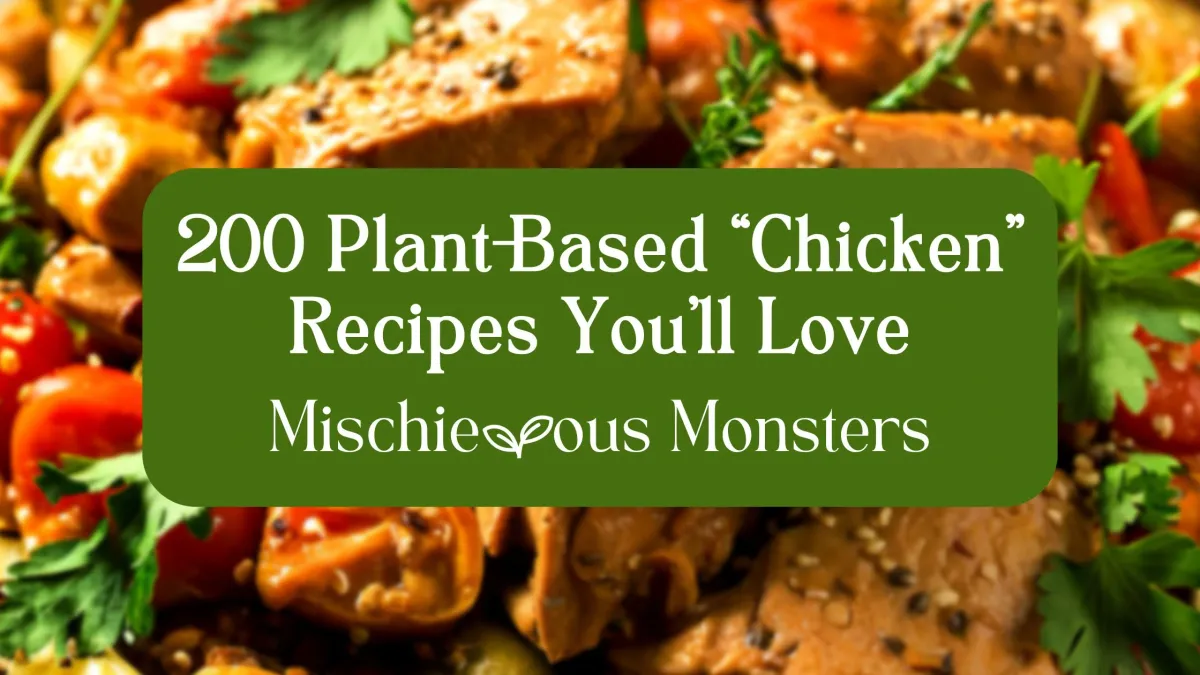
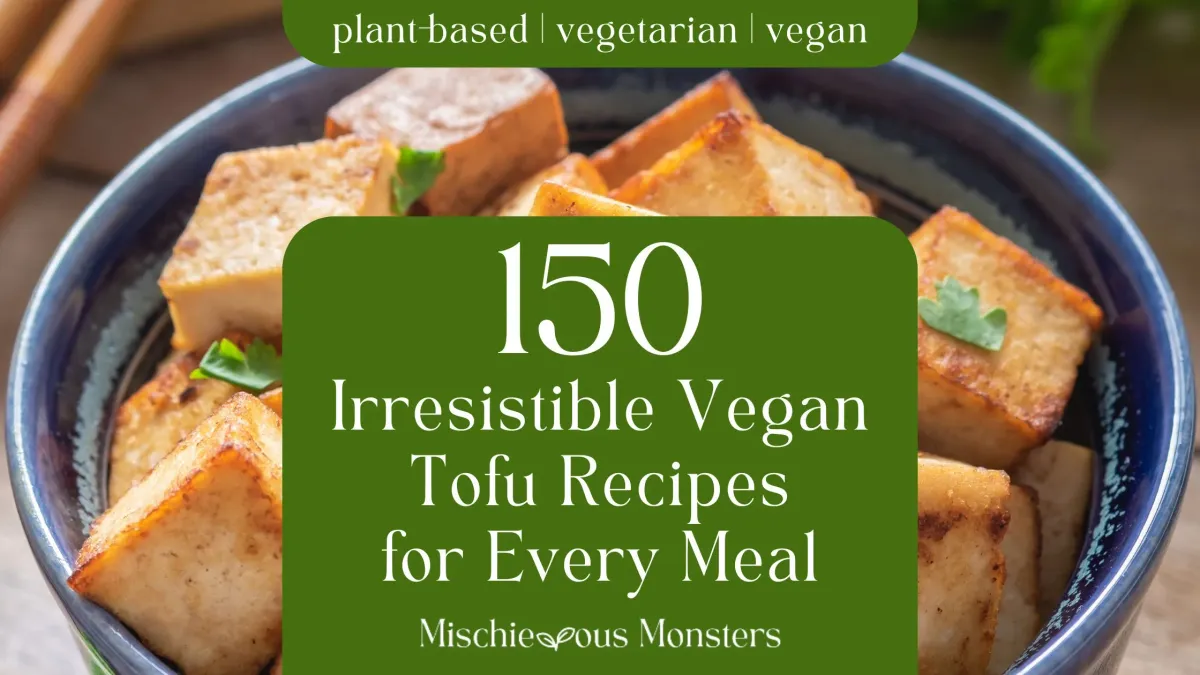
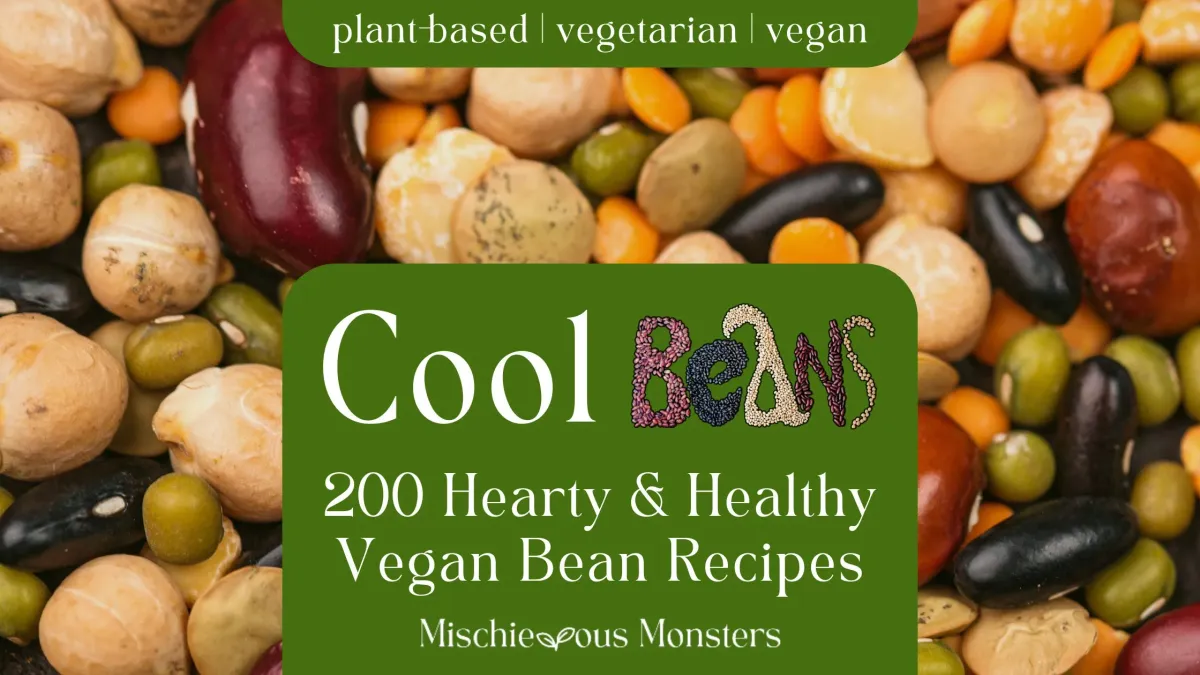
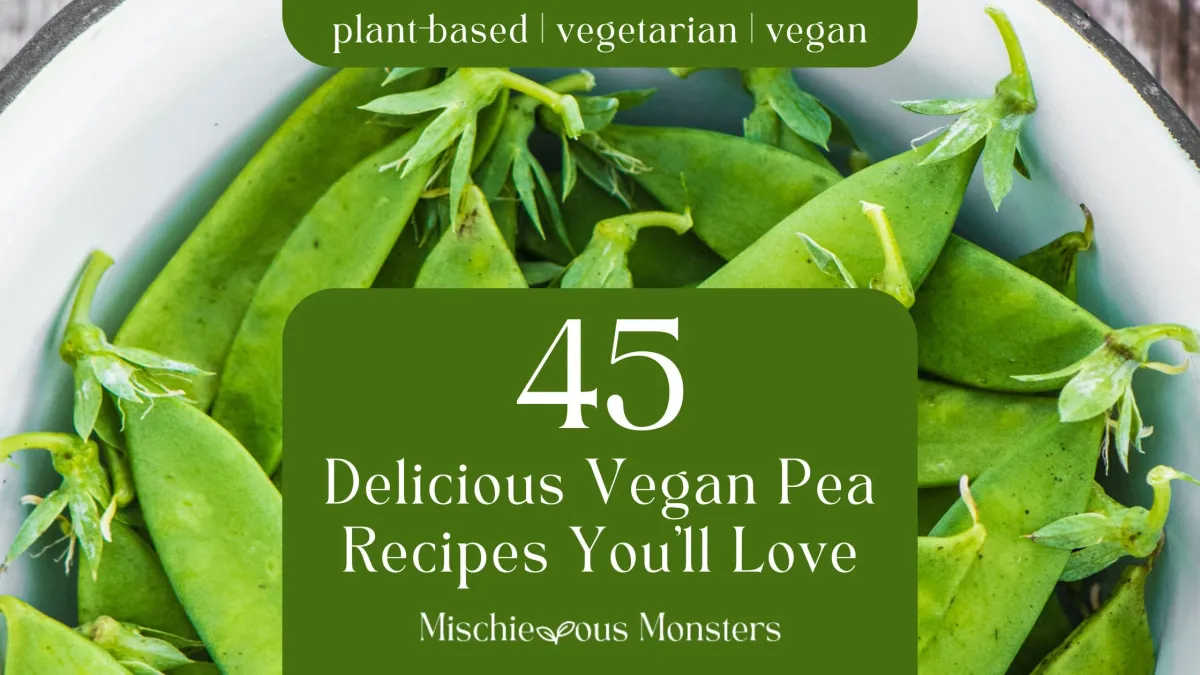

Meatless Meals
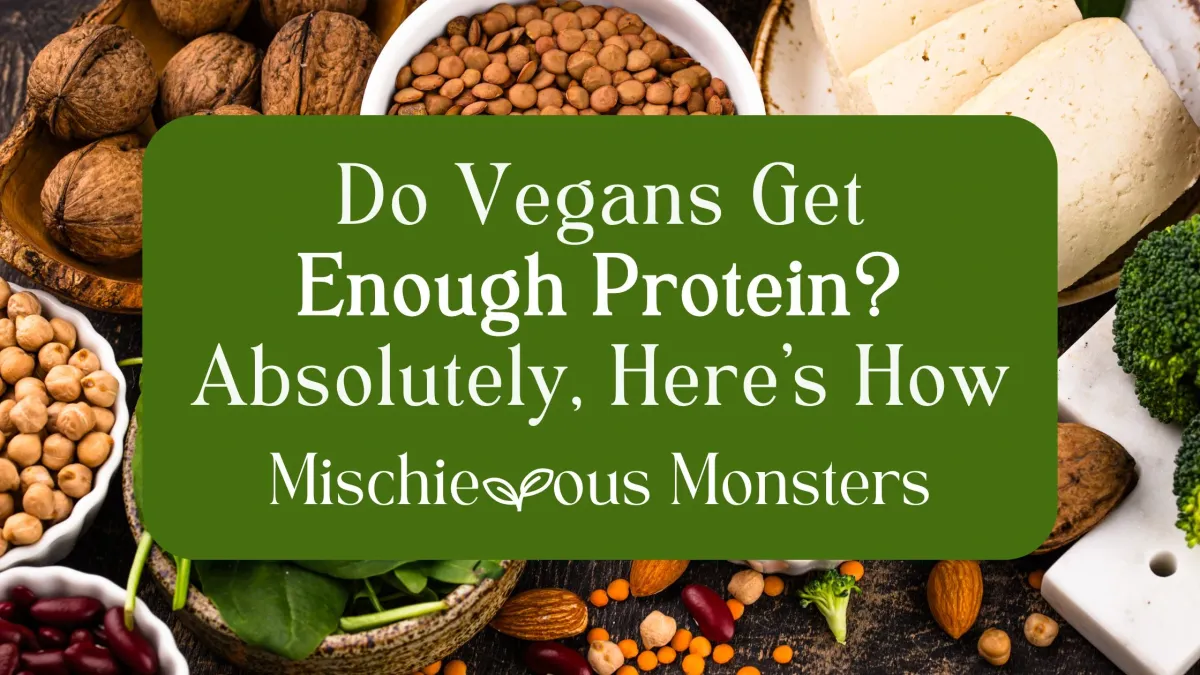
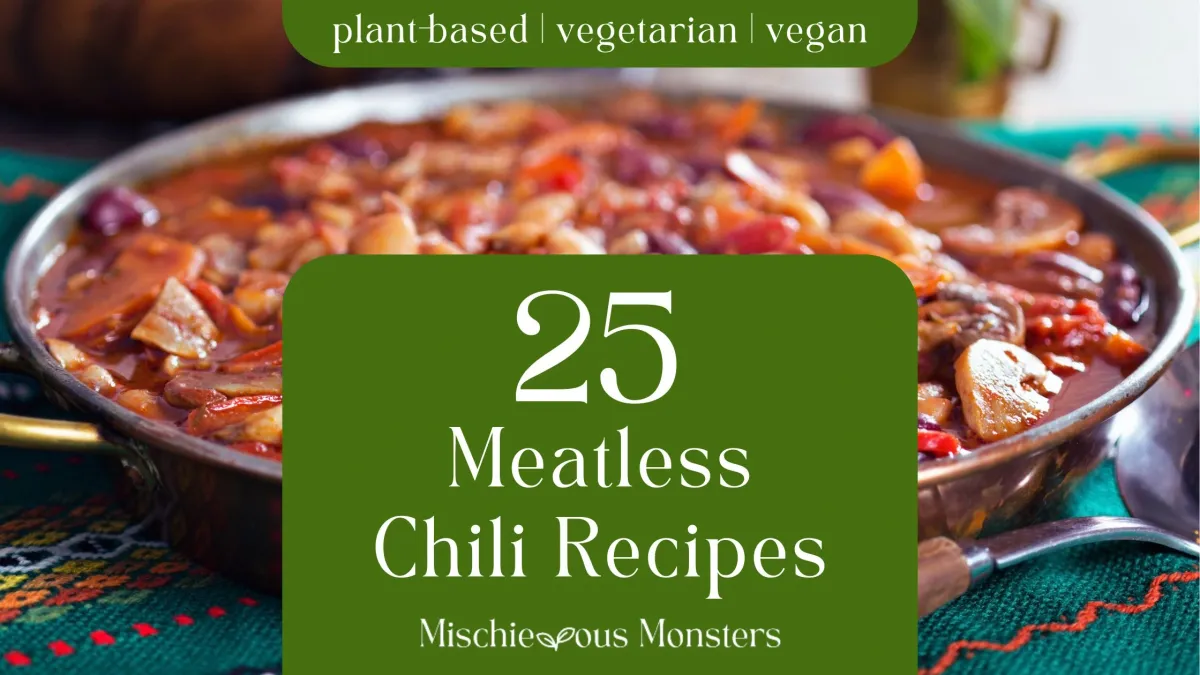
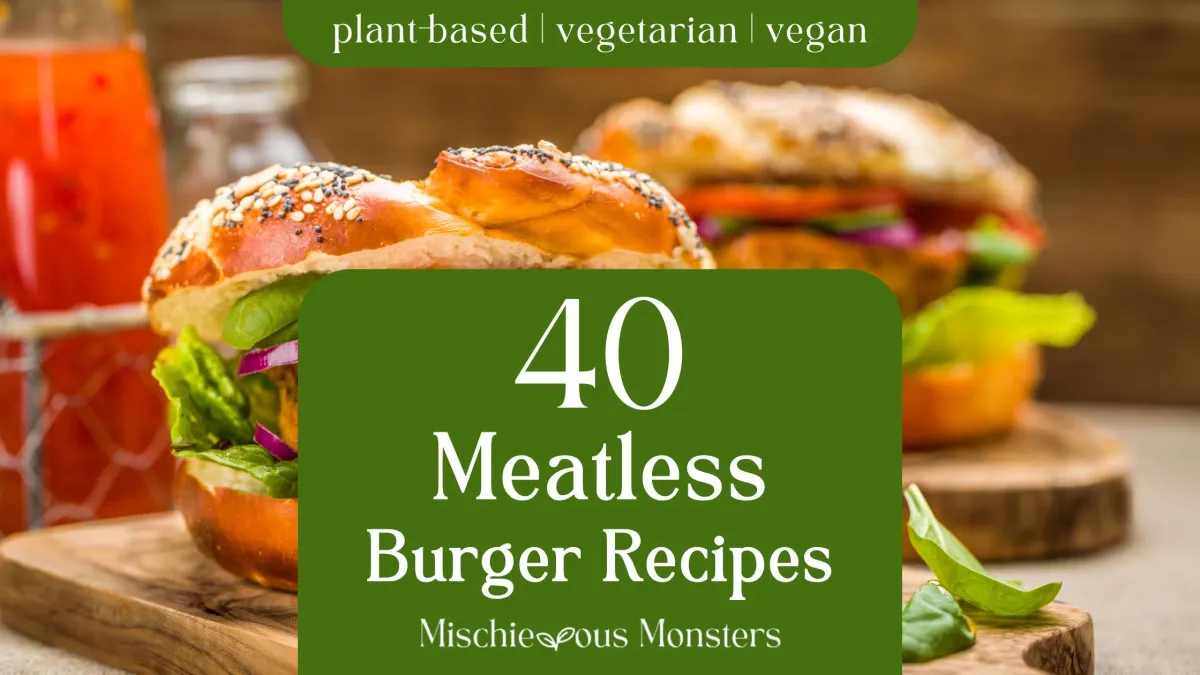
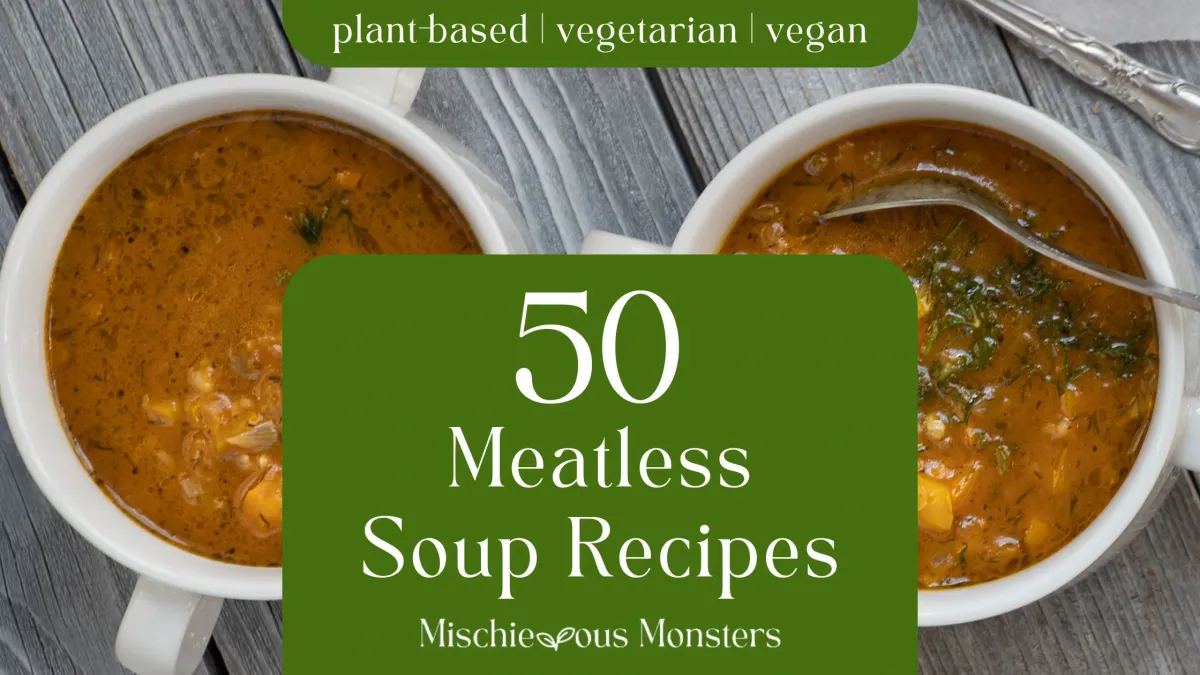

More Compassion in Motion
